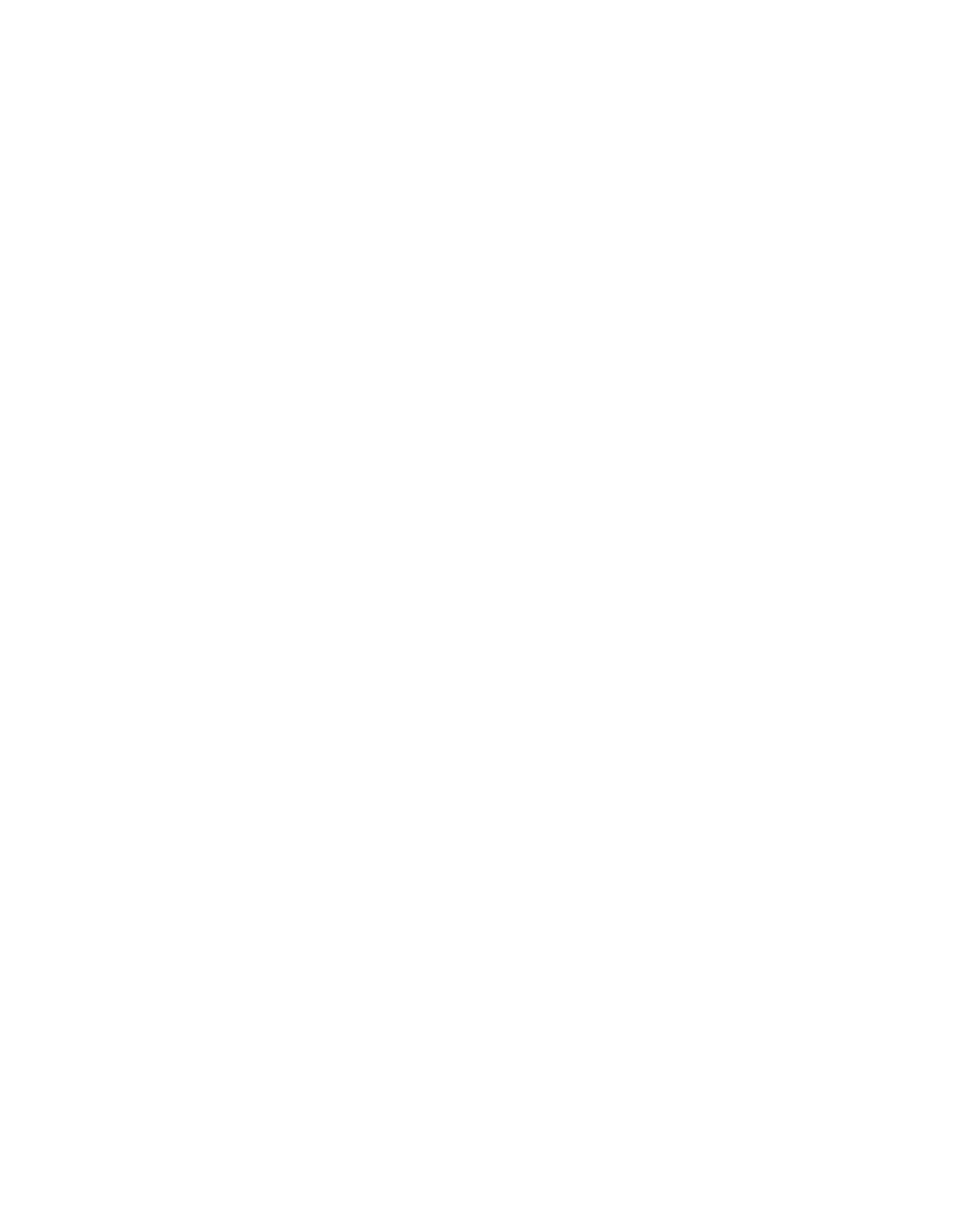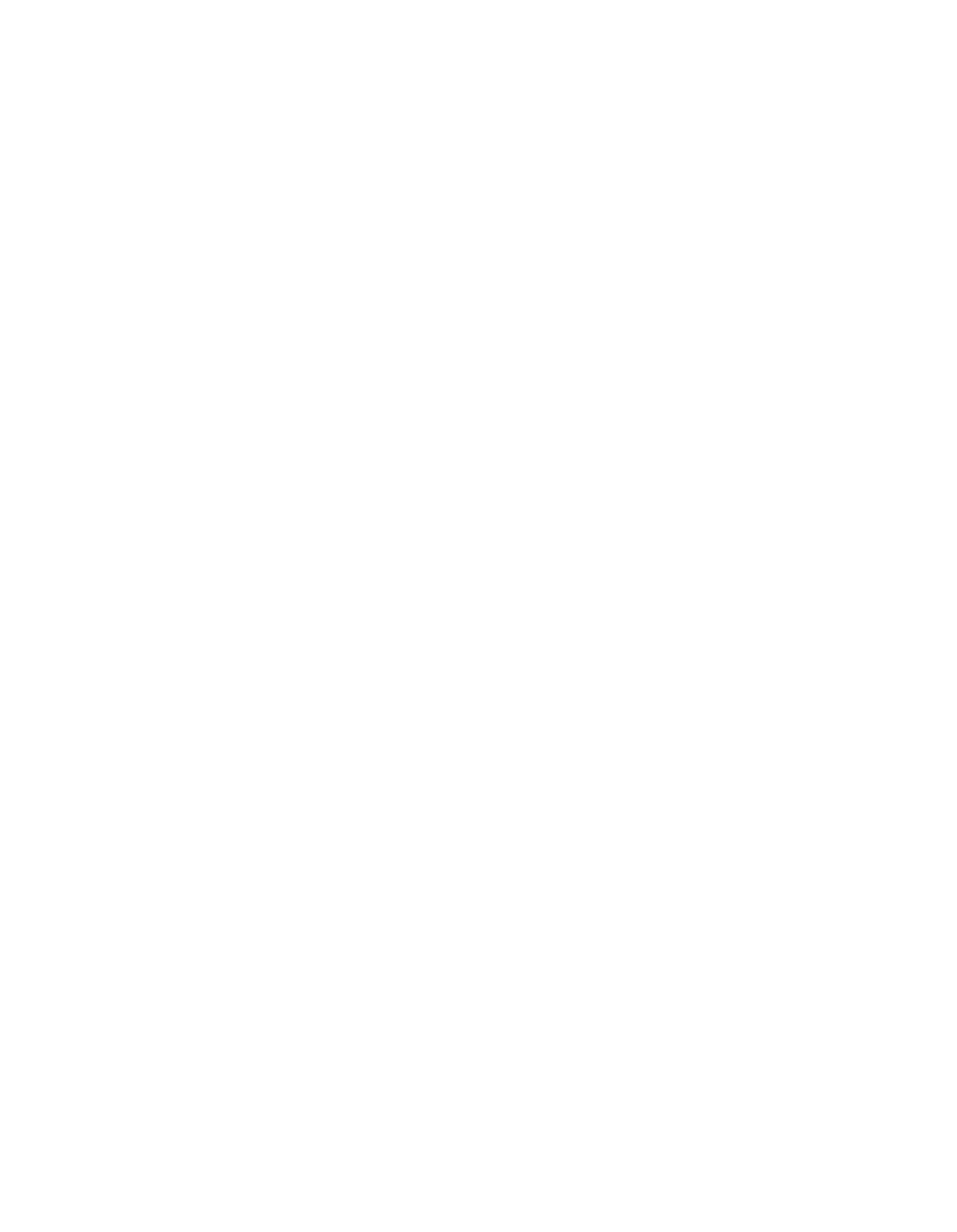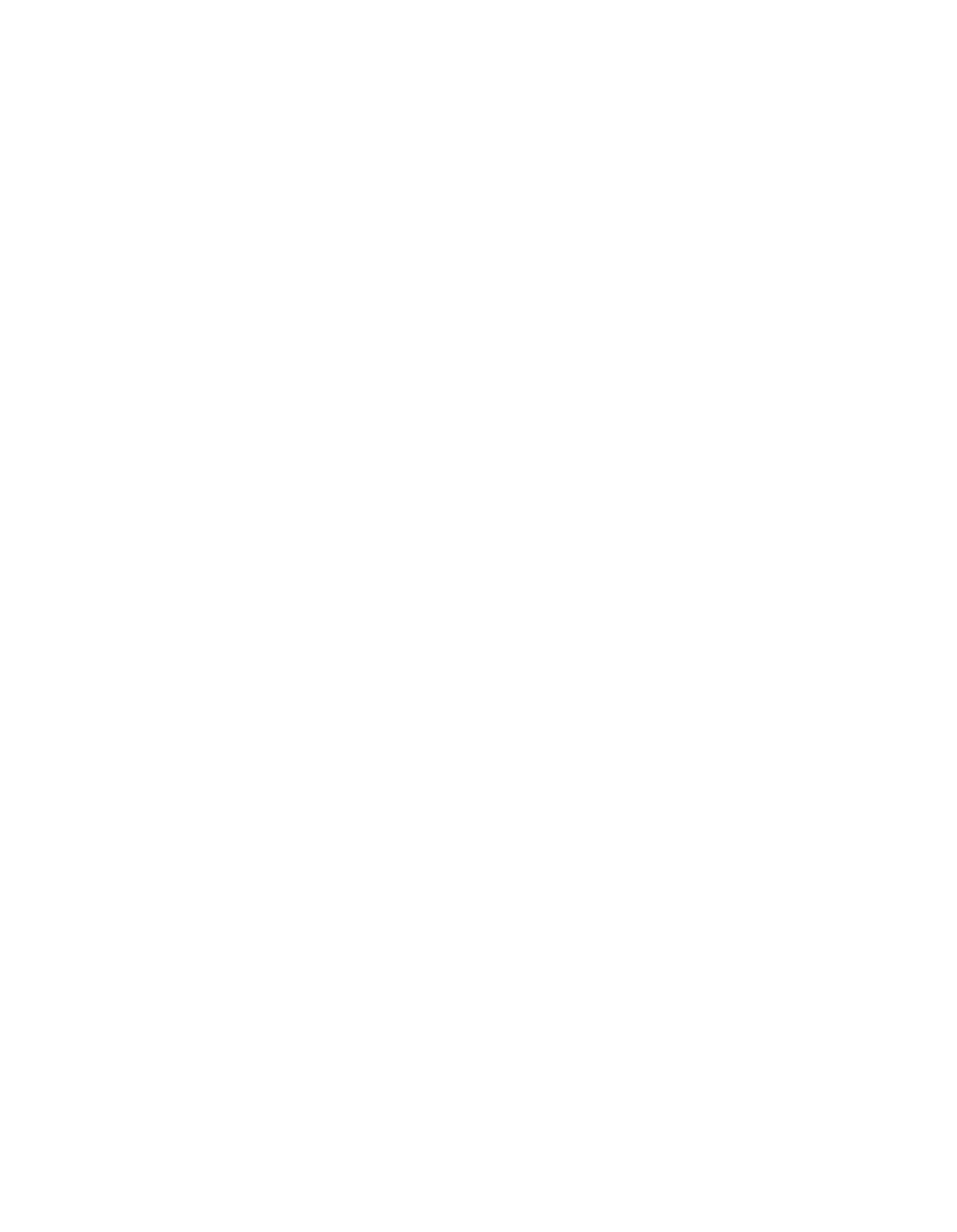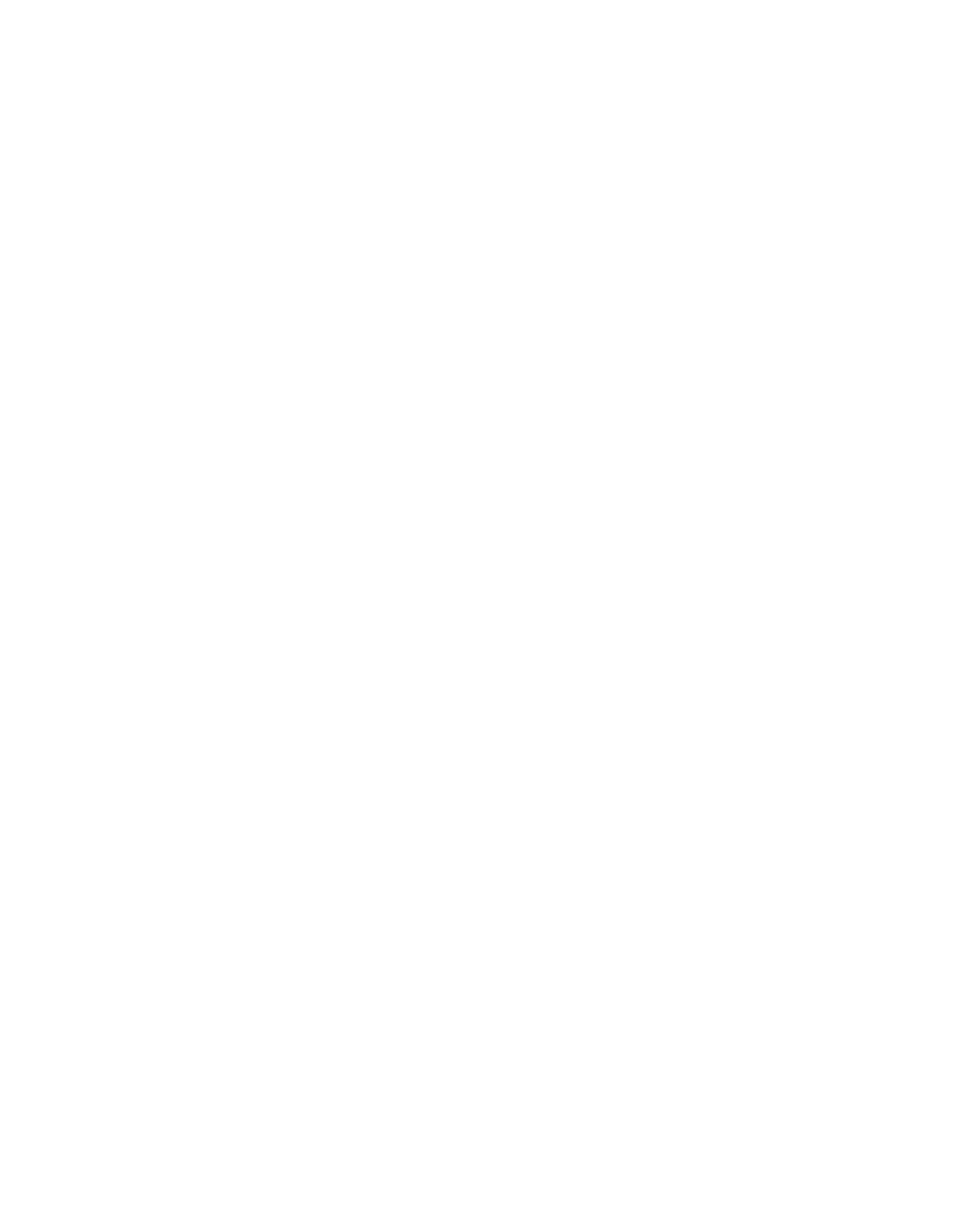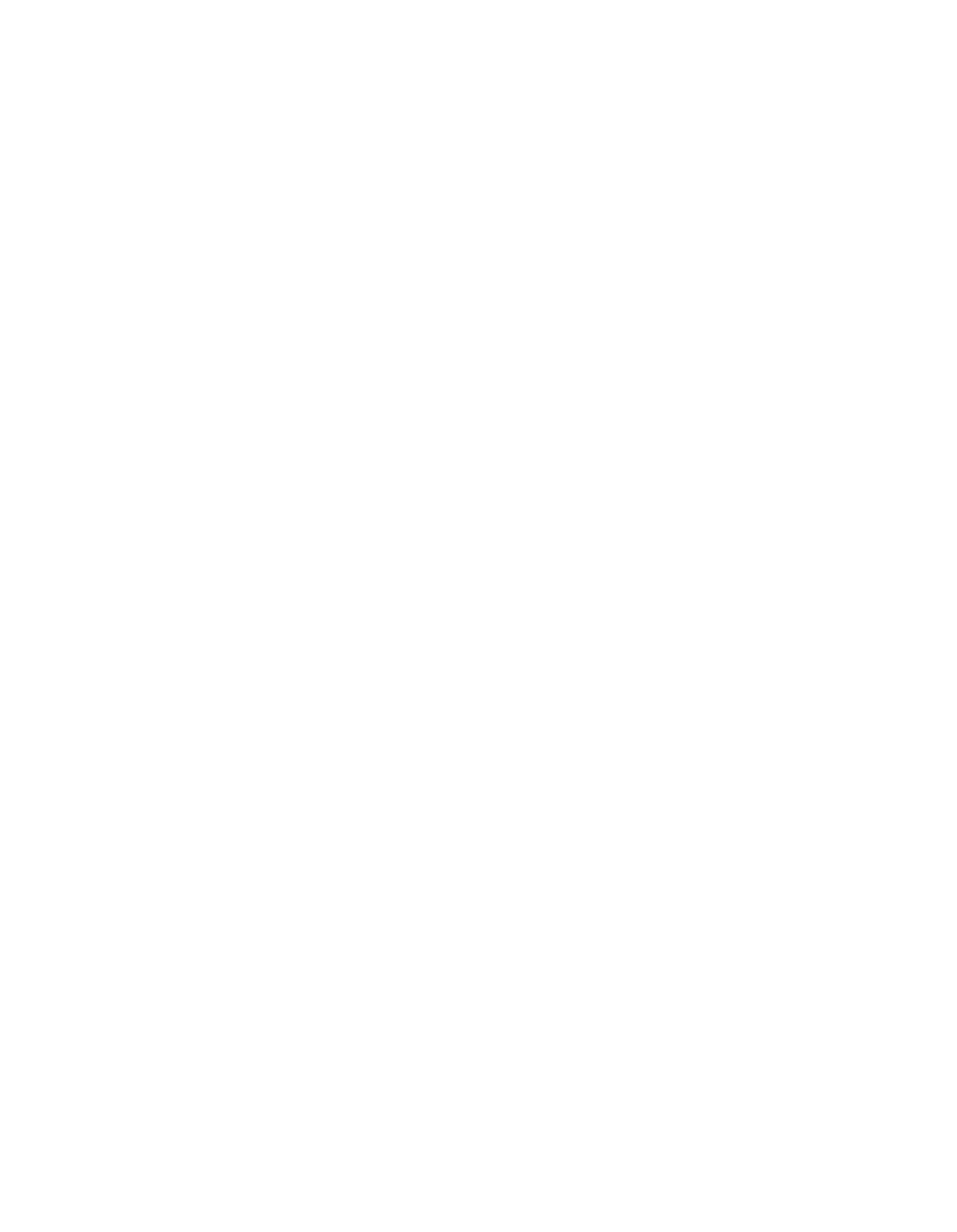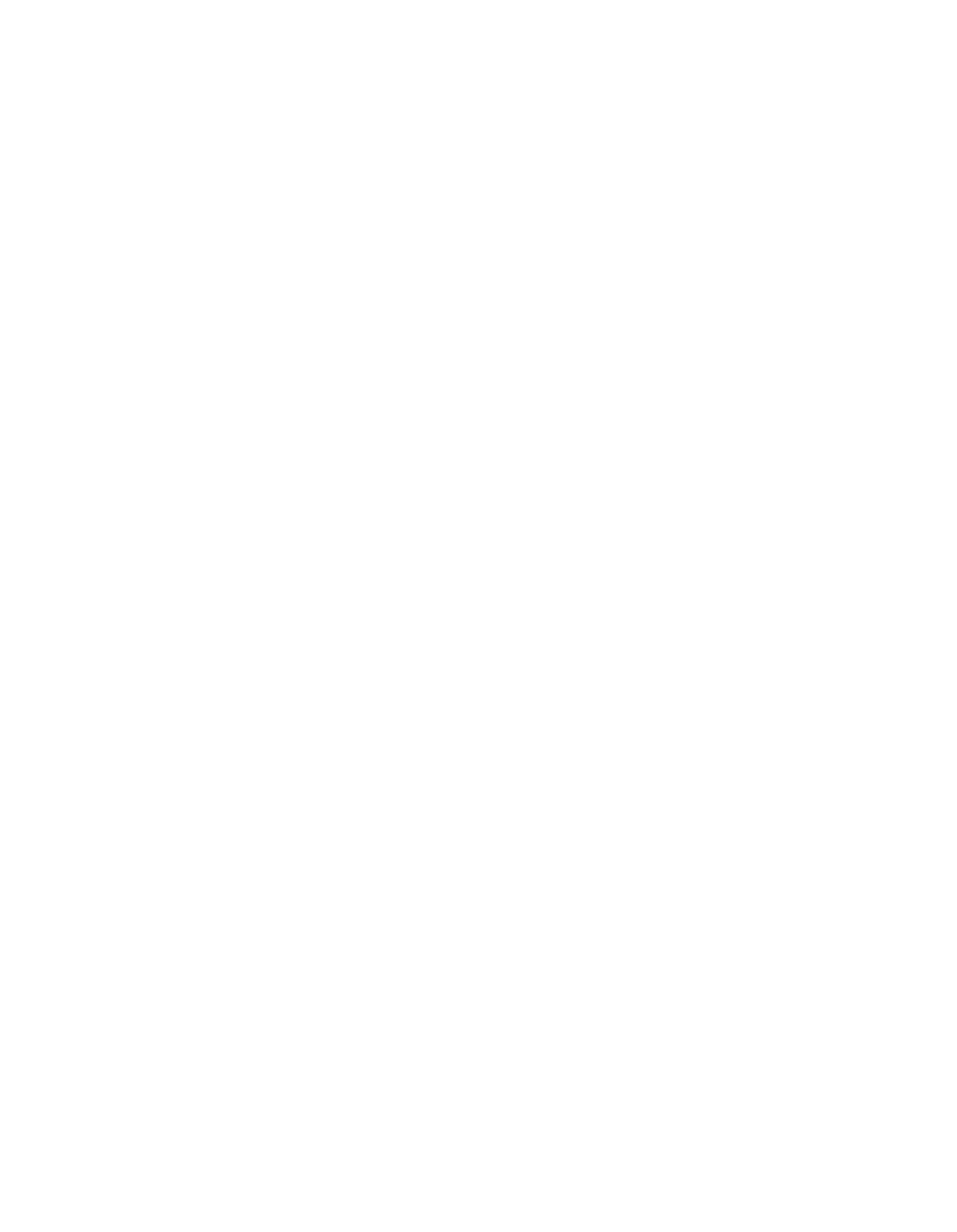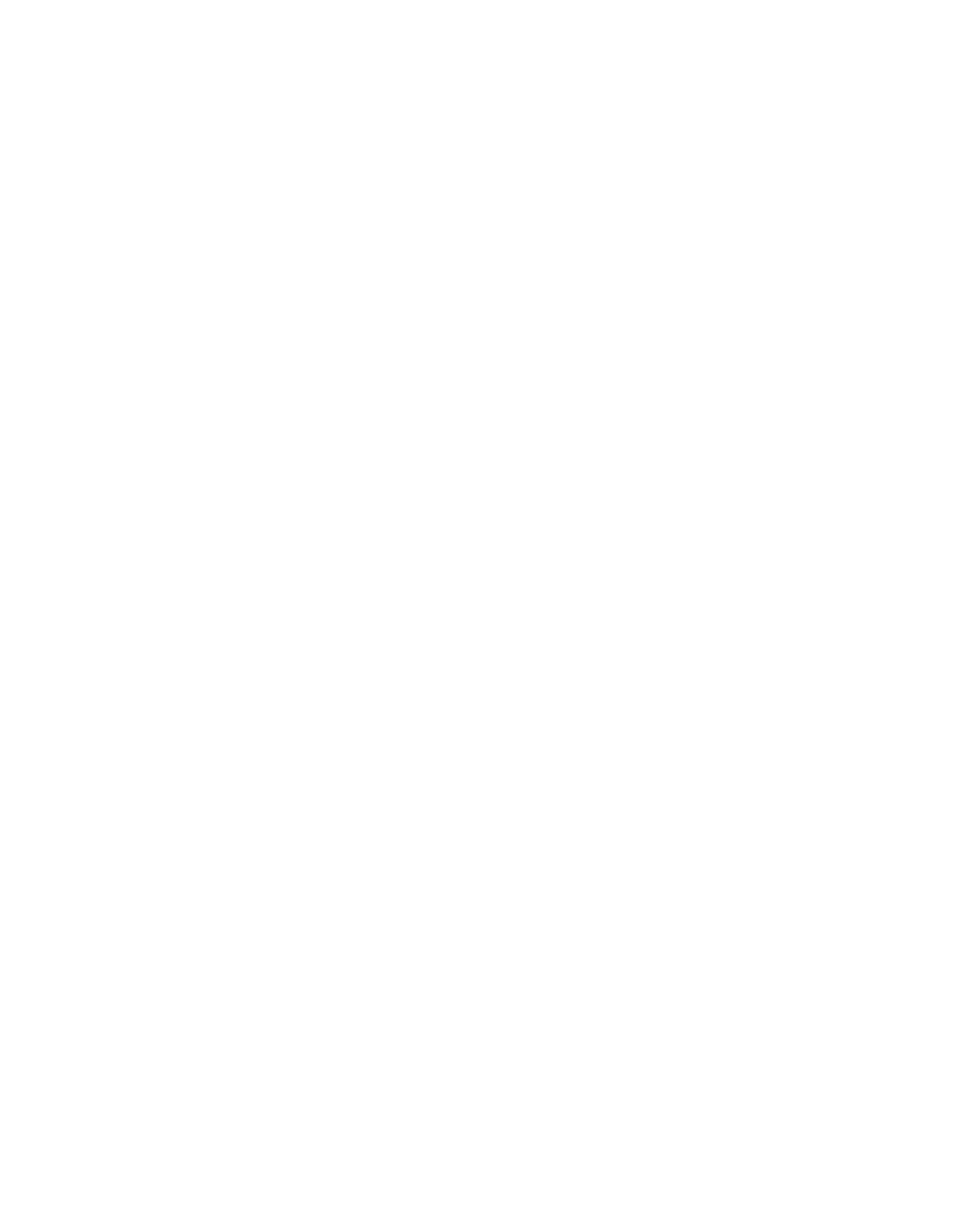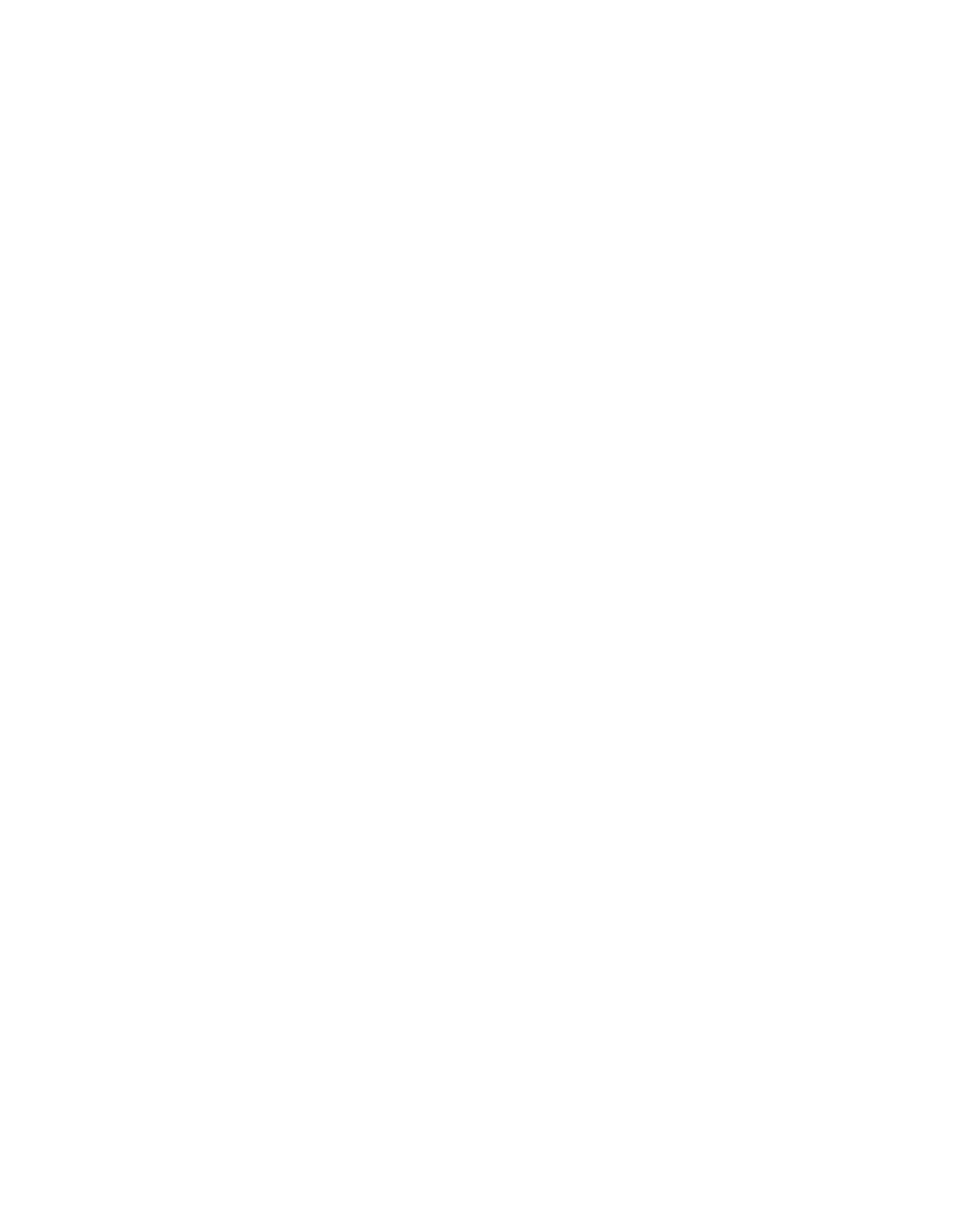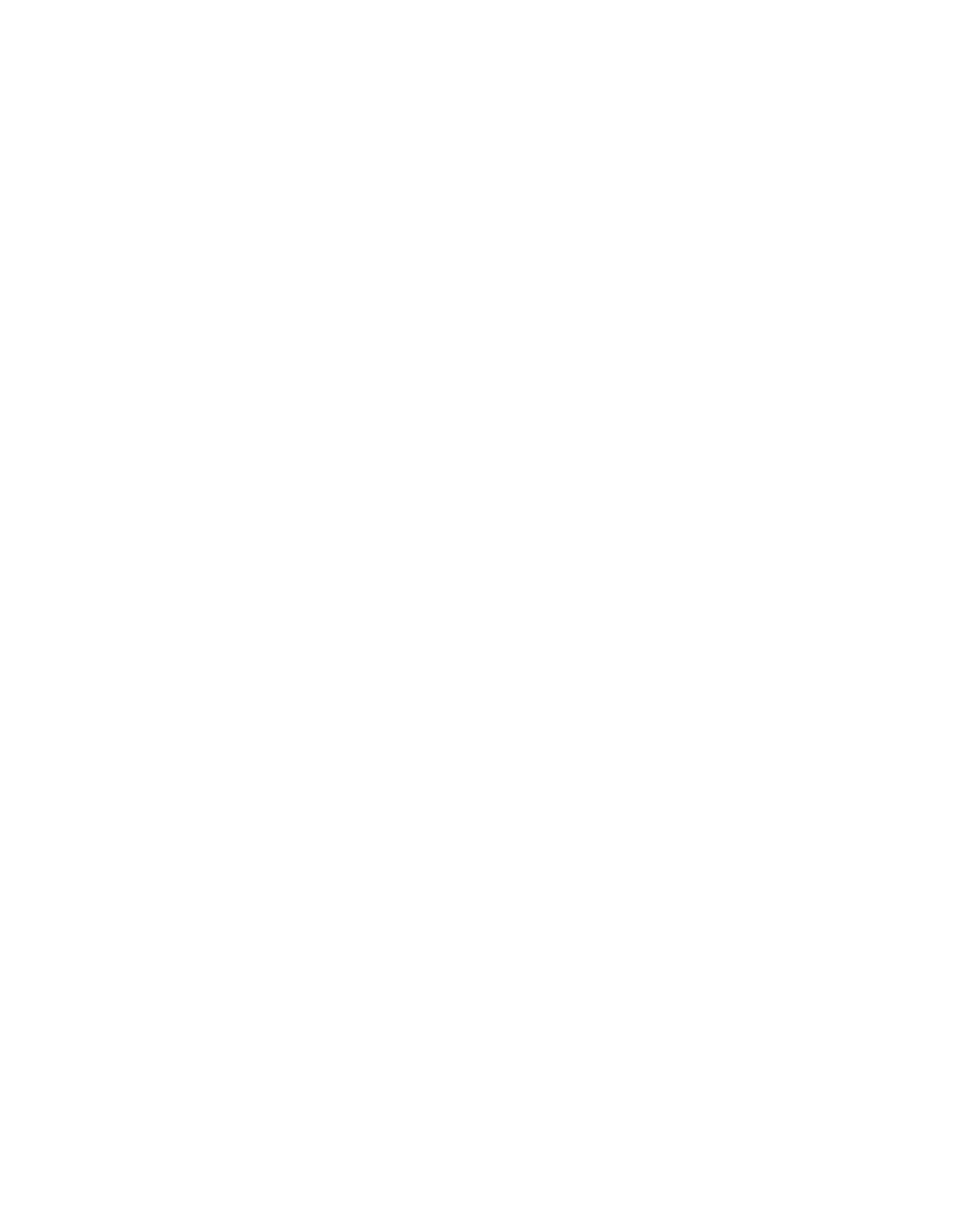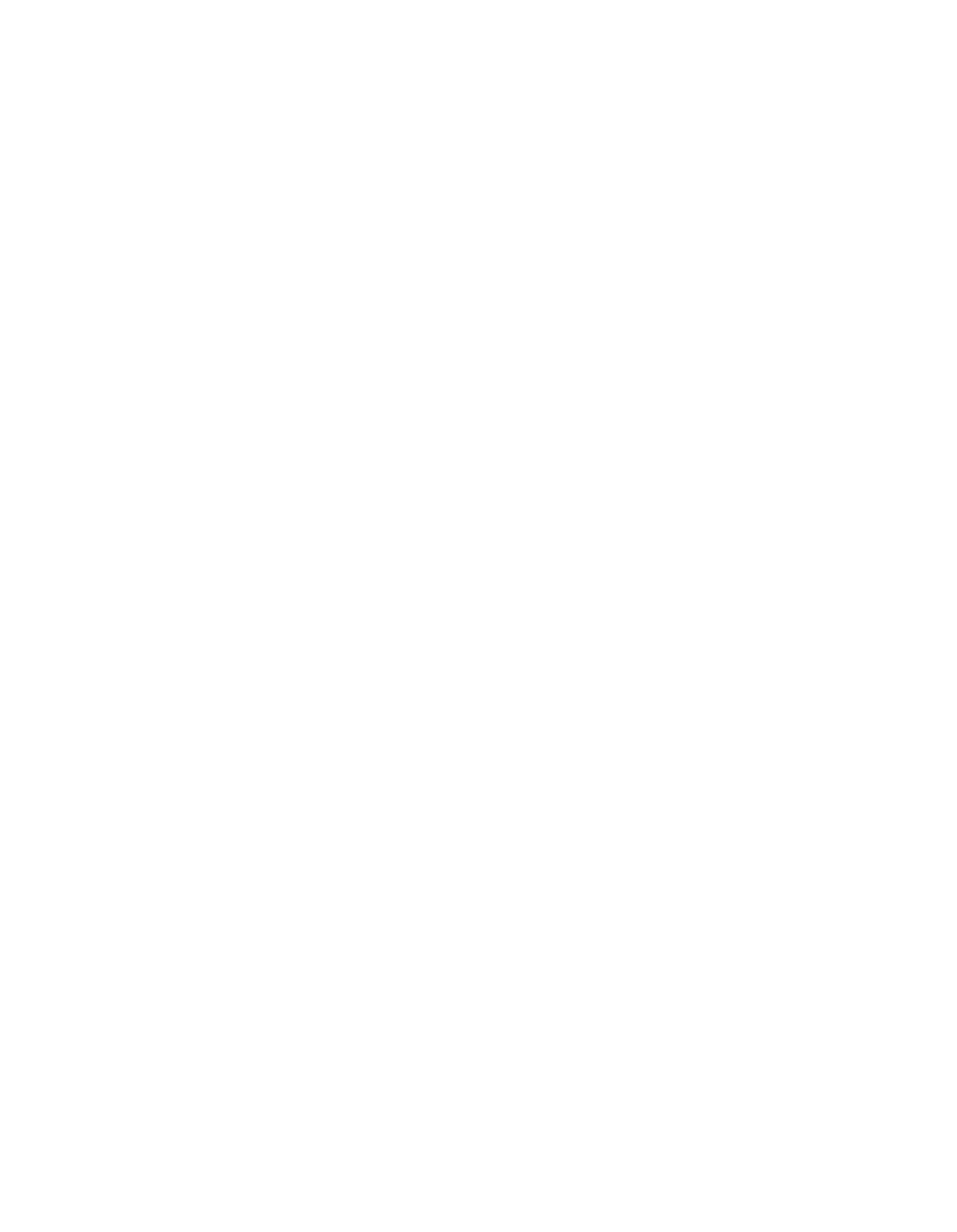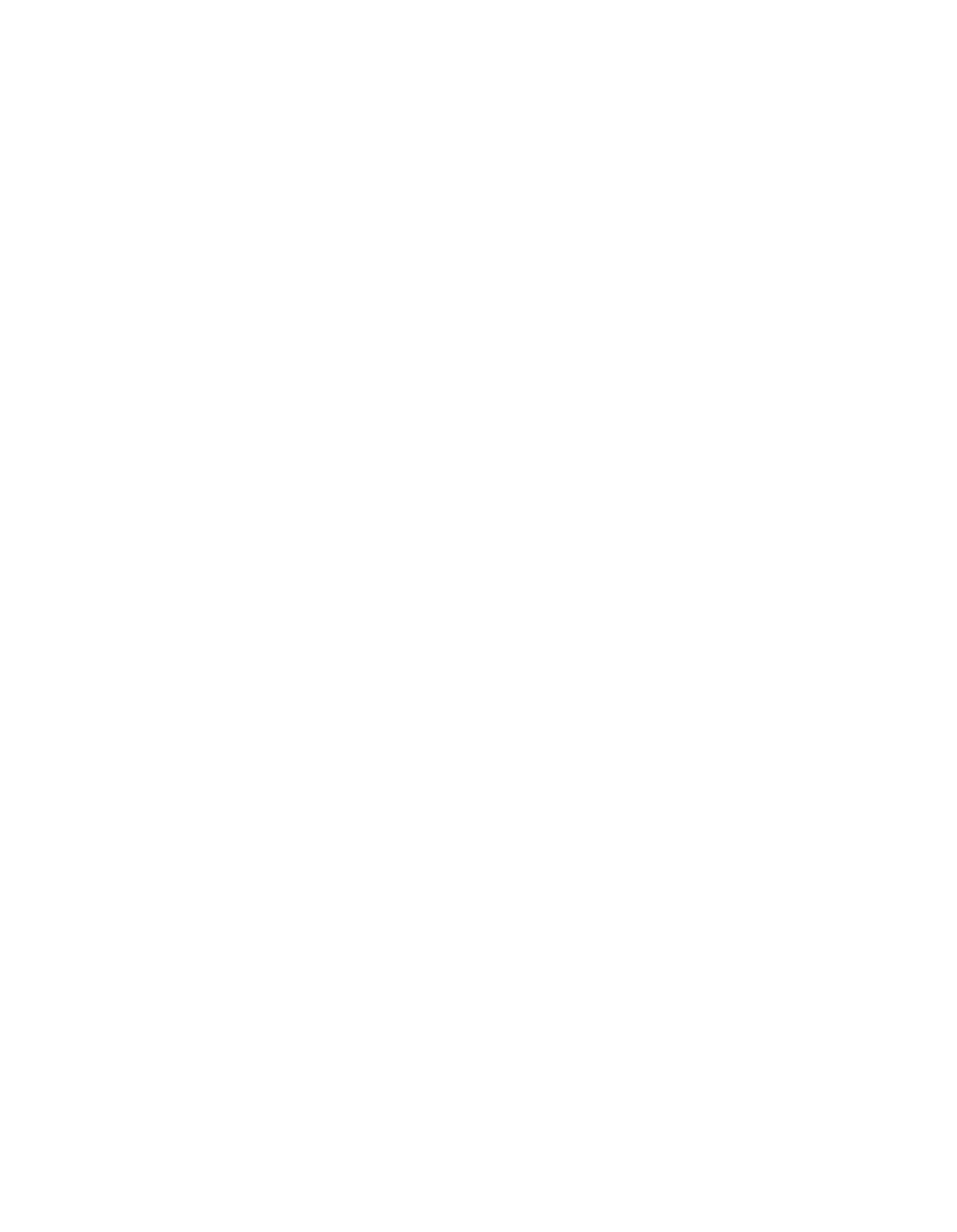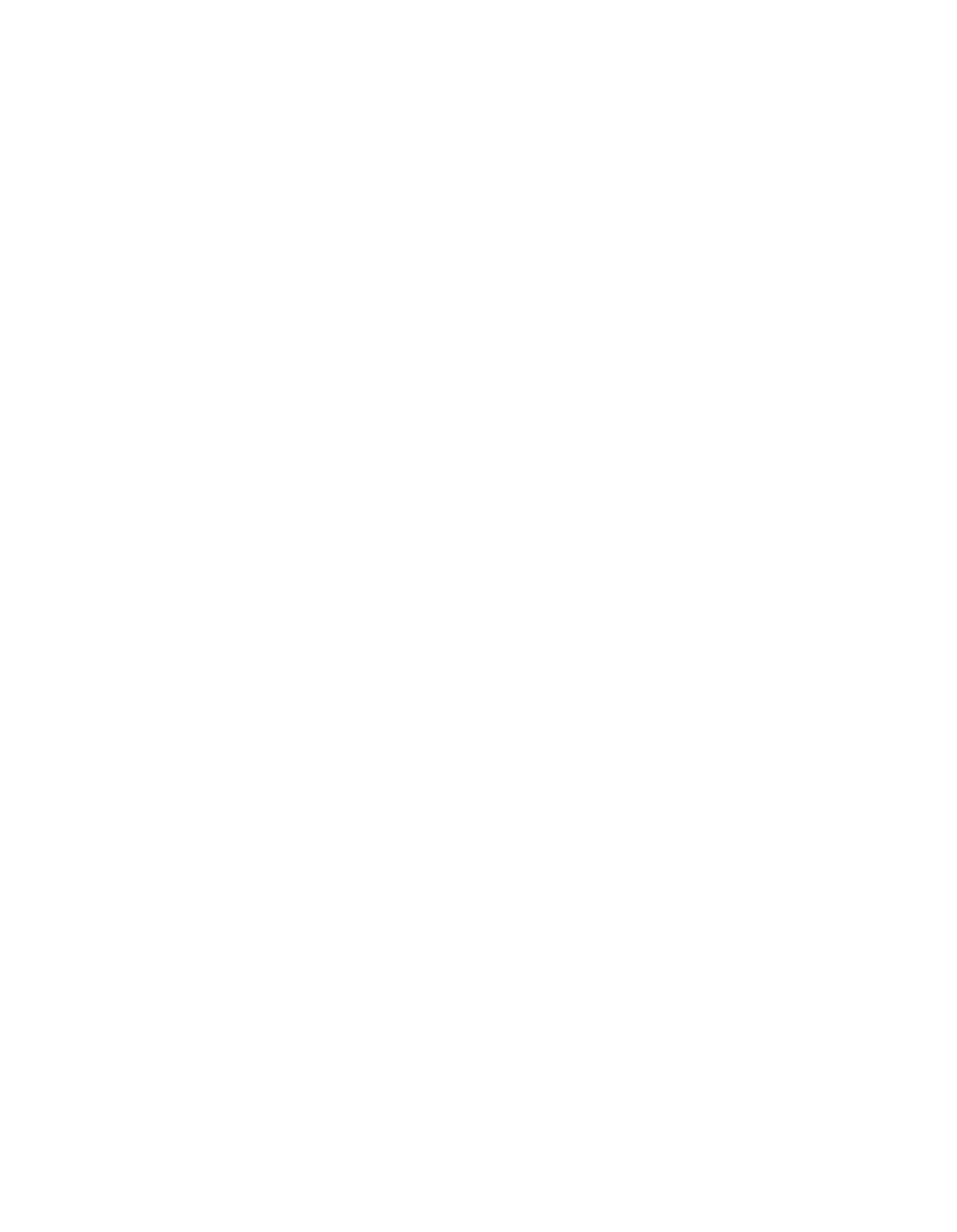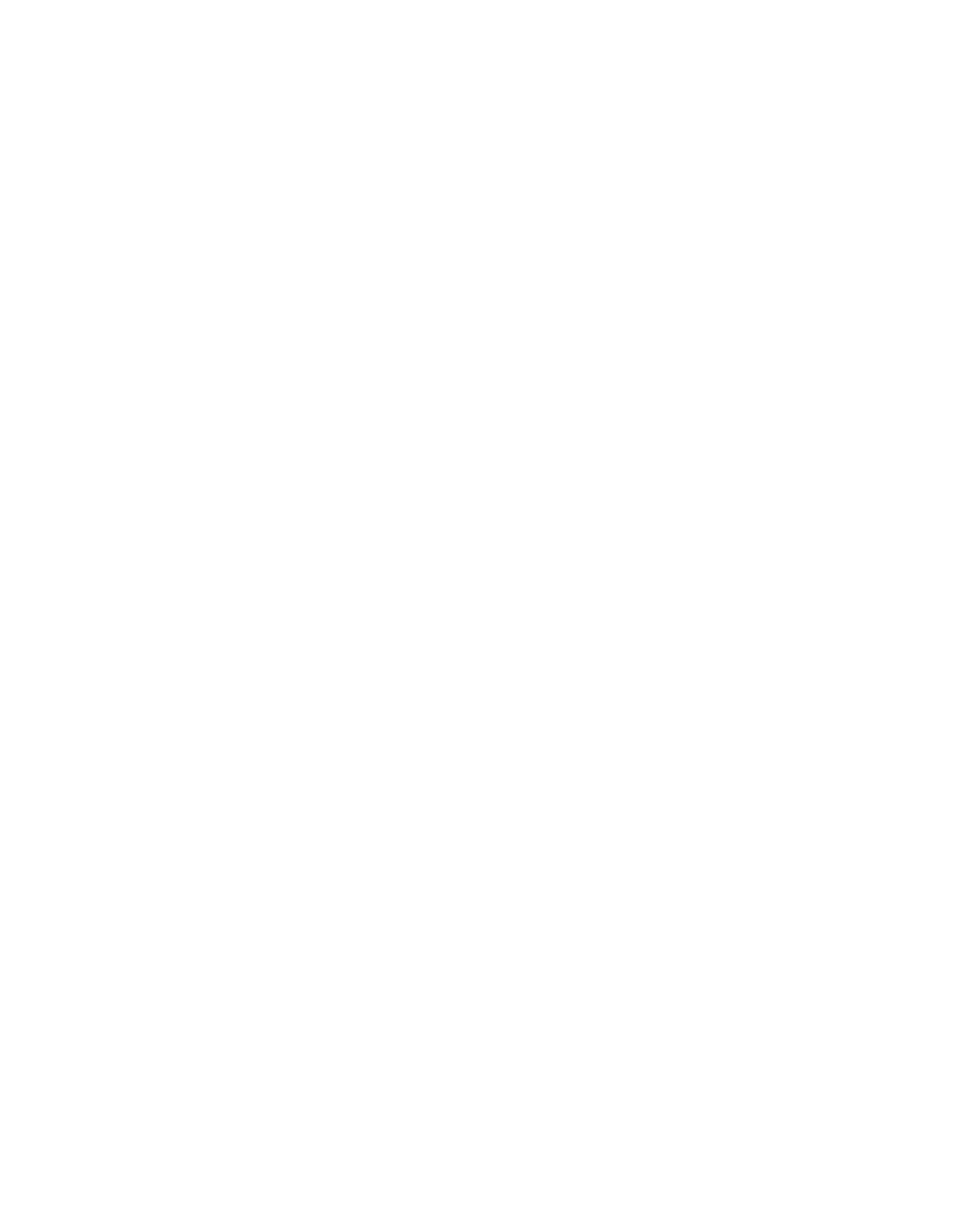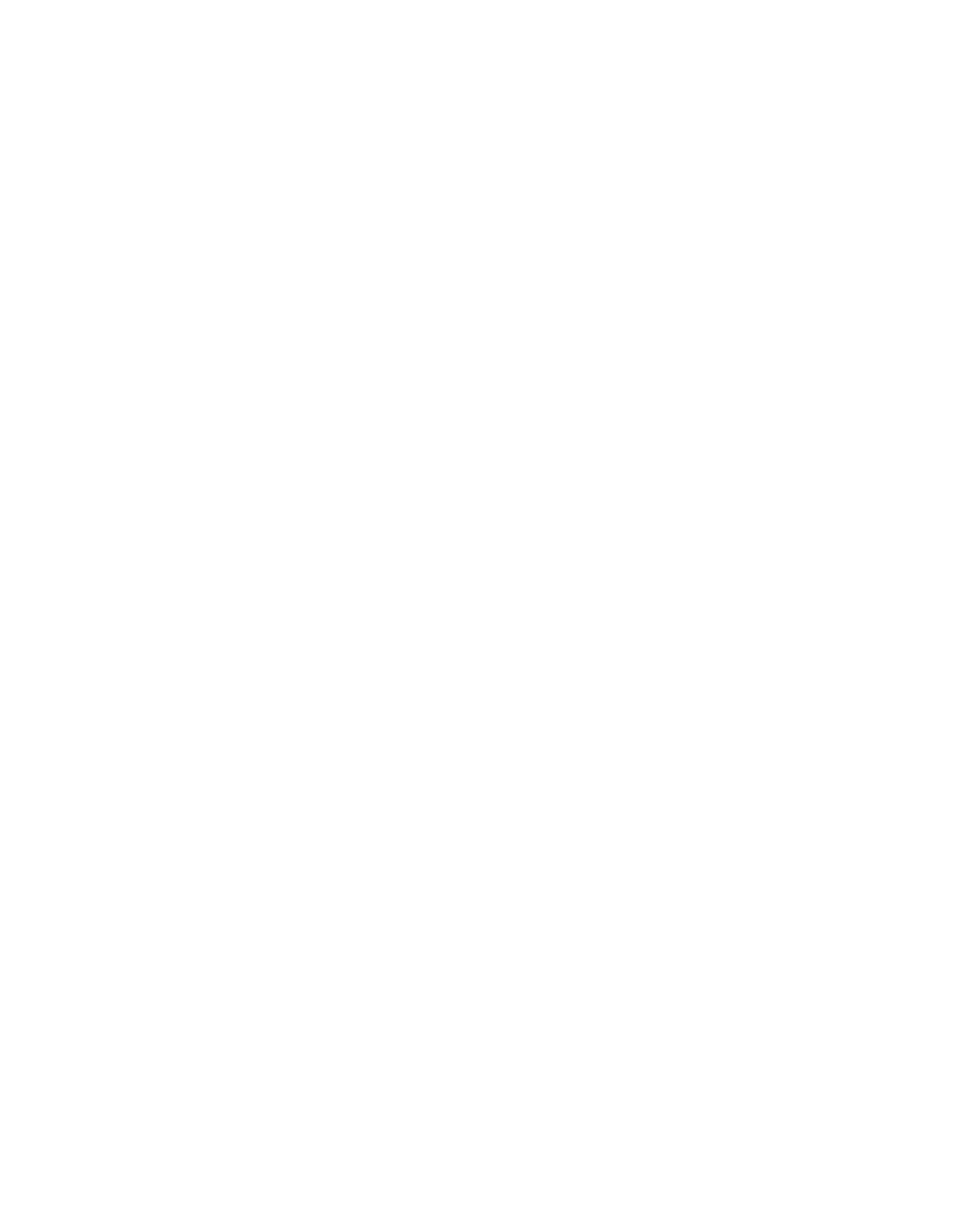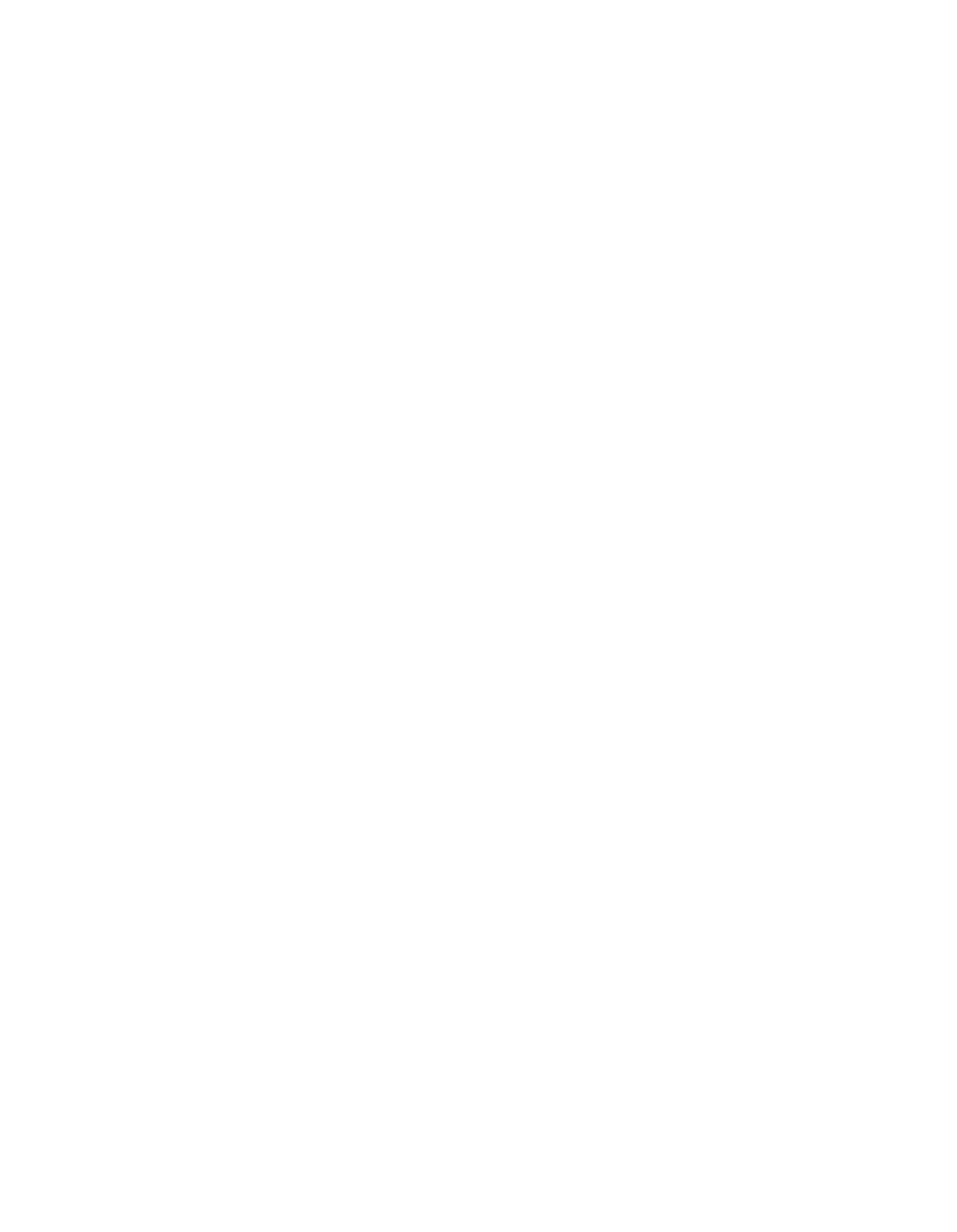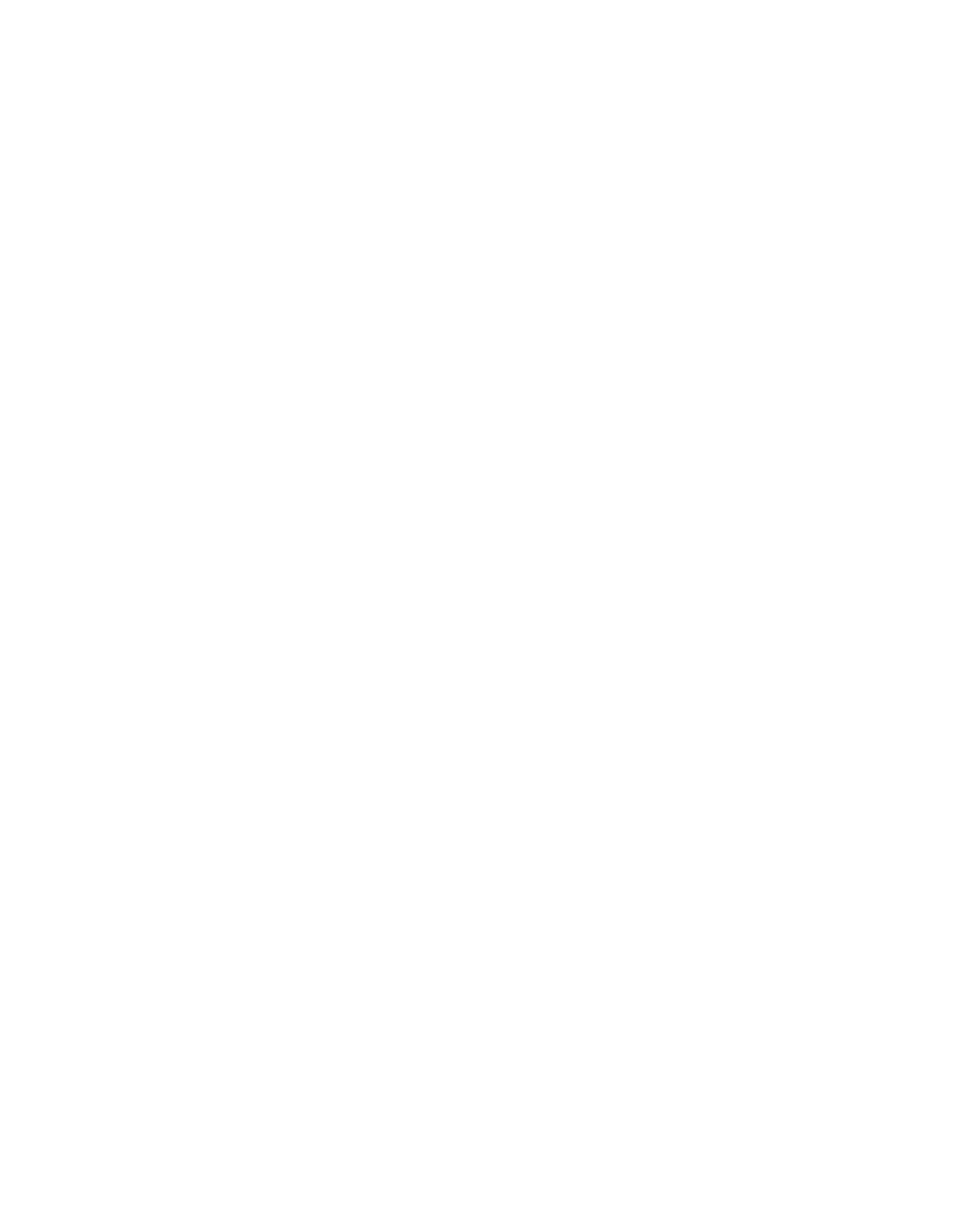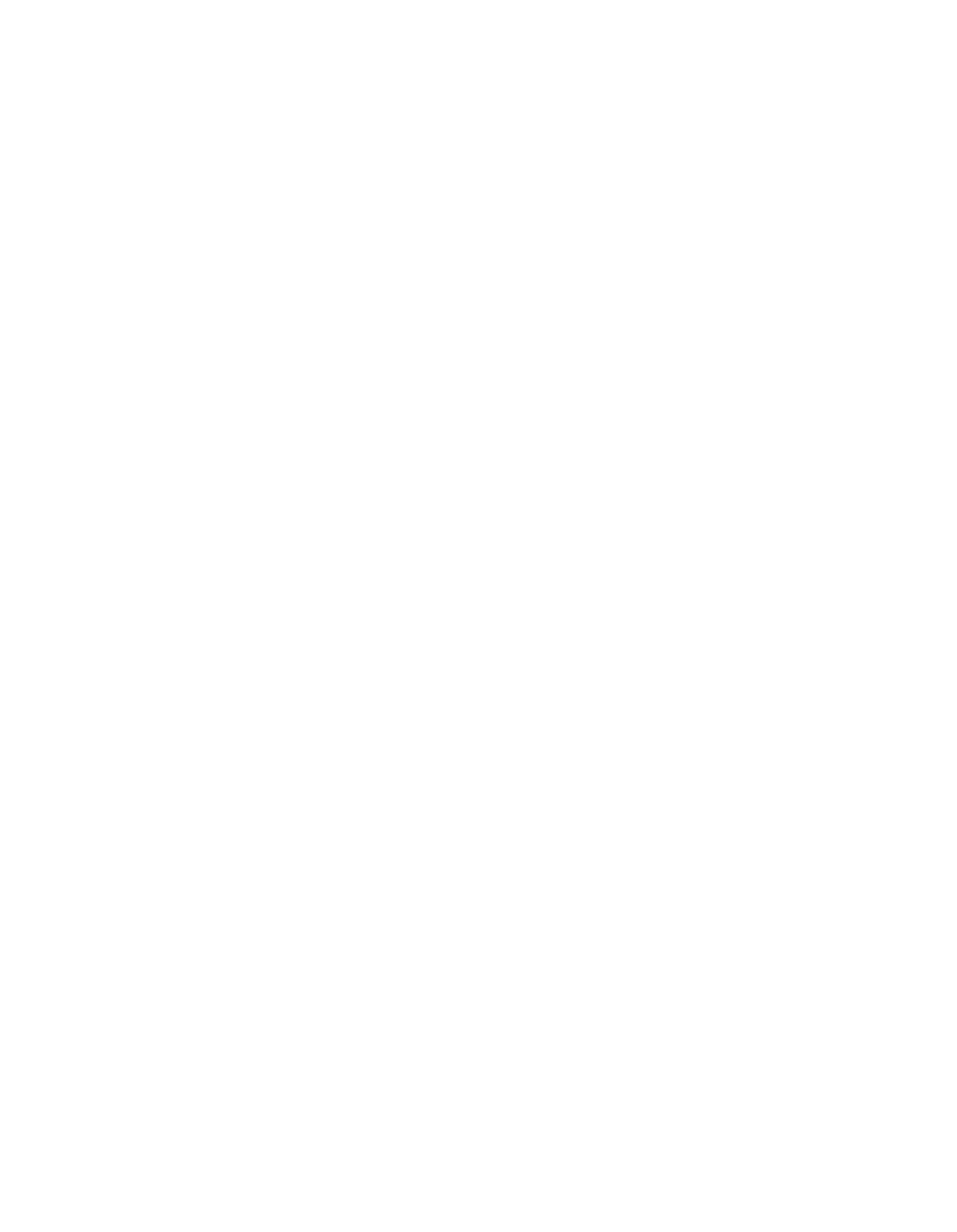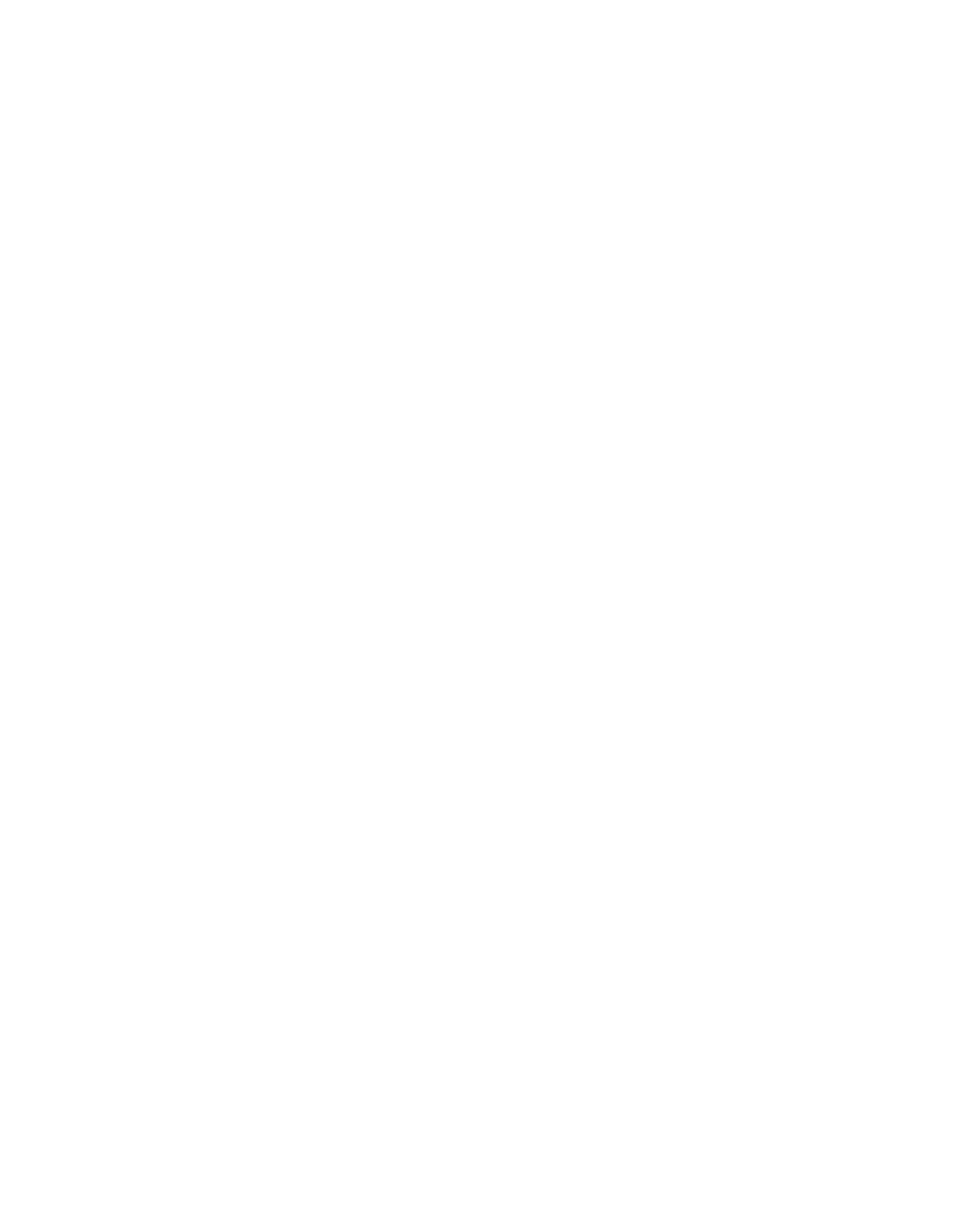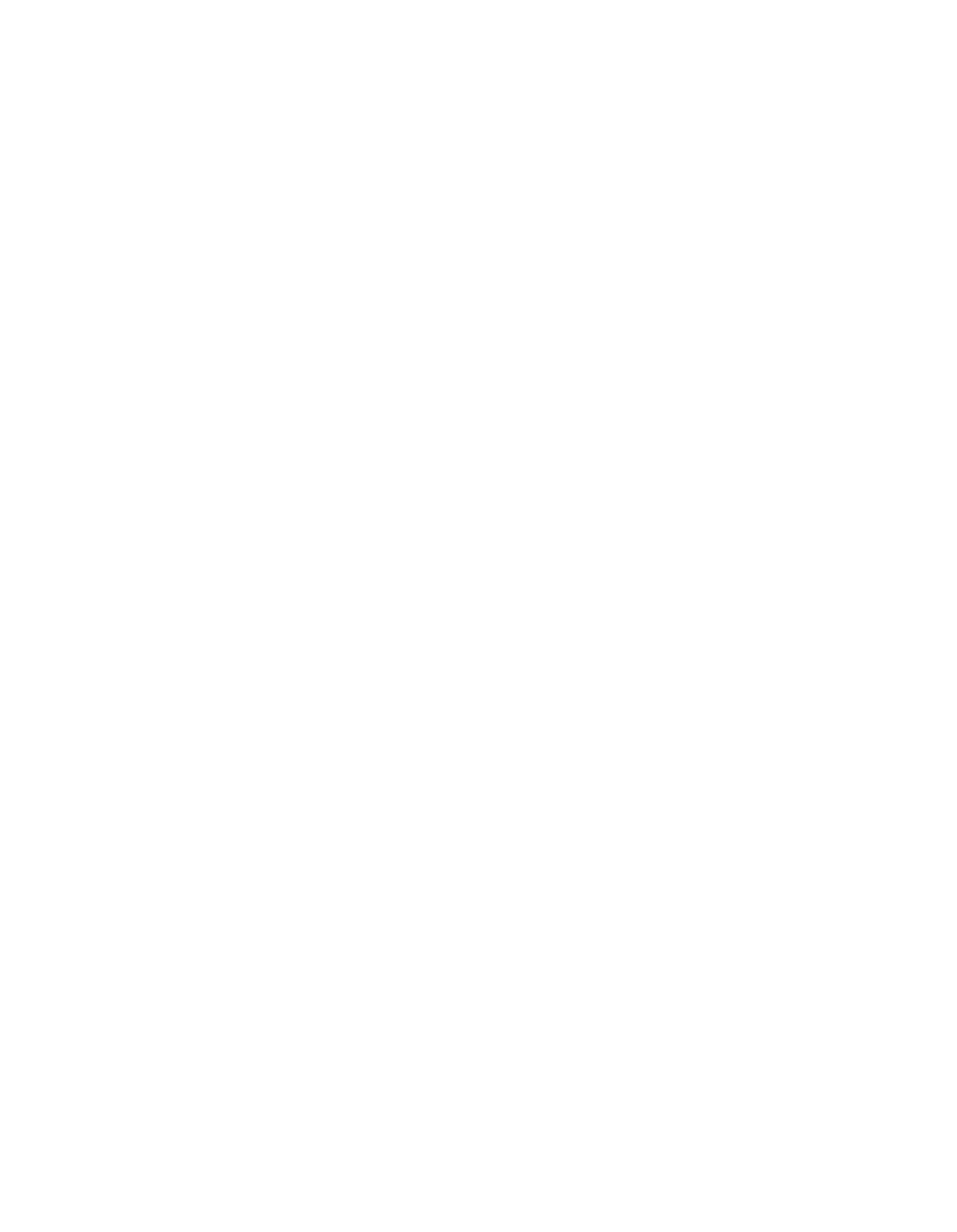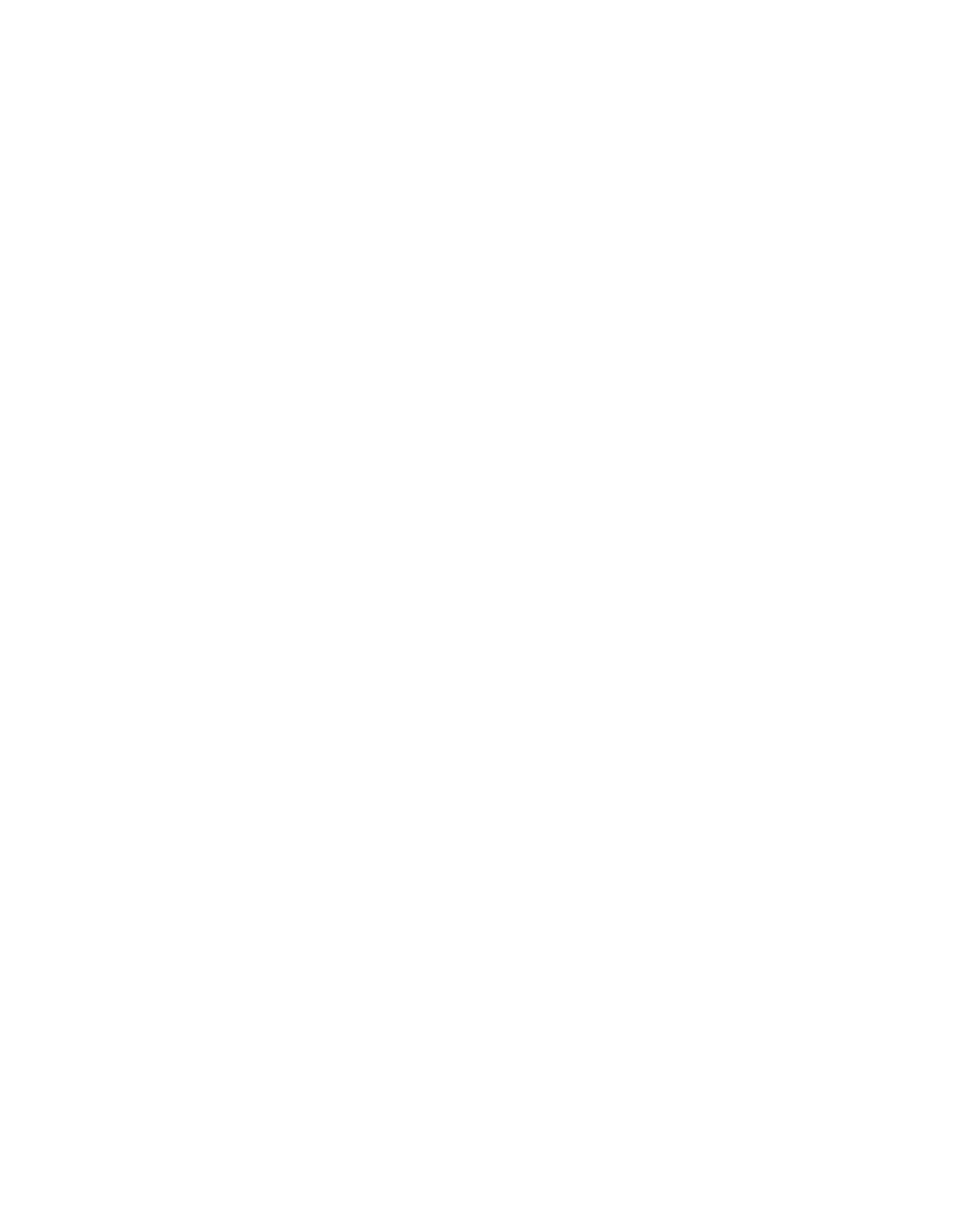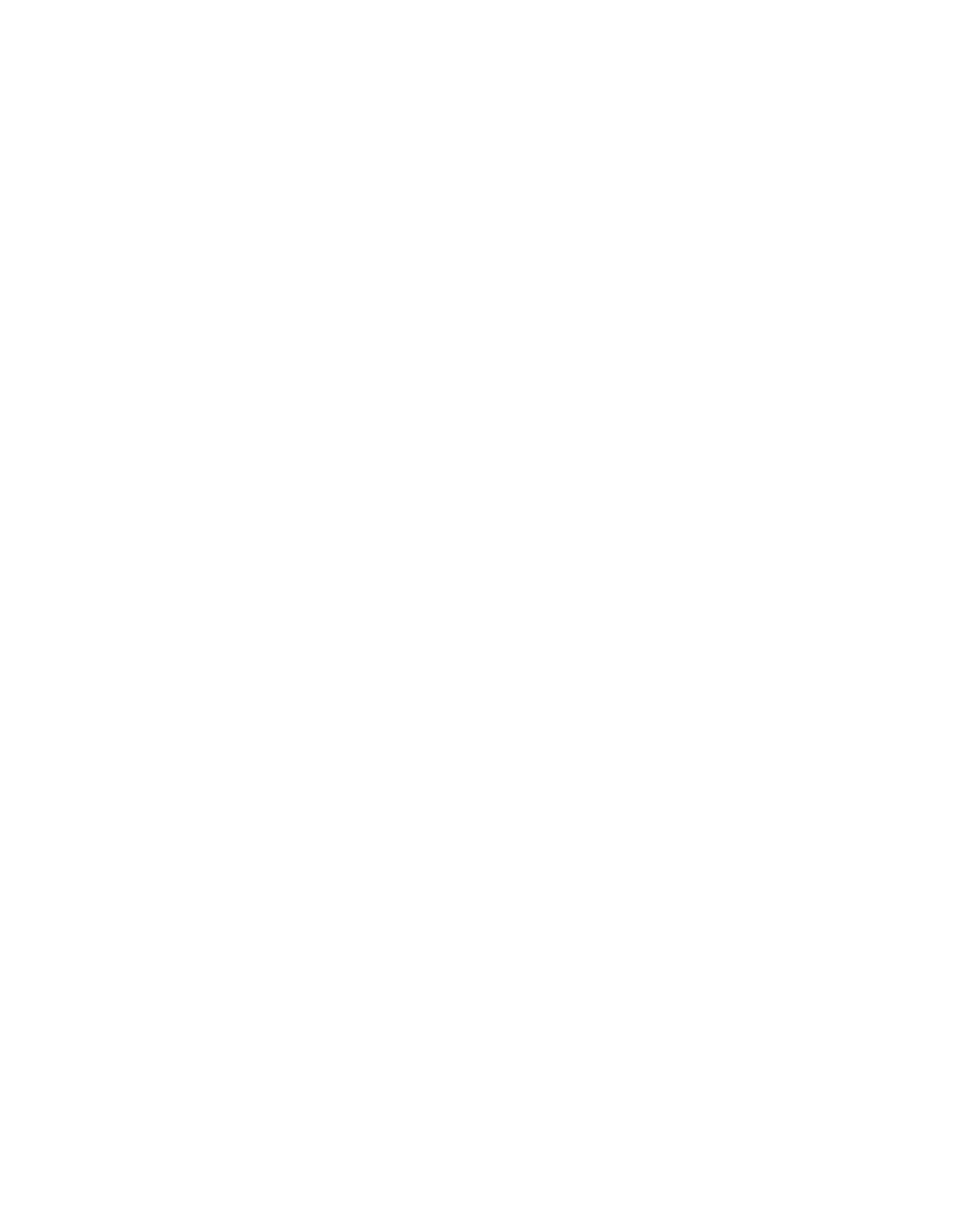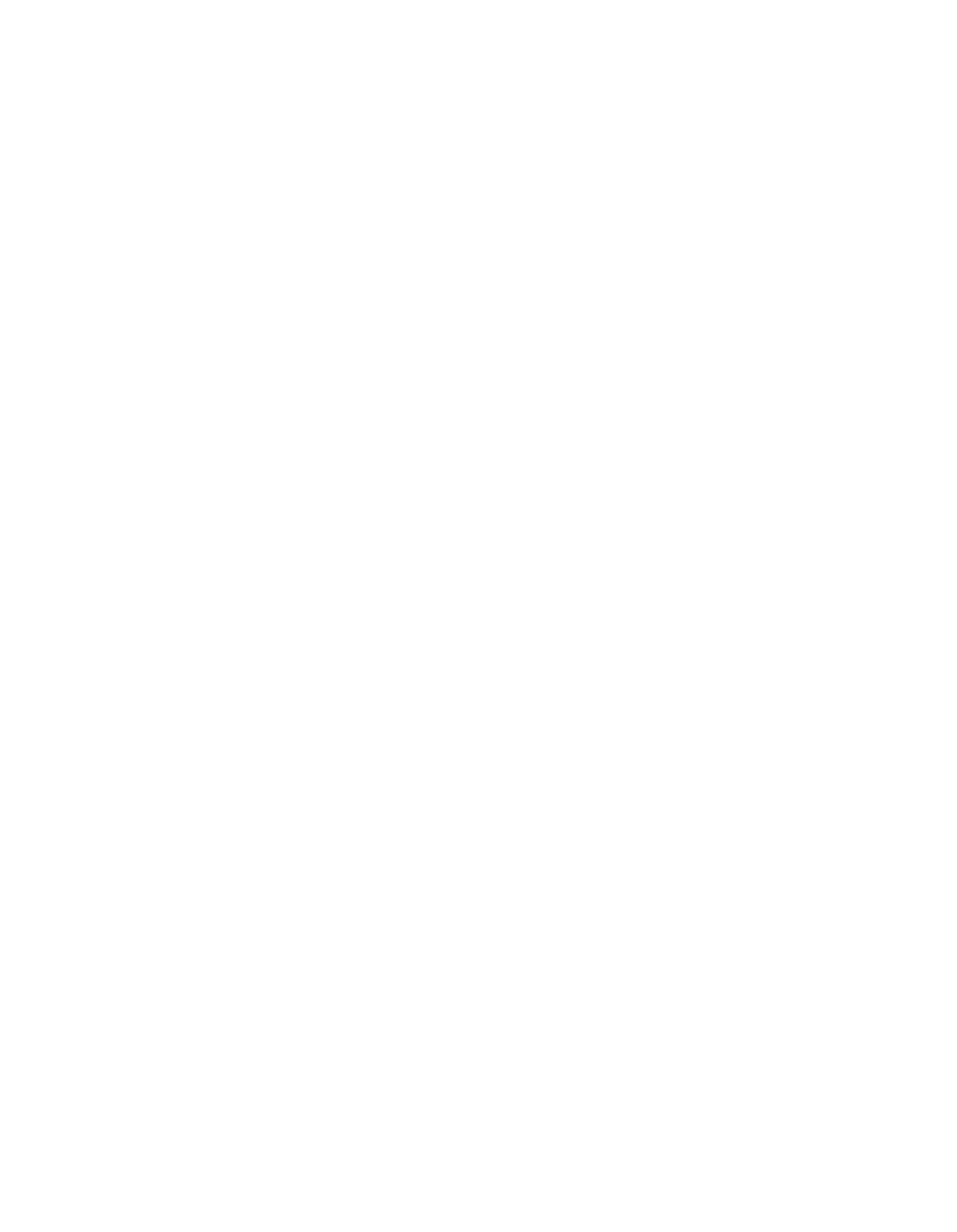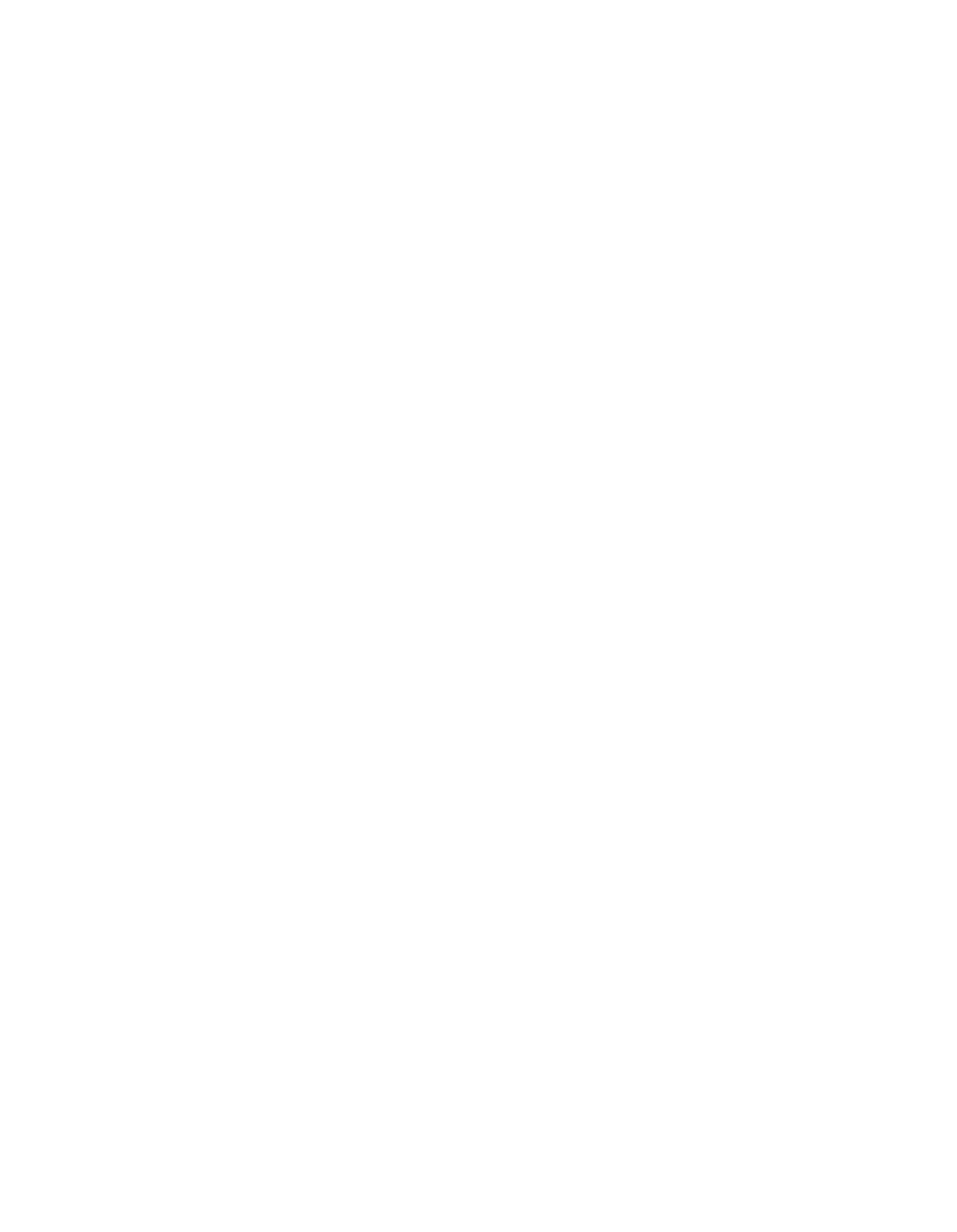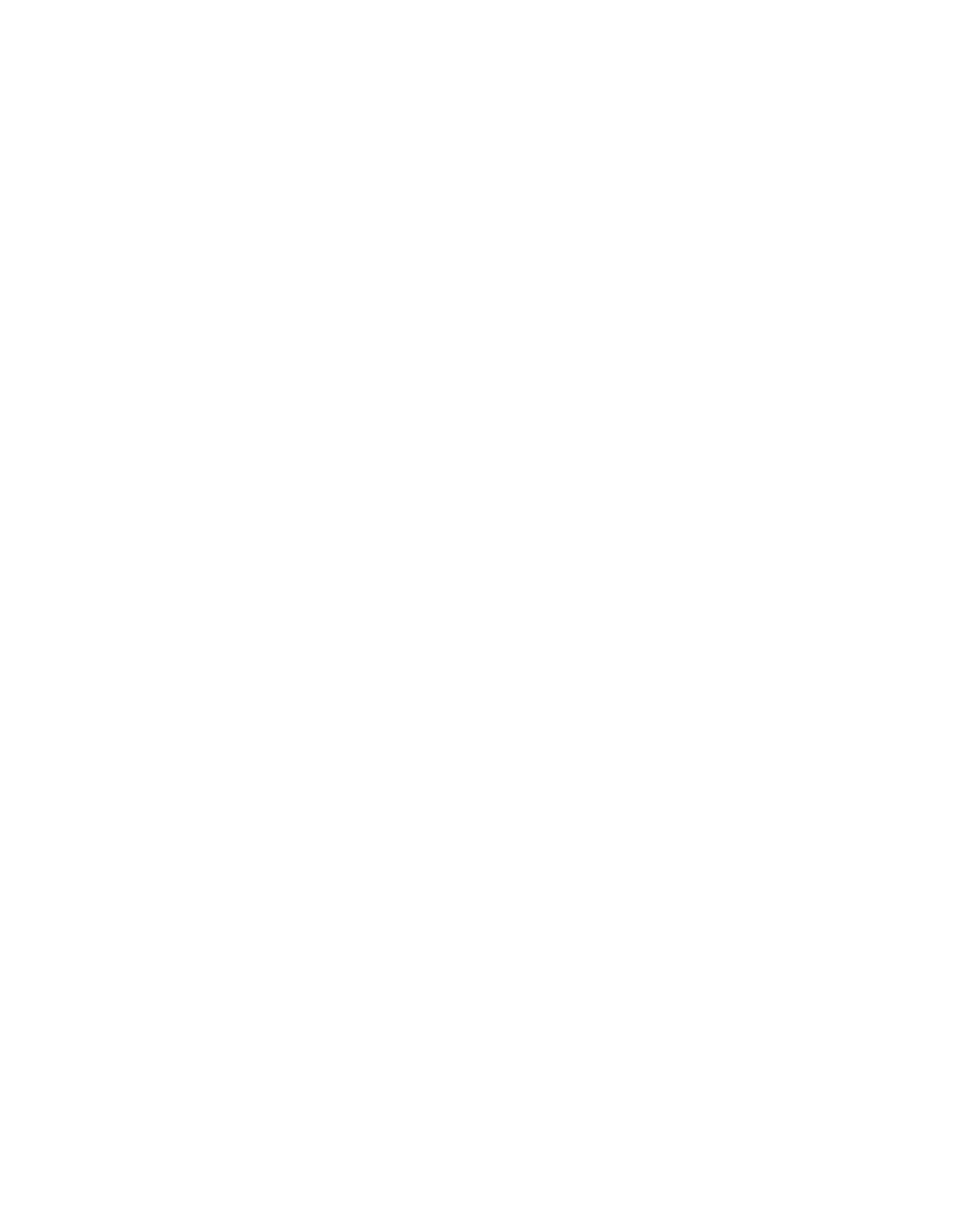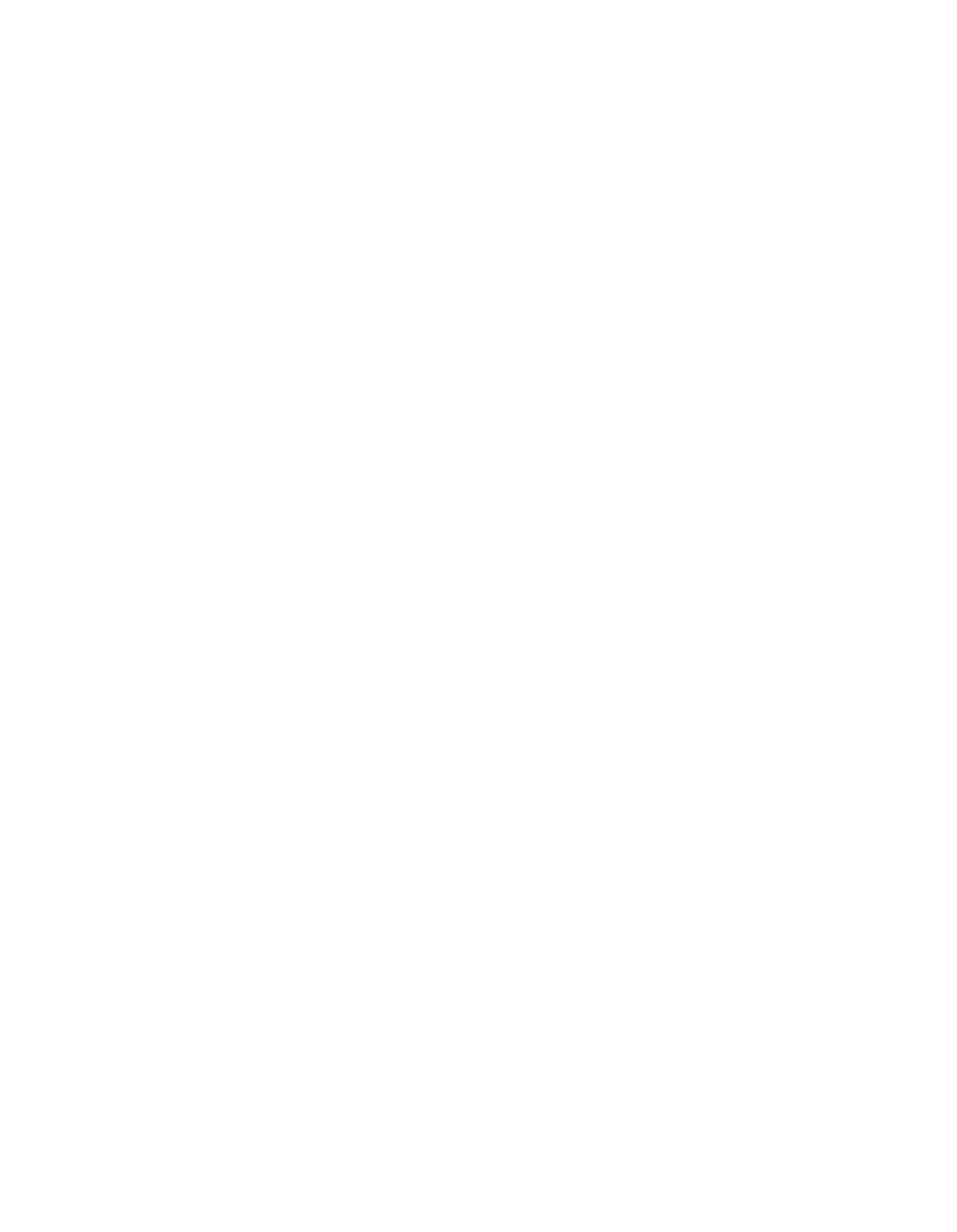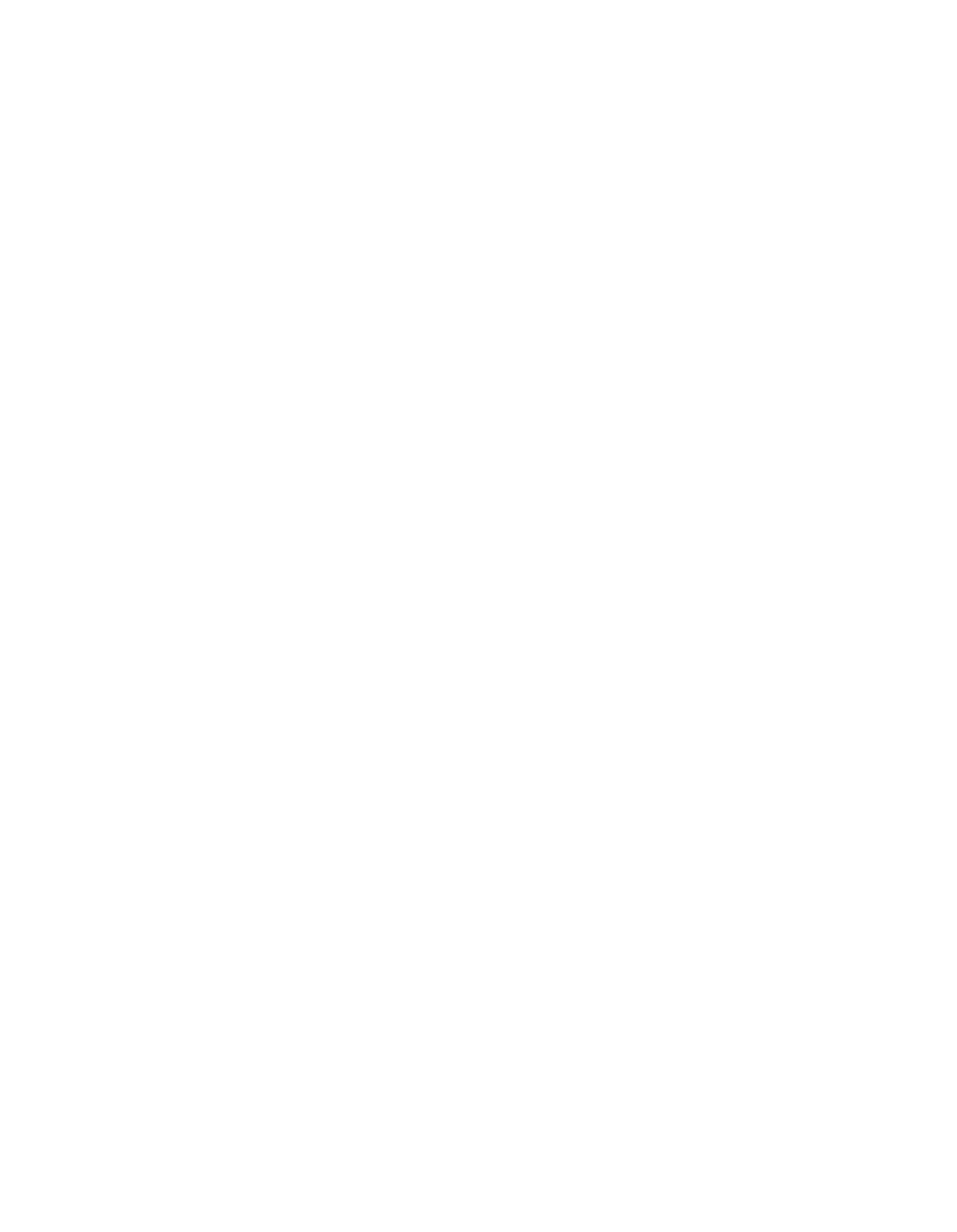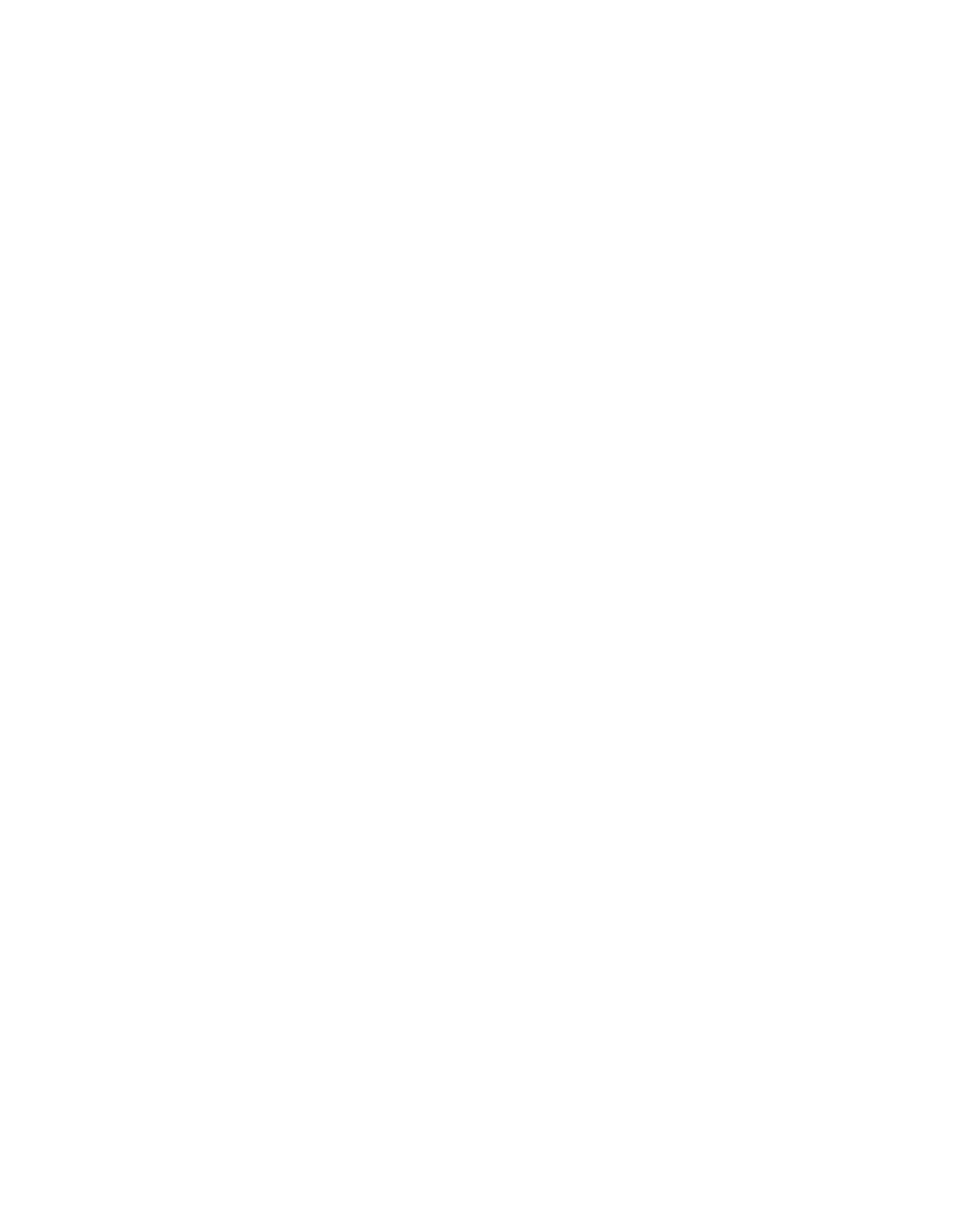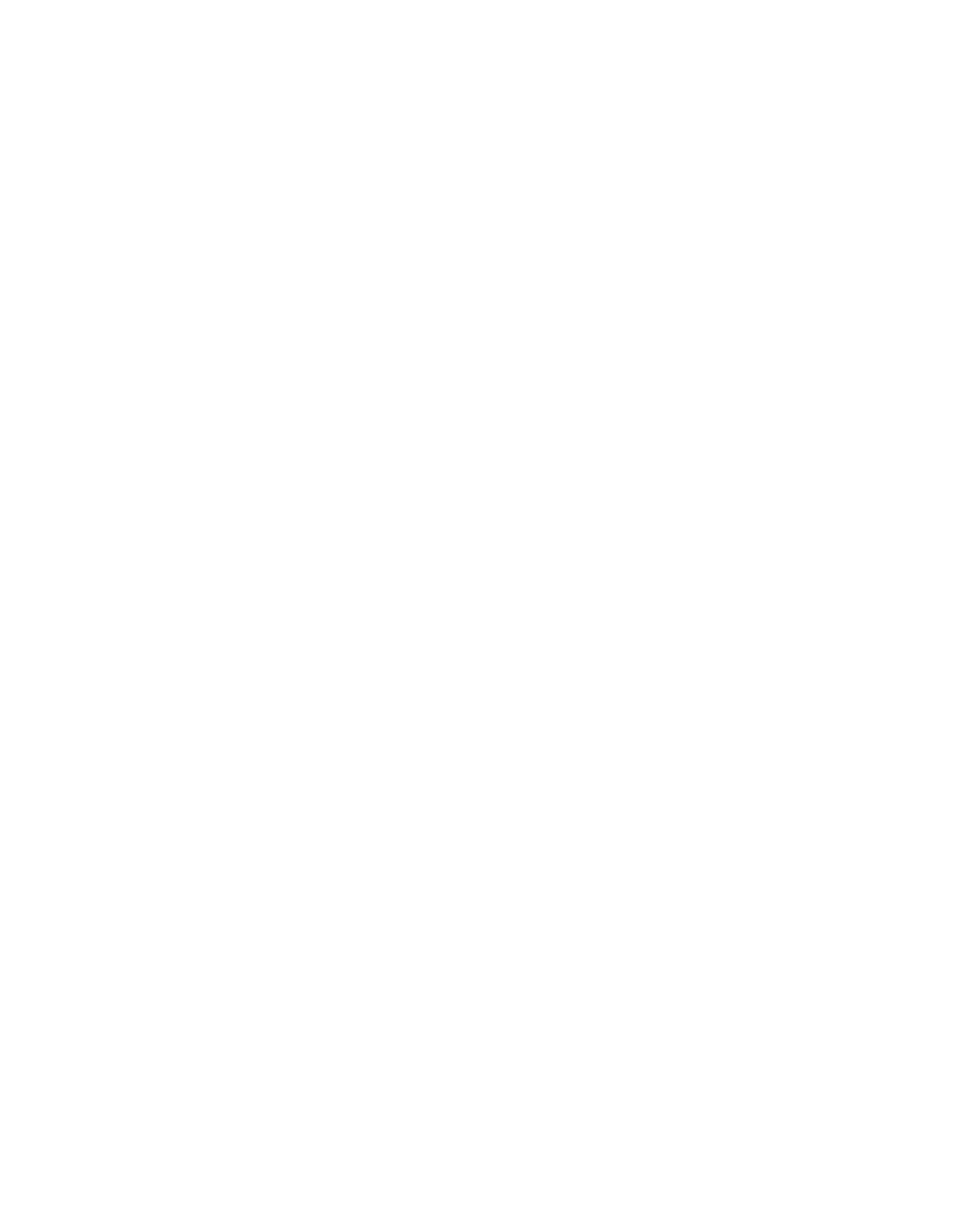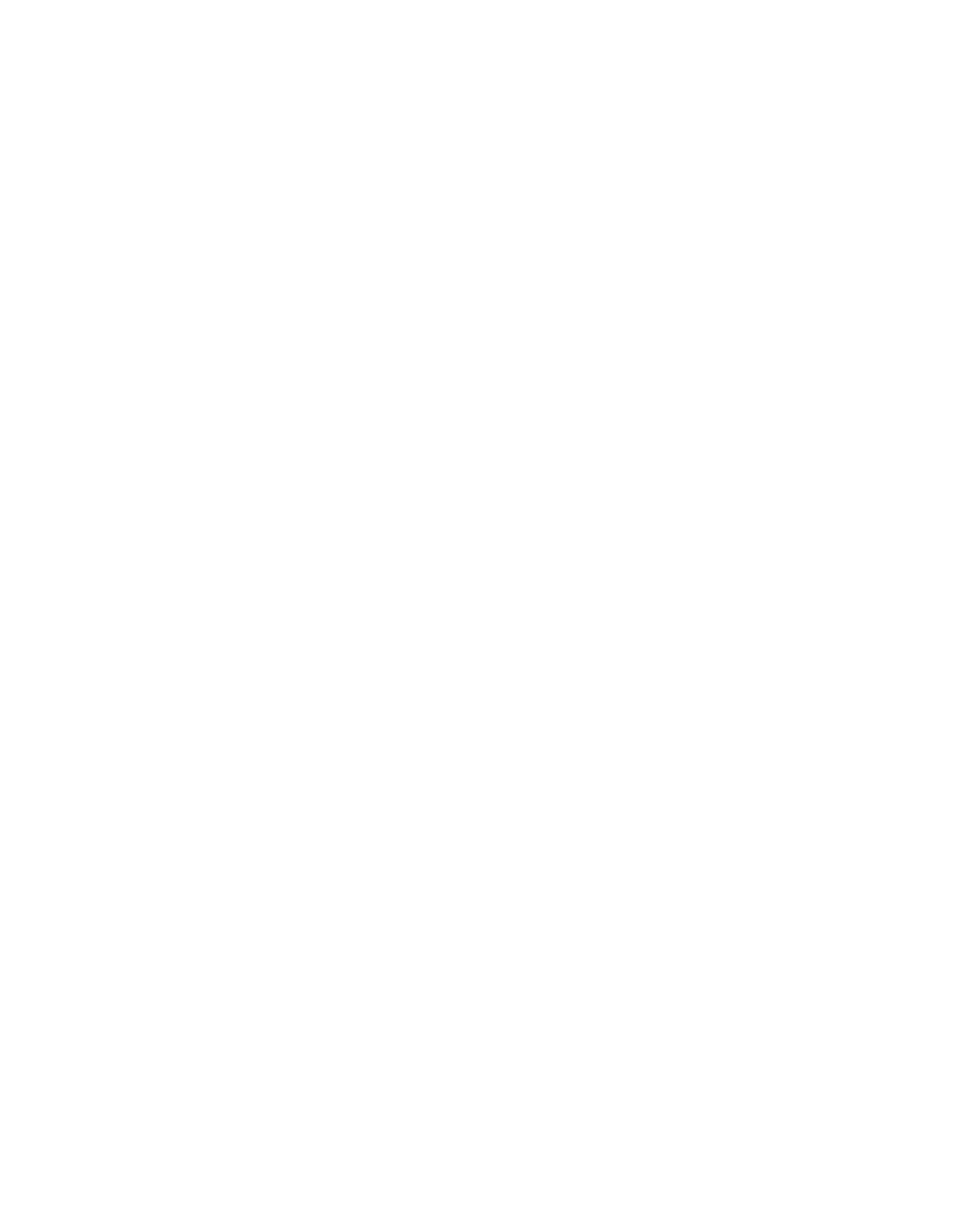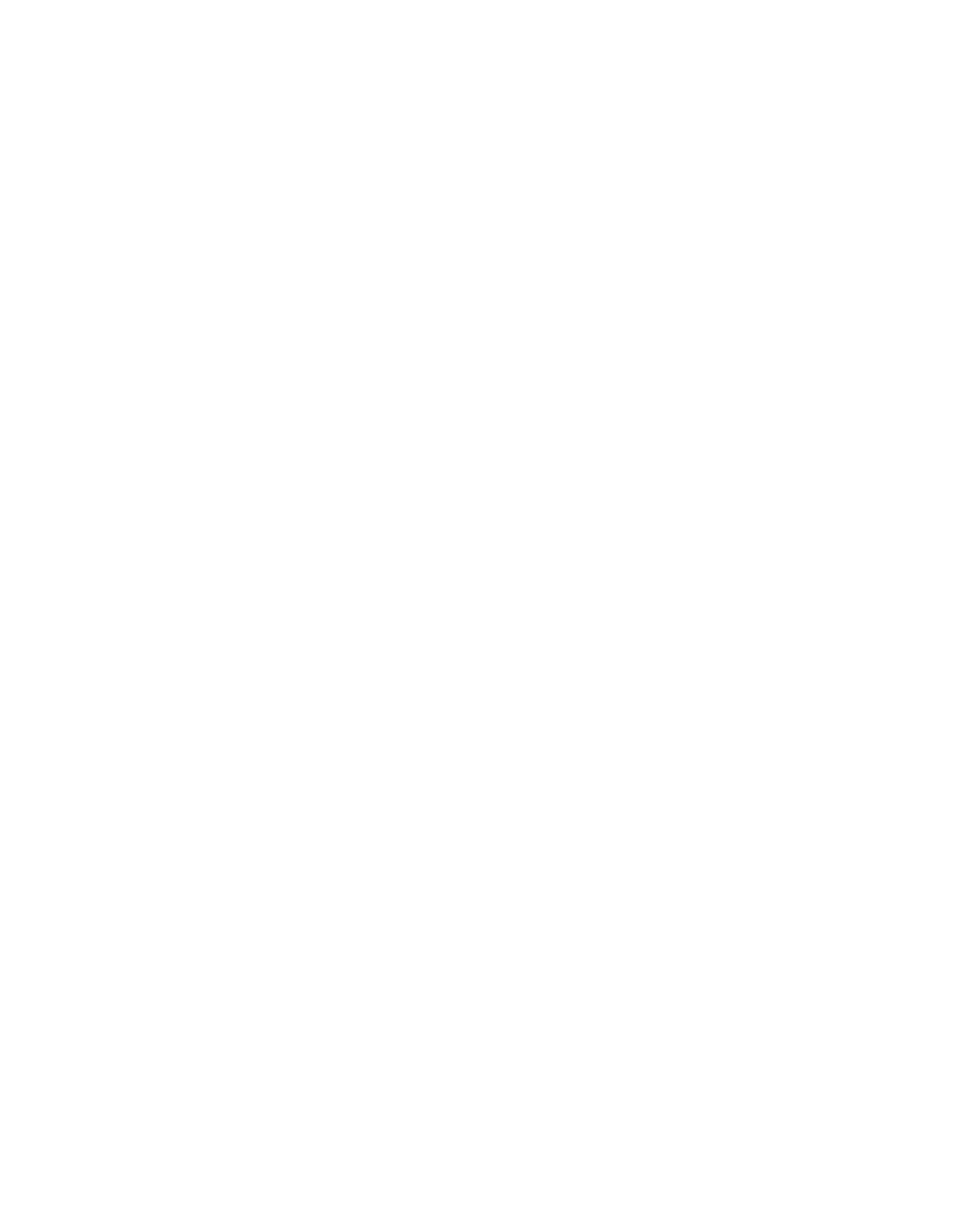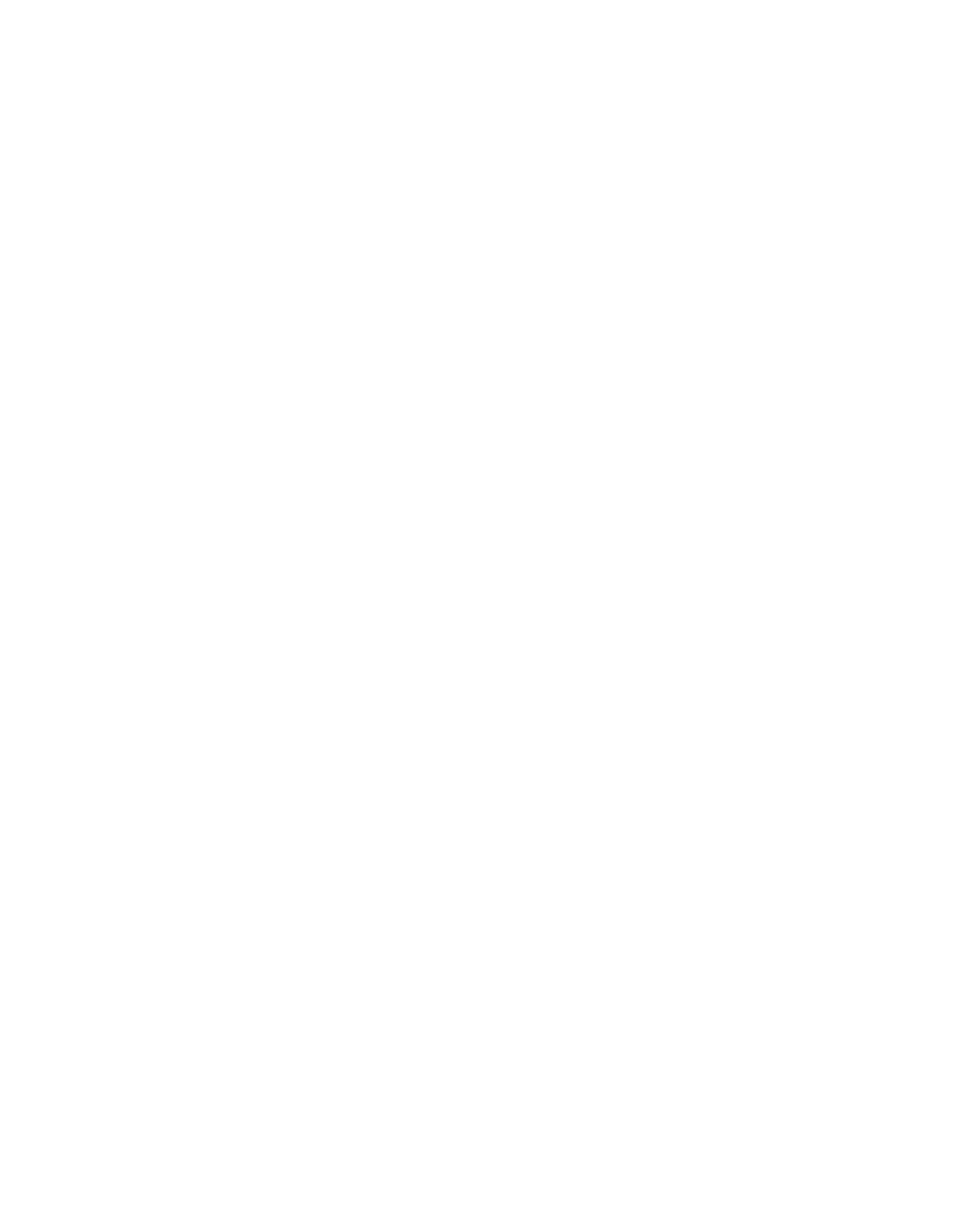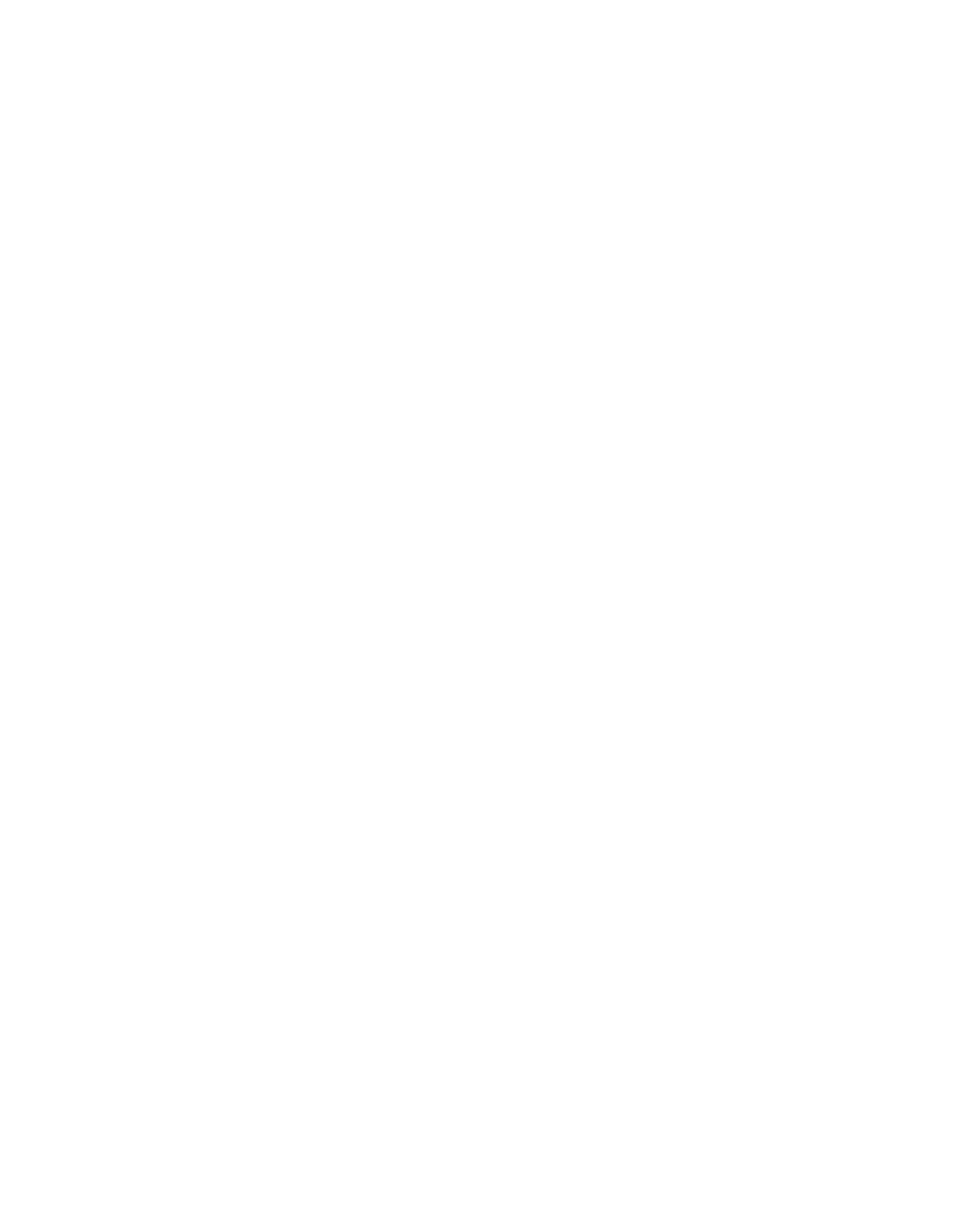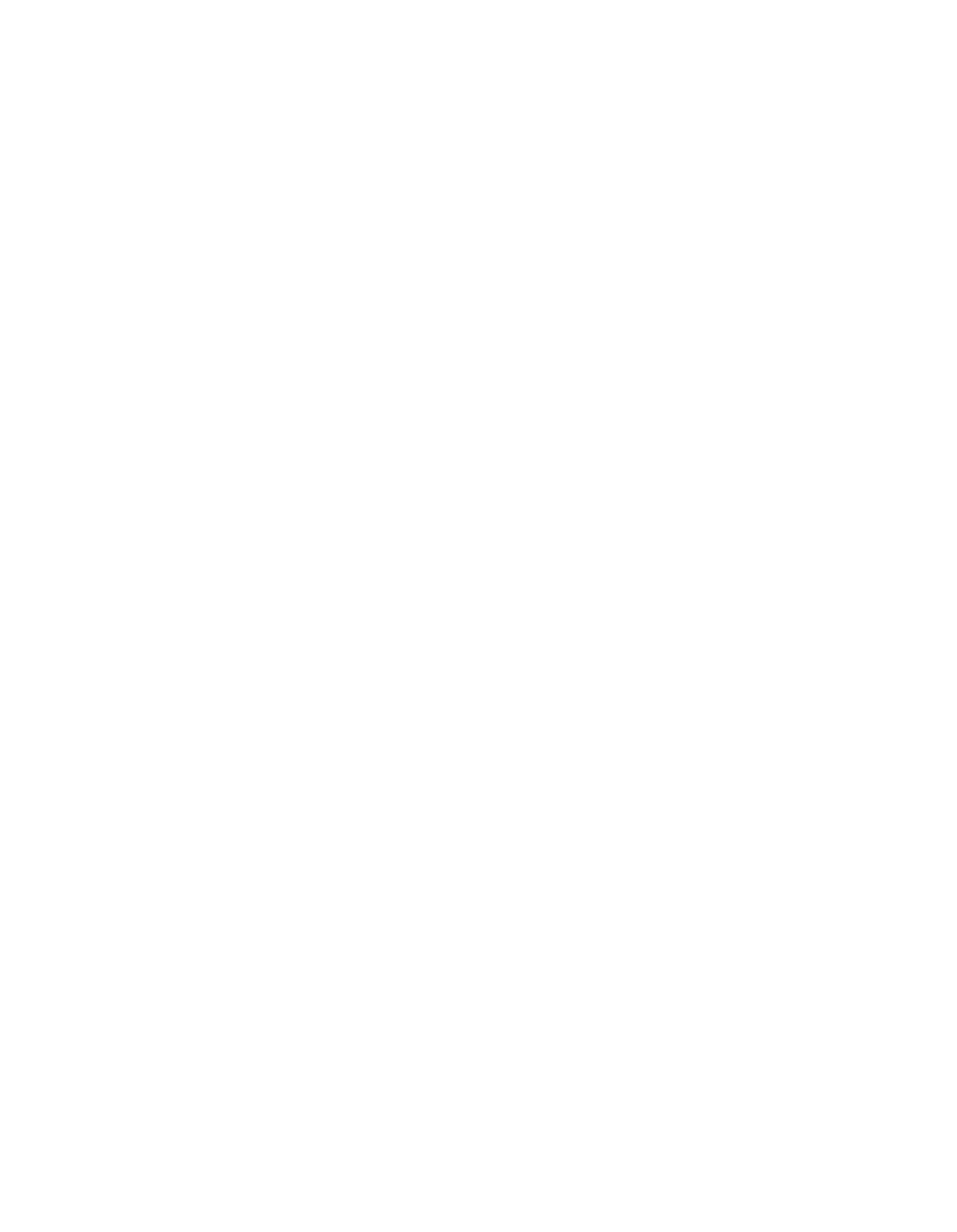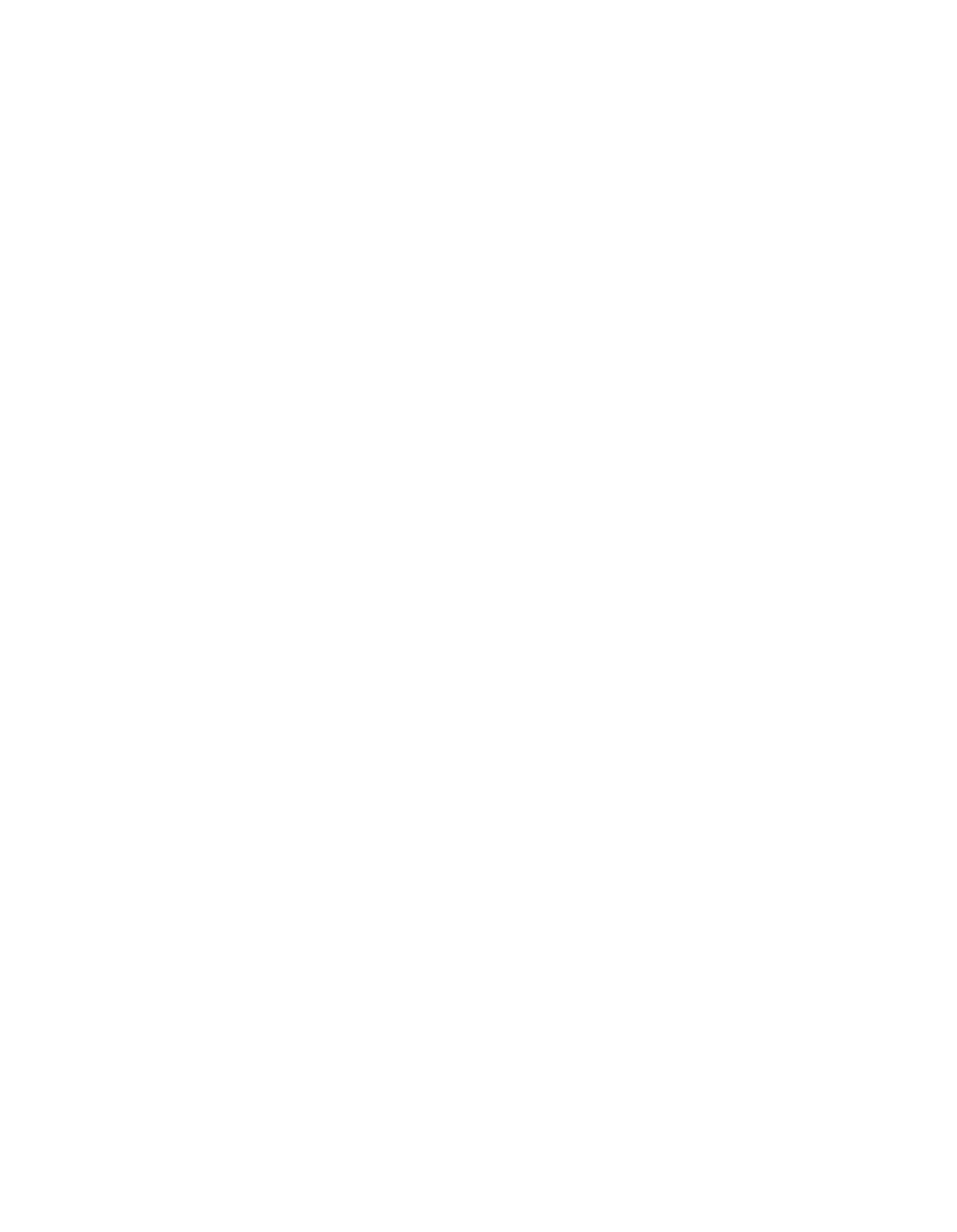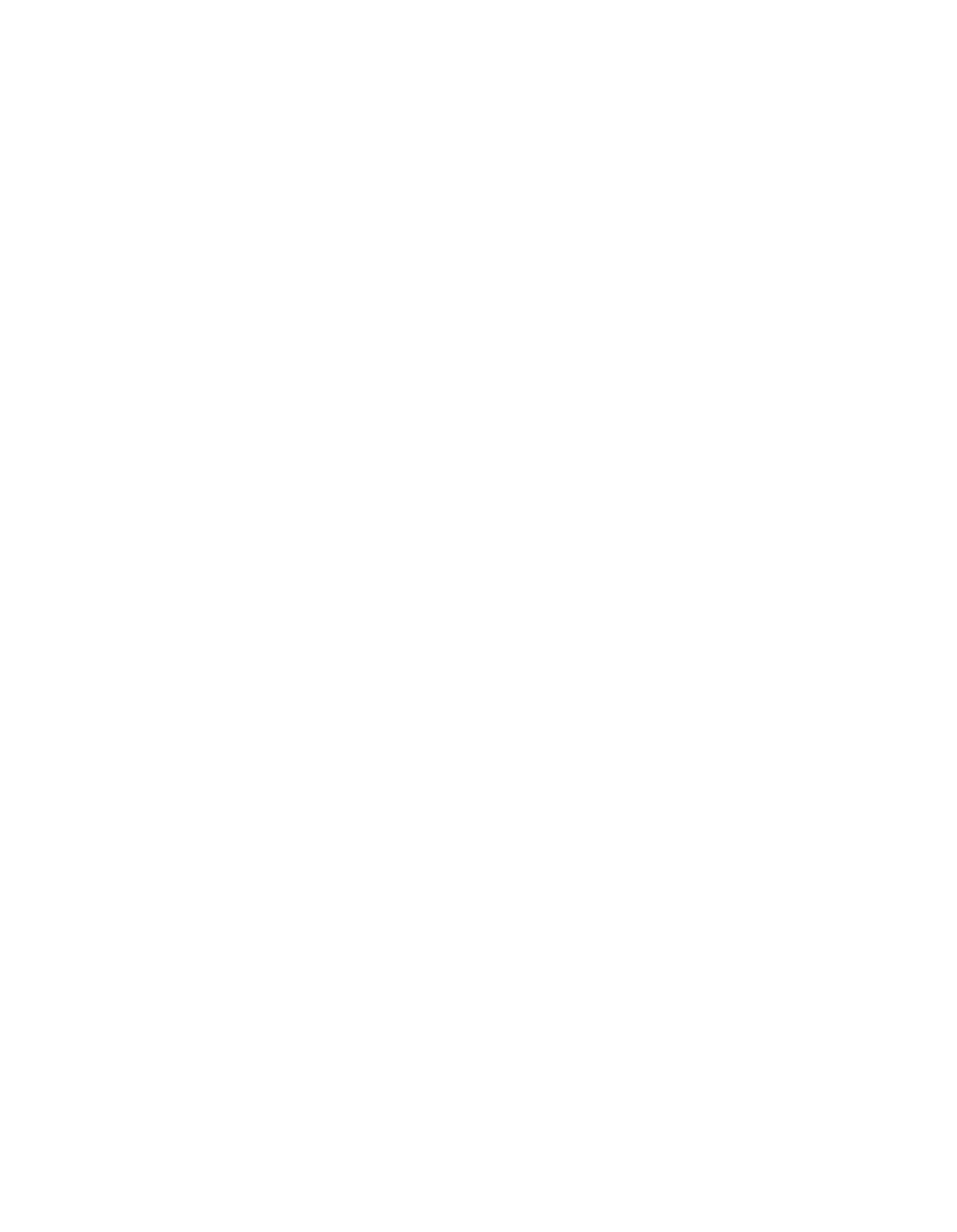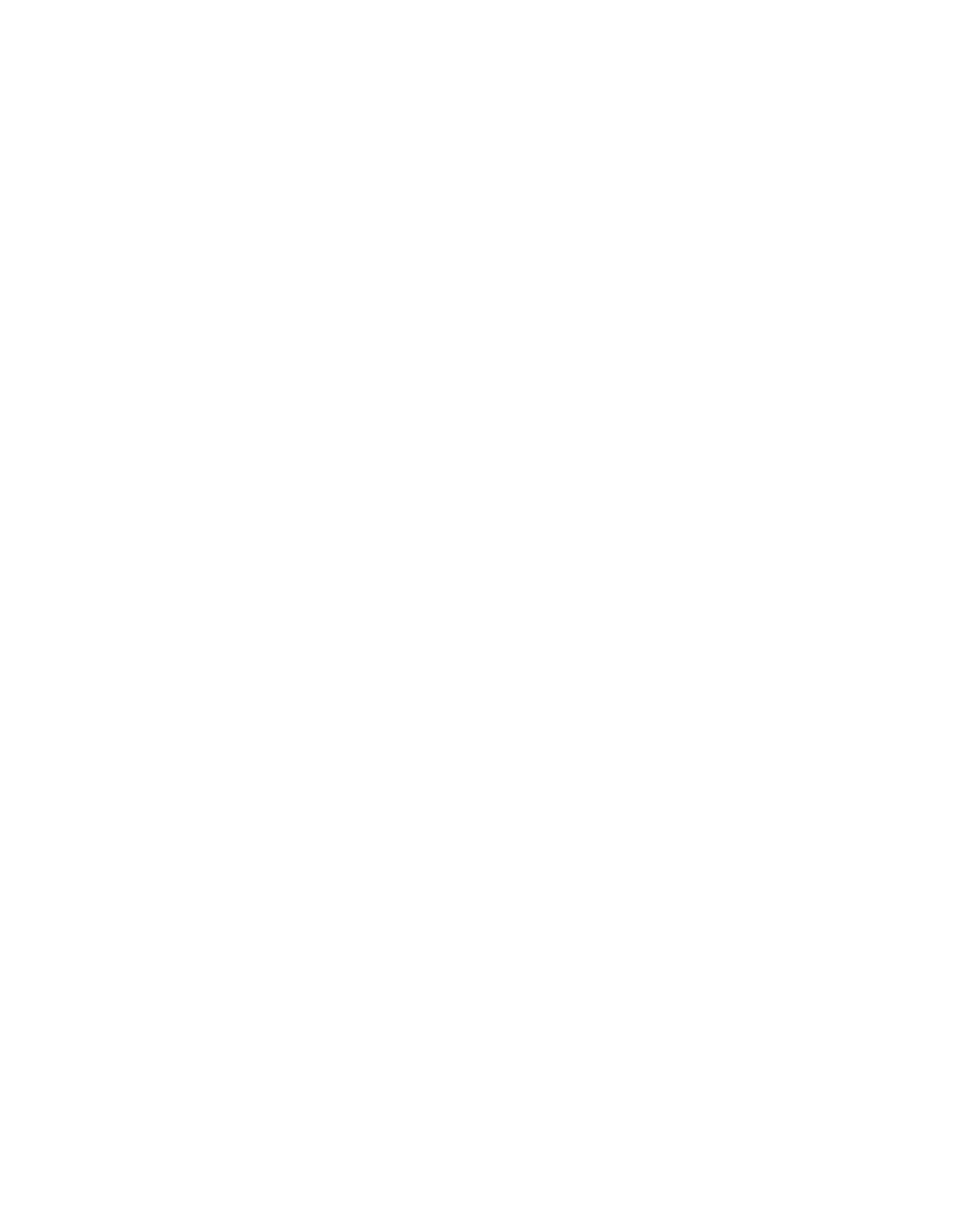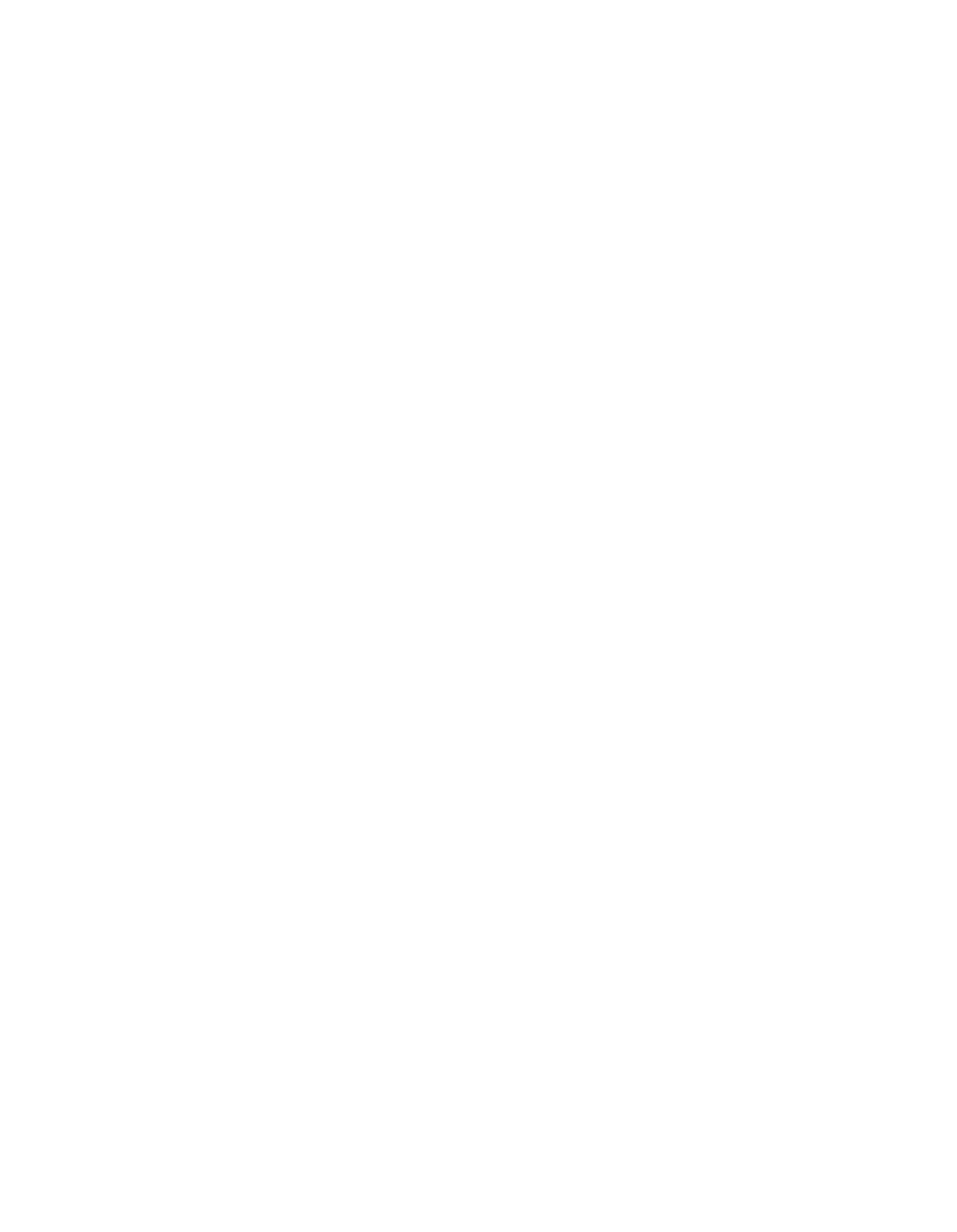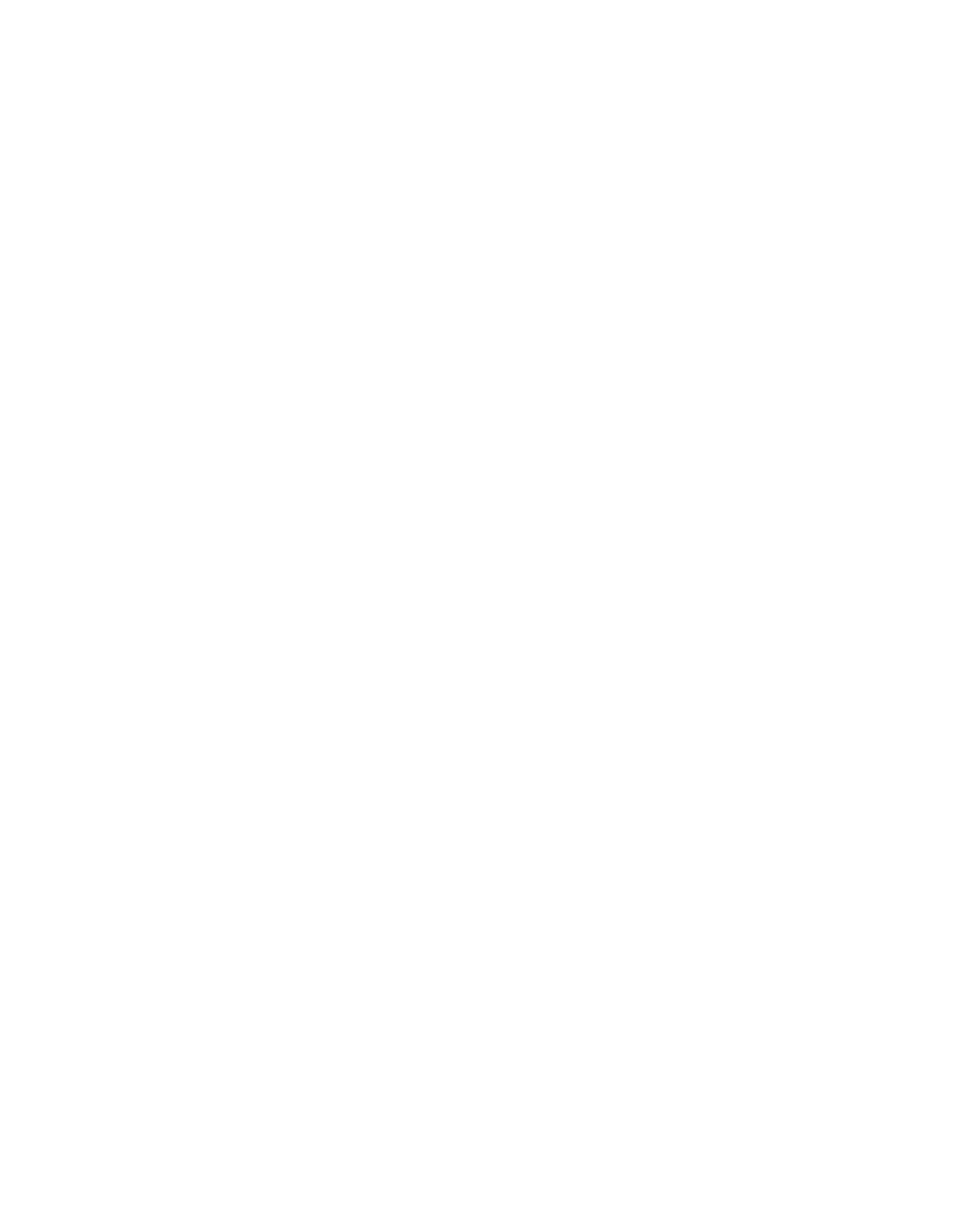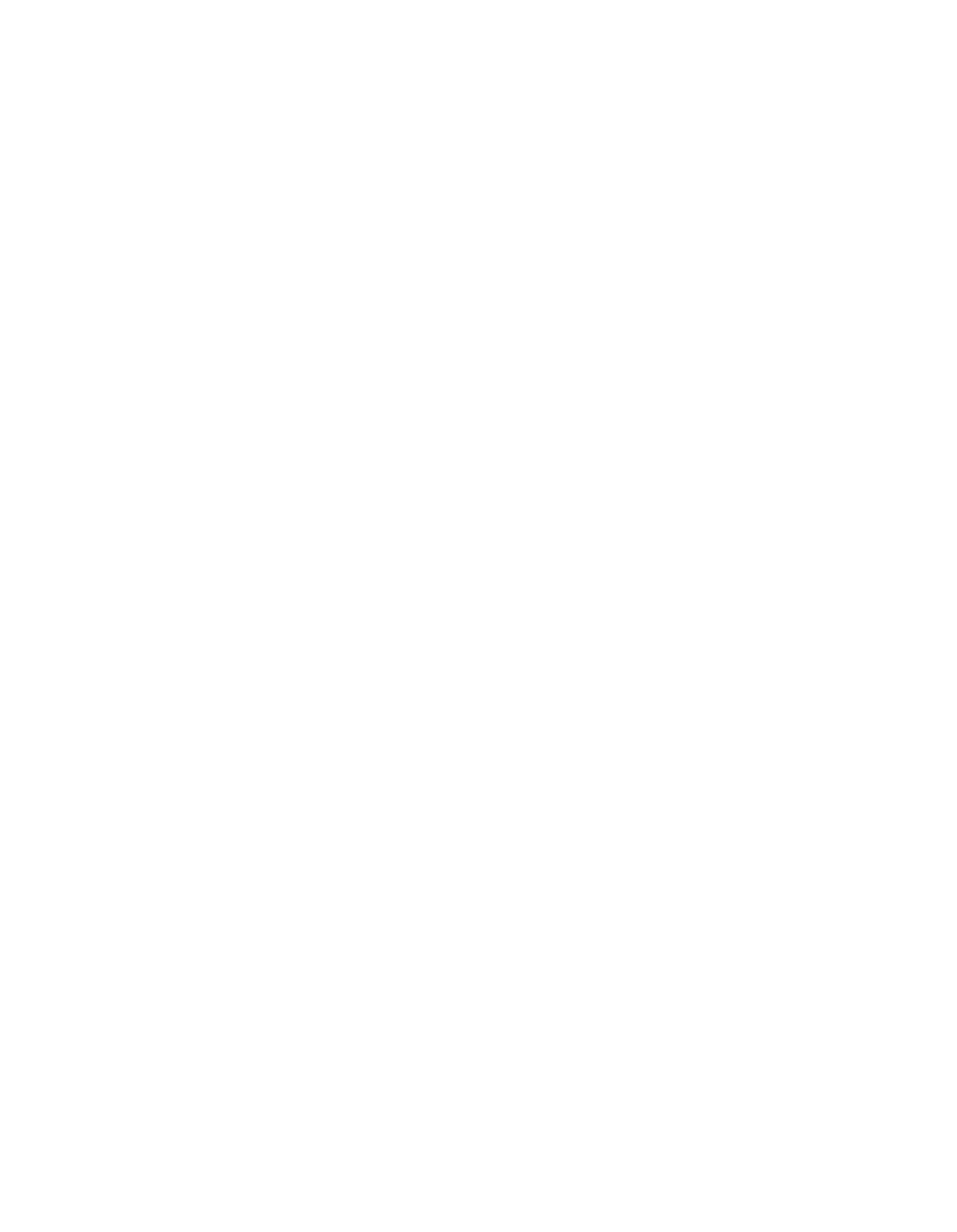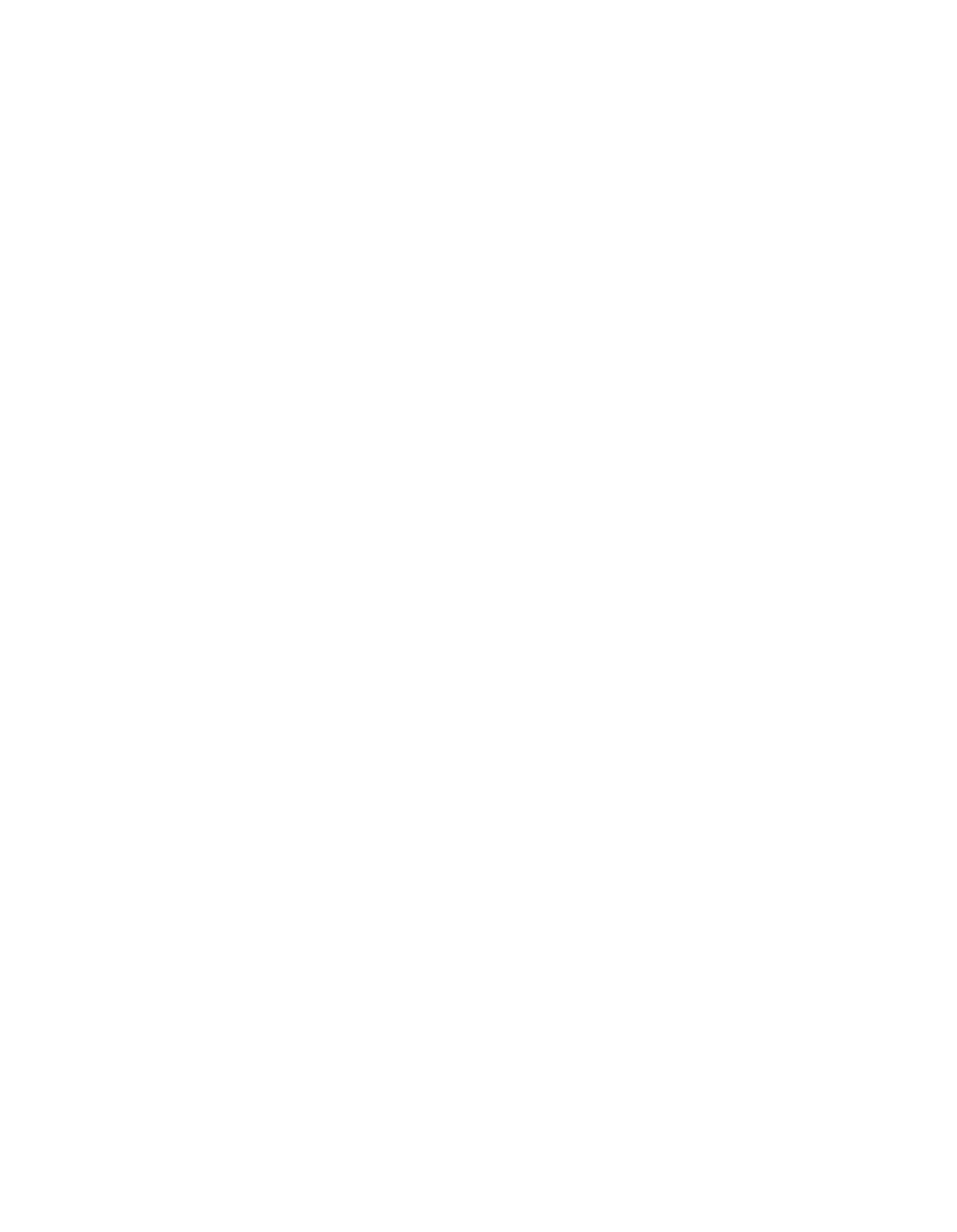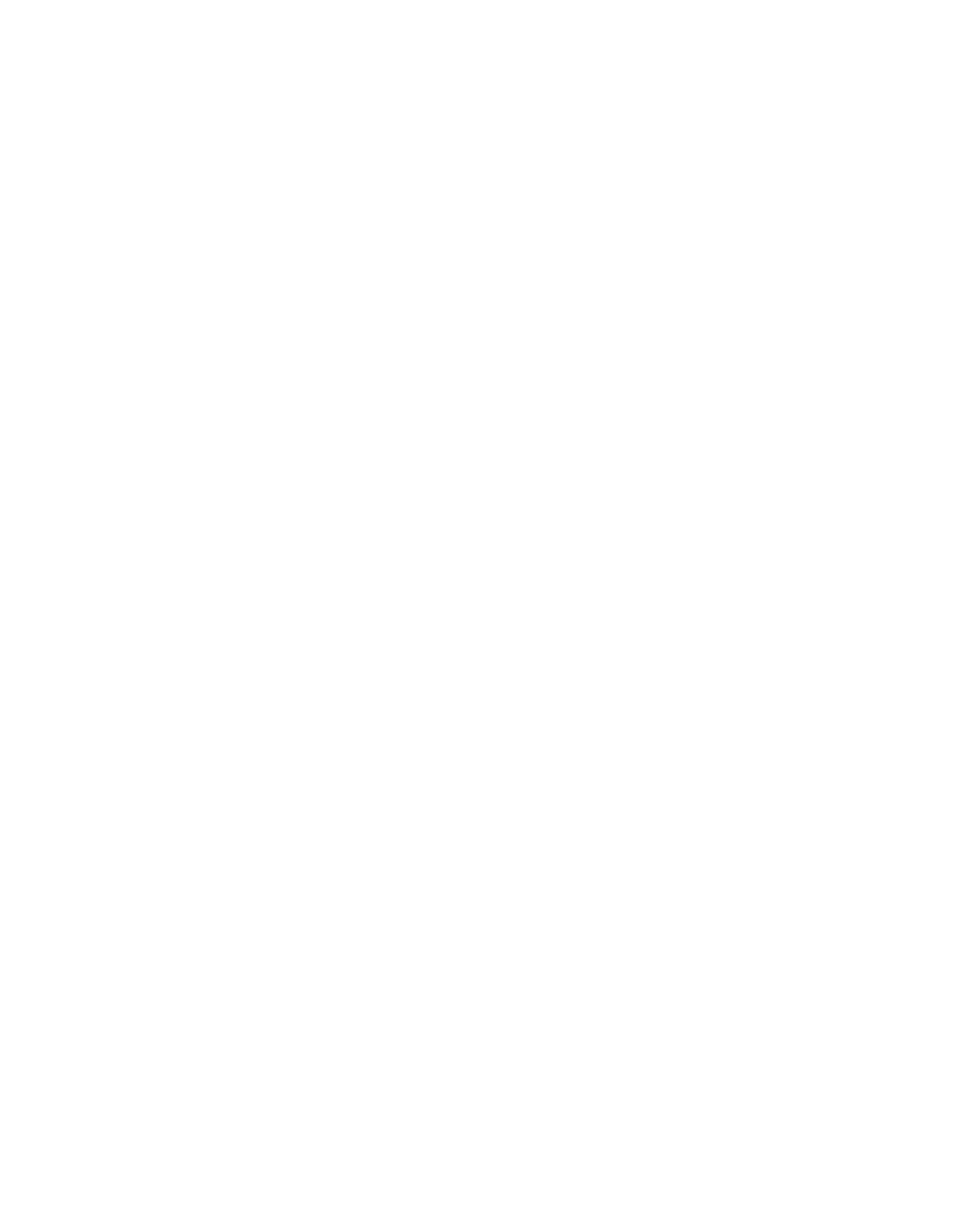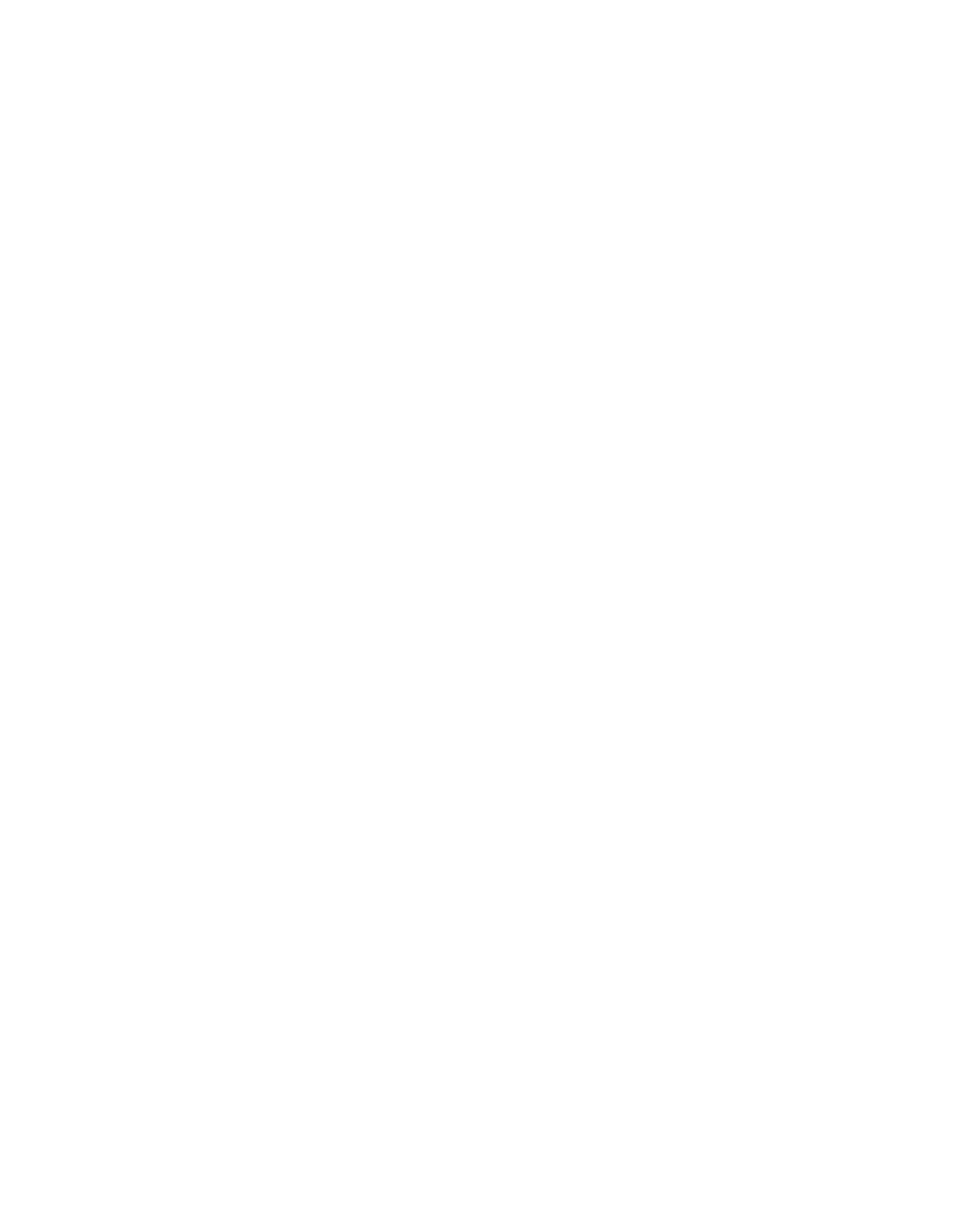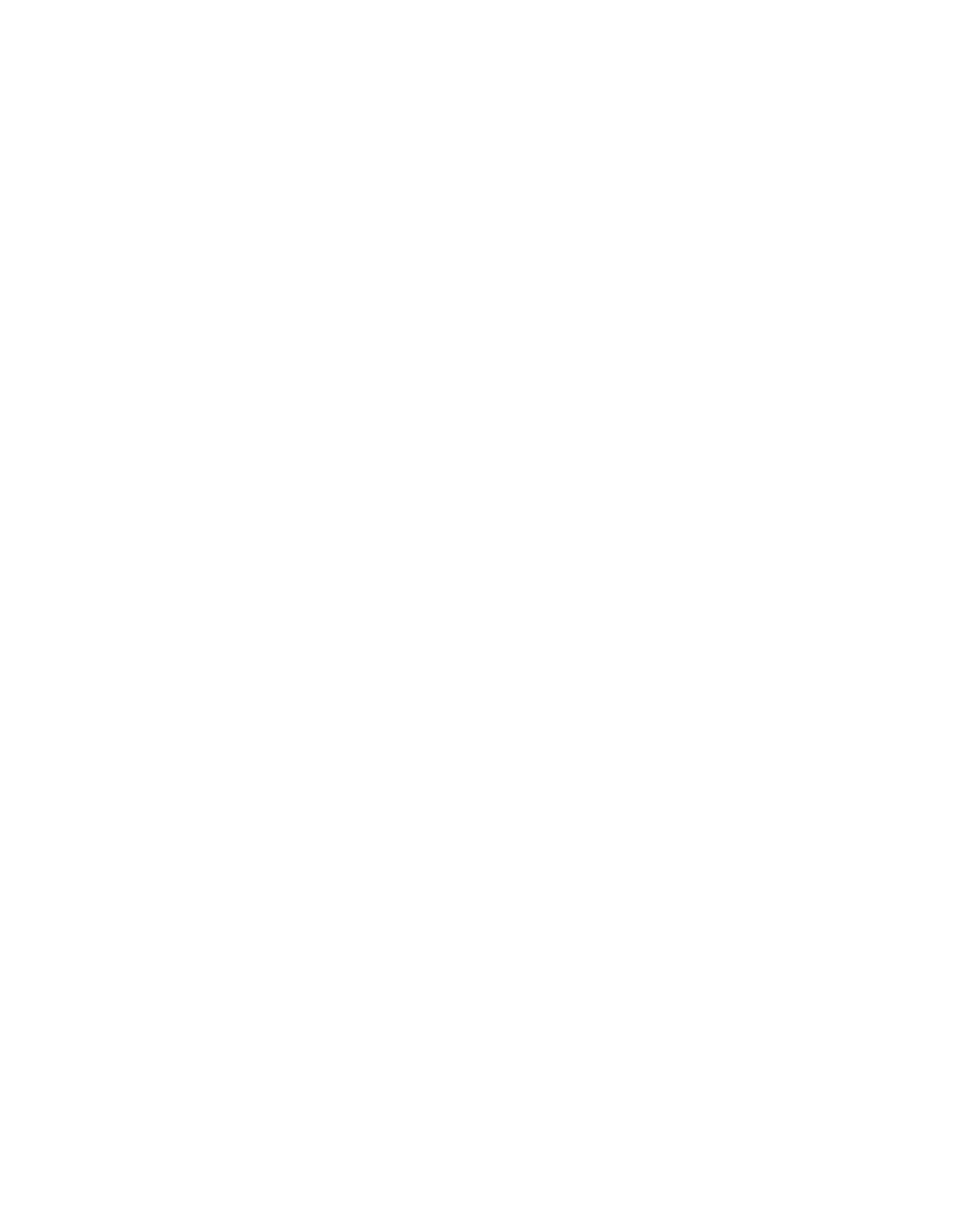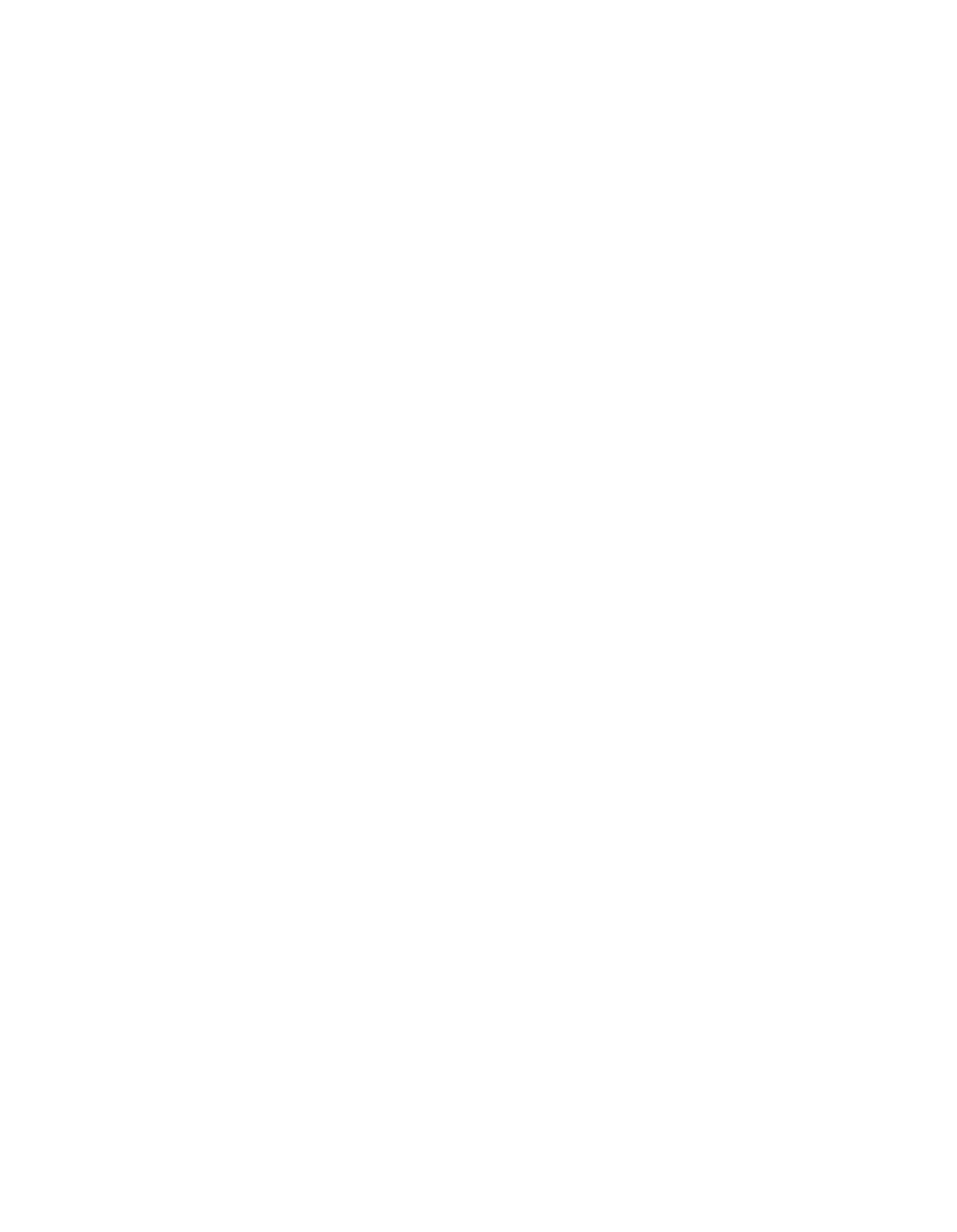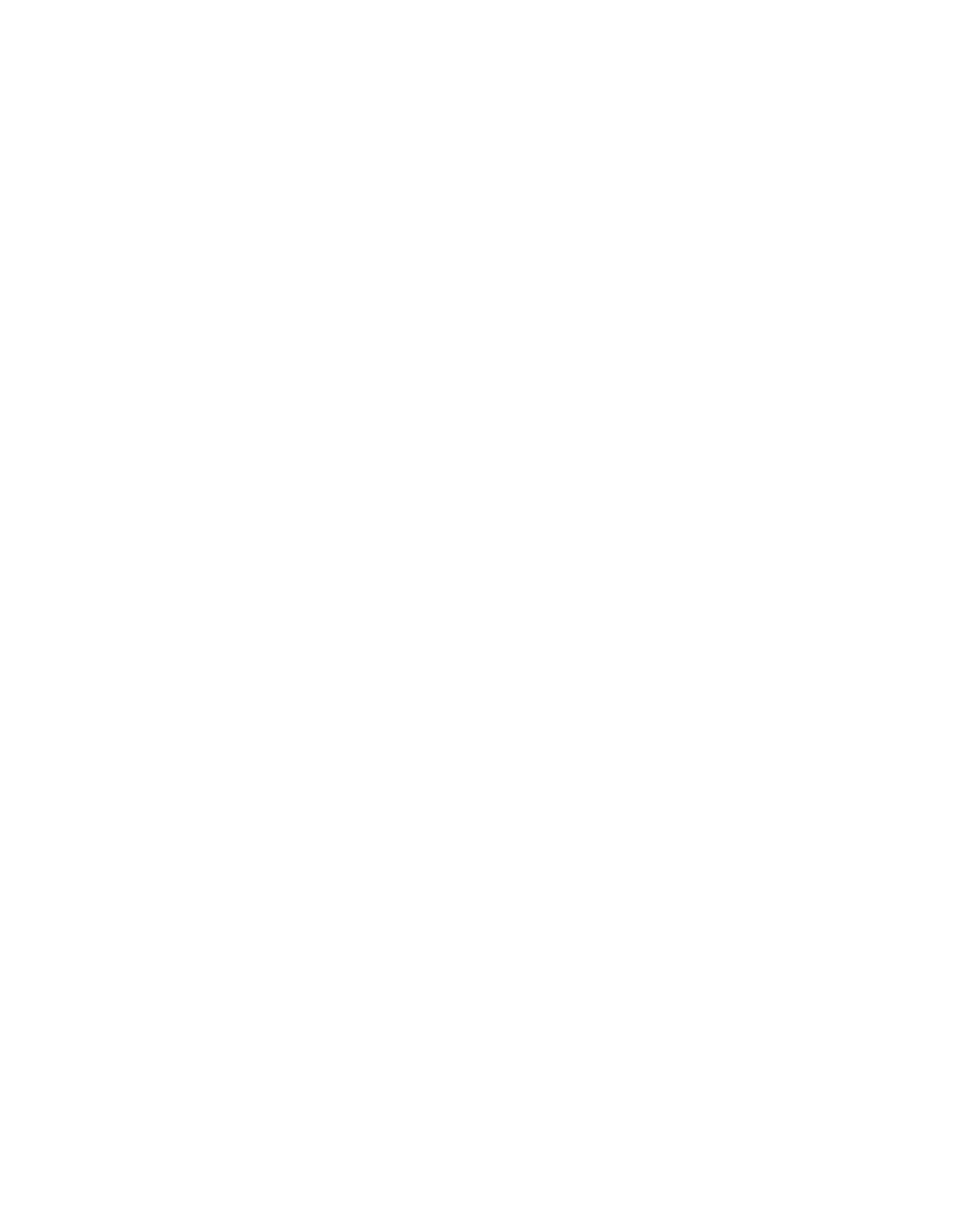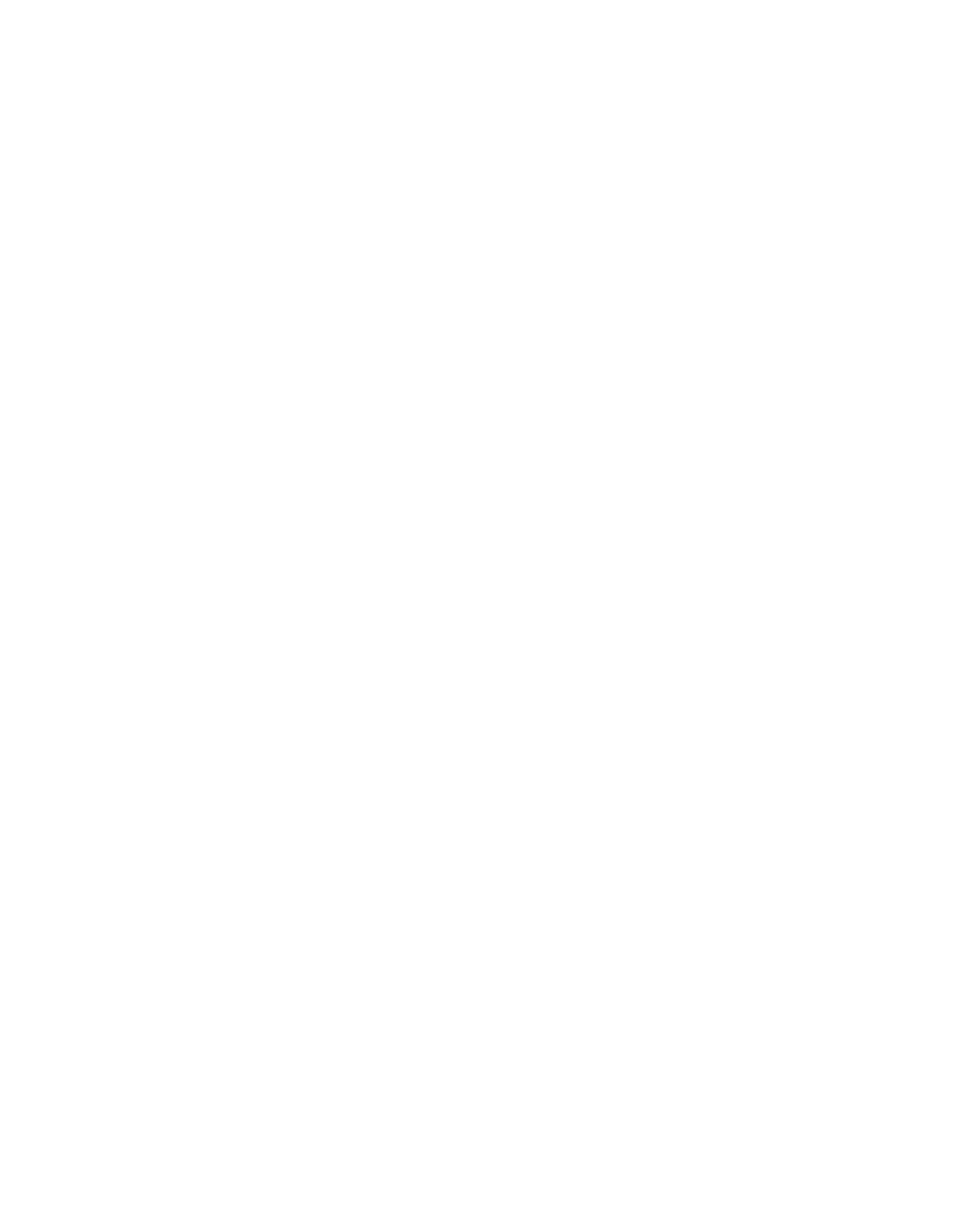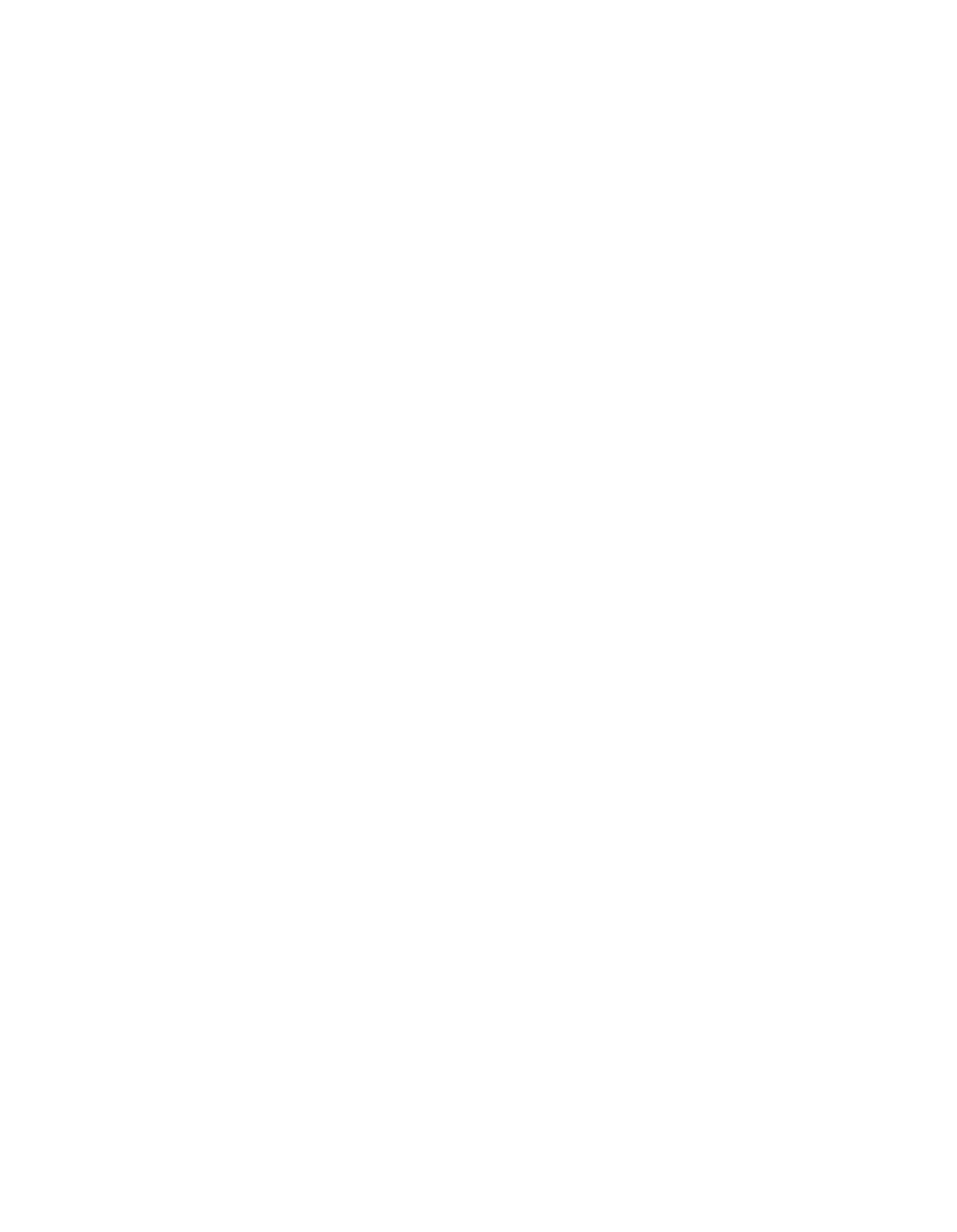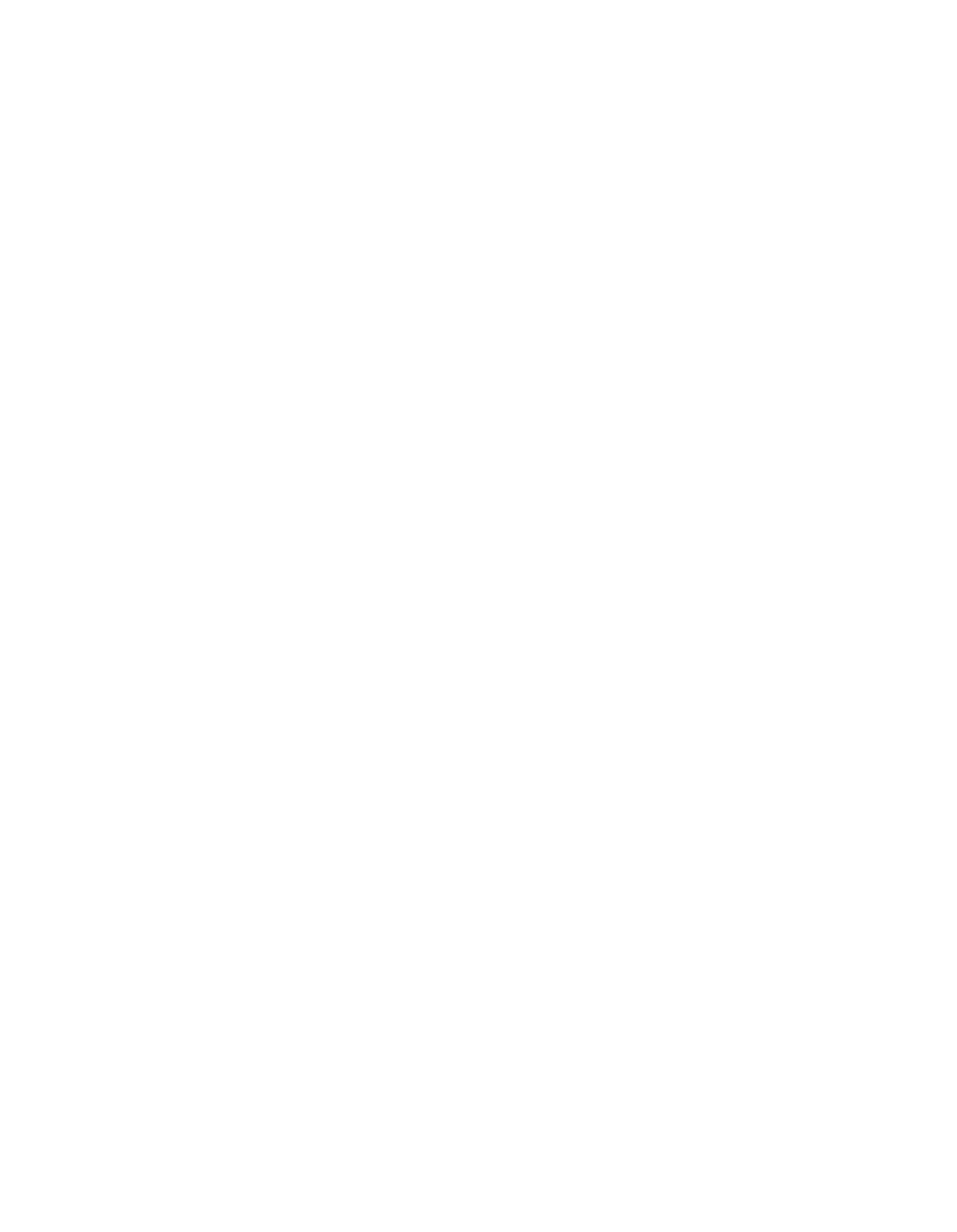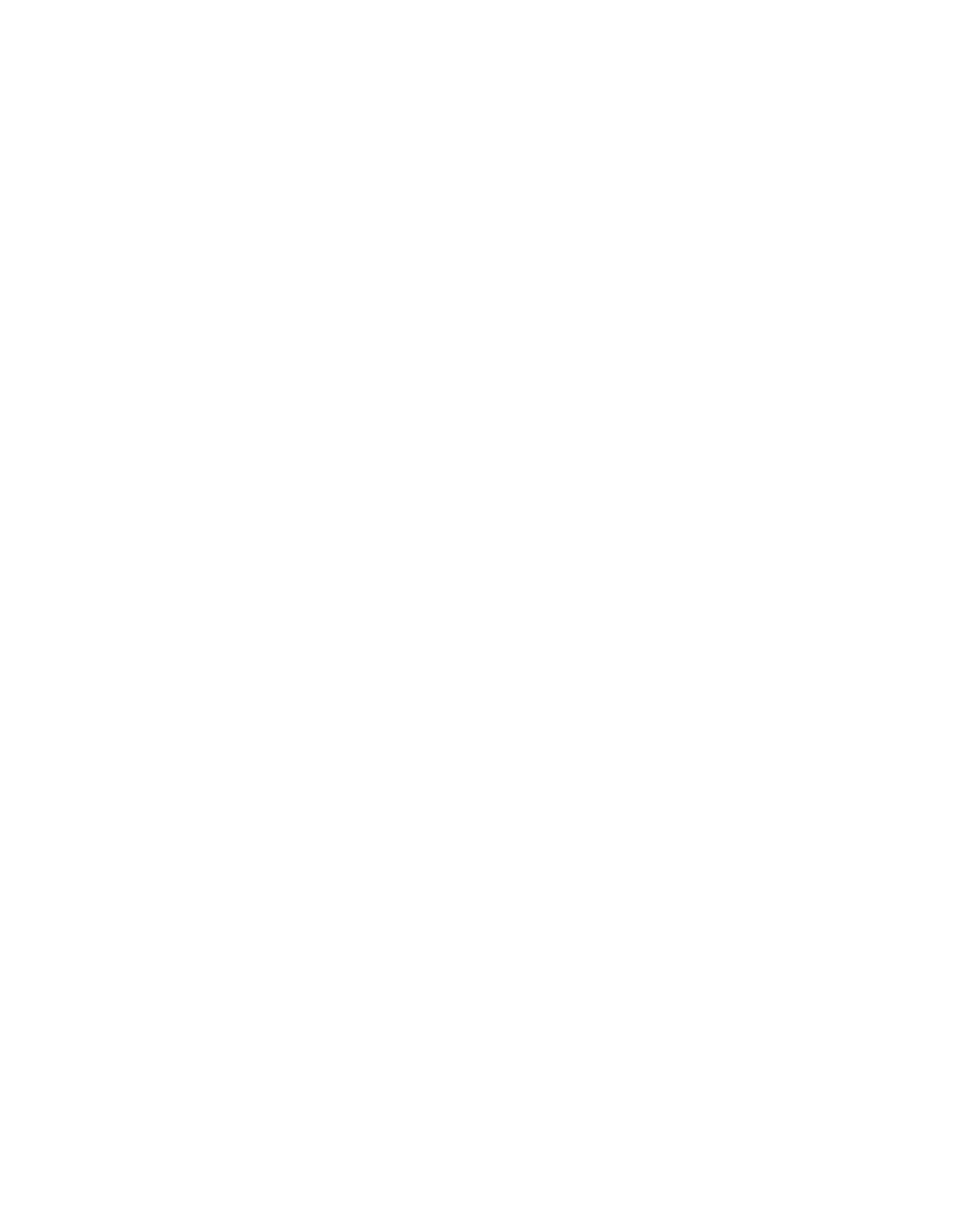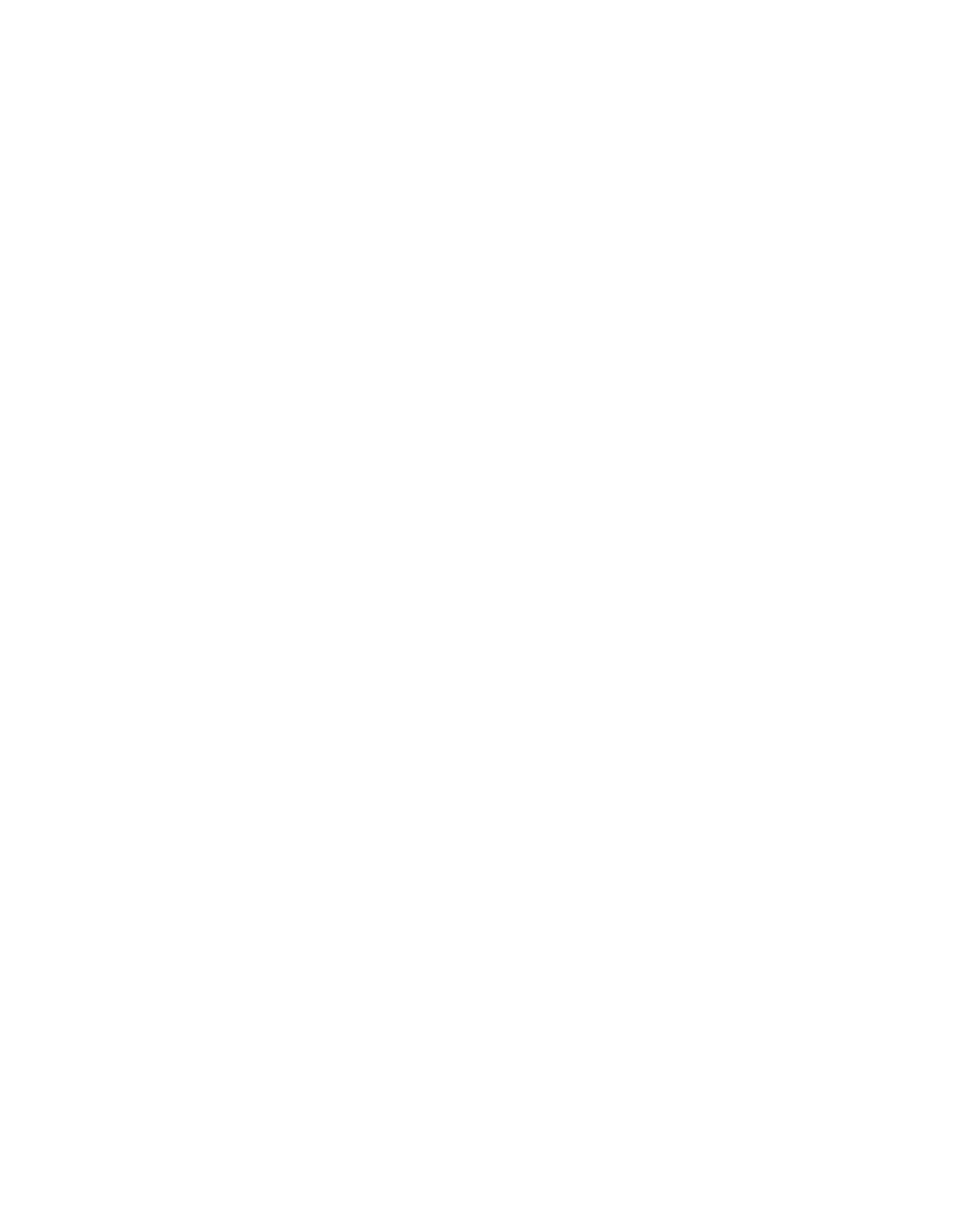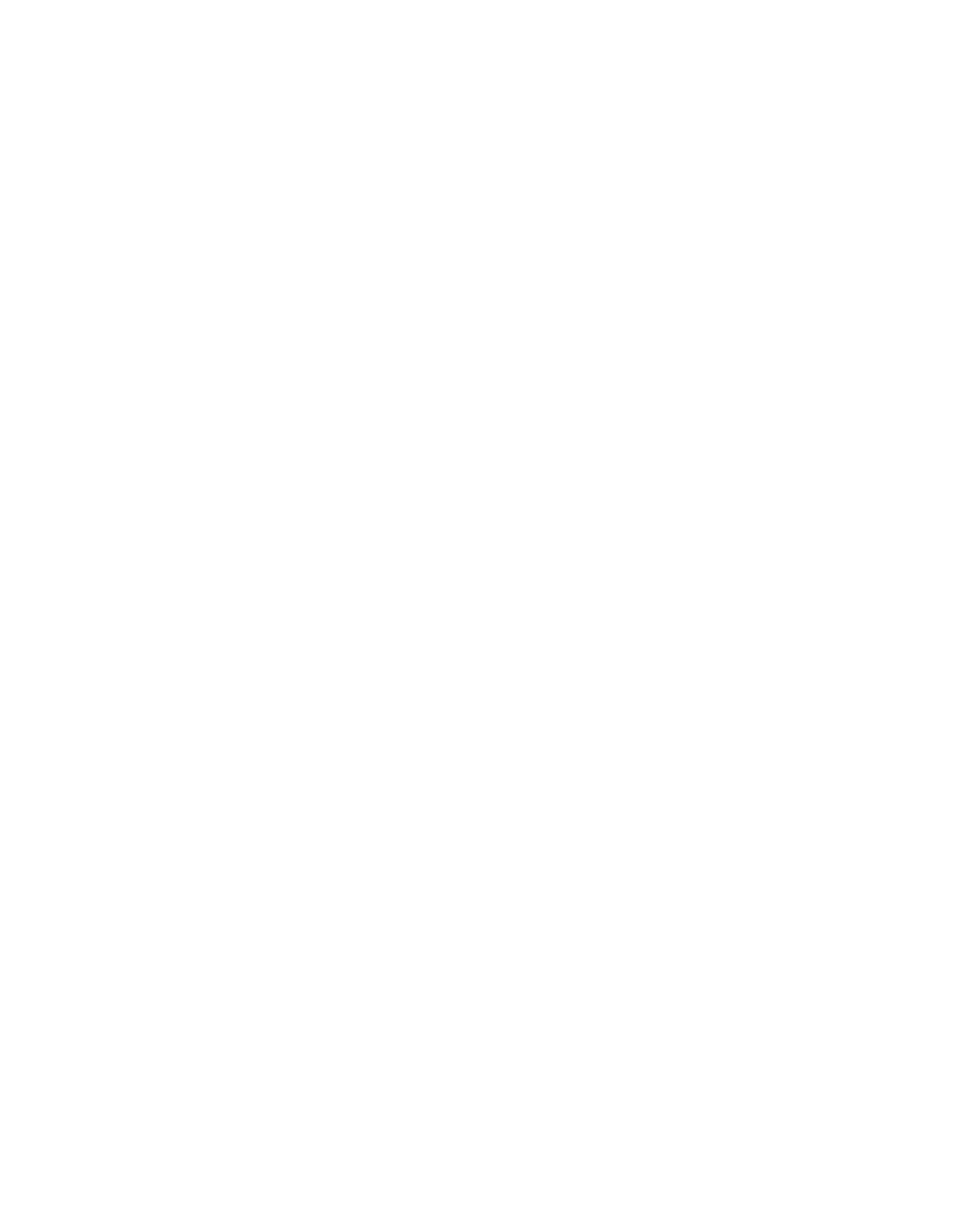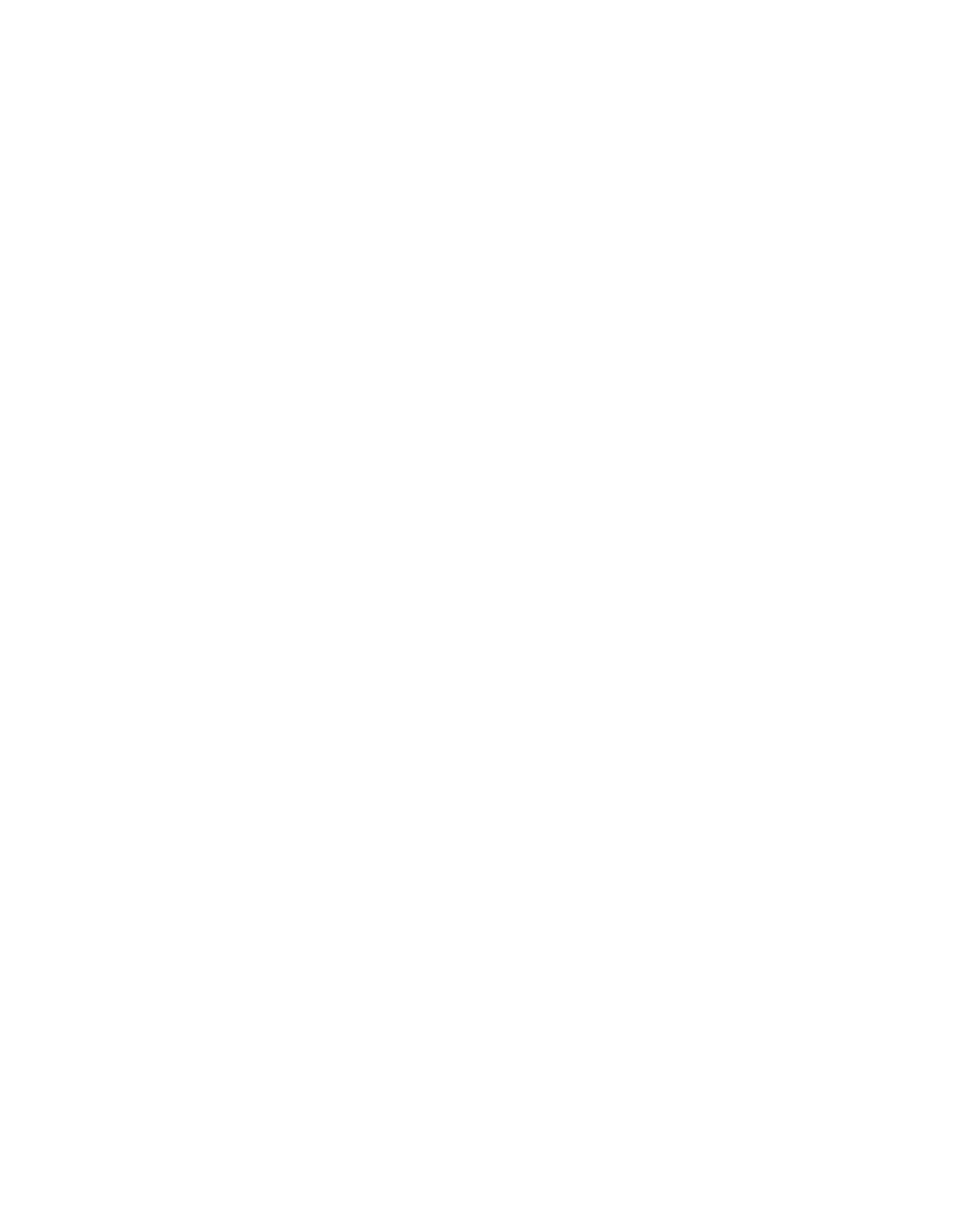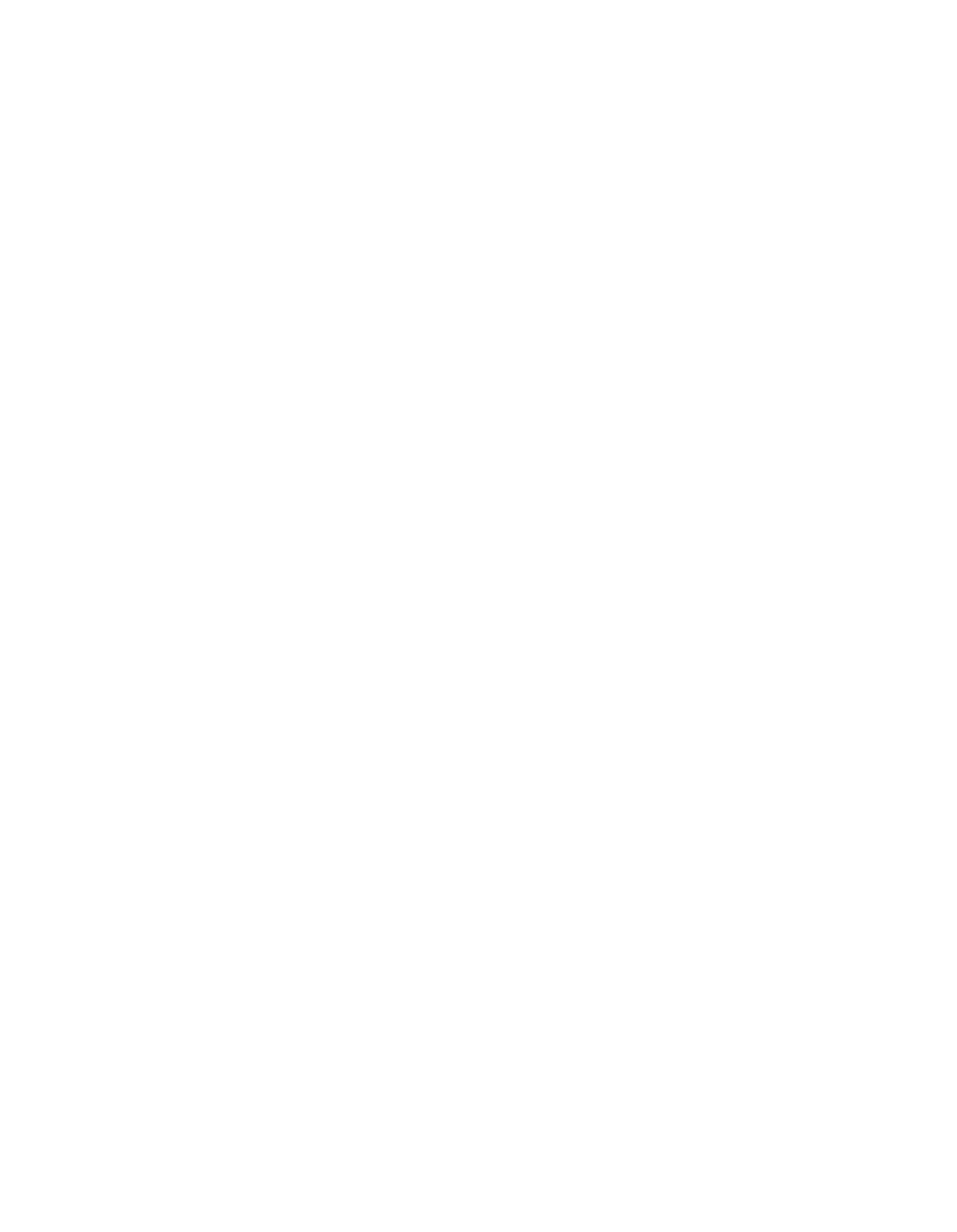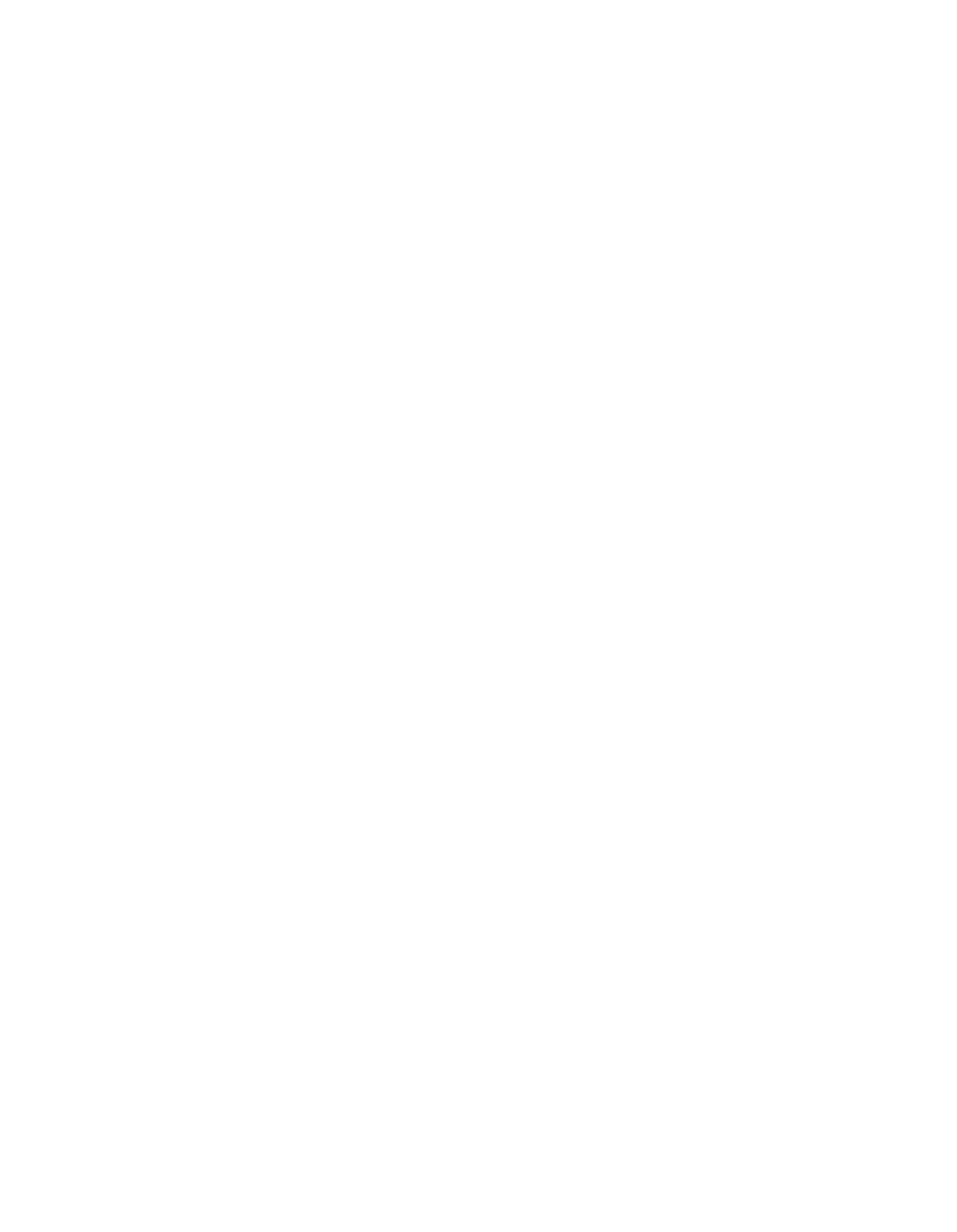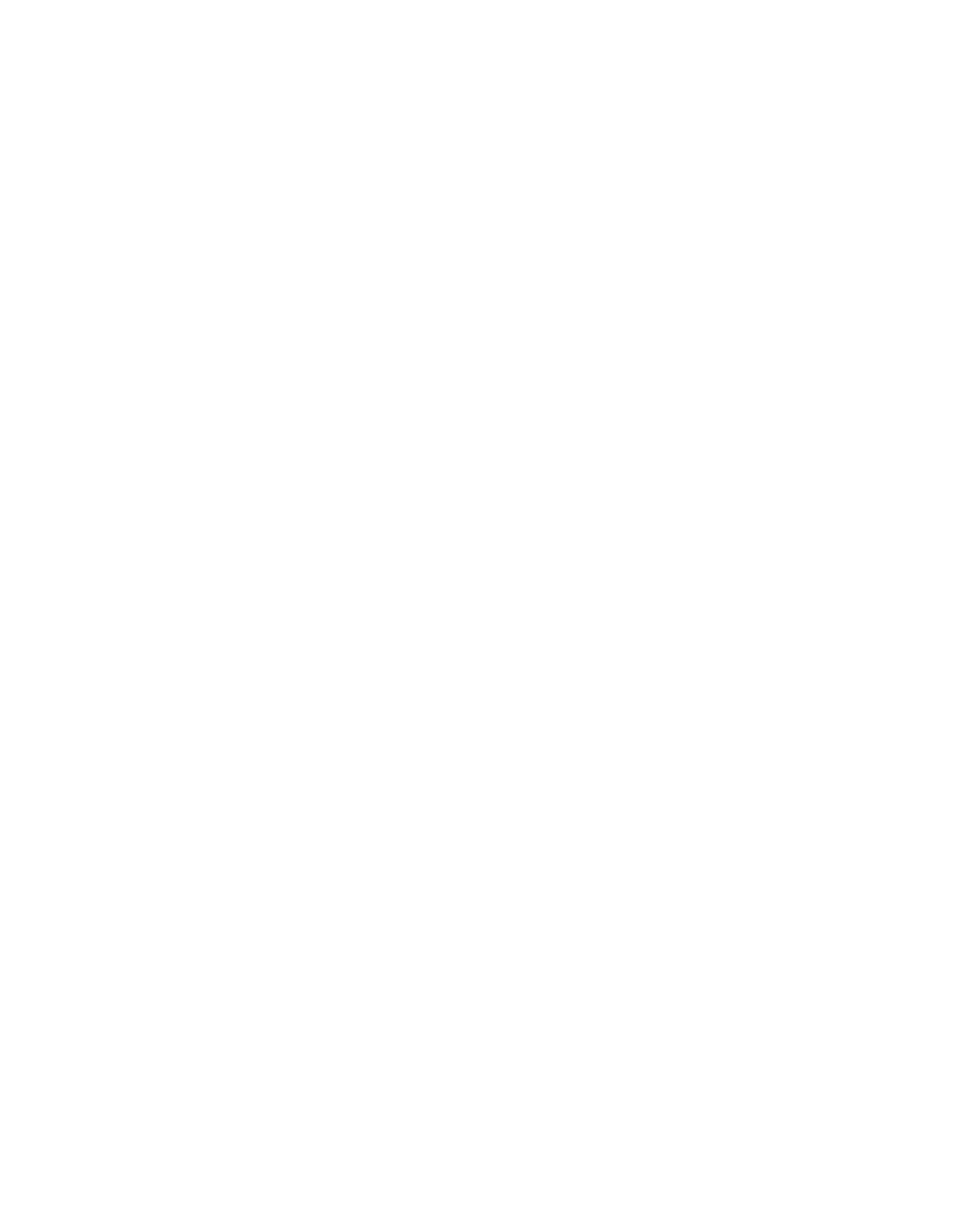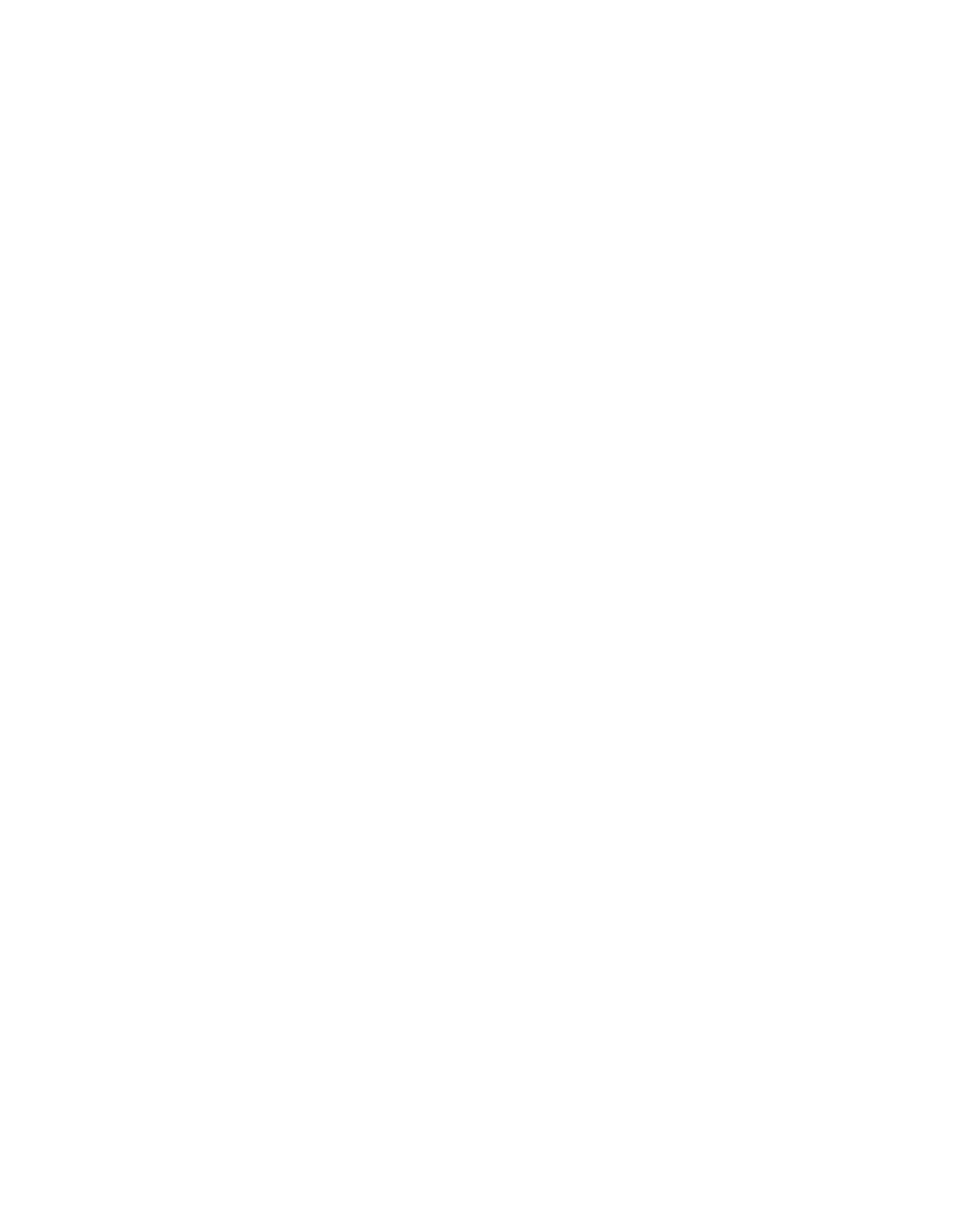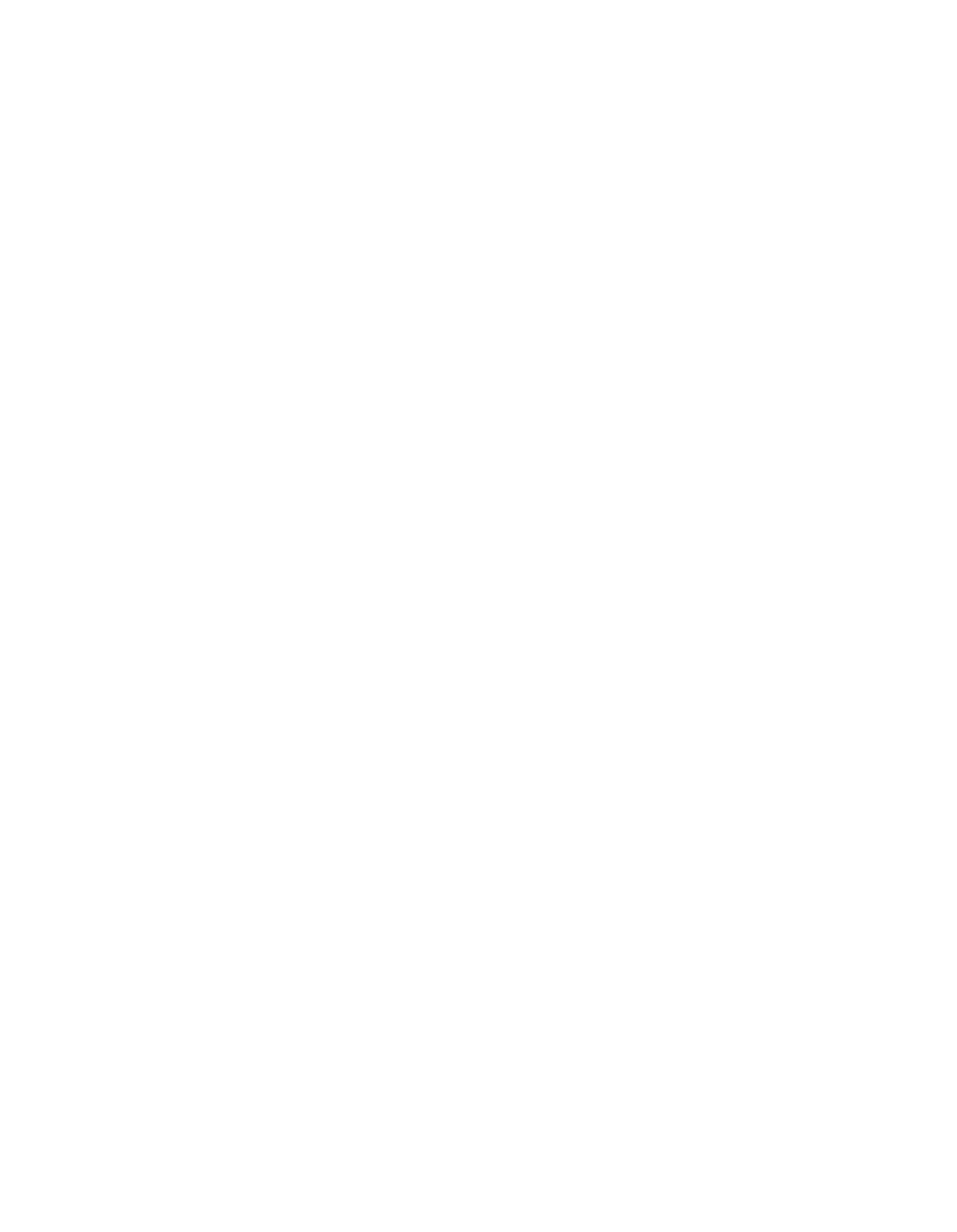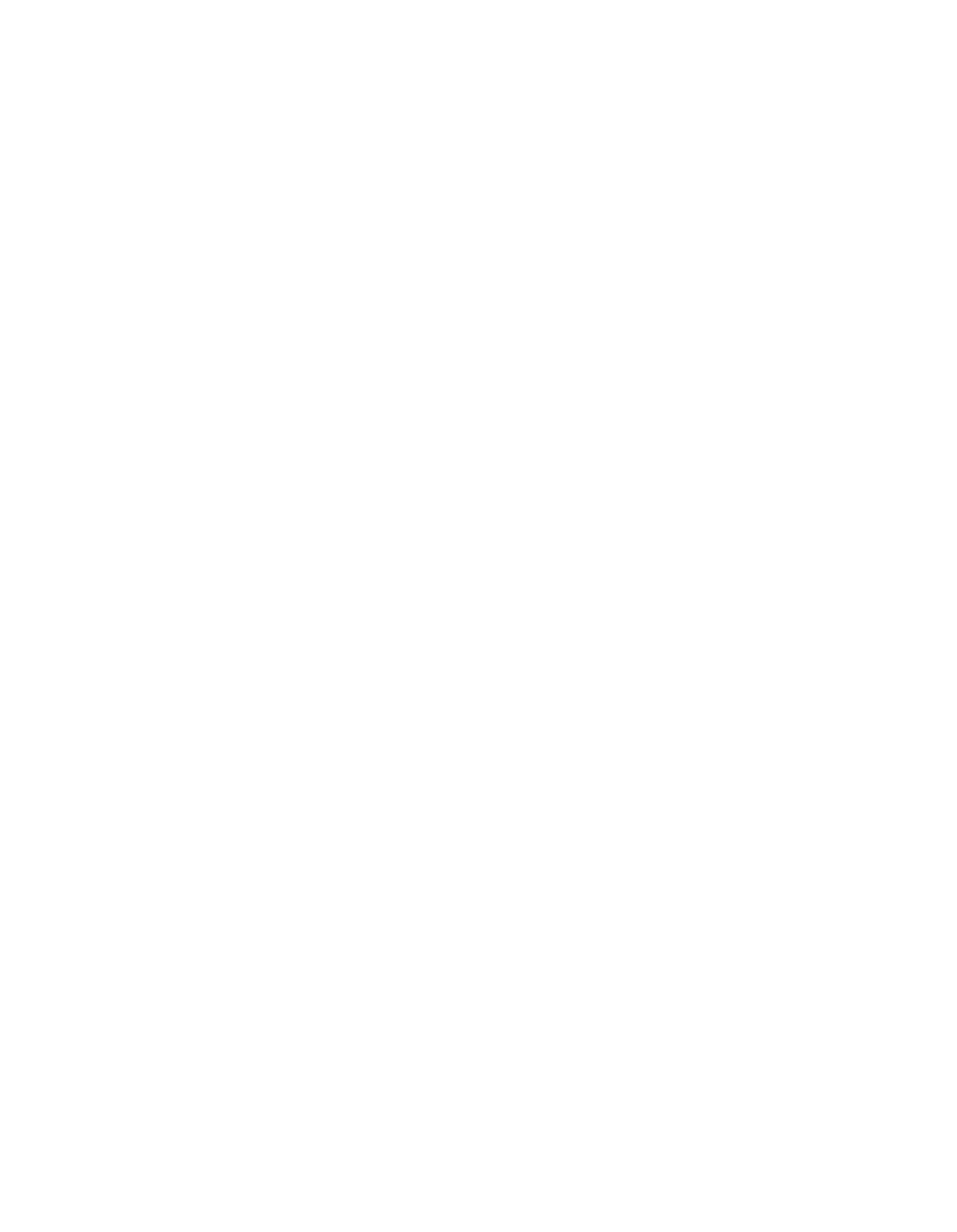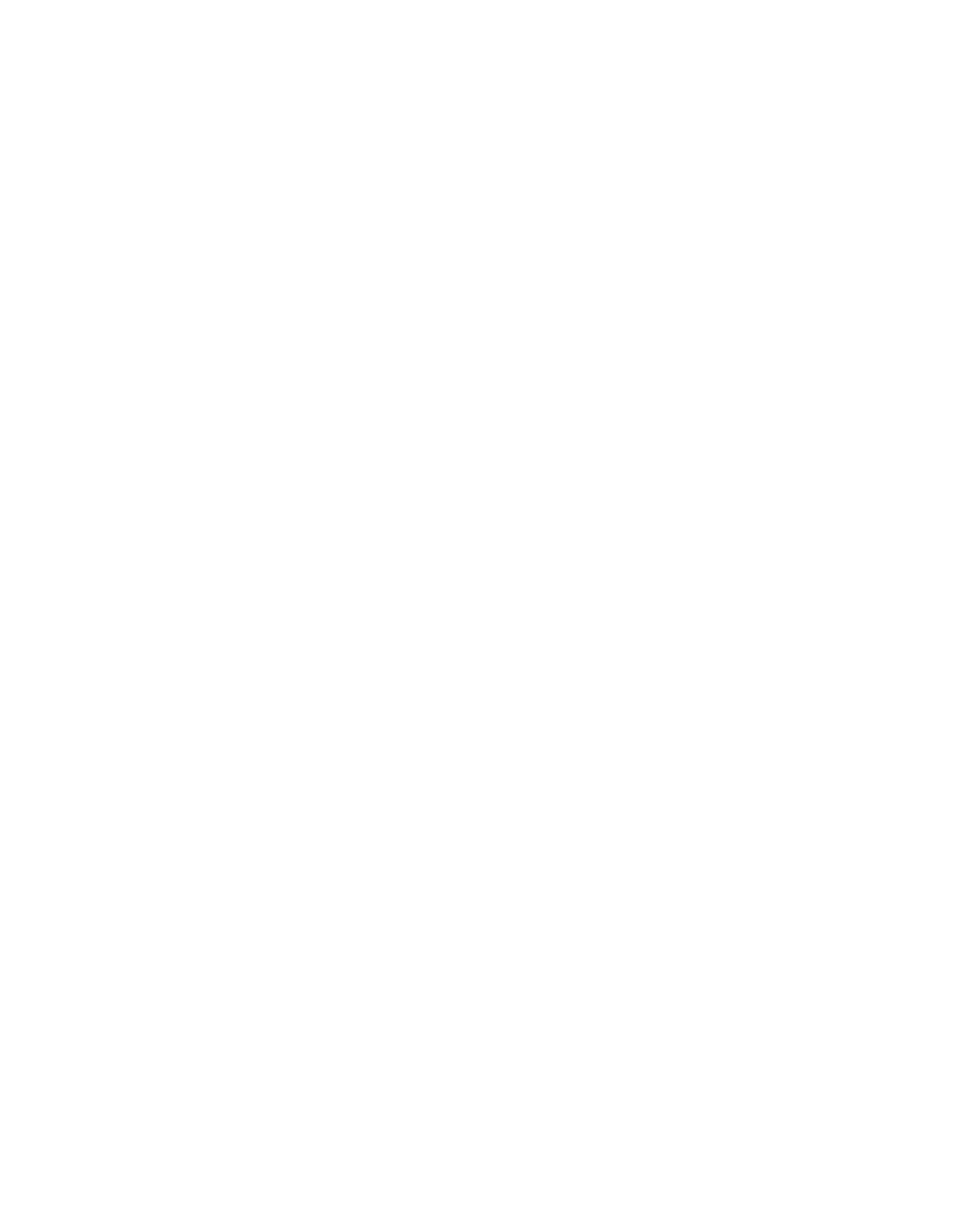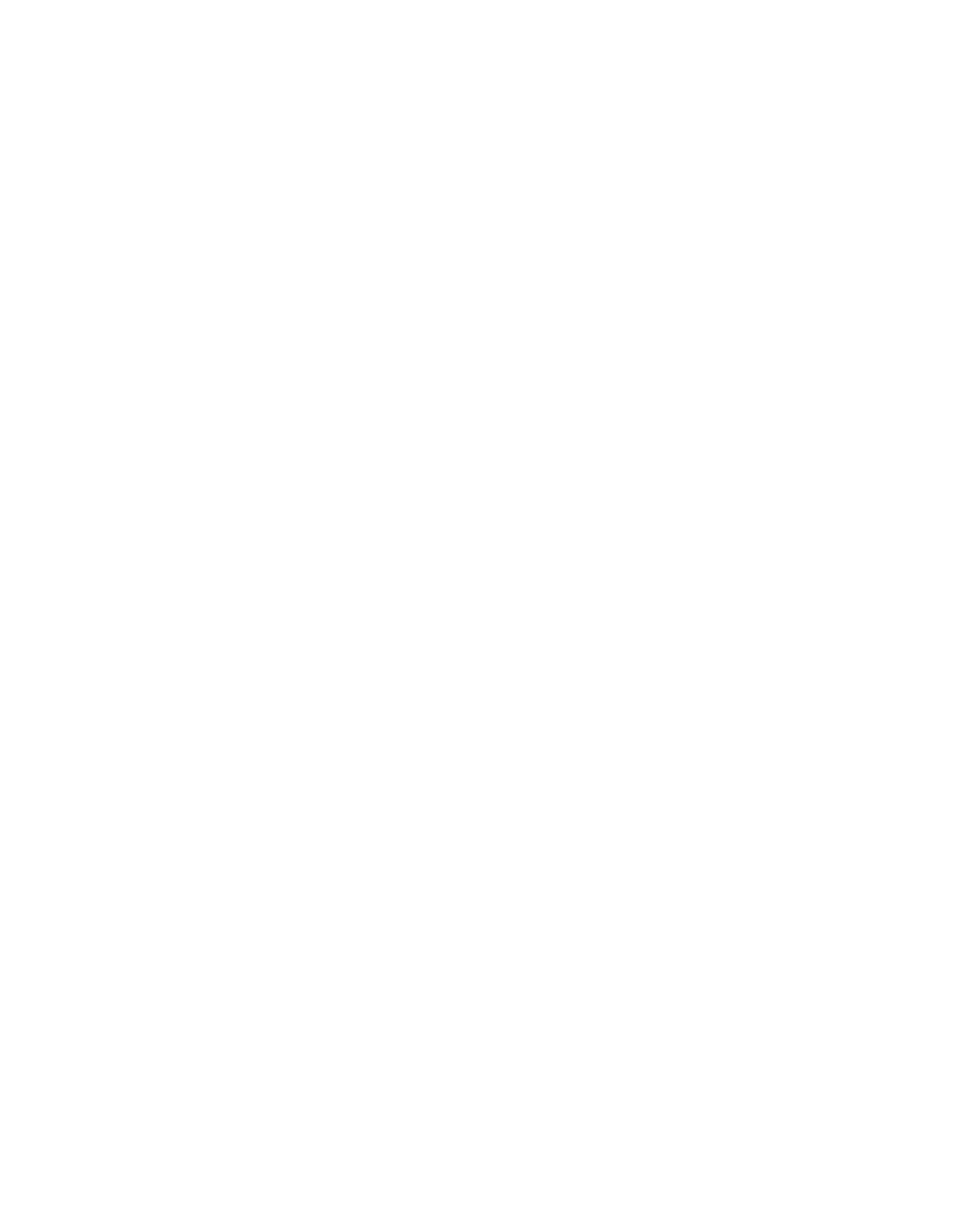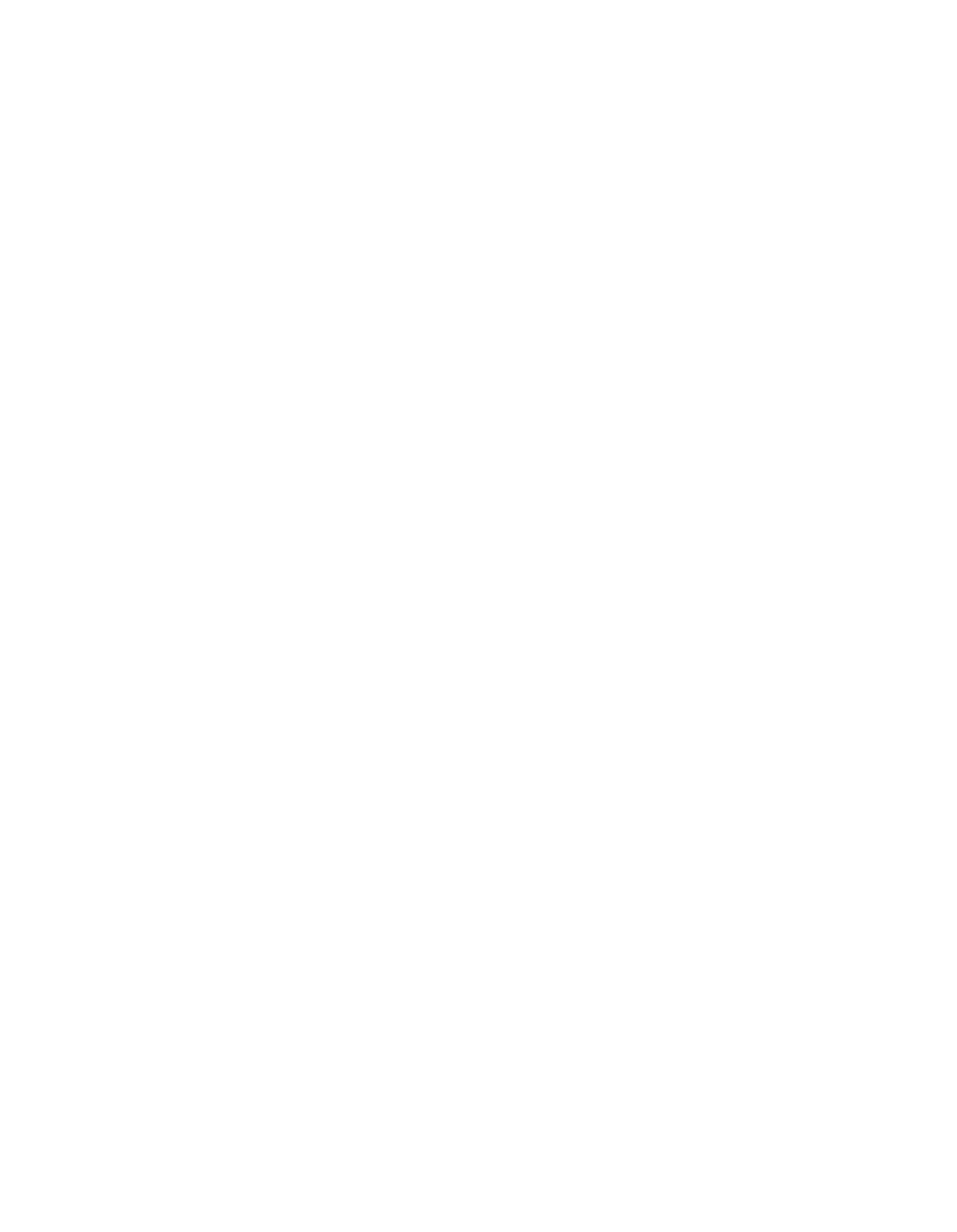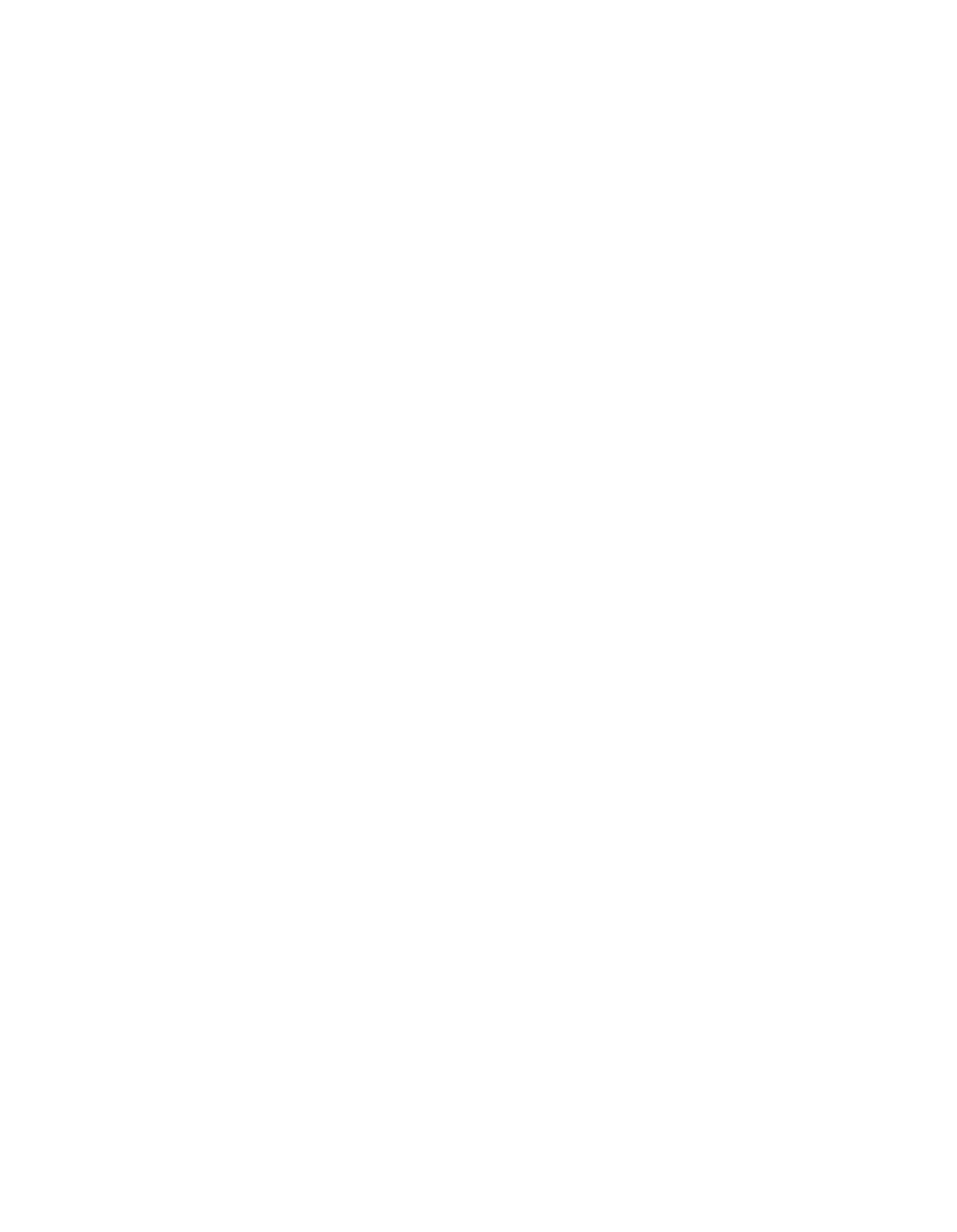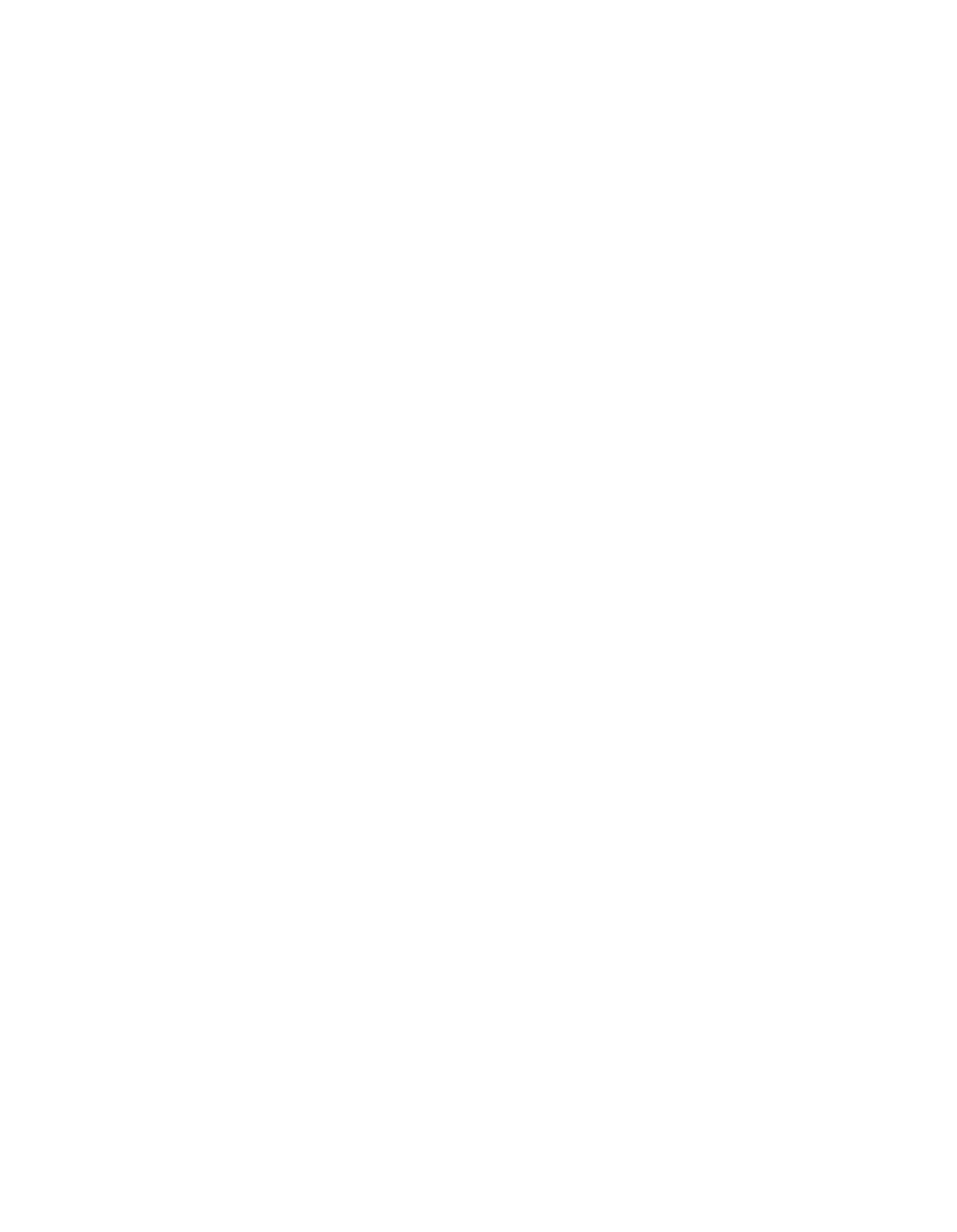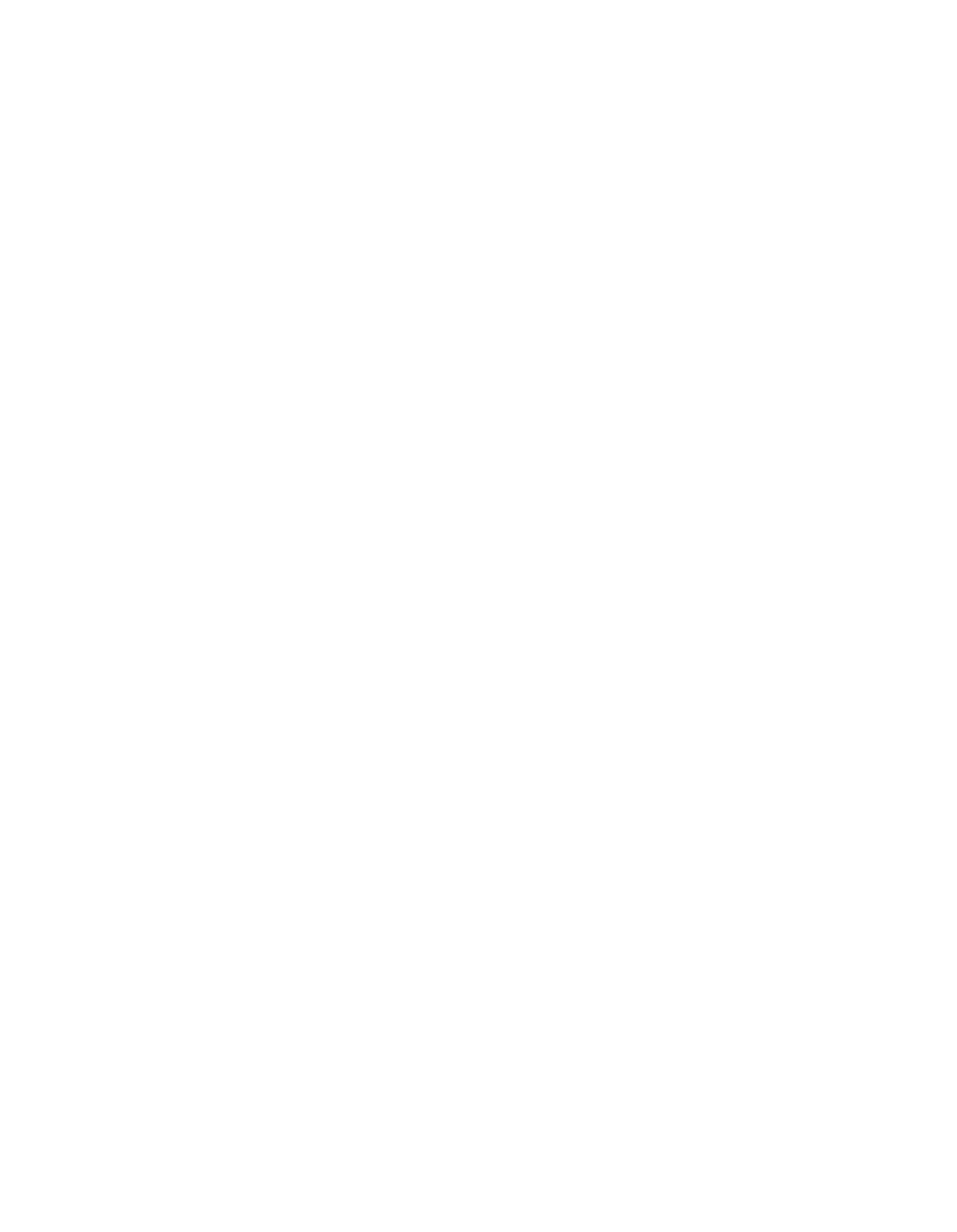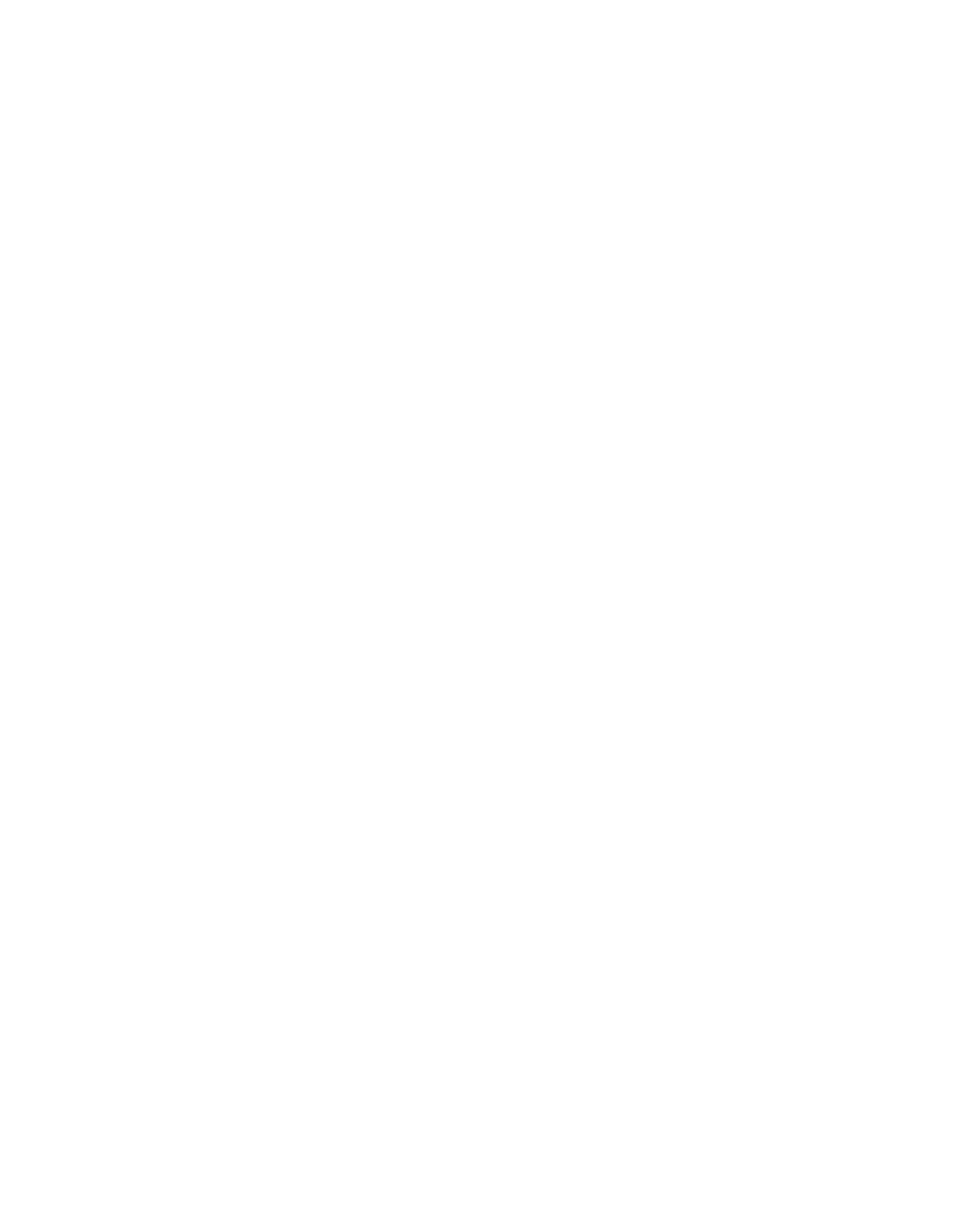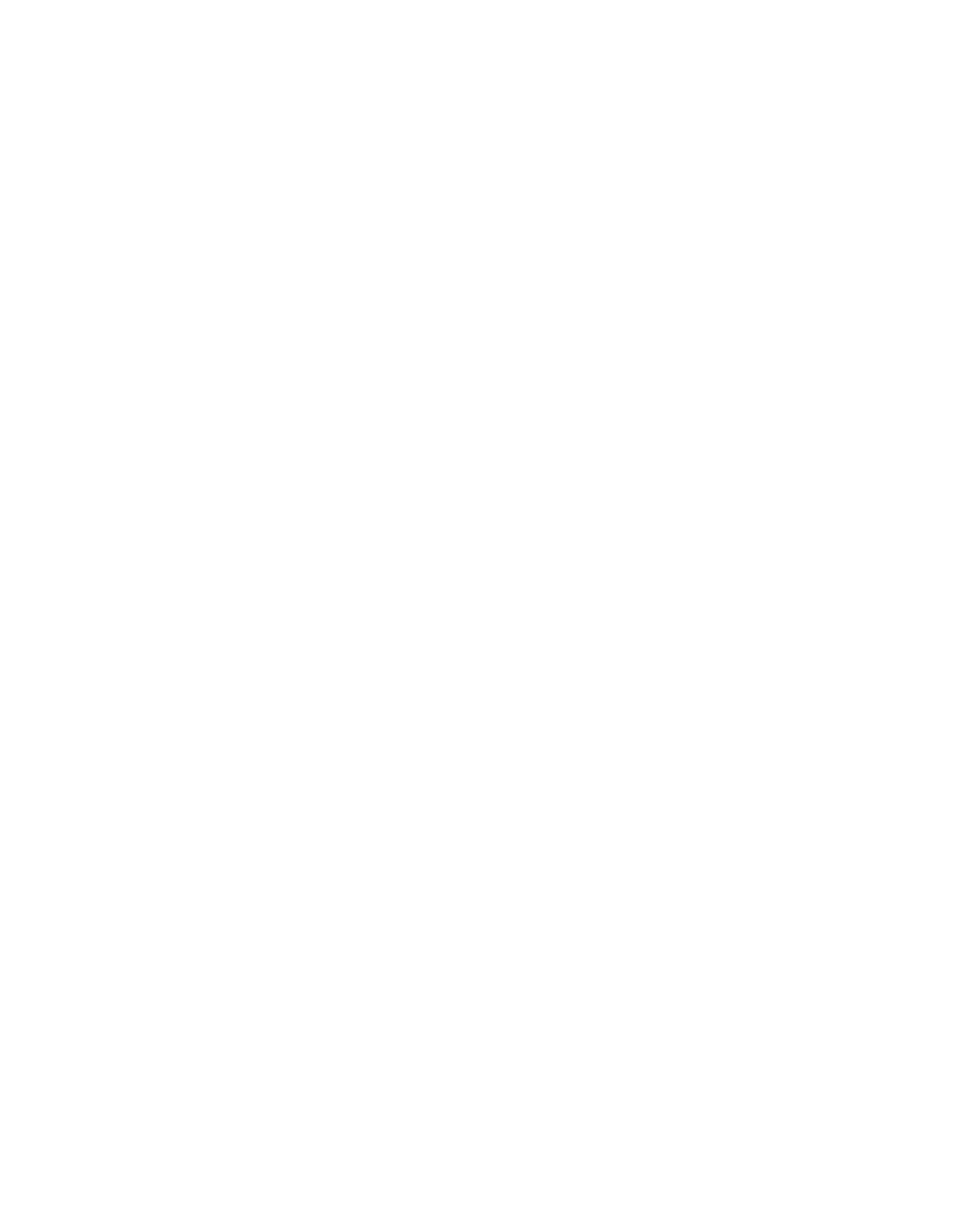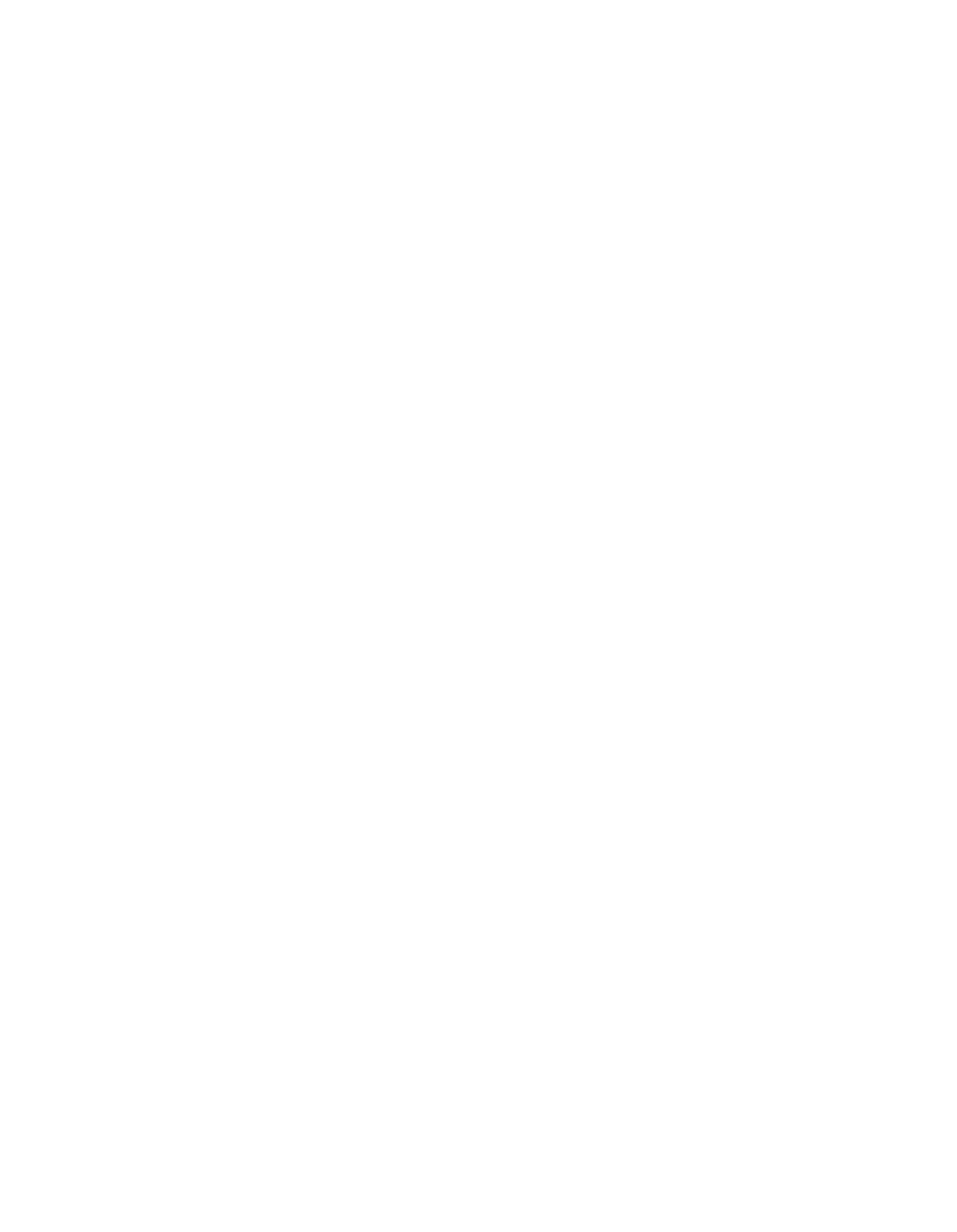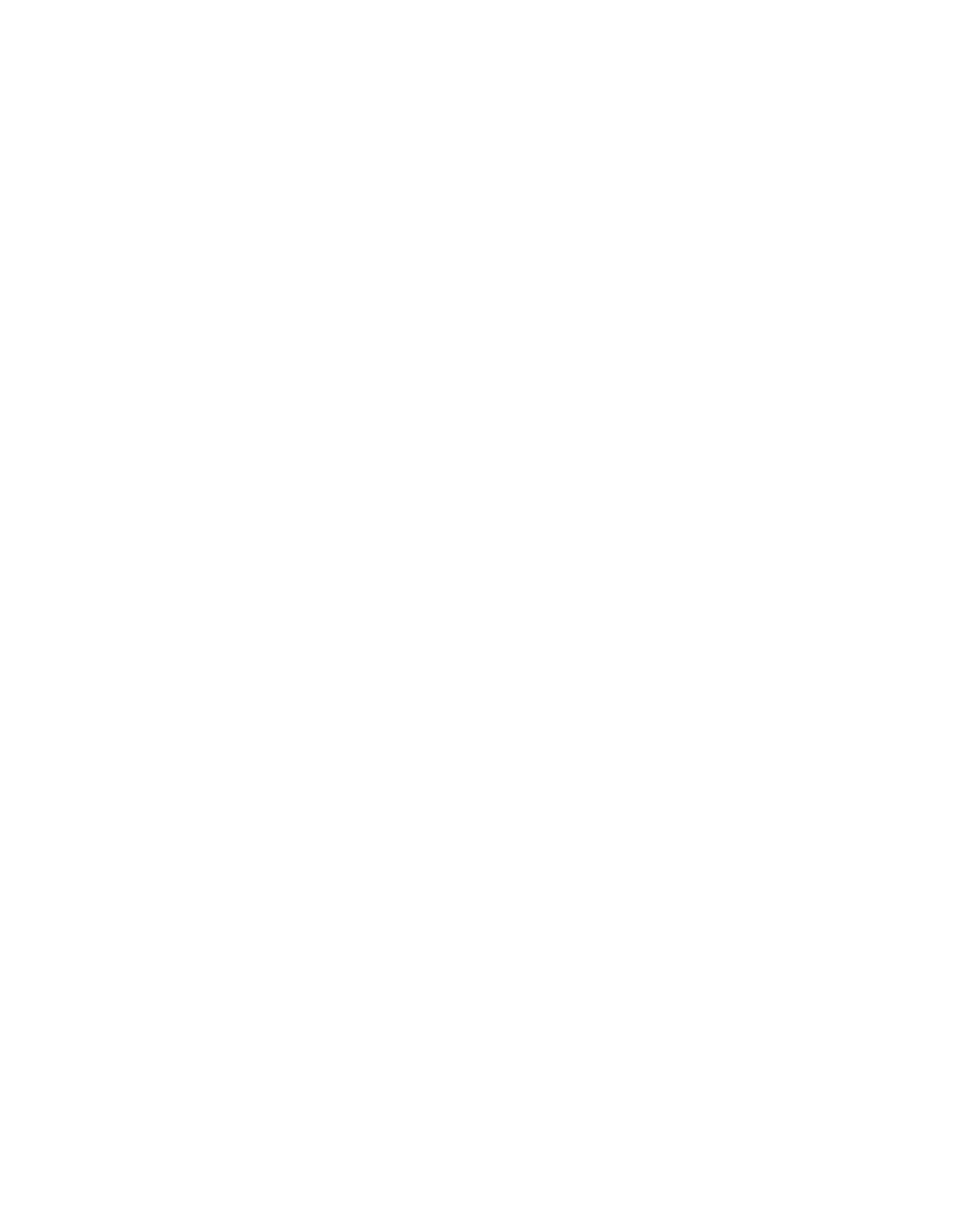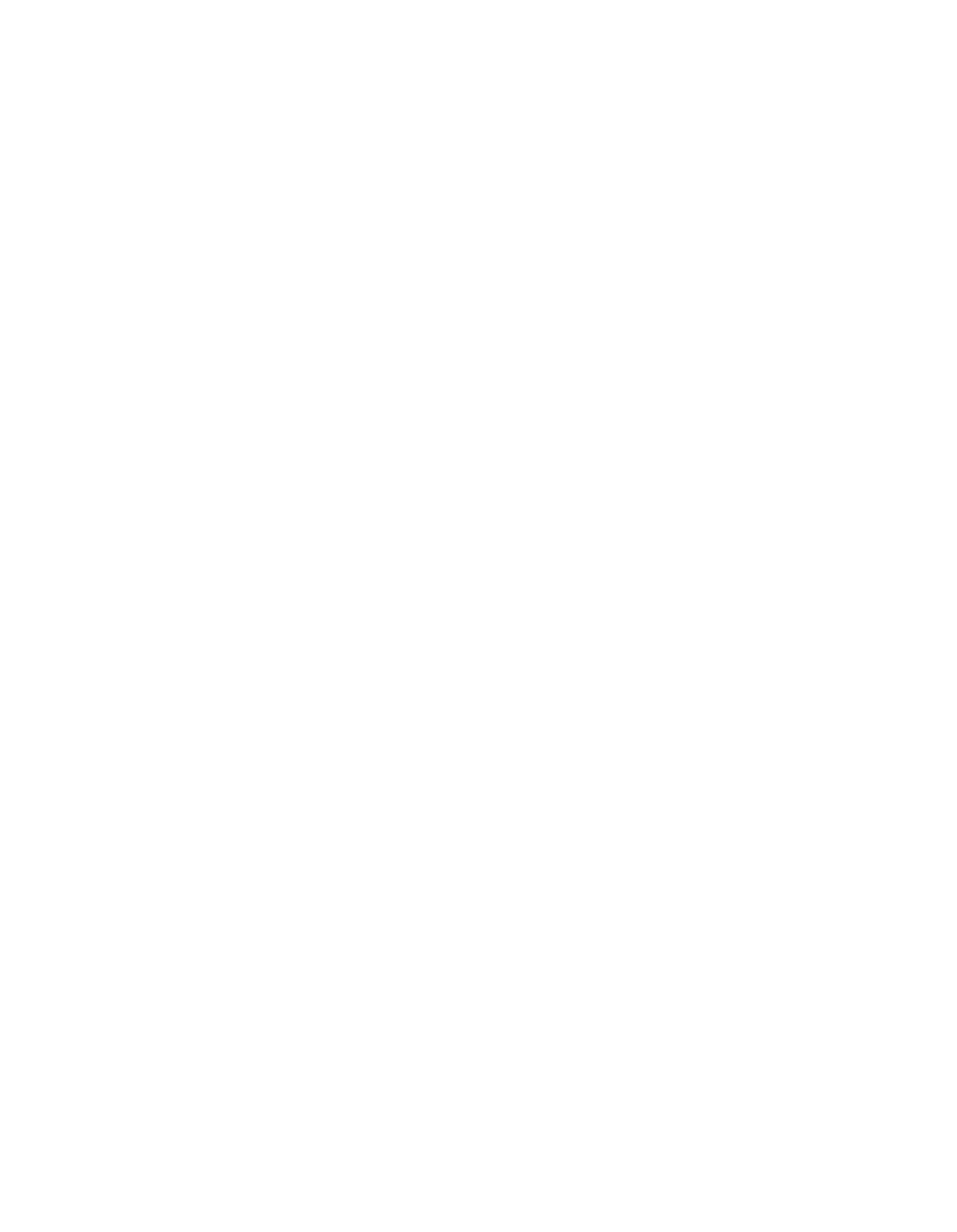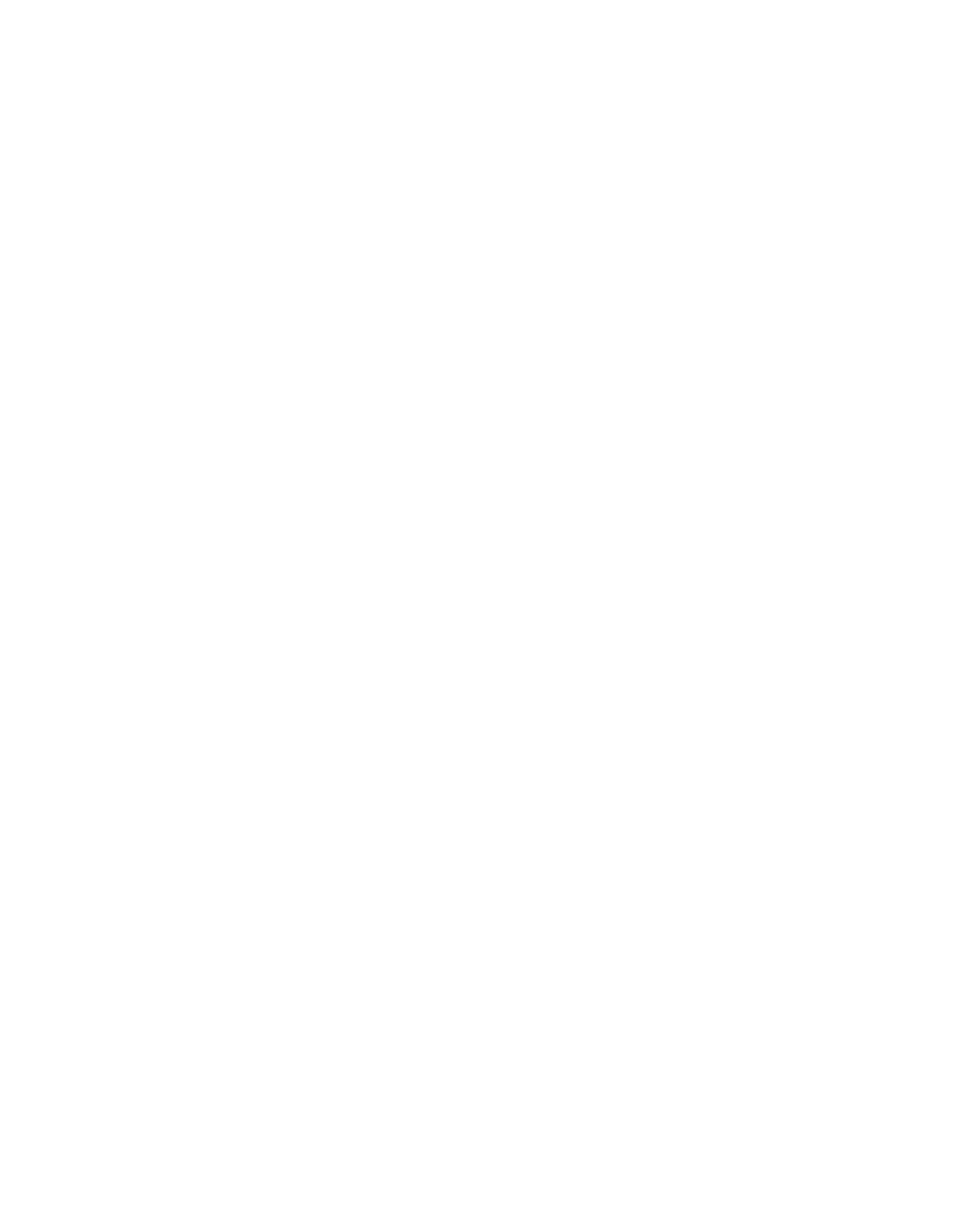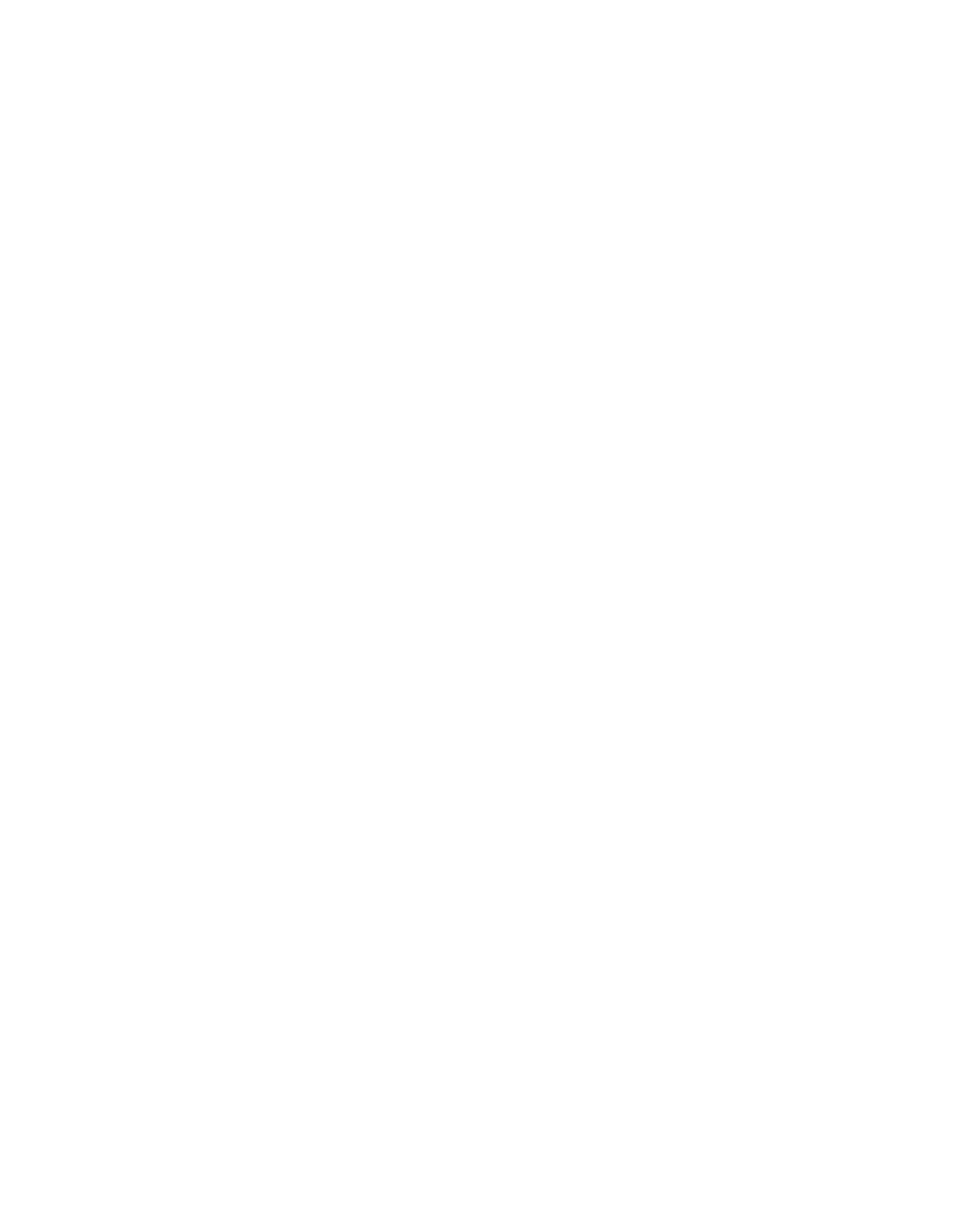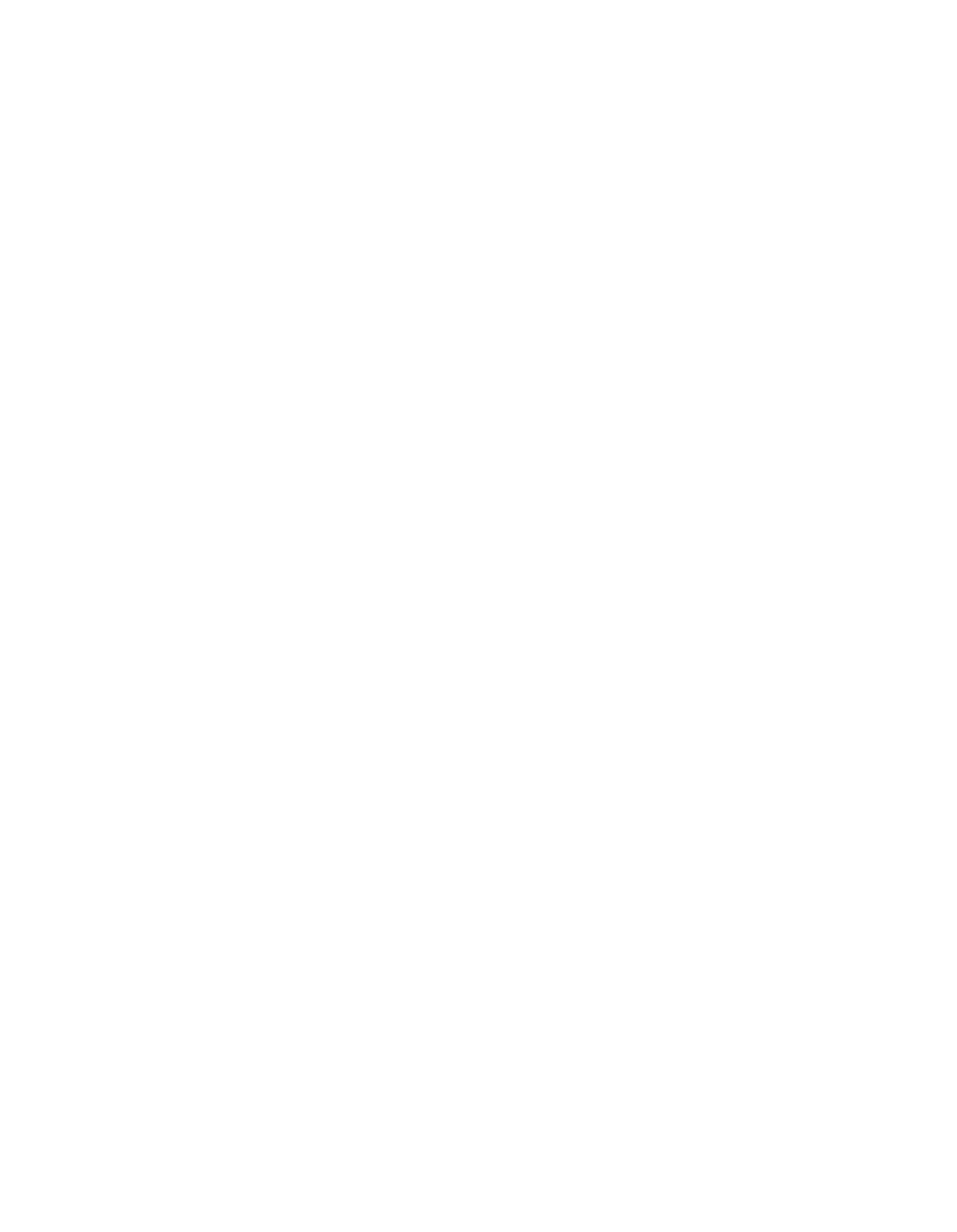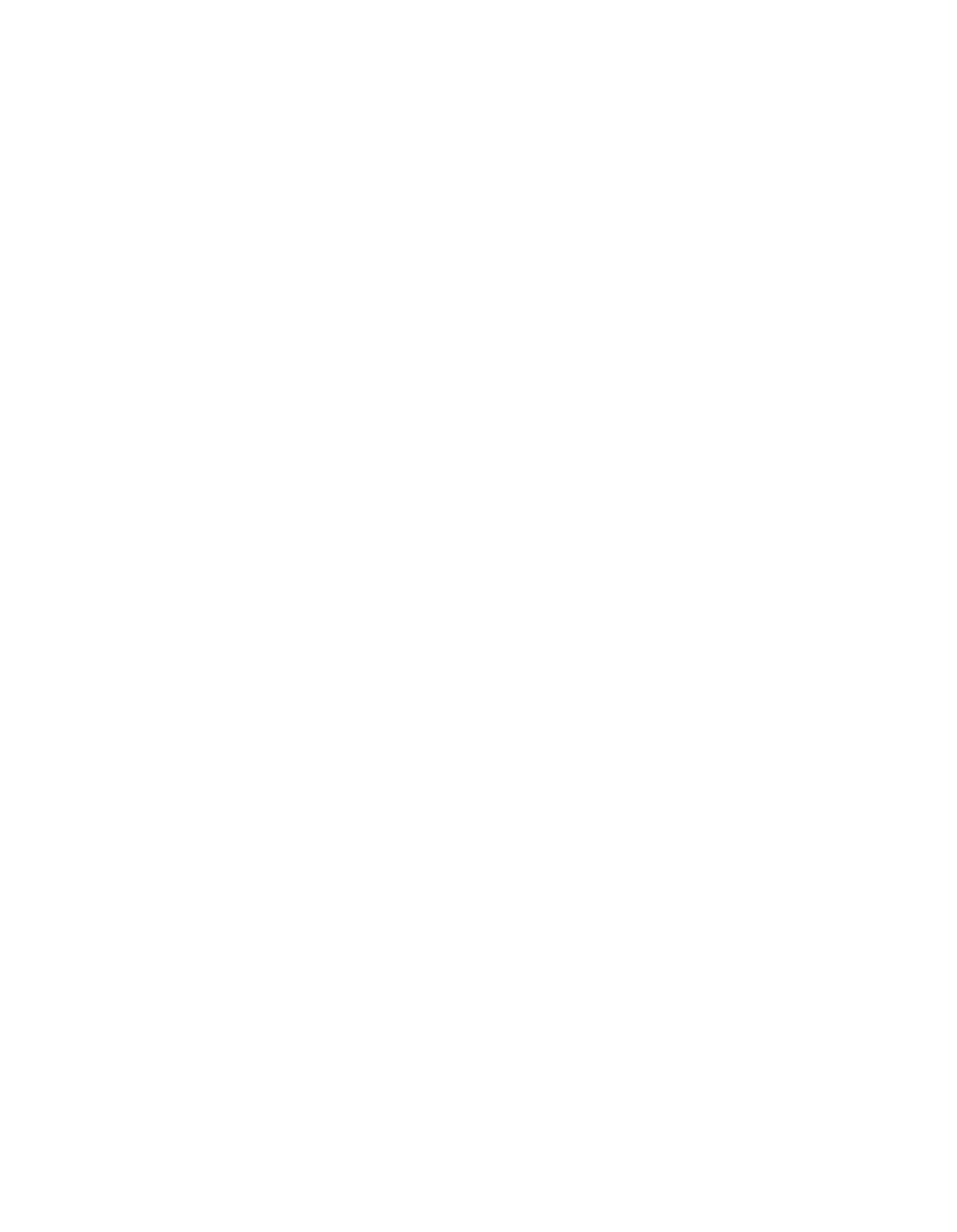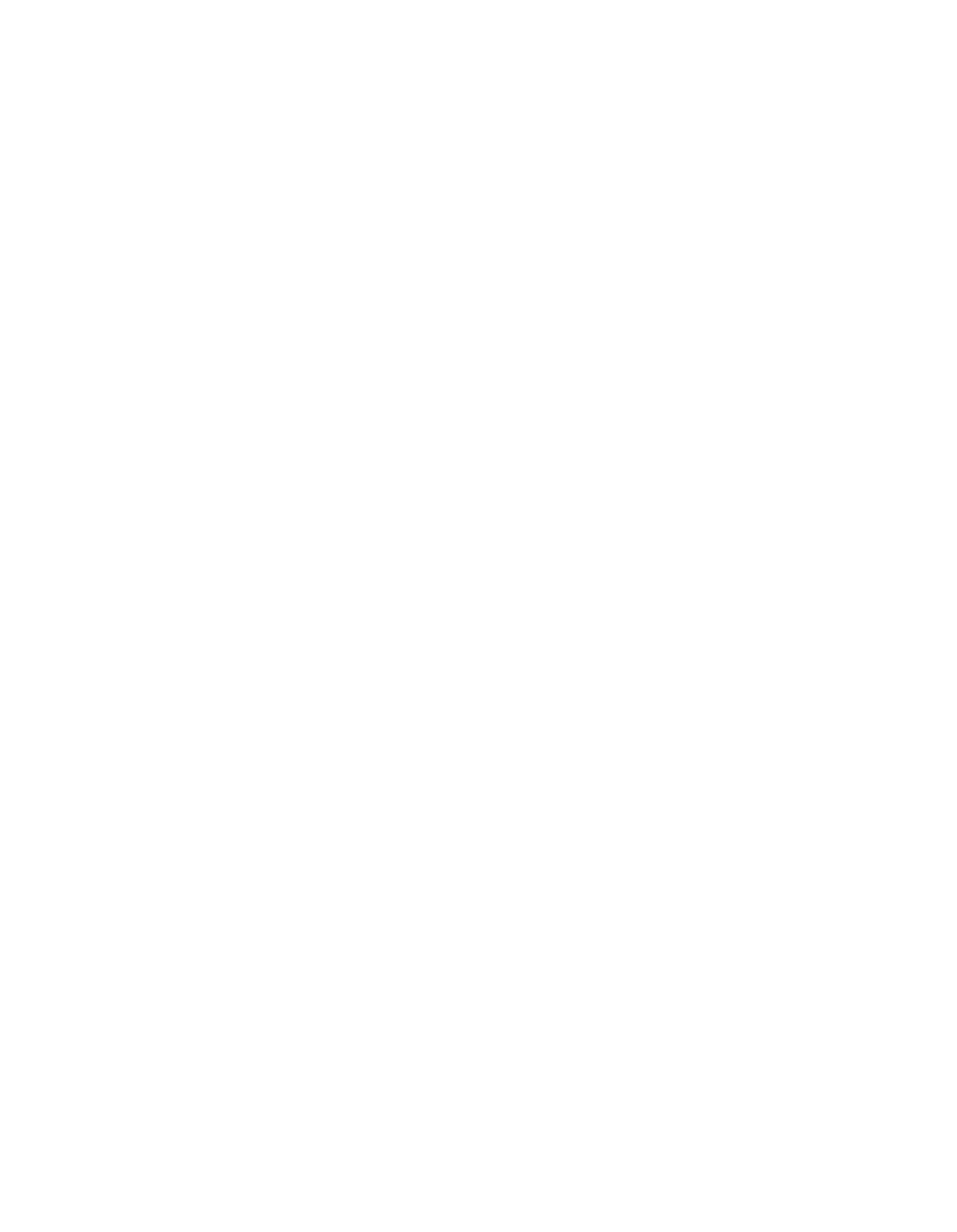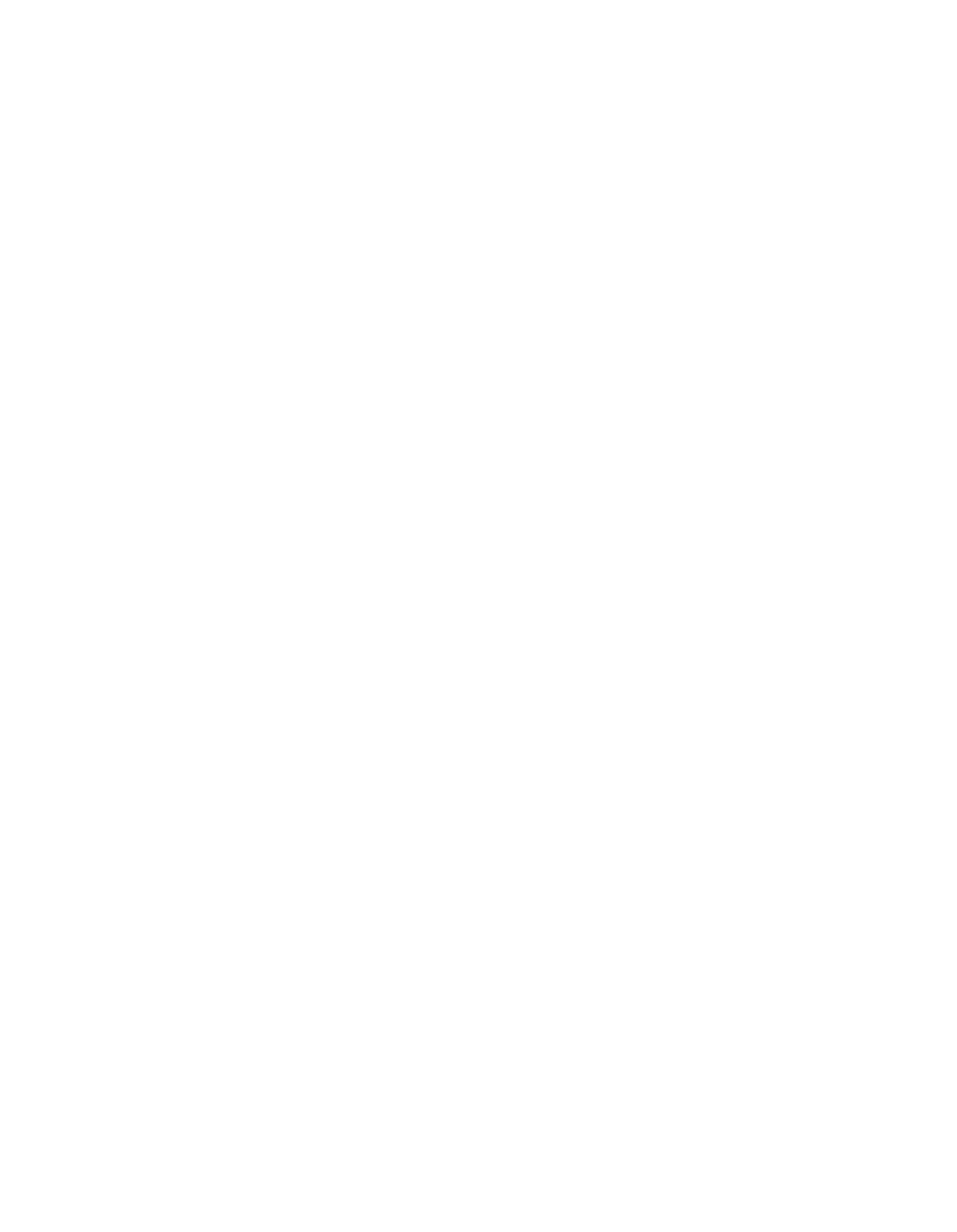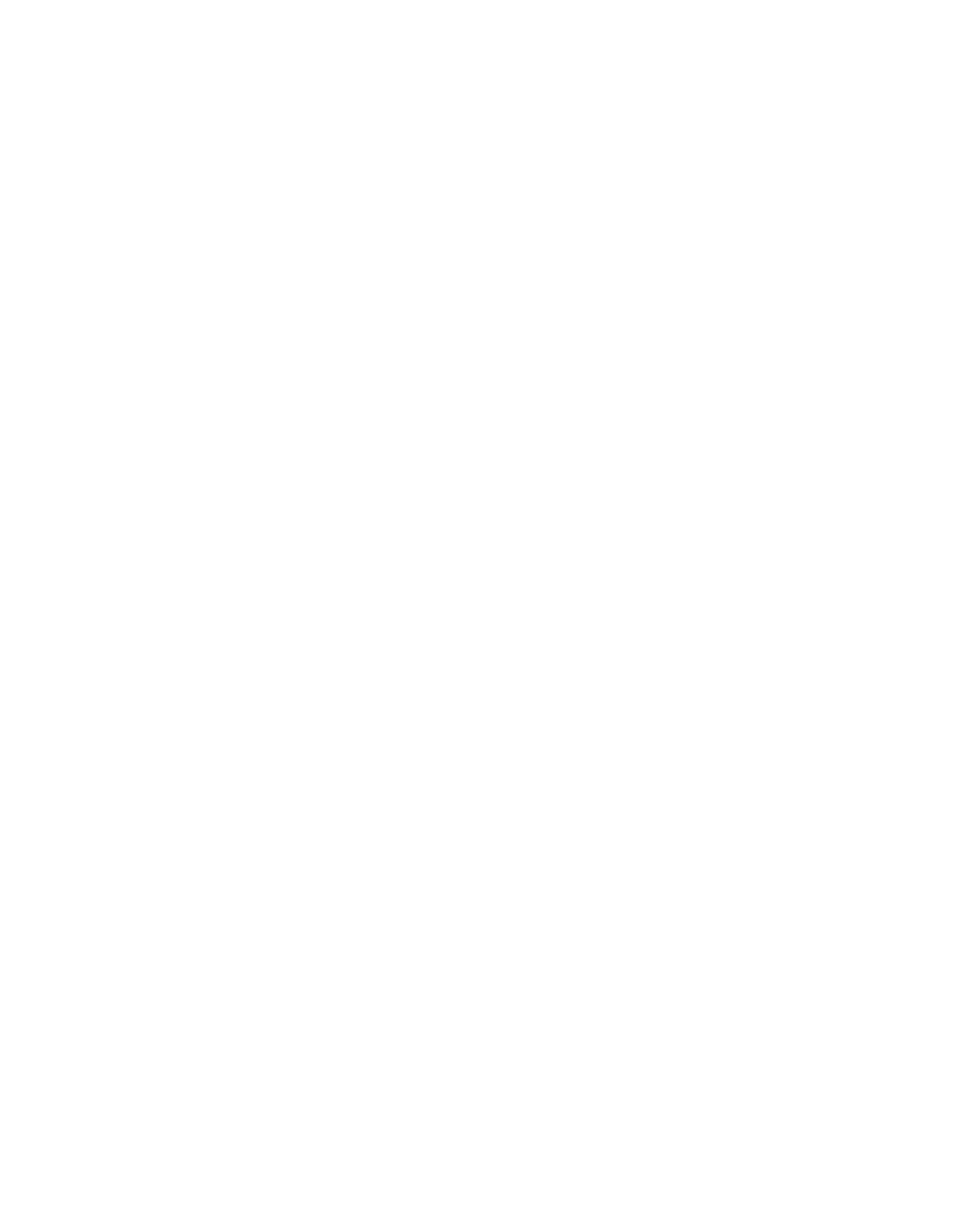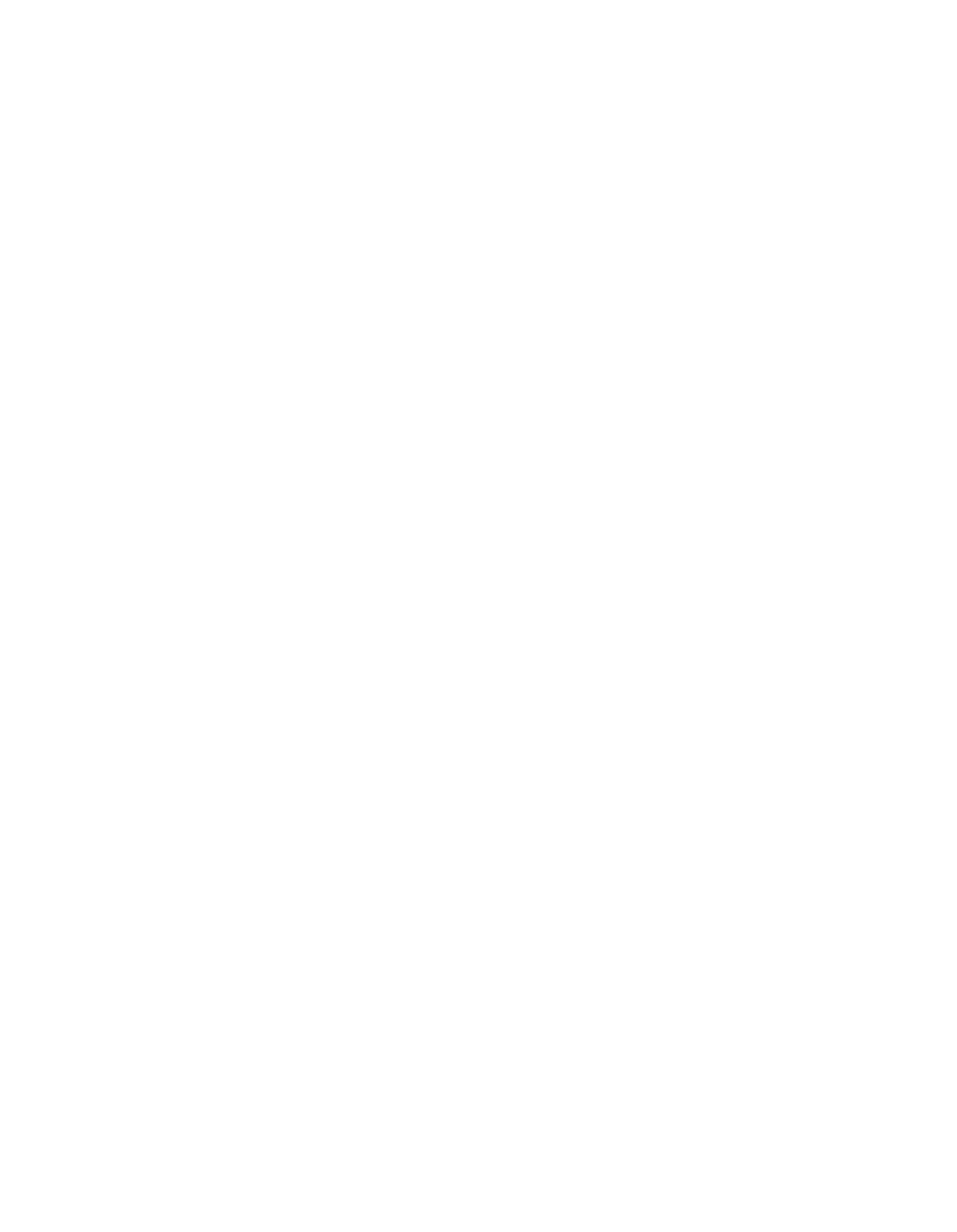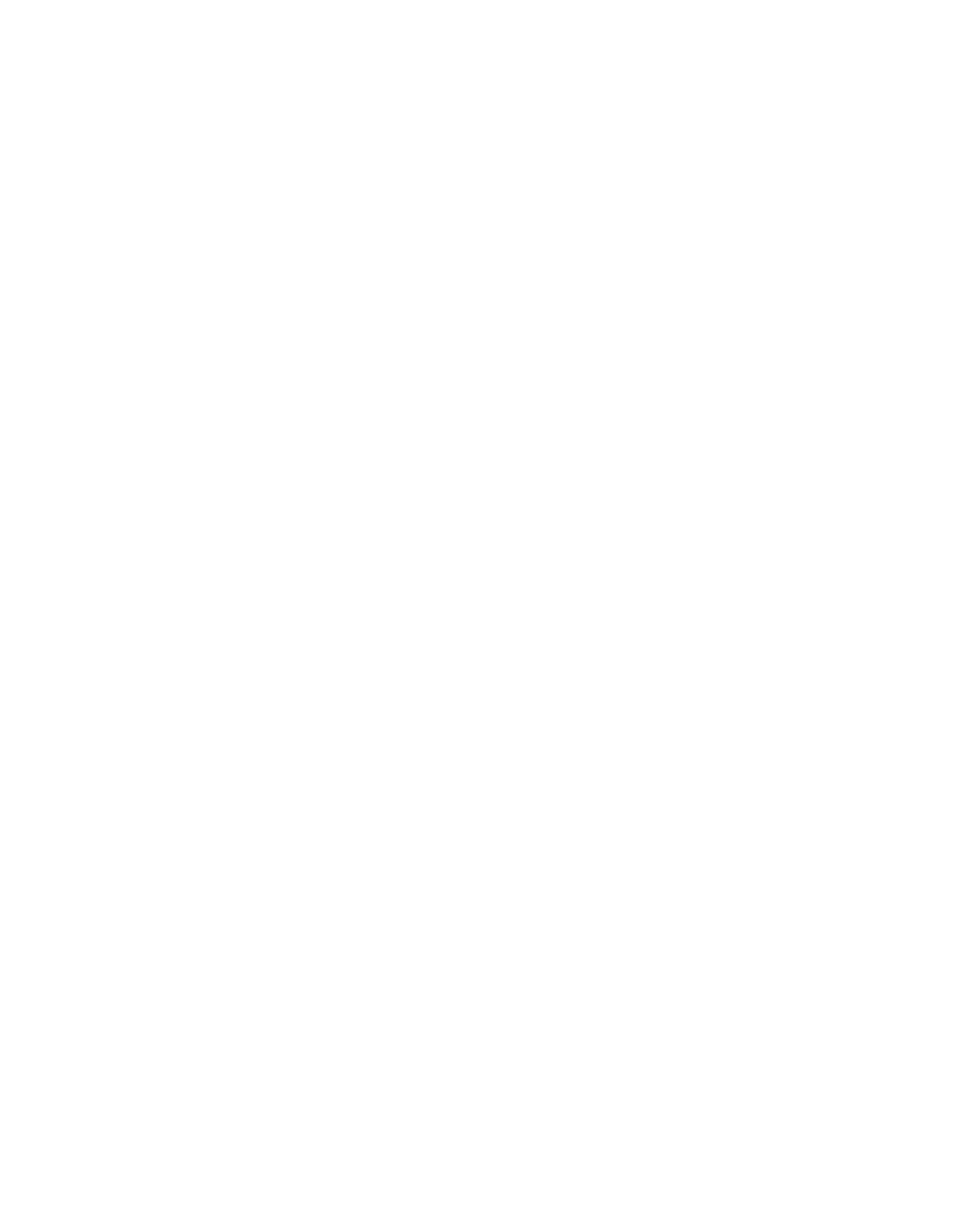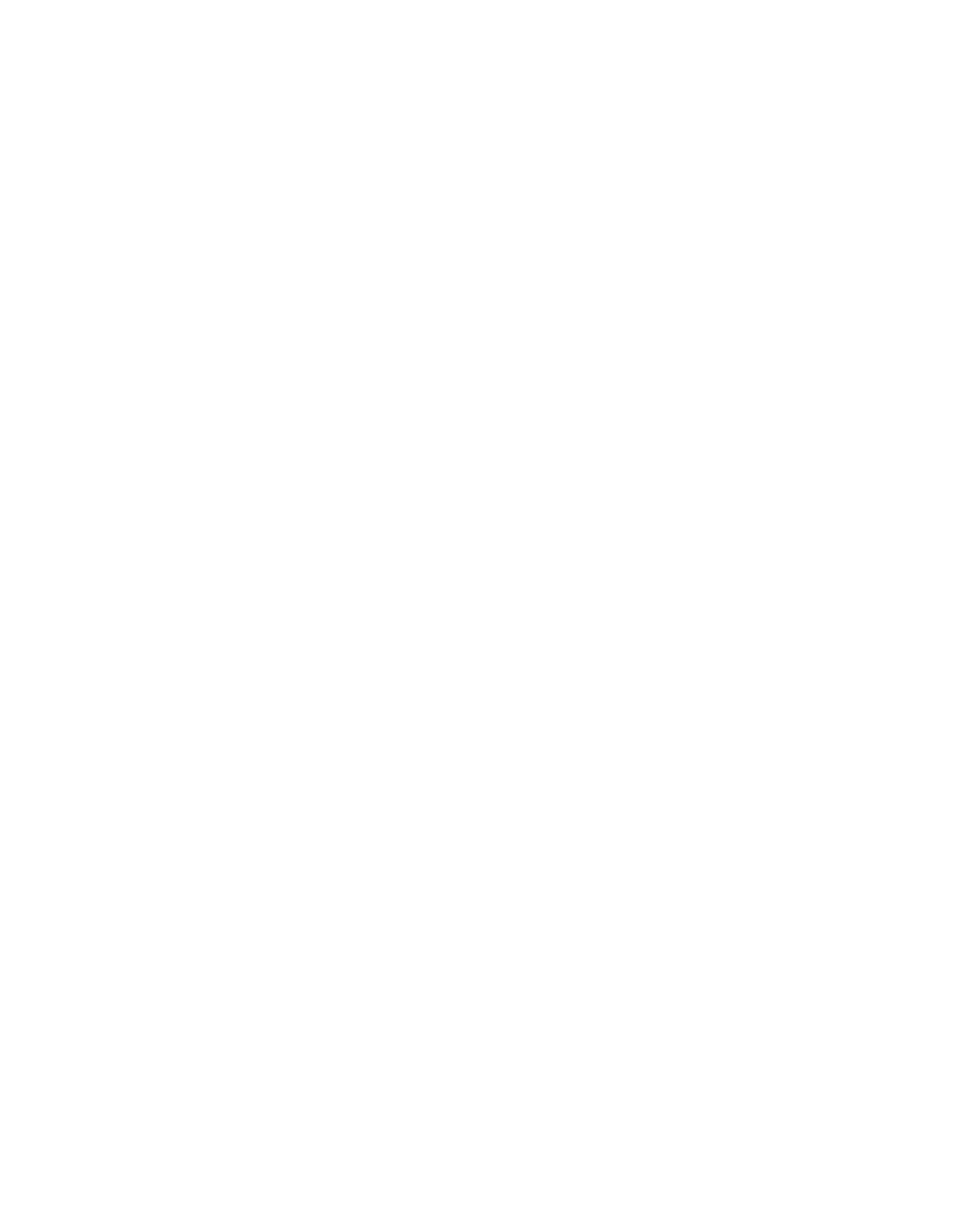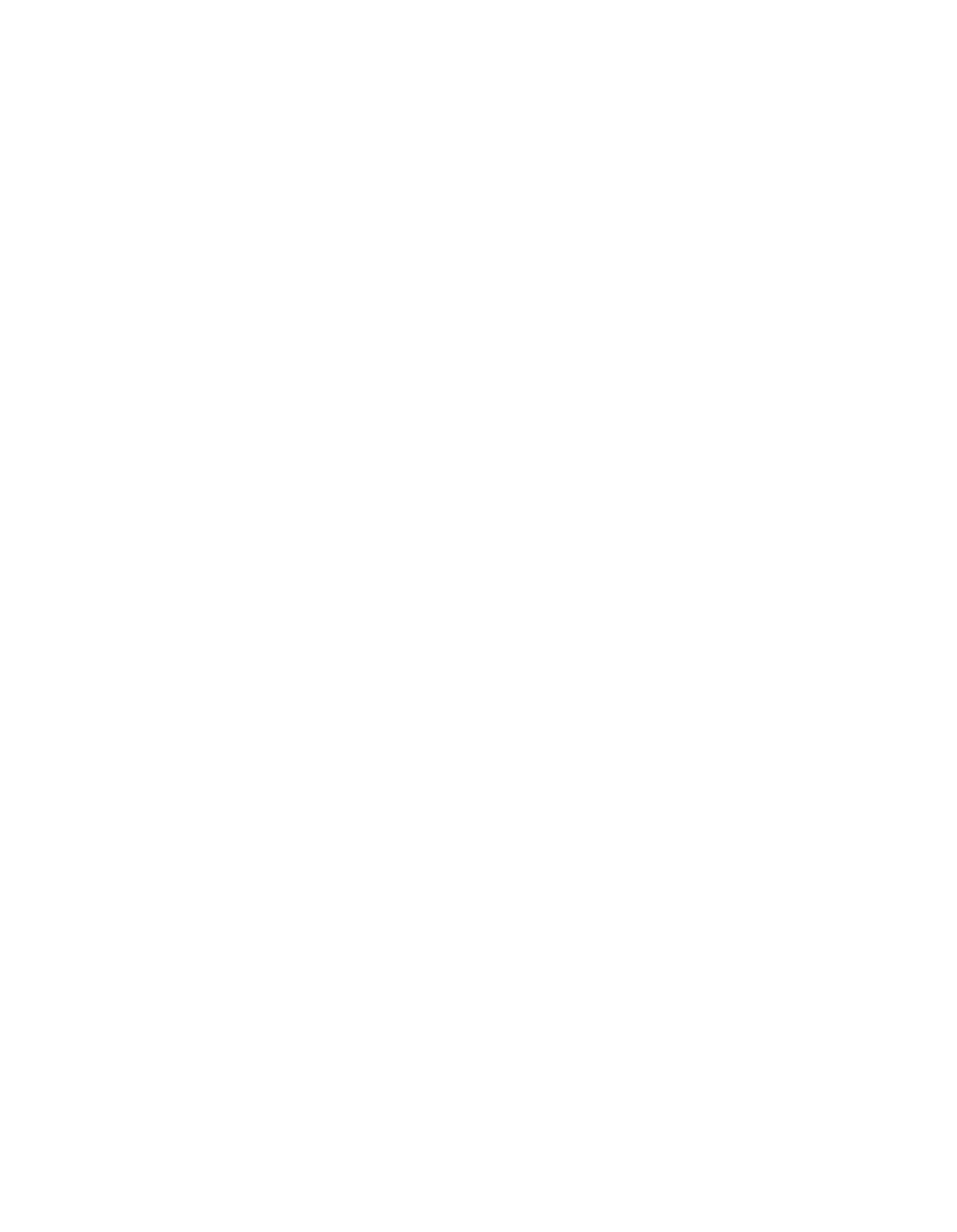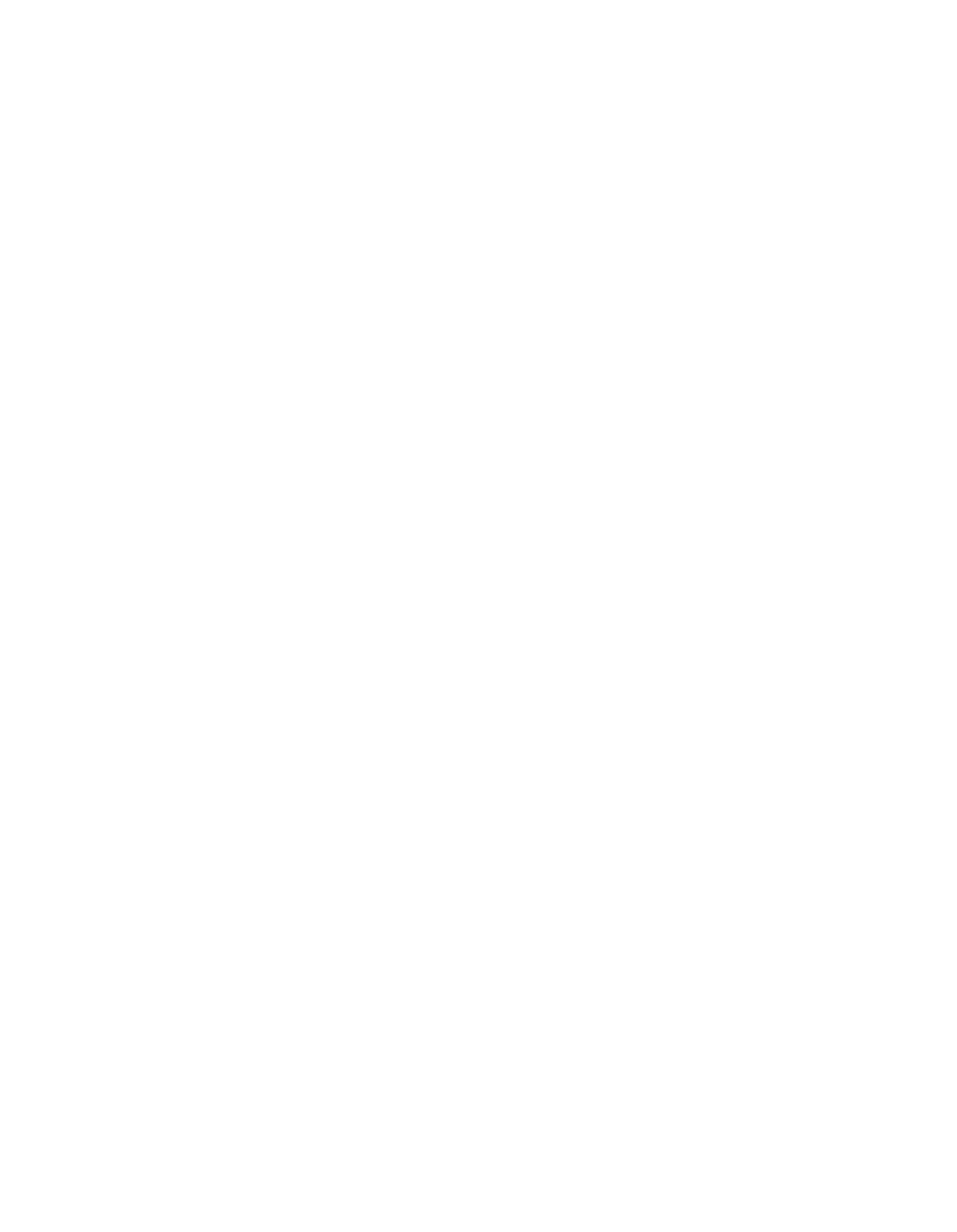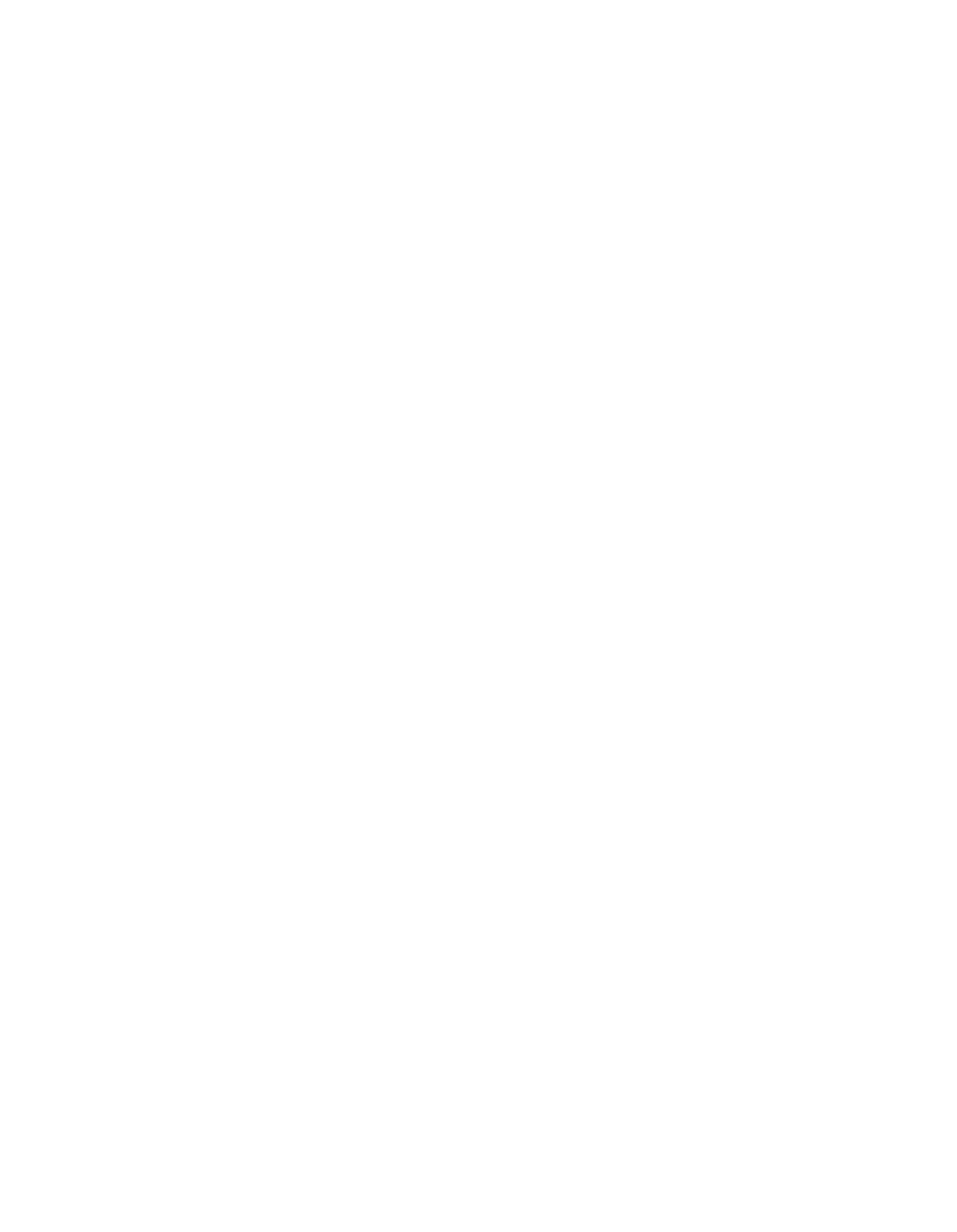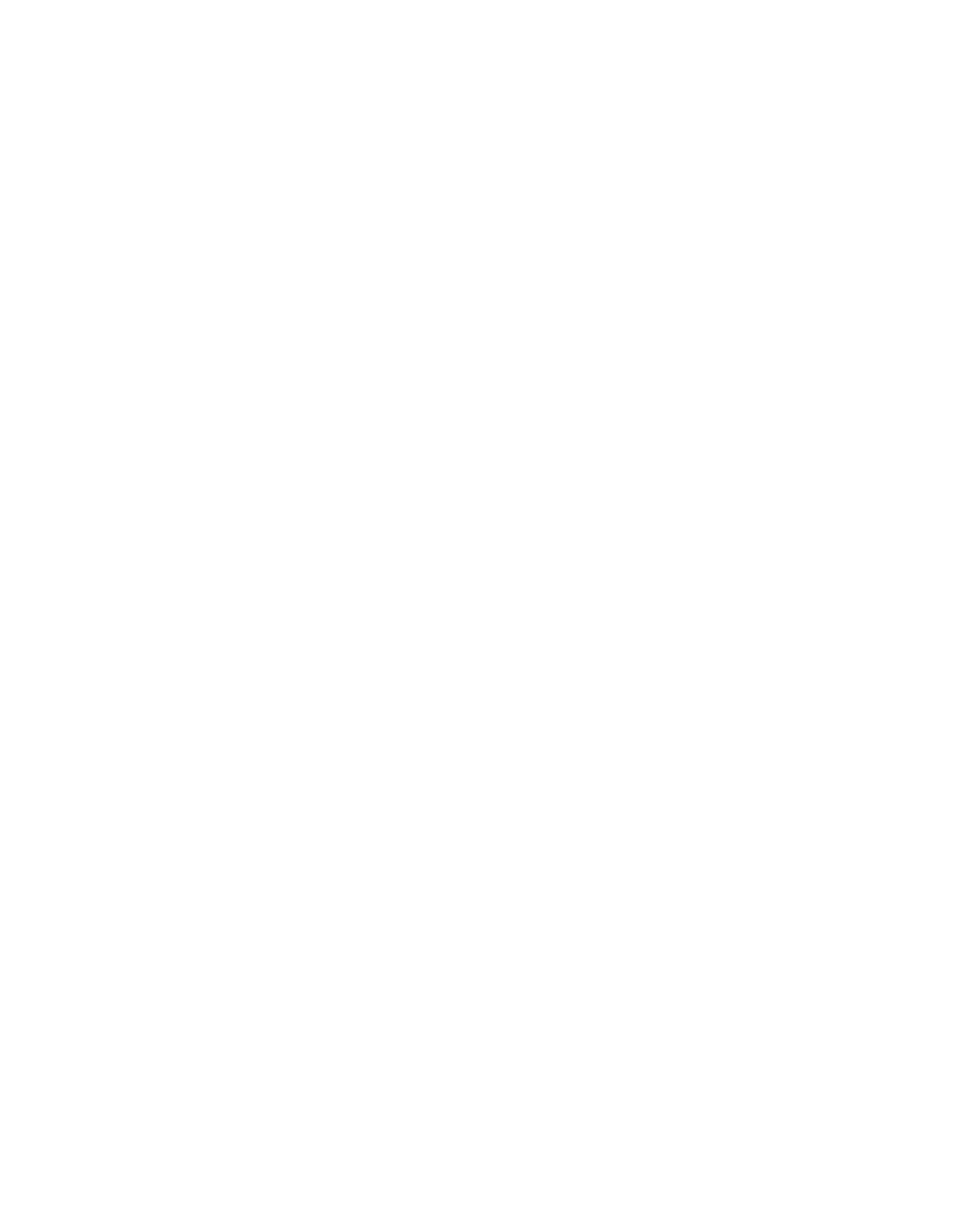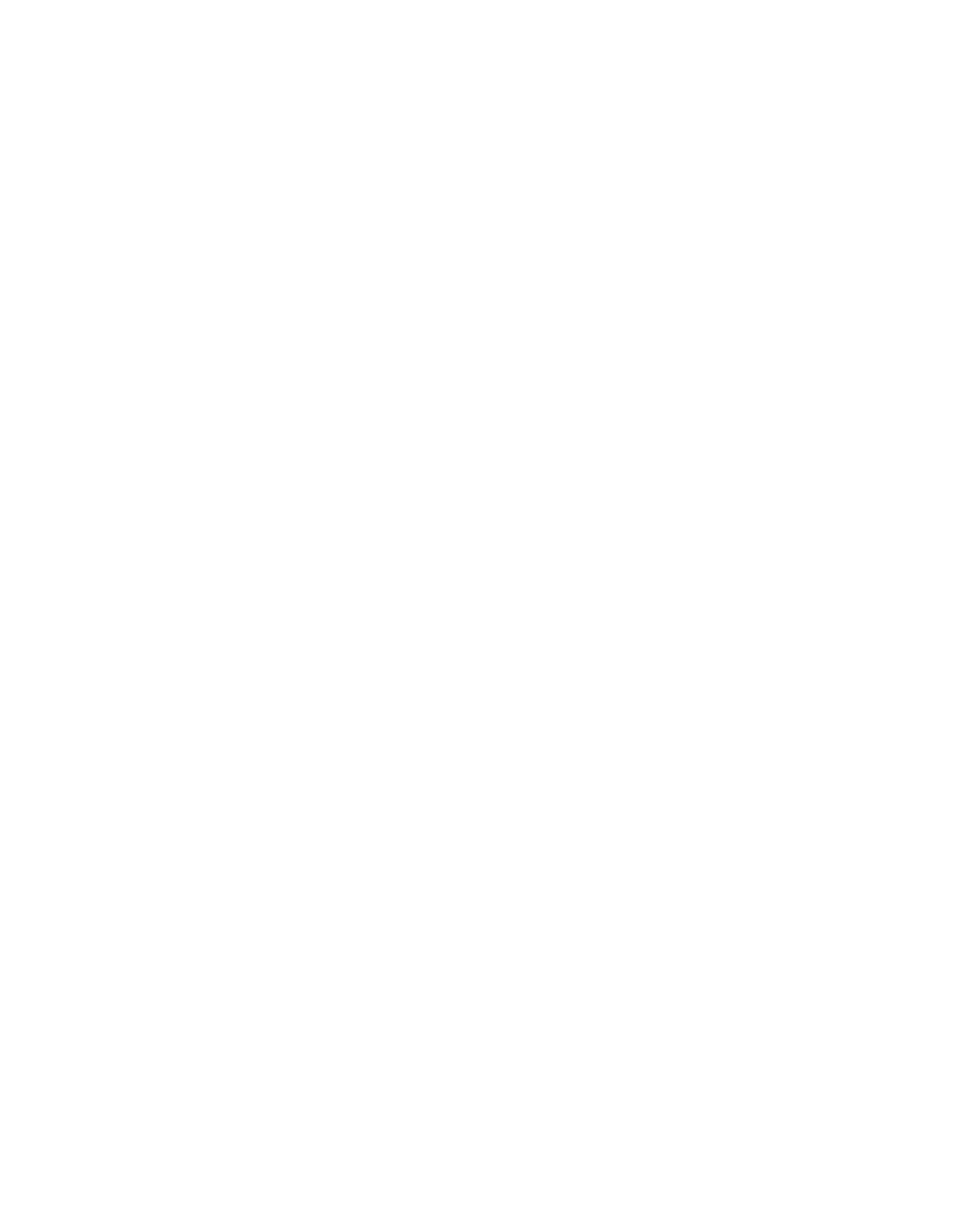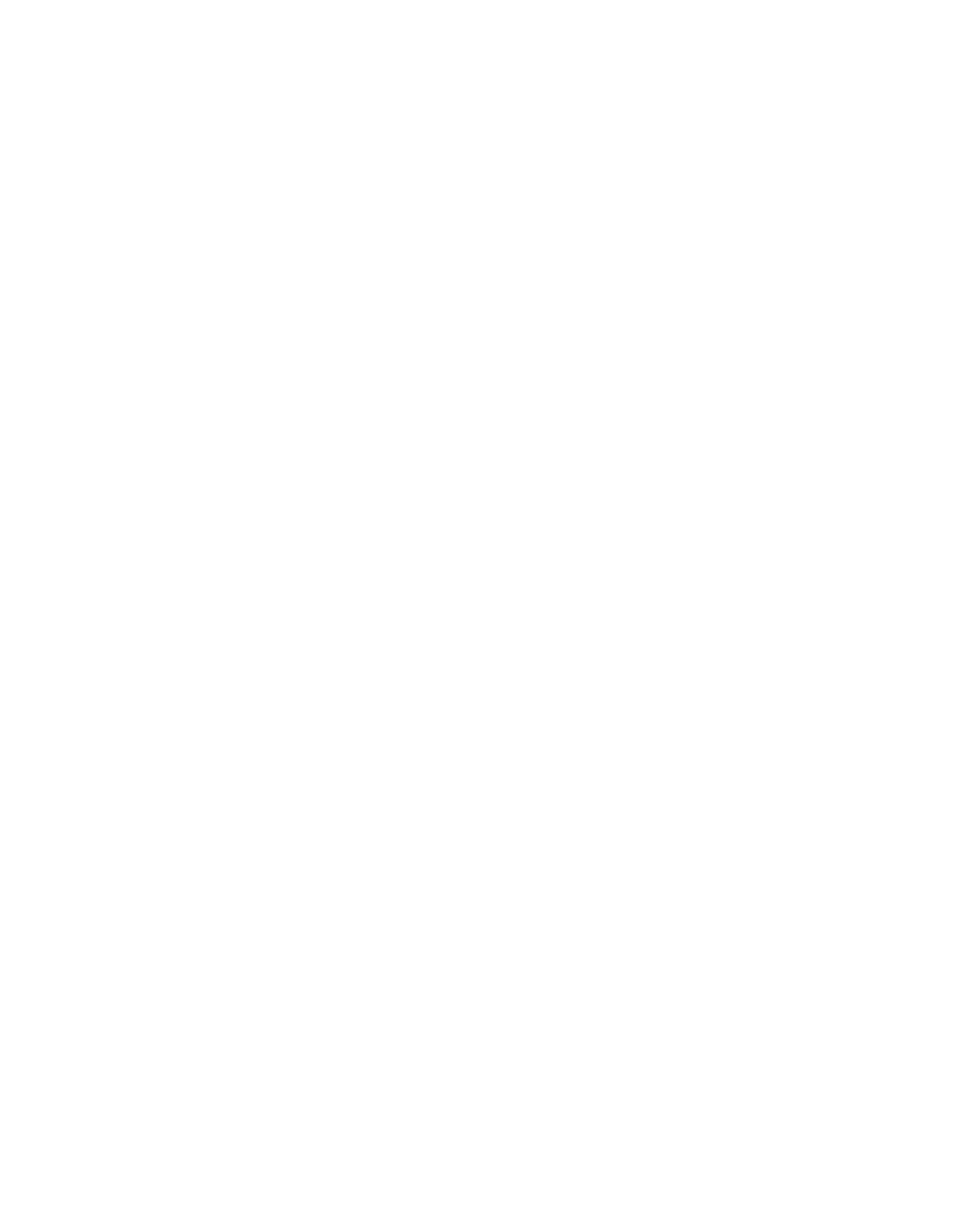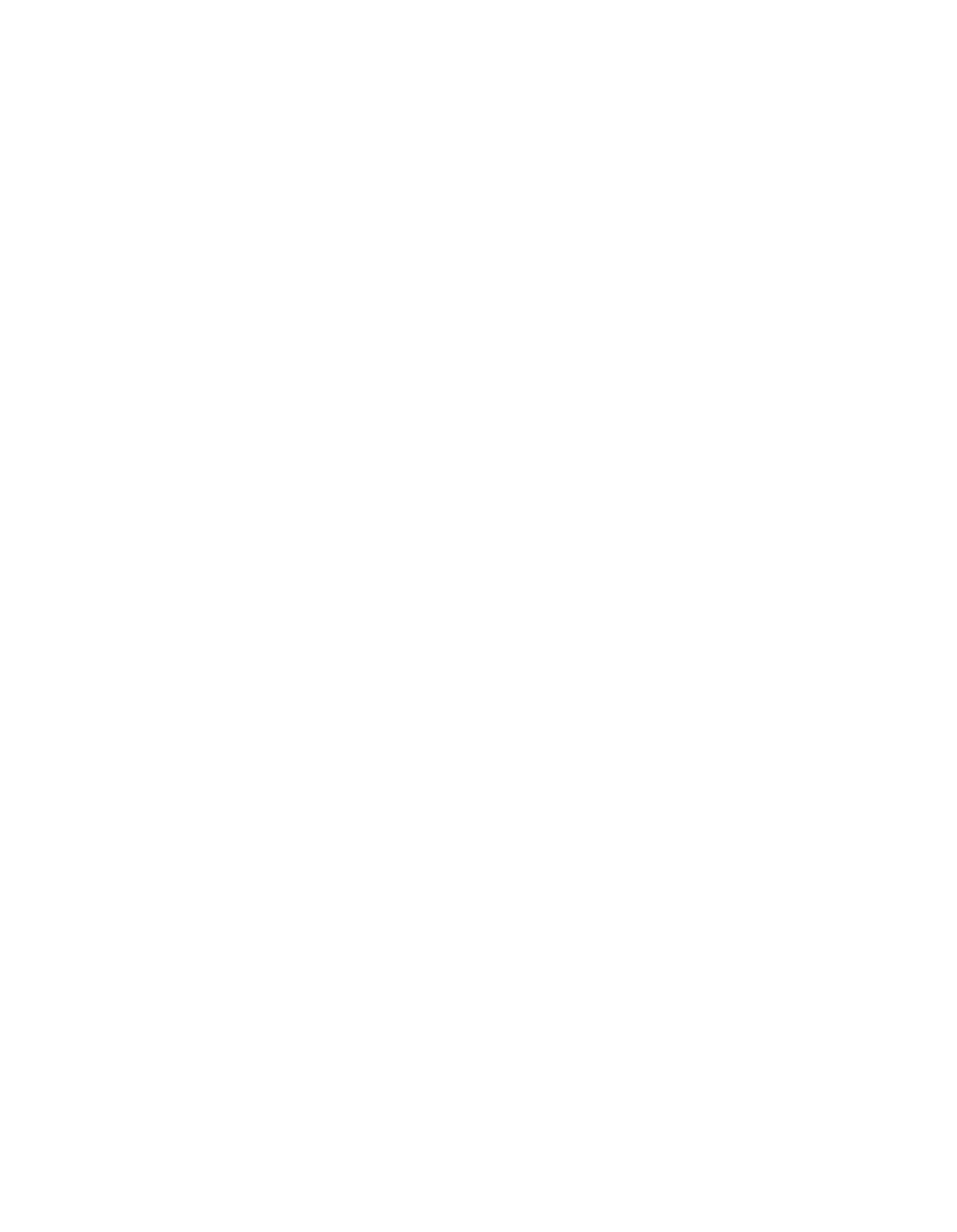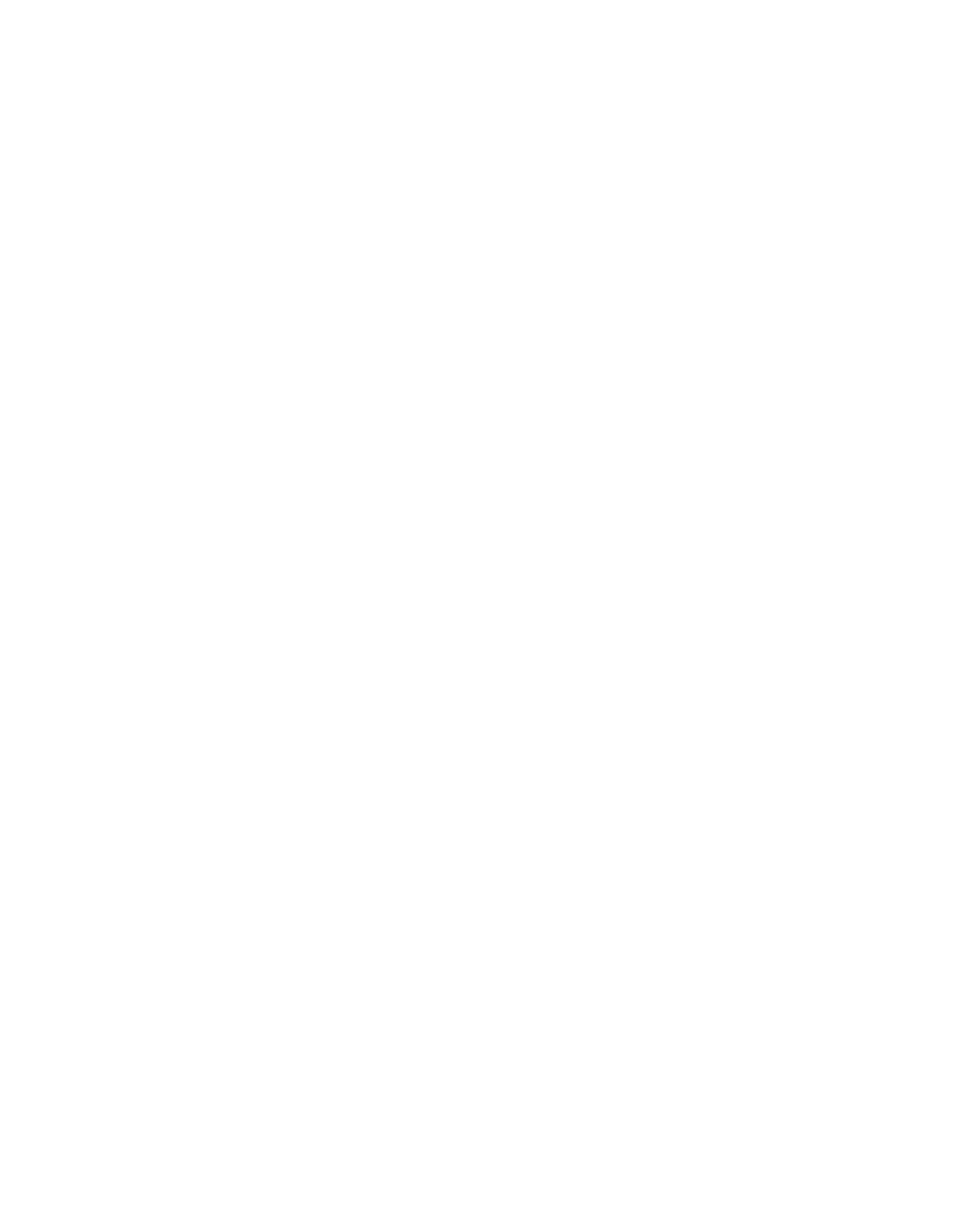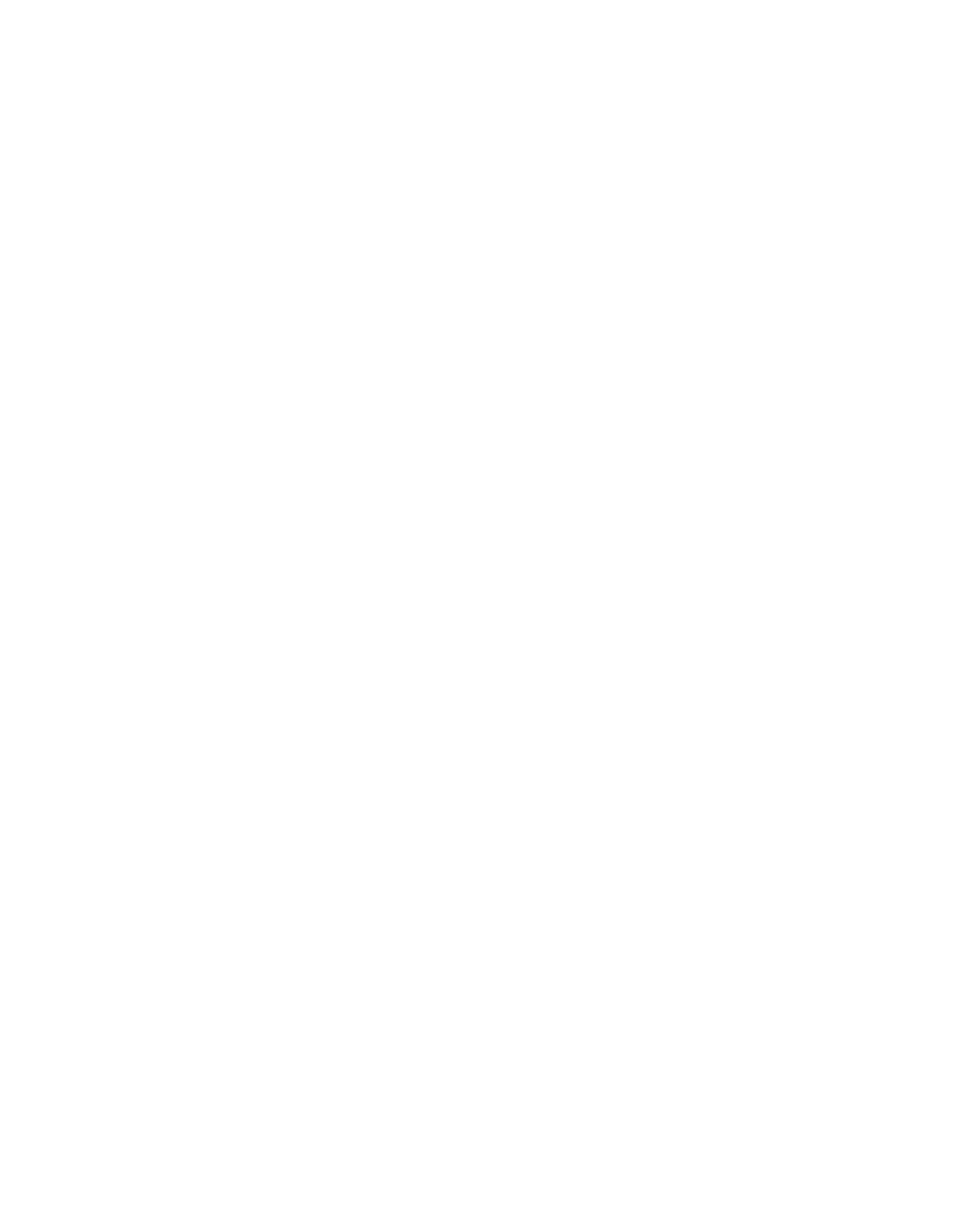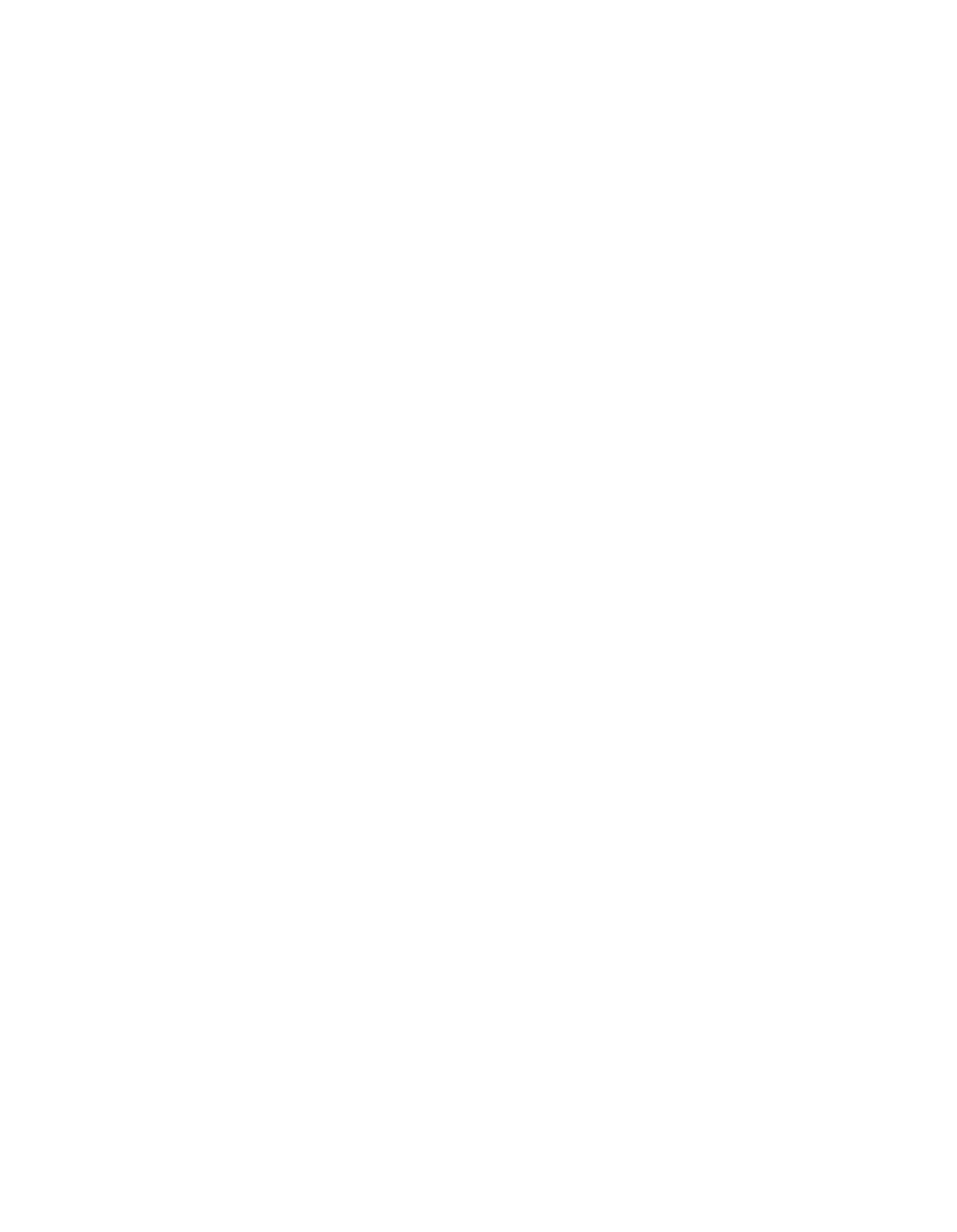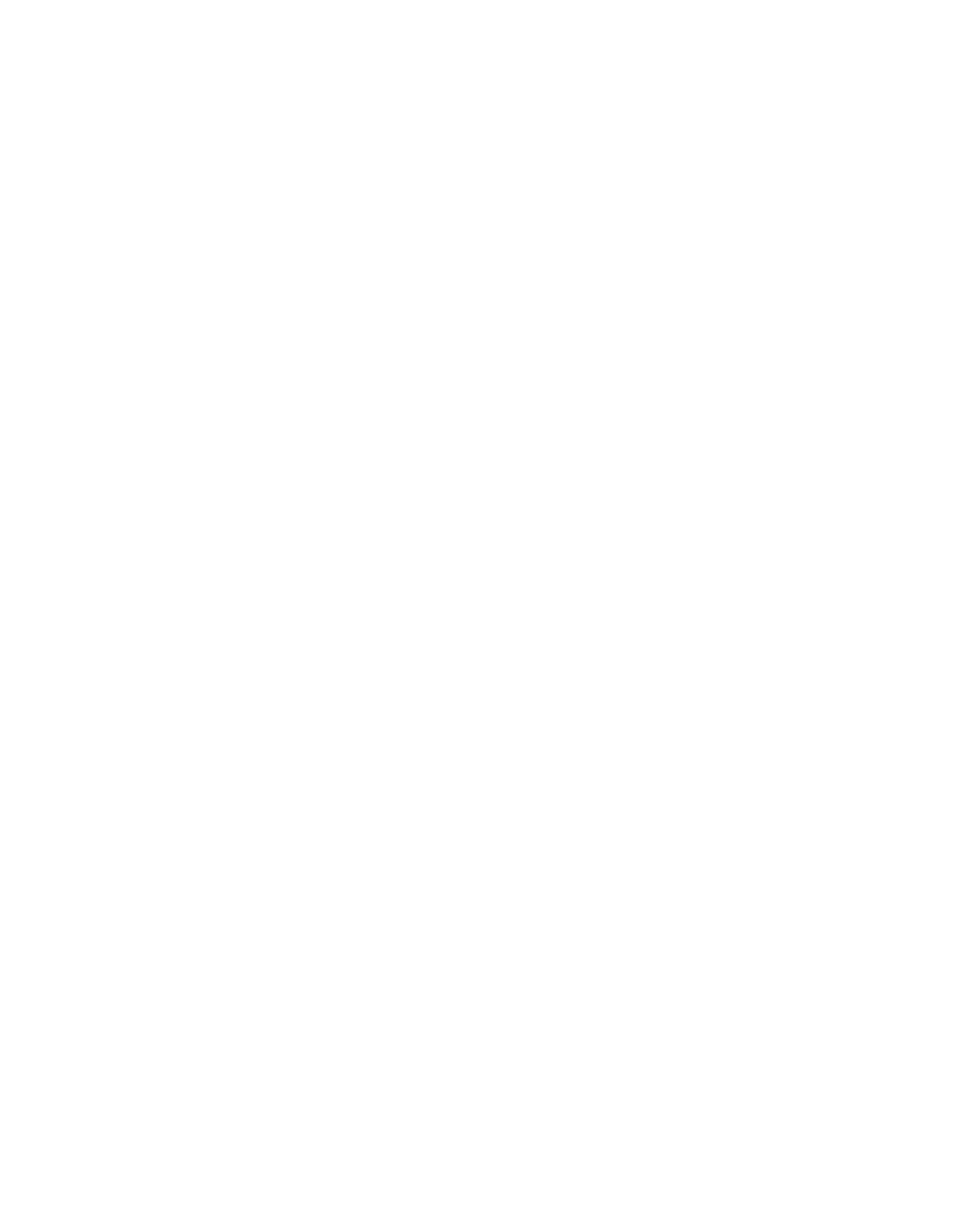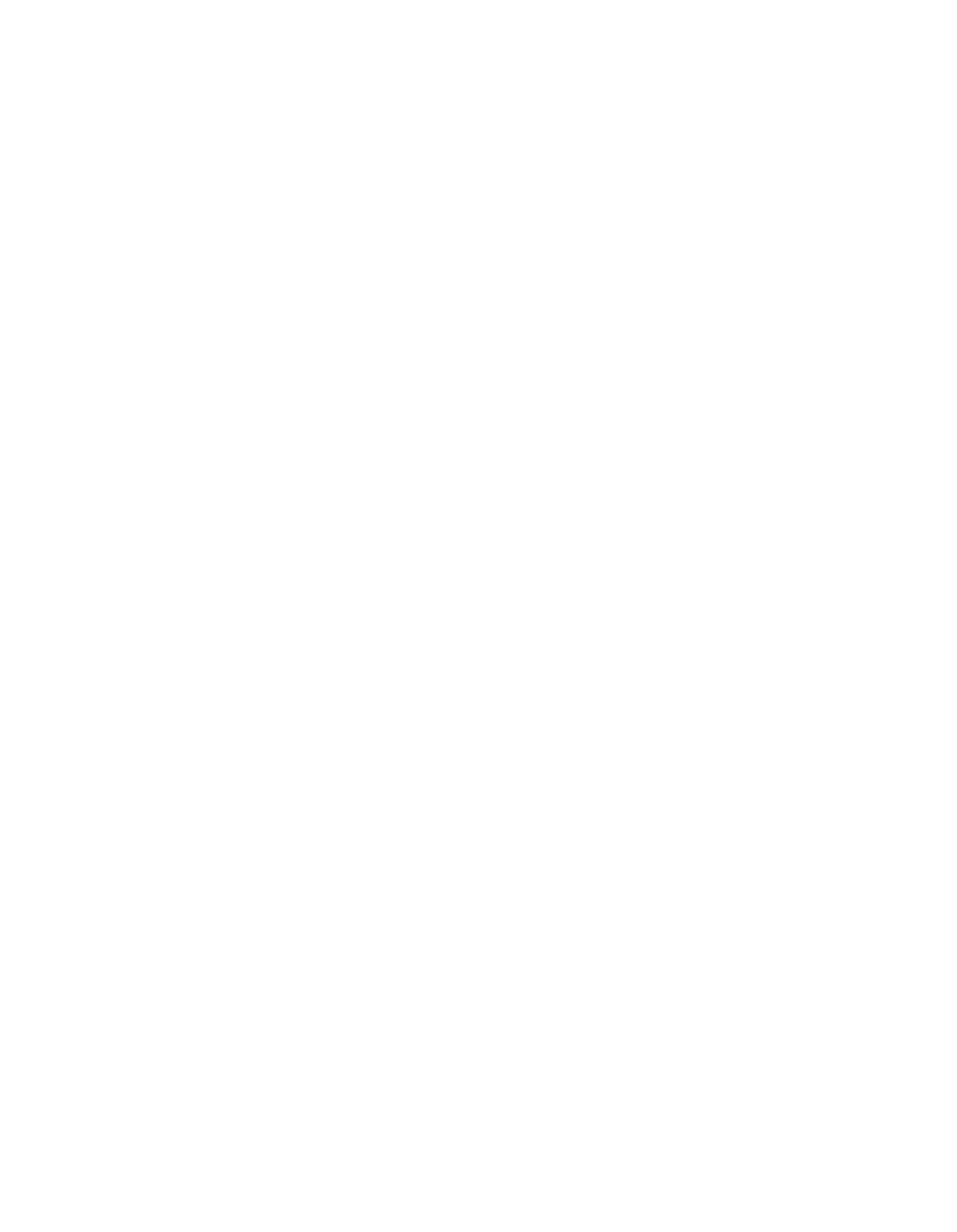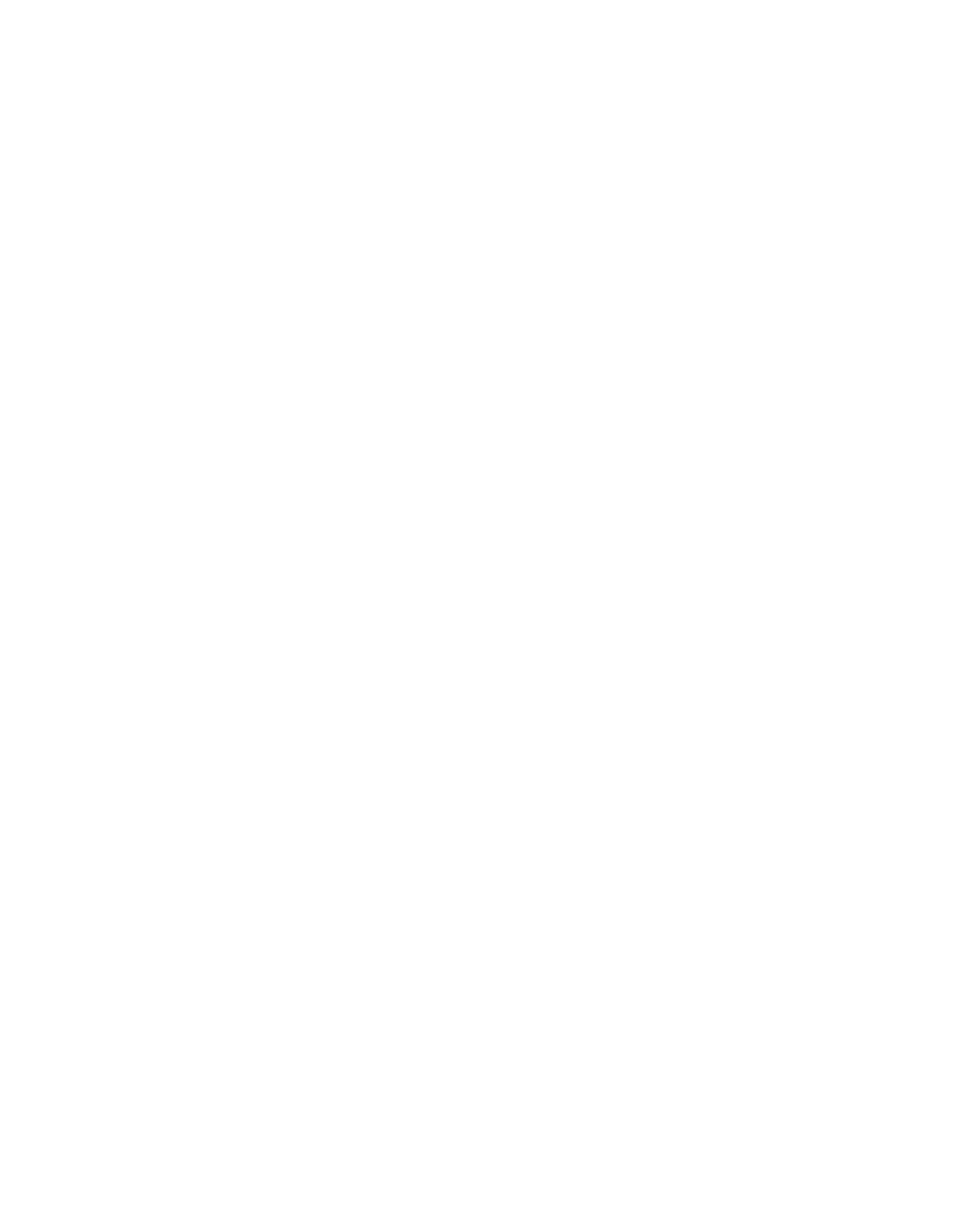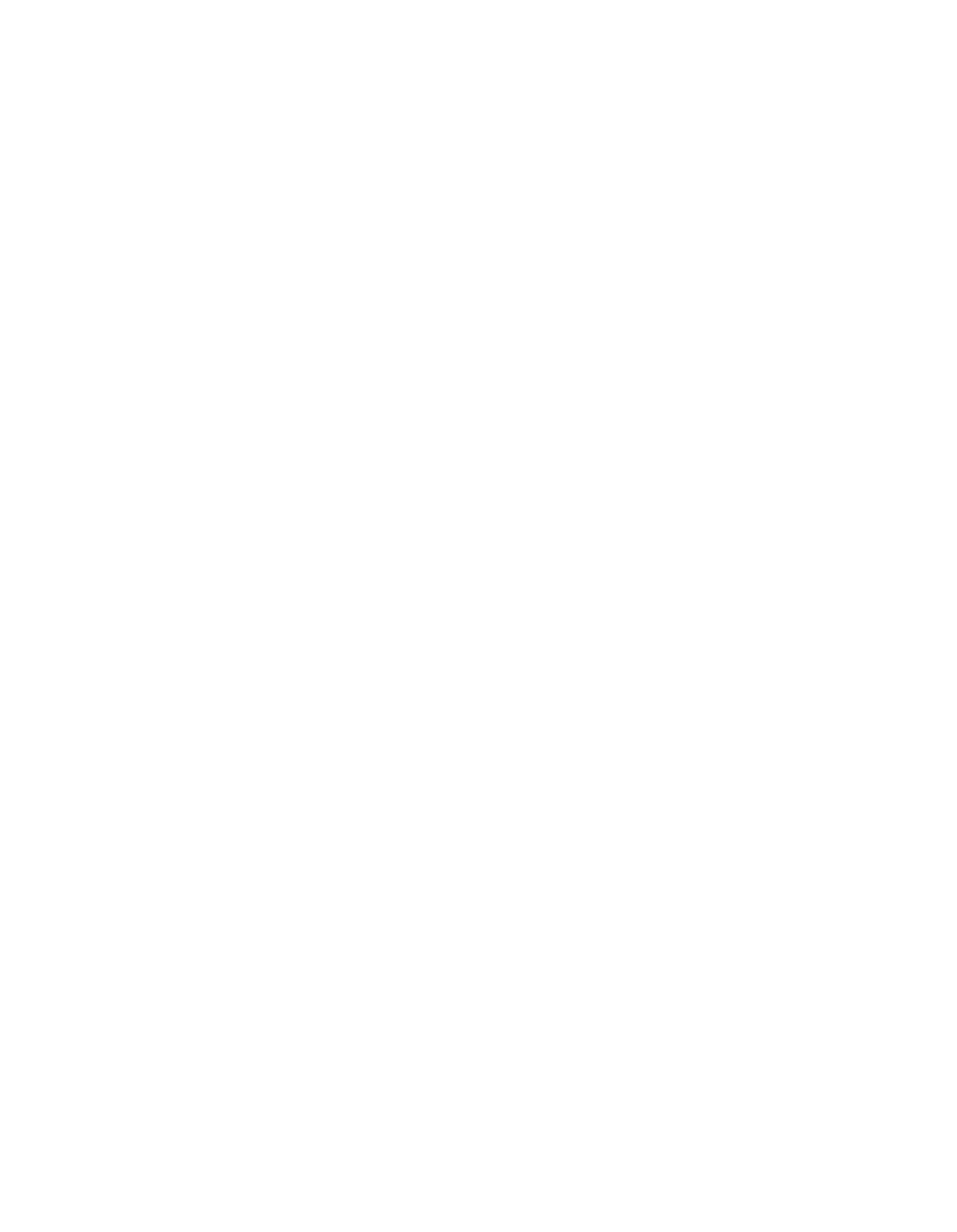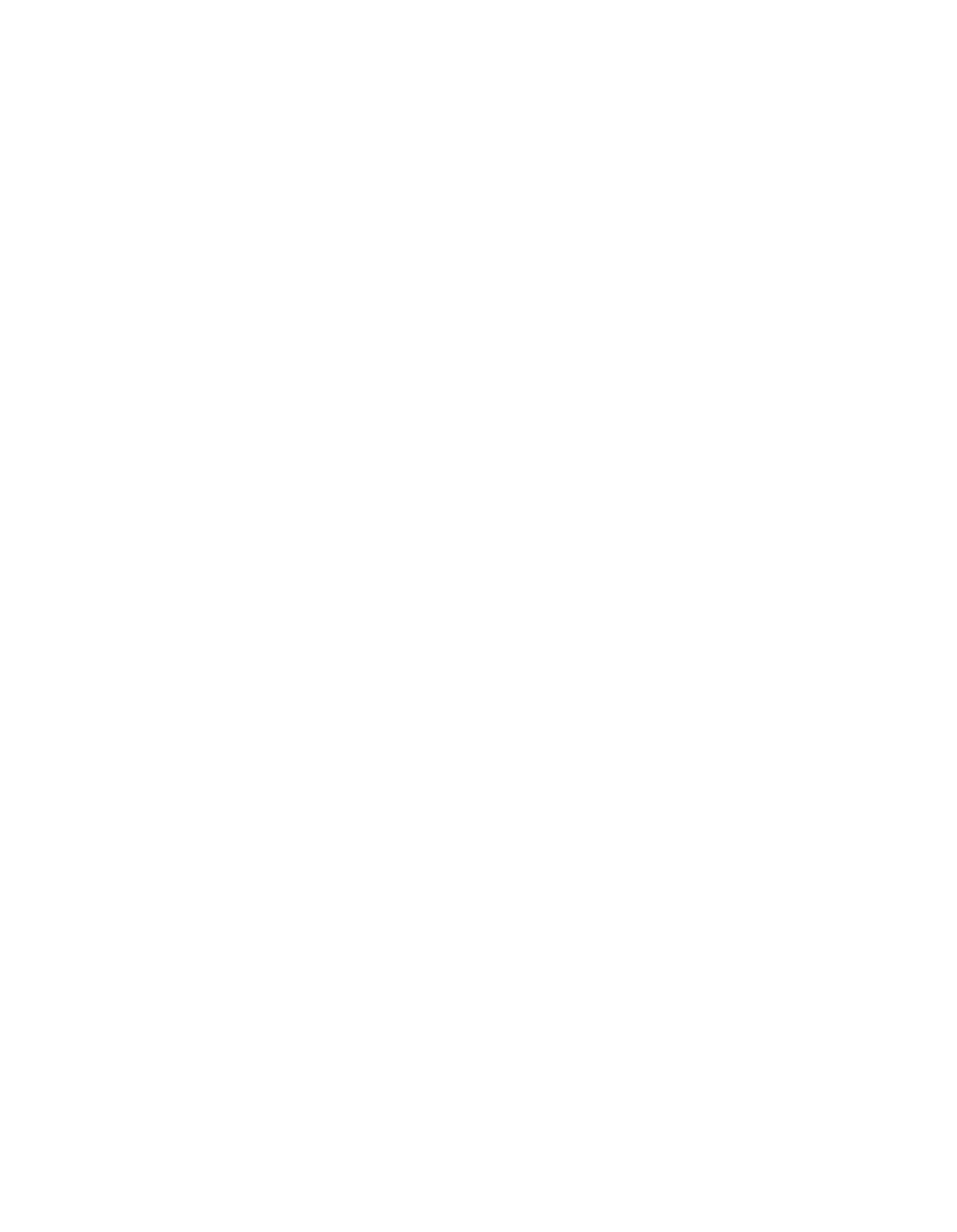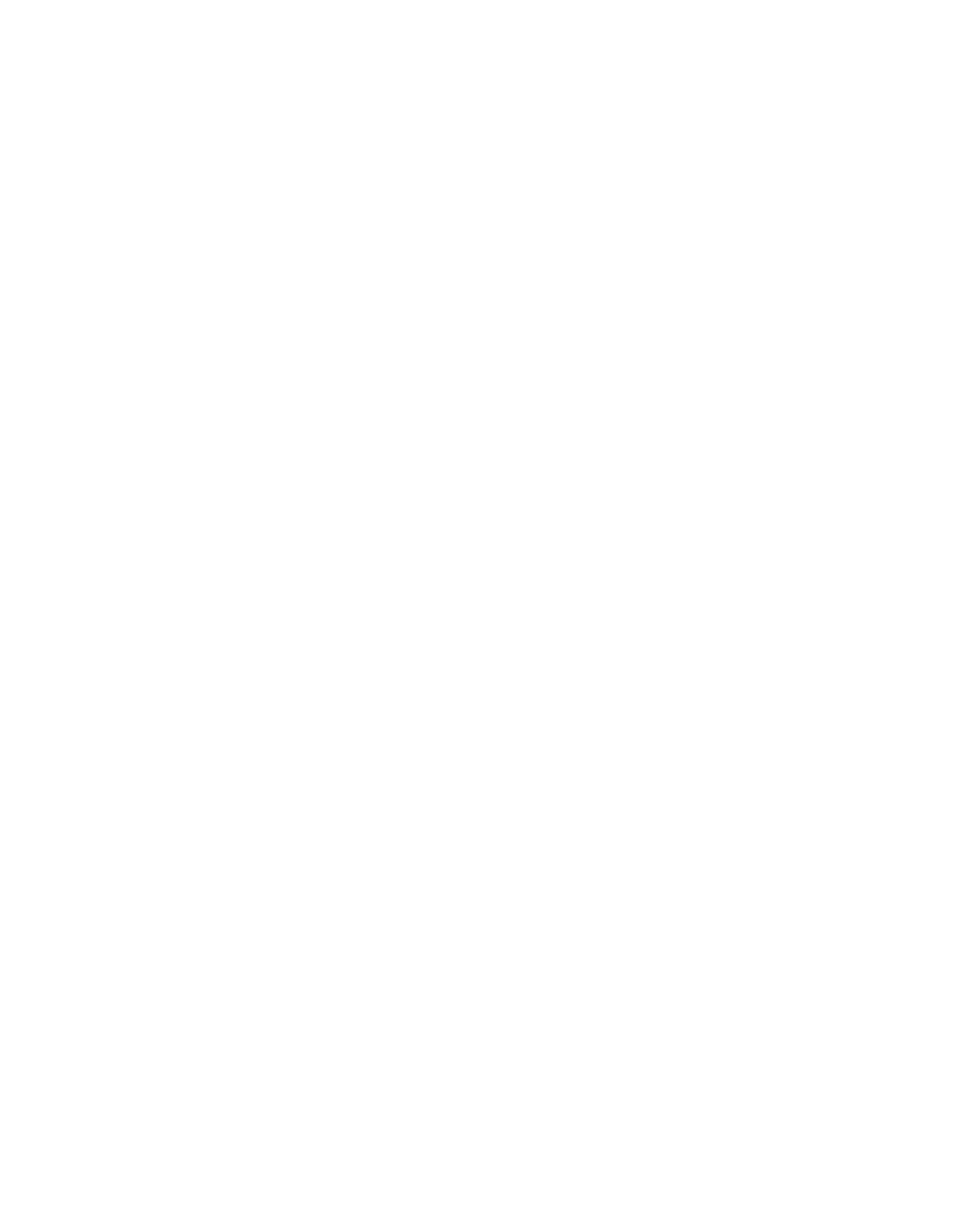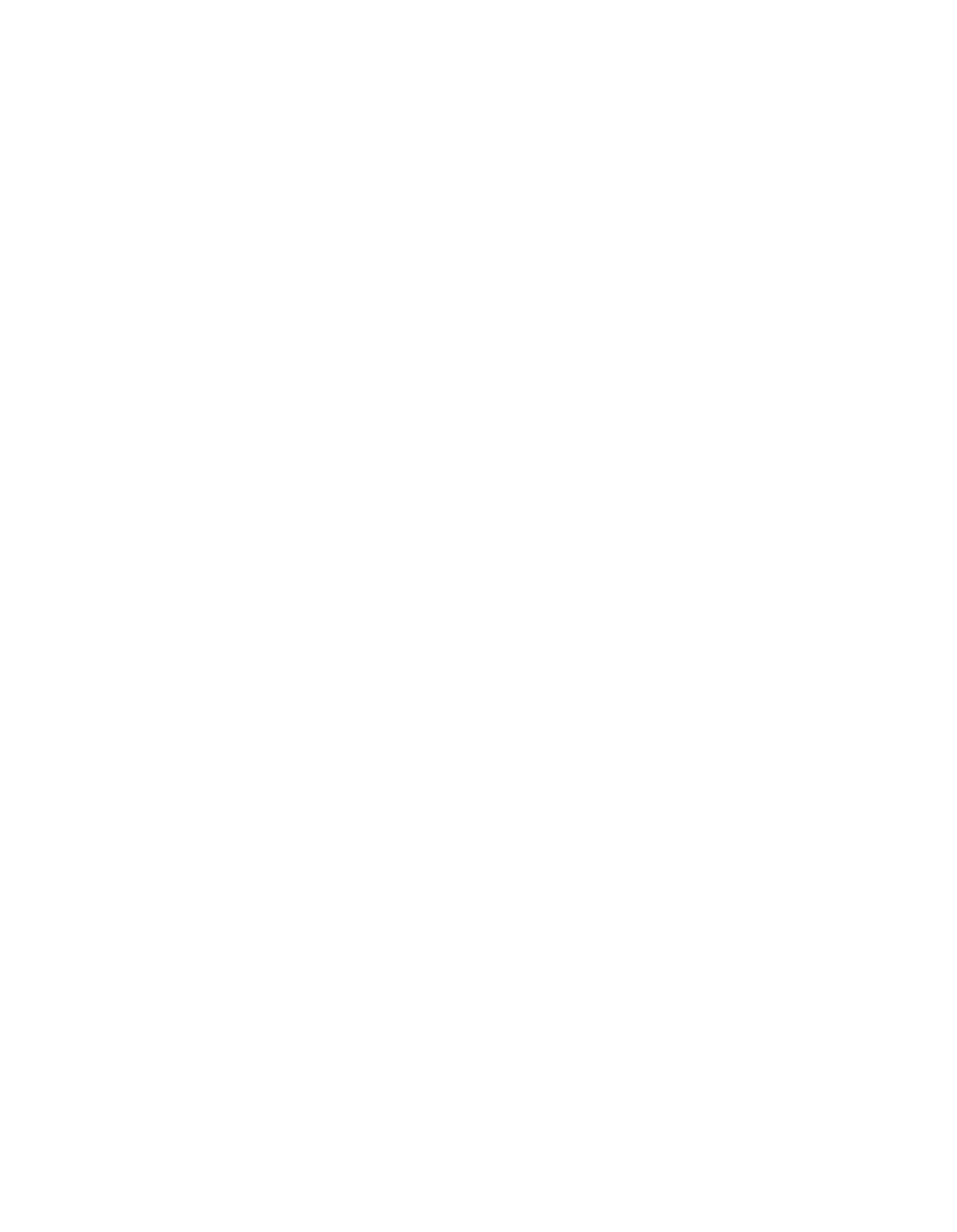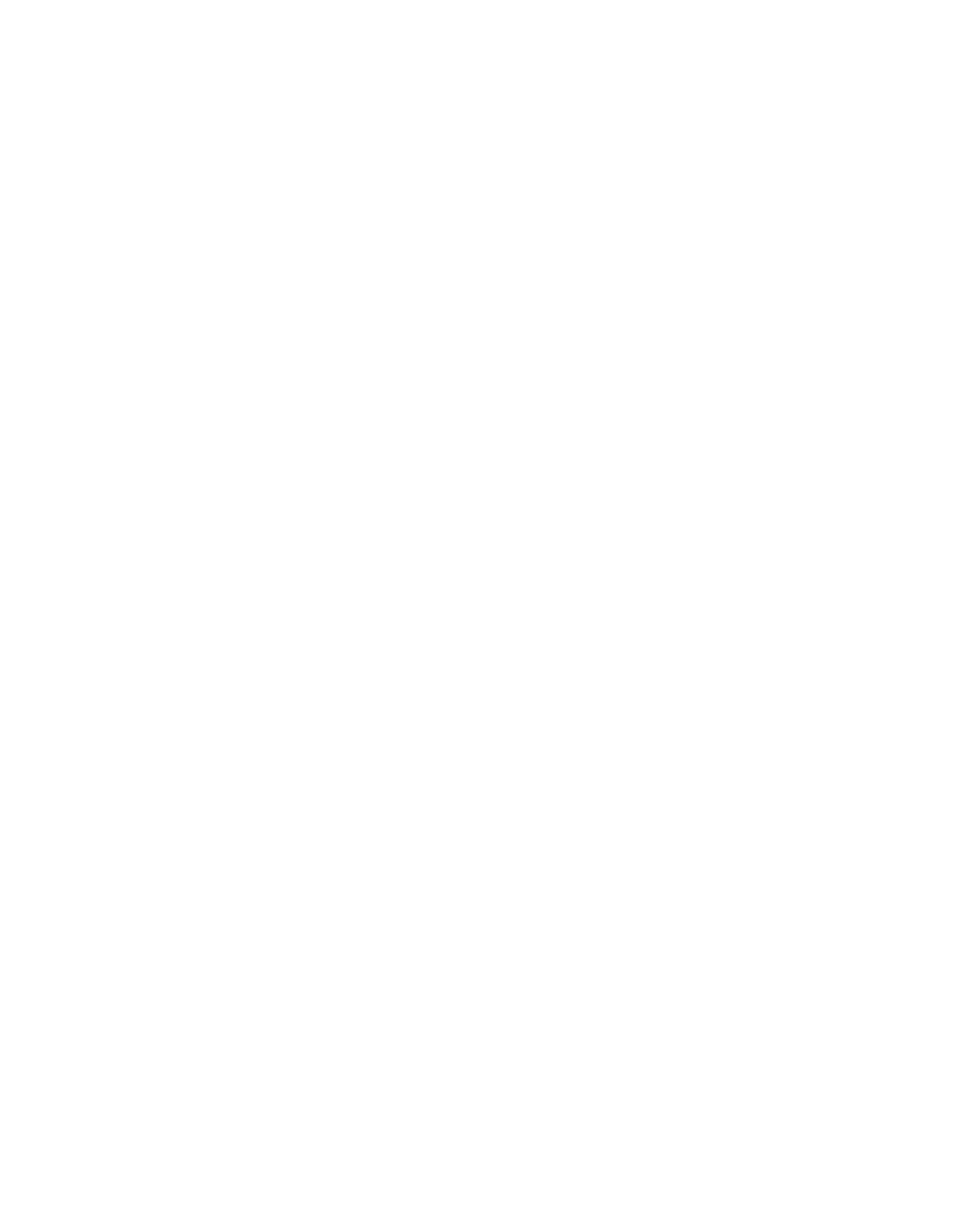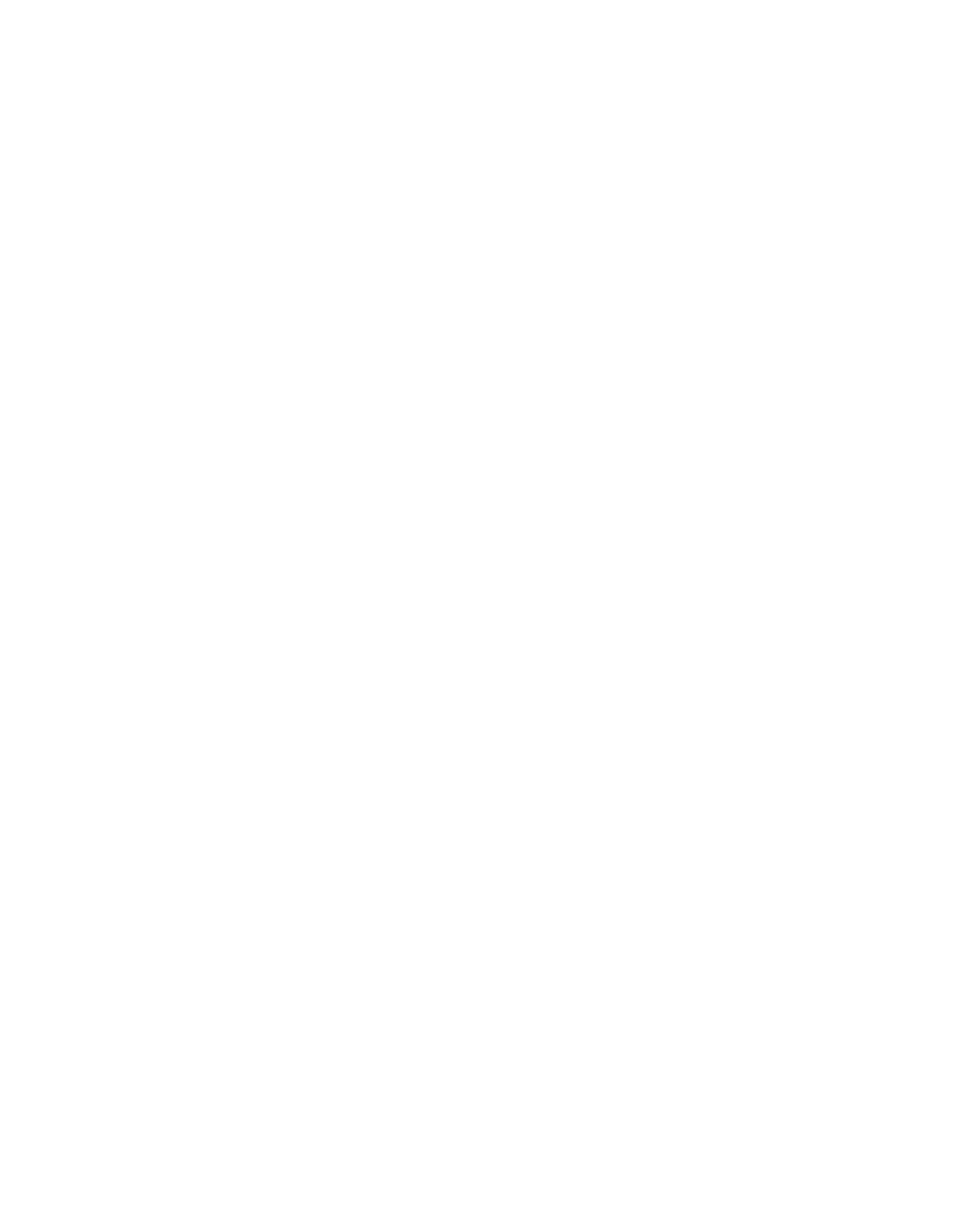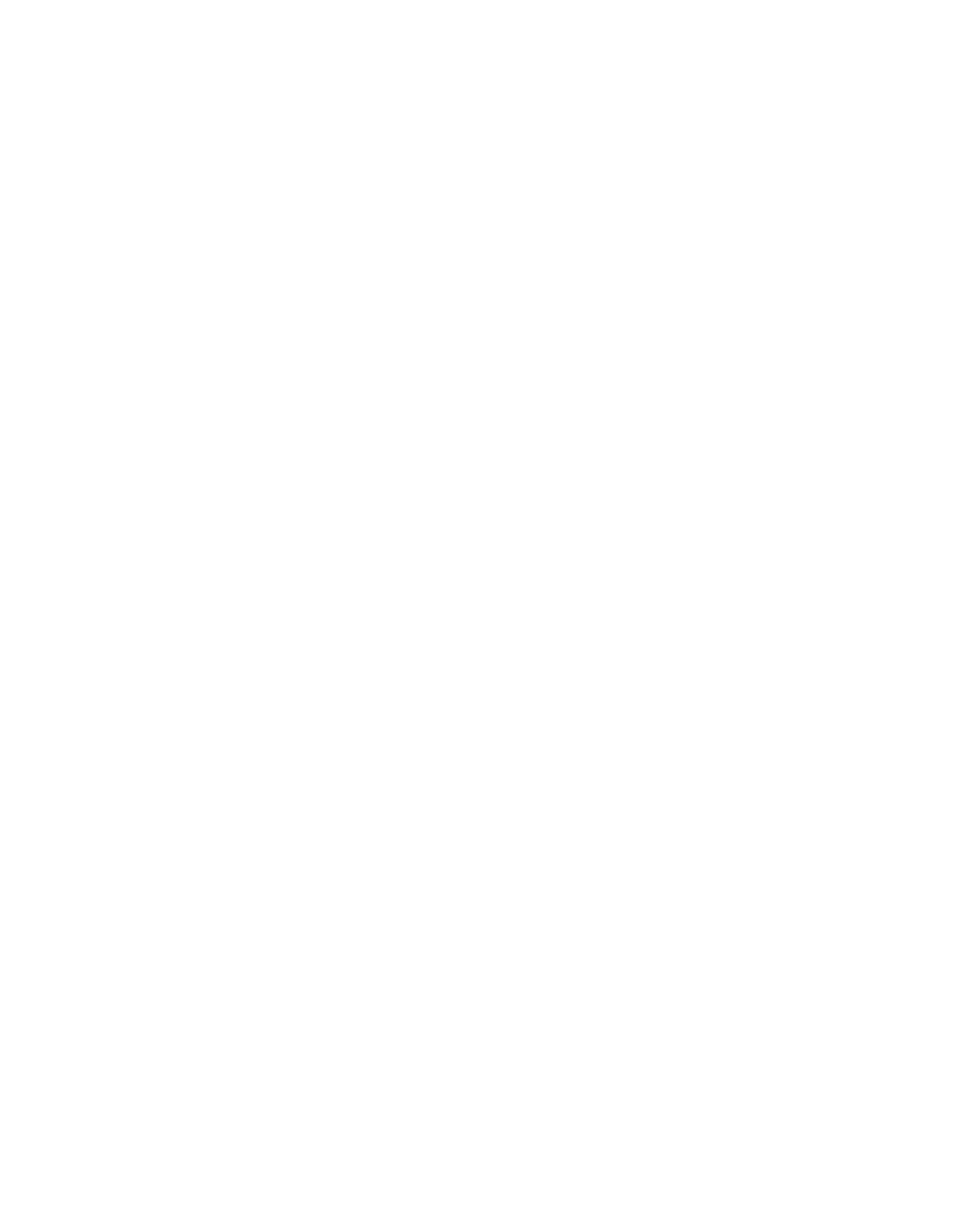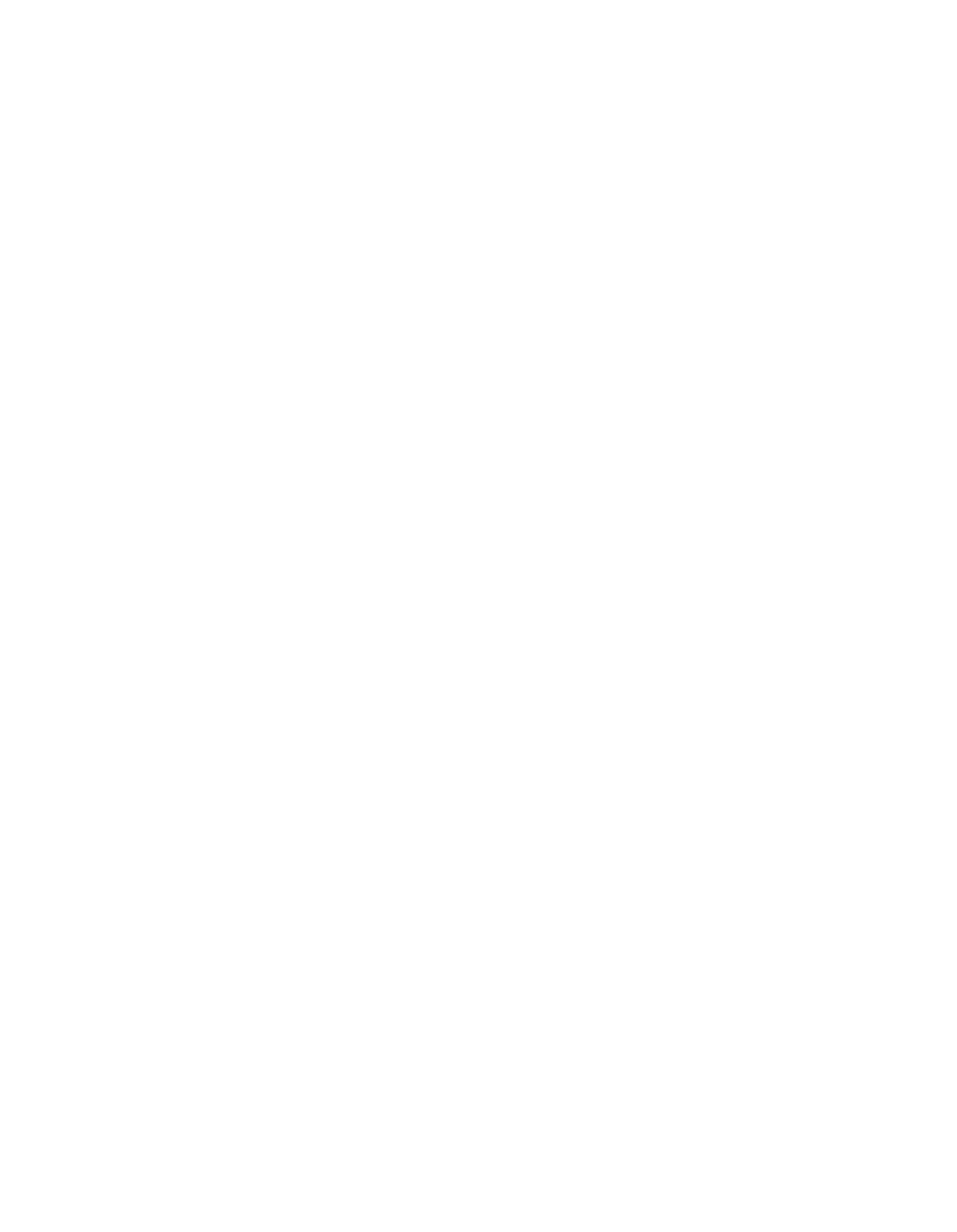ILLINOIS POLLUTION CONTROL BOARD
April 20,
1995
IN THE MATTER OF:
)
15
ROP
PLAN
CONTROL MEASURES
)
FOR VOM EMISSIONS
-
PART V:
)
R94-31
CONTROL OF VOLATILE ORGANIC
)
(Rulemaking
-
Air)
COMPOUND EMISSIONS FROM
)
LITHOGRAPHIC PRINTING:
)
AMENDMENTS TO 35 ILL.
ADM.
)
CODE PARTS 211,
218, AND 219.
)
Adopted Rule.
Final Order.
OPINION
AND
ORDER OF THE BOARD
(by M. McFawn):
On October 28,
1994,
the Illinois Environmental Protection
Agency
(Agency)
filed this proposal for rulemaking.
Section
182(b) (1)
of the Clean Air Act (CAA), as amended in 1990,
requires all moderate and above ozone nonattainment areas to
achieve a 15
reduction of 1990 emissions of volatile organic
material
(VON)
by 1996.
In Illinois, the Chicago and Metro-East
St. Louis
(Metro—East)
areas are classified as “severe” and
“moderate” nonattainment for ozone,
respectively, and as such are
subject to the 15
reduction requirement.
Also pursuant to
Section 182(b)
of the
CAA,
Illinois
is to submit a 15
Rate of
Progress Plan
(ROP) within three years of the enactment of the
CAA
amendments.
This rulemaking represents Part V of the rules
proposed in the Illinois 15
ROP.
The Board’s responsibility in this matter arises from the
Environmental Protection Act
(Act)
(415 ILCS 5/1 et seq.
(1992)).
The Board is charged therein to “determine,
define and implement
the environmental control standards applicable in the State of
Illinois”
(415 ILCS 5/5(b)).
This proposal was filed pursuant to
Section 28.5 of the Act
(415 ILCS 5/28.5
(1992)), commonly
referred to as “Fast Track Rulemaking”.
Section 28.5 of the Act
requires the Board to proceed with rulemaking under set time—
frames.
The Board has no discretion to adjust these time frames
under any circumstances.
Today the Board acts to adopt the
proposed rules as final, adopted regulations.
PROCEDURAL HISTORY
Pursuant to Section 28.5 of the Act, the Board sent this
proposal to first notice under the APA on November 3,
1994
without commenting on its merits.
The proposal was published in
the Illinois Register on December 2,
1994 as follows: Section 211
was published at 18
Ill.
Reg.
17071;
Section 218 was published at
18 Ill. Reg 17084; and Section 219 was published at 18
Ill.
Reg.
17124.
Hearings were held in this matter on December 15,
1994
and January
9,
1995,
in Chicago,
Illinois, before hearing officer
Kevin Desharnais.
The public comment period closed January 27,
2
1995.
The Board received
6 public comments, which are discussed
in detail below.
On January 30,
1995, the Board received the
final comments from the Agency, accompanied by a motion to
correct the transcript, which the Board granted.
The Board sent
the proposal to second notice on February 23,
1995,
and the Joint
Committee on Administrative Rules
(JCAR)
issued statements of no
objection on March 14,
1995.
JCAR also suggested minor,
typographical changes which have been incorporated into the final
rules.
The final rules are identical to the second notice
proposal with the exception of these minor changes.
PROPOSAL
Section 182(b) (1)
of the CAA,
as amended in 1990,
requires
all moderate and above ozone nonattainment areas
(NAAs) to
achieve a 15
reduction of 1990 emissions of VON by 1996.
This
rulemaking is Phase V of Illinois’
15
Rate of Progress
(ROP)
plan to achieve that reduction.
The proposal represents a group
of measures which are intended to reduce VON emissions in the
Metro—East area (moderate nonattainment) and the Chicago area
(severe nonattainment)
The Agency expects control of VON emissions from
lithographic printing to reduce 1996 VOM emissions by 4.0 TPD in
the Chicago
NAA
and by minimal amounts in the Metro-East
NAA.
The proposed rules are based on the draft Control Techniques
Guideline
(CTG)
and the Alternate Control Techniques
(ACT)
document issued by USEPA to assist states in developing rules for
controlling emissions from offset lithographic printing.
The
Agency modified the proposal in response to comments from
affected sources prior to submitting it to the Board.
The regulations adopted today amend 35 Ill. Adm. Code 218
and 219 to include control measures for the control of VOM
emissions from offset lithographic printing in Subpart H of both
these Parts.
They also amend 35
Ill.
Adm. Code Part 211 to add
definitions of non-heatset and sheet-fed types of lithographic
printing, as—applied fountain solution,
and alcohol for the
purposes of lithographic printing.
Finally, the adopted
regulations include minor amendments to
35 Ill. Adm. Code
Sections 218.480 and 219.480, which clarify amendments made to
these sections in R93—14,
In the Matter
of: Reasonably Available
Control Technology for Major Sources Emitting Volatile Organic
Materials in the Chicago Ozone Nonattainment Area:
25 Tons:
Amendments to 35 Ill.
Adm. Code Parts 211 and 218.
The adopted regulations contain several different types of
restrictions designed to reduce emissions from lithographic
printing operations.
These restrictions include limitations on
VOM content of fountain solutions,
limitations on VOM content of
cleaning solutions, handling requirements for cleaning materials,
and for heatset web offset lithographic printing operations, the
3
use of an afterburner or other emission control device.
Non—heatset web offset lithographic printing lines are
offered two different options for meeting the restrictions on
fountain solutions.
Their as—applied fountain solution must
either:
1)
have no more than 5
VOM,
or
2) have no more than 8
VON if the fountain solution reservoir is refrigerated below
60°F. Heatset web offset lithographic printing lines are given
three options.
Their as-applied fountain solution must:
1) have
a VOM content of 1.6
or less,
by volume;
or
2)
a VON content of
3
or less,
by volume,
if the fountain solution is refrigerated
below 60°F;or 3) have a VON content of
5
or less, by volume,
if
the fountain solution contains no alcohol.
Heatset web offset lithographic printing operations must
also use an afterburner,
or other approved control device that
satisfies one of the following two conditions:
1) reduces VON
emissions from the press dryer exhaust vent by 90
by weight, or
2) has a maximum control device exhaust outlet VON concentration
of 20 parts per million by volume
(ppmv)
as carbon.
The adopted regulations also include emissions limitations
for cleaning solutions used on lithographic printing lines,
and
certain handling or “housekeeping” requirements for cleaning
materials.
All cleaning solutions must have a VON content of
under 30,
unless the vapor pressure of the cleaning solution is
less than 10 millimeters of mercury
(mmHg)
at 20°C. All cleaning
materials and used towels must be kept in closed containers.
In addition to the control measures, the adopted rules also
establish recordkeeping and reporting requirements.
Facilities
are required to record information regarding fountain solutions,
cleaning operations, and for heatset web offset lithographic
printing lines,
information concerning control devices.
These
records must be kept for three years and must be made available
to the Agency upon request.
APPLICABILITY
The adopted rules establish control measures for reduction
of VON which apply to all lithographic printing lines at a source
(both heatset and non-heatset)
if the VON emissions from
lithographic printing lines at the source ever exceed 45.5
kilograms per day (kg/day) or 100 pounds per day
(lbs/day).
The
control requirements also apply to sources with heatset web
offset lithographic printing lines at a source if the VON
emissions from these lines meet the applicability criteria
specified in former Sections 218.405 (a) (1) (A)
or
219.405(a) (1) (A), which are renumbered in this rulemaking as
Sections 218.405(a) (1)
and 219.405(a) (1), respectively.
These
criteria specify that if the total Maximum Theoretical Emissions
4
(NTE)
of VON from heatset web offset lithographic printing lines
at the source ever exceed 90.7 megagrams per year
(Mg/yr),
or 100
tons per year
(TPY), the lines are subject to the control
requirements and VON content limitations for fountain solutions.
The adopted regulations also impose certain recordkeeping and
reporting requirements on all sources with lithographic printing
lines,
even if they are otherwise exempt from the other specified
control requirements.
The Agency has identified
113 facilities with lithographic
printing operations in the Chicago NAA,
and
1 source in the
Metro-East NAA, which are potentially affected by this rule.
The
minor amendment to Section 218.480 is expected to affect only one
facility in the Chicago NAA, Abbott Laboratories.
The amendment
to Section 219.480
is being adopted in order to assure
consistency between Parts 218 and 219.
TESTIMONY AND COMMENTS
The Board received the following six public comments in this
rulemaking:
#1
Comments of the Illinois Department of Commerce and
Community Affairs;
#2
Comments of Connie Bradway,
Index Department,
Administrative Code Division, Office of the Secretary
of State;
#3
Comments of the American Lung Association of
Metropolitan Chicago and the Citizens Commission for
Clean Air in the Lake Michigan Basin;
#4
Comments of the City of Chicago;
#5
Comments of General Business Forms;
and
#6
Agency Response to Comments.
In addition, the following individuals testified at the
Board’s January 9,
1995 hearing:
1)
Mr. John Mudge, General Business Forms;
2)
Mr.
Hejiaadi
(Marty)
Prabhu, Solar Press,
Inc.;
3)
Ms. Eva E. Kim, Printing Industry of Illinois and
Indiana
(P11); and
4)
Mr. Mark A. Home,
R.R.
Dorinelley
& Sons Co.
(Donnelley).
The Board has considered
all public comments,
as well as all
testimony and exhibits,
in making its decisions in this matter.
The following is a summary of the major issues raised in comments
5
and during the hearing process.
A.
Issues Raised by P11 and Donnelley
A number of issues were raised by P11 and Donnelley during
the hearings process and in discussions with the Agency.
The
Agency responded to these issues and proposed several changes to
the rule based upon them in its response to comments.
1)
Source-Wide Recordkeeping and Reporting for Exempt
Sources
P11 and Donnelley proposed that exempt sources be allowed to
keep records on a source—wide basis, rather than a line—by—line
basis.
(Tm.
1 at 38,
46.)
Additionally,
P11 proposed that
exempt sources be allowed to use purchase and inventory records
to determine total VON emissions when determining applicability
for exempt sources.
The Agency agreed with the changes proposed by P11 and
Donnelley,
and proposed language which would allow exempt sources
to keep records only on a source-wide basis.
(Tm.
1 at
39;
Comment #6 at
4
-
5.)
We accepted the Agency’s proposed modifications and have
incorporated them into the proposal.
(See Sections 218.411(a) (2)
and 219.411(a) (2).)
2)
Use of Purchase and Inventory Records to Determine
Applicability for Exempt Sources
P11 proposed to the Agency that the rule be revised to allow
the use of purchase and inventory records for calculating total
VON emissions when determining applicability.
P11 requested that
this alternative be allowed for both exempt sources and regulated
sources.
The Agency agreed that the proposal should be modified to
allow exempt sources,
only, to use purchase and inventory records
to demonstrate that their daily emissions remain below the
applicability threshold, and proposed language which would allow
such use.
However, the Agency asserted that these records do not
demonstrate compliance for regulated facilities.
The Agency
asserted that these records do not provide the Agency with the
type of information necessary to determine a regulated source’s
compliance,
and would allow averaging of the fountain solution
VOM content.
The Agency asserted that,
since this rule is based
on VOM content limitations, records which verify the VON content
of each batch must be maintained.
P11 also proposed that a specific equation be adopted for
use in determining daily emissions.
The Agency stated its belief
6
that the proposed changes address P11’s concerns,
and that the
requested revision is no longer necessary.
(Comment #6 at 5.)
The Board accepted the Agency’s proposed modifications and
incorporated them into the proposal.
(See
Sections
218.411(a)(2)(B)
and 2l9.411(a)(2)(B).)
The Board also found
that there was insufficient technical support for the alternative
equation proposed by P11.
3)
Recordkeeping as an Option Equivalent to Monitoring of
Fountain Solution VON Content
P11 and Donnelley both requested that,
for monitoring the
VON content of fountain solution,
recordkeeping be allowed as an
option equivalent to measurement using such devices as a
refractometer, hydrometer,
or conductivity meter.
The Agency
proposal as originally written would have required sources to
obtain USEPA and Agency approval before recordkeeping could be
used as an equivalent option.
The Agency agreed with P11 and
Donnelley that recordkeeping should be allowed as an equivalent
option for monitoring the VON content of a fountain solution, and
proposed modified language to allow for such use.
(Tr.
2 at 94;
Connuent #6 at 6.)
We accepted the Agency’s proposed modifications and
incorporated them into the proposal.
(See
Sections 218.410(b)
and 219.410(b).)
4)
Removing Section 218.412 and 219.412
-
Modified
Recordkeeping
Donnelley suggested deleting from the proposal Sections
218.412 and 219.412, which allow for modified recordkeeping.
(Tm.
1 at 42
-
43.)
Donnelley indicated that these sections
would make compliance more complicated for the sources it was
intended to benefit.
The Agency stated that P11 expressed
agreement with Donnelley’s position in phone conversations with
the Agency.
(Comment #6 at
13.)
The Agency stated that these sections were drafted with the
intent of making recordkeeping easier for those sources which
could maintain a VON content for fountain solutions or cleaning
solutions significantly lower than that required by the
regulations.
However, the Agency had no objection to removing
these sections, since the regulated community indicated that
these sections would not benefit the sources they were intended
to aid.
(Agency Final Response to Comments at 13.)
The Agency
proposed amended language removing from the rule these sections
and all references thereto.
The Board accepted the Agency’s proposed modifications and
incorporated them into the proposal.
(See Section 218.405(c),
7
218.405(d),
218.408(a),
218.410(e) (1) (B),
218.410(e) (2),
219.405(c),
219.405(d),
219.408(a), 219.410(e) (1) (B),
219.410(e) (2),
211.474,
and the Table of Contents for Parts 218
and 219.)
5)
Donnelley’s Request to Omit USEPA Approval of
Alternative Methods of Compliance
The Agency asserted that Donnelley requested that the
regulation be modified to remove the requirement of USEPA
approval for alternative methods of compliance with control,
recordkeeping, reporting or monitoring requirements.
(See Tr.
1
at
65
—
69; Tm.
2 at 172.)
The Agency believed that by making
recordkeeping an equal option for exempt sources and eliminating
Sections 218.412 and 219.412, Donnelley’s major concerns were
addressed.
In all other
instances, USEPA approval
is necessary
to obtain approval for inclusion
in the SIP.
The Board found that no additional modifications to address
this concern were justified.
6)
Batch Recordkeeping and Reporting for Fountain
Solutions
P11 and Donnelley both raised questions concerning batch
recordkeeping and reporting on
a fountain solution, rather than
on a line-by—line basis.
(Tm.
1 at 33—36,
57-59.)
The Agency
stated at the second hearing that its intention was always to
require recordkeeping on a per batch basis
for fountain
solutions.
(See Tr.
2 at 136-142.)
However, the Agency
proposed revisions to the initial proposal which were intended to
make the proposal clearer on this point.
(Comment #6 at 6.)
The Board accepted the Agency’s proposed modifications and
incorporated them into the proposal.
(See
Sections 218.411(c)
and 219.411(c).)
7)
90—Day Time Period for Stack and Other Tests to
Determine Compliance
The Agency stated that both P11 and Donnelley requested that
sources be given ninety days to perform a stack test or other
test to determine compliance with the heatset web offset control
device requirements upon request from the Agency.
(Tm.
2 at 94;
Comment #6 at
6
—
7.)
The Agency had no objection to P11 and
Donnelley’s request,
and proposed revisions to allow for such a
time period.
We accepted the Agency’s proposed modifications and
incorporated them into the proposal.
(See
218.409(a)
and
219.409(a).)
8
8)
30—Day Notification Period upon Changing Compliance
Method
During the second hearing, Donnelley requested removal of
those portions of the proposal requiring notification to the
Agency thirty days prior to changing the fountain solution or
cleaning solution VON content limits.
(Tm.
2 at 169
-
170.)
The
Agency responded that such information was necessary primarily
for its air quality assessments.
(Tm.
2 at 178.)
At hearing, Board Member NcFawn questioned whether the
Agency’s need for quantification of emissions could be satisfied
by subsequent reporting of changes in a facility’s compliance
method.
(Tm.
2 at 181
-
182.)
In its final comments, the Agency
agreed that requiring notification within thirty days after such
a change has been made would accomplish the same goal,
and
proposed revisions incorporating this suggestion.
(Comment #6 at
7
—
8.)
We accepted the Agency’s proposed modifications and
incorporated them into the proposal.
(See Sections
218.411(c) (4), 218.411(d) (4),
219.411(c) (4), and 218.411(d) (4).)
9)
Calculating Emissions for 100 Pounds per Day Threshold
At the first hearing, P11 requested that the Agency consider
removing the word “actual” from those sections where it
is used
in conjunction with an applicability threshold.
(Tr.
1 at 55.)
P11 was specifically concerned with the 100 pounds per day
applicability threshold in Section 218.411.
(~~)
P11 stated
that the method used to calculate emissions does not necessarily
result in a computation of actual emissions.
(~)
This
is
because the method for calculating daily emissions in Section
218.411(a) (1) (B)
specifies that daily emissions are calculated by
dividing monthly emissions by the number of days during the
calendar month that pminting lines
at the source were in
operation.
The result therefore may not equal any particular
day’s “actual” emissions.
The Agency stated that,
since the word “actual” was
originally included at the request of P11, the Agency had no
objection to its removal.
The Agency proposed revisions to all
sections where “actual” was used in connection with an
applicability threshold.
(Tm.
1 at 55
-
56; Comment #6 at 8.)
We accepted the Agency’s proposed modifications and
incorporated them into the proposal.
(See Sections
218.405(d) (2), 218.411(a),
219.405(d) (2), and 219.411(a).)
9
10)
Only Lithographic Inks Included in Emissions
Calculation for Determining Applicability
After the first hearing, Donnelley submitted several
9roposed language changes to the Agency, which were not submitted
to the Board.
The Agency agreed to recommend only one of the
proposed changes:
specifying that only lithographic inks be
included in calculations of VOM emissions for purposes of
determining applicability.
(Comment #6 at 8
-
9.)
The Board found that this change clarified the purpose of
the rule,
and therefore included it in the proposal.
(See
218.409(b) (6), 218.411(a),
219.409(b) (6), and 219.411(a).)
11)
Using Method 25A to Calculate Add-On Control Equipment
Emissions
-
Retesting and Emission Limitations
At hearing, both P11 and Donnelley requested changes to
limitations on the use of Method 25A in performing a stack test,
so as to allow
a retest using Method 25A if the test showed a VOM
concentration over 50 ppmv.
(Tr.
1 at 40
-
42; Tm.
2 at 201
—
202.)
The first notice proposal required such a source to
conduct a retest using Method 25.
Furthermore, P11 and Donnelley
requested that the maximum exhaust outlet VON concentration for
afterburners on heatset web offset lithographic printing lines be
raised from 20 ppmv to 50 ppmv.
After discussing the matter with USEPA,
the Agency proposed
changes to allow a source to retest using either Method 25 or
Method 25A, provided that if the stack test again shows a VON
concentration over 50 ppmv,
the source must retest using Method
25.
(Comment #6 at 9.)
This will allow a source which is only
over the 50 ppmv cutoff by a small amount to correct any possible
problems and possibly avoid
a retest with Method 25.
The Agency
stated that USEPA has agreed to the proposed revision.
(~~)
The Agency opposes raising the maximum exhaust outlet VON
concentration for afterburners on heatset web offset lithographic
printing lines from 20 ppmv to 50 ppmv.
The Agency believes that
the parties have not provided the technical justification to
support such a change, and that such a change would not be
approved by USEPA.
Additionally,
the Agency believes that the
concerns causing the parties to request the change have been
addressed in the proposed changes to the testing methodologies at
Sections 218.409(b) (3) (C)
and 219.409(b) (3) (C)
We accepted the Agency’s proposed modifications and have
incorporated them into the proposal.
(See 218.409(b) (3) (C)
and
219.409(b) (3) (C)
.)
10
12)
Control Efficiency of Condensers
P11 requested the creation of a special exemption allowing
condensers used as control devices on heatset web offset
lithographic printing lines to achieve a control efficiency less
than 90.
(Tr.
1 at 51
-
52.)
The Agency requested that P11
provide supporting technical information, but P11 has not done
so.
(Tr.
1 at 51
-
52; Comment #6 at 10
-
11.)
The Agency
stated that all available information indicates that no exemption
is necessary.
(~~!~)
The Board found that no change to the minimum control device
efficiency previously found at Section 218.405(b) (1), and now
found at Section 218.406(a) (1), was justified by the record in
this proceeding.
13)
Continuous Recording of Fountain Solution Temperature
for Refrigerated Solutions
P11 and Donnelley requested that the requirement for an
automatic,
continuous recording device attached to the
temperature monitor of the fountain solution for refrigerated
fountain reservoirs or trays be eliminated.
(Tm.
2 at 170—172.)
Donnelley stated at hearing that this requirement would require
shutdown of a press during maintenance, repair, or malfunction of
the recording device.
In its response to comments, the Agency stated that the
Draft CTG clearly requires a continuous recording device,
and
this requirement has been confirmed in the ACT and in
conversations with the USEPA.
(Comment #6 at 11.)
Furthermore,
the Agency supports this requirement due to its reliability, and
points out that similar recording devices are required elsewhere
in Parts 218 and 219.
(I~
at 11
—
12.)
However, the Agency
agreed that relief should be provided in the case of a recording
device malfunction, and proposed a revision that would allow
manual recording of the temperature every two operating hours
until the device is back in service, provided the device is
repaired or replaced as soon as practicable.
(~
at 12
—
13.)
The Agency stated that Donnelley indicated agreement to the
proposed changes in subsequent phone conversations with the
Agency.
(Comment #6 at 13.)
The Board accepted the Agency’s proposed modifications and
incorporated them into the proposal.
(Sections 218.410(a) (2)
and
219.410(a) (2).)
14)
Transitional Period
P11 and Donnelley requested a transitional period for a
facility to come into compliance after the applicability
11
threshold has been exceeded.
(Tr.
1 at 36-38;
Tr.
2 at 171
-
172,
200
—
201.)
The Agency responded to this recommendation by
pointing out that the regulations contain a compliance date of
March 15,
1996, which allows sources to examine their operations
to determine if they are subject to the regulations.
(Agency
Final Response to Comments at 14.)
Furthermore, the Agency
stated that the structure of the rules contemplates that changes
which would cause an otherwise exempt source to exceed the
applicability threshold can be foreseen, and planned for, by
regulated sources.
To the extent unforeseen circumstances do
occur, temporary relief is available through a provisional
variance or variance.
(Id.
at 14
-
15.)
The Board was persuaded by the Agency’s arguments and found
that no change to the rule was necessary to address this issue.
The Board found that the March 15,
1996 effective date provides
ample time for sources to determine which requirements are
applicable to their facilities, and that the availability of
variances and provisional variances provides adequate relief for
those facilities which become subject to the regulations due to
unforeseen circumstances.
15)
P11’s Suggested Change to MTE Calculation
At the first hearing,
P11 requested a modification to the
method for calculating Maximum Theoretical Emissions
(MTE).
(Tm.
1 at 54
-
55; see also Exh.
6.)
P11’s modified equation was
based on a formula from the Graphic Arts Technical Foundation.
The Agency responded to this proposed change by stating that the
equation for calculating MTE is already defined in the
regulations.
The Agency asserted that this equation, which was
previously located at Section 218.405(c) (1) (A) (ii),
and which is
now located at Section 218.406(b) (1) (A) (ii),
is based on USEPA’s
definition.
The Agency asserted that,
since Illinois’ definition
must be consistent with USEPA’s in order for it to be included in
the SIP, revising the method for calculating MTE would make the
rule unapprovable by USEPA.
(Tm.
1 at
55; Comment #6 at
15
-
16.)
Based on the information submitted in this rulemaking, the
Board found that no change to the calculation of MTE was
warranted.
P11 provided no technical justification for changing
the method for calculating MTE, which was previously included in
the Board’s regulations and which has been approved by USEPA.
16)
P11’s Request for
a De Minimis Exemption and
Donnelley’s Questions Concerning Costs for Exempt
Sources
At hearing,
P11 requested that the proposed regulations
exempt certain printers from recordkeeping requirements,
or
require only annual, rather than monthly, recordkeeping.
(Tr.
1
12
at 53.)
Donnelley also raised concerns about the cost of
complying with recordkeeping requirements for exempt sources.
(Pr.
1 at 32.)
The Agency responded that,
based on discussions
with the regulated community,
the Agency modified the proposal
prior to filing its original proposal to allow for monthly,
rather than daily, recordkeeping for exempt sources.
(Tm.
1 at
32
—
33; Comment #6 at 17.)
The Agency does not believe that the
recordkeeping requirements can be further relaxed and still be
approved by USEPA for inclusion in the SIP.
(Tm.
1 at 53
-
54;
Comment #6 at 16.)
The Board found that no change to the minimum recordkeeping
requirements for exempt sources
is justified.
B.
Comments of General Business Forms
General Business Forms
(GBF)
participated in the hearings
and submitted written comments into the record.
GBF addressed
two main issues in its comments and testimony:
1) changing the
applicability scheme to treat heatset web offset and non-heatset
web offset printing lines separately;
and 2)
changing the
recordkeeping requirements to allow aggregated recordkeeping by
type of line.
The Agency responded to each of these issues, and
each is discussed in detail below.
1)
Establishing Separate Applicability Thresholds for
Heatset and Non-Heatset Lines
GBF proposed that the applicability provisions of the
proposal be modified to treat heatset web offset lithographic
printing lines and non-heatset web offset lithographic printing
lines as two separate categories,
each with an applicability
threshold of potential to emit
(PTE)
25 tons of VON.
GBF
asserted that the proposed combined threshold of 100 pounds per
day would place a substantial economic burden on GBF and other
similarly affected sources, by requiring the installation of
control equipment.
(See Comment #5 at 10.)
GBF also argued
that,
since USEPA has recognized differences between different
types
of offset lithographic printing lines,
it may support
separate regulations for different types
of lines.
(I~ at 5.)
GBF asserted that the proposed applicability threshold of
100 pounds per day is not required by the CAA,
and
is
inconsistent with the regulatory scheme.
(~
at 4.)
GBF
pointed out that the Agency did not analyze the economic effects
of the proposed threshold for affected sources in Illinois.
(~
at
4
—
5.)
Furthermore, GBF argued that,
since the Agency has
already raised the applicability threshold from 15 pounds per day
to 100 pounds per day, there
is no reason the threshold cannot be
further raised to 25 TPY.
~
at
8
-
9.)
13
The Agency disagreed with GBF’s assertion that determining
applicability levels based upon combined emissions from all
heatset and non—heatset lines is inconsistent with the current
regulations,
since non-heatset web offset lithographic printing
have not been addressed specifically in any Board regulations
prior to this rulemaking.
(Comment #6 at 19.)
The Agency also
noted that current Illinois regulations place flexographic and
rotogravure printing in the same applicability category, despite
the fact that the differences between them are greater than those
between heatset and non-heatset web offset lithographic printing.
(~
at 19
-
20.)
Furthermore, since USEPA considers all
lithographic printing to be one source category, the Agency
believes USEPA will disapprove a rule wherein applicability for
lithographic printing is split.
(~
at 20.)
The Agency also
expressed concern that,
under GBF’s suggestion,
a source could
emit more than 25 TPY from its combined lithographic printing
operations,
and therefore have major source status under the CAA,
but not be controlled by Illinois air regulations, which would be
contrary to the CAA.
~
at 20
—
21.)
The Agency also pointed out that GBF has not performed any
studies to determine the effect that its suggestion would have on
the emission reductions expected to be achieved through this
rule.
The Agency expressed concern that the effect could be
substantial and could result in Illinois failing to achieve the
necessary reductions to satisfy the 15
ROP Plan.
(L~
at 21
—
22.)
Furthermore, the Agency asserted that, when properly
calculated,
the control costs for GBF’s facility are comparable
to those incurred by other sources
in the printing and coating
industry.
(Comment #6 at 25.)
As an alternative to modifying the applicability scheme, GBF
suggested that facilities whose emissions are between 100 pounds
per day and 50 tons per year be given until March,
1998 to
comply.
GBF asserted that this would provide additional
incentive for these facilities to reduce emissions below the 100
pounds per day threshold.
(Comment #5 at 12.)
The Agency opposed such an extension, and countered that
such an extension would mean that these reductions could not be
included in the 15
ROP Plan.
(Comment #6 at 23.)
The Agency
stated that GBF could seek site—specific relief through a
variance or an adjusted standard if
it believes its situation is
unique and merits special consideration.
(~~)
The Board found that no change to the applicability scheme
was warranted based on GBF’s suggested changes.
As the Agency
pointed out, USEPA considers all lithographic printing to be one
source category, and there is no indication that it would accept
a scheme which treats them differently.
GBF provided no
information on what impact its proposed applicability scheme
would have on emissions from the industry as a whole, and what
14
effect that would have on emissions reductions to achieve the
required 15
reduction.
Furthermore, GBF did not show that the
control costs are overly burdensome for the lithographic printing
industry as
a whole.
If GBF believes that its situation is
different from the industry as a whole,
it can seek site—
specific relief for its facility.
2)
GBF’s Request for Aggregated Recordkeeping
GBF requested that the proposed recordkeeping requirements
be amended to allow monthly recomdkeeping on a plant-wide basis
for each category of printing lines.
(Comment #5 at 13.)
GBF
supported the Agency’s proposal to allow monthly recordkeeping
for exempt sources, and asked that this type of recomdkeeping be
allowed for all lithographic printing operations.
Alternatively,
GBF requested that Section 218.411 be modified to allow monthly
recordkeeping for each category of printing line,
such as heatset
web offset or non—heatset web offs~t,rather than for each line.
~
Within each category, monthly records would
be maintained
for each fountain solution used.
GBF asserts that these
alternatives present the most cost-effective means for it to
comply with the recomclkeeping requirements of the proposed rule.
(i~)
The Agency stated that the recordkeeping proposed by GBF
would not provide the necessary compliance information about a
specific batch of fountain solution.
(Comment #6 at 27.)
The
Agency stated that,
since the rules are based on VON content
limitations, rather than production limitations,
it is necessary
to maintain infommation on a source’s compliance with those
limits.
(~~)
However, the Agency pointed out that the batch recordkeeping
was modified to addresses some of GBF’s concerns.
If a fountain
solution batch is mixed and then manually brought to separate
printing lines,
it can still be considered one batch for
recordkeeping purposes,
as long as the destination of the
solution is noted in the records.
Any subsequent modifications
to that batch, made either centrally or at each line, would have
to be noted as well.
(~,)
The Board found that no additional changes to the
recordkeeping requirements were warranted based on GBF’s comment.
As pointed out by the Agency, allowing monthly recordkeeping on a
plant-wide basis for each category of printing line would not
provide the information necessary to ensure that each batch of
fountain solution meets the applicable VON content limitations.
15
C.
Comments of the American Lung Association of Metropolitan
Chicago and the Citizens Commission for Clean Air in the
Lake Michigan Basin
The American Lung Association of Metropolitan Chicago
(ALANC)
and the Citizens Commission for Clean Air in the Lake
Michigan Basin (CCCALNB) filed a joint comment.
These
commentators stated that they generally support the emissions
limitations contained in the proposal.
However, the parties did
suggest several changes to the rule.
First, ALAMC and CCCALMB suggested that the Board consider
two more stringent measures proposed by the State and Territorial
Aim Pollution Program Administrators/Association of Local Air
Pollution Control Officials (STAPPA/ALAPCO): phasing out
relatively volatile alcohols from offset lithographic printing
operations,
and requiring the use of currently available cleaning
solutions with no or very low VOC5.
Second,
these commentators
recommended that the applicability level be set at 15 pounds per
day,
instead of 100 pounds per day.
They asserted that smaller
lithographic printing operations may be required to further
reduce emissions in the future in order to achieve ROP progress,
and argued that such levels would
be consistent with a rule soon
to be adopted in Wisconsin.
Finally, ALANC and CCCALNB urged the
Board to ensure that placing emissions limits on VOM5 generally
instead of on specific alcohols would not lead to unhealthy
emissions of toxic VOMs in the workplace or nearby neighborhoods.
The Board found that, while these comments provide
suggestions, no technical support is provided.
Thus, the Board
found that no change to the proposed rule was warranted based on
these comments.
D.
Comments of the City of Chicago
The City of Chicago generally supported the proposed
regulations for lithographic printing operations as a necessary
step towards reducing VOM emissions in the region.
The City
specifically stated its support for the 100 pounds per day
applicability threshold, and the recordkeeping and reporting
requirements.
The City also stated that it reviewed the comments
of the American Lung Association of Metropolitan Chicago and the
Citizens Commission for Clean Air in the Lake Michigan Basin
recommending changes consistent with those called for by
STAPPA/ALAPCO, and asked that the Agency examine the emissions
reductions and economic effects that would result from the
implementation of the recommended measures.
The Agency did not
respond to the City’s suggestion.
The Board found that the City’s support and elaboration of
the ALANC and CCCALMB suggestions likewise did not provide
sufficient justification to warrant the changes suggested.
16
E.
Comments of the Illinois Department of Commerce and
Community Affairs
The comment from Illinois Department of Commerce and
Community Affairs
(DCCA)
stated that DCCA reviewed the proposal
and determined that it will not significantly impact small
businesses.
DCCA deferred to the finding of the Board, based on
hearings and written public comment to the Board.
F.
Comments of the Index Department, Administrative Code
Division
The comment of the Index Department, Administrative Code
Division suggested various form and typographical corrections,
which the Board accepted and incorporated into the proposal.
G.
Minor RACT Amendment to 218.480 and 219.480
This amendment clarifies that pharmaceutical companies that
produce both pharmaceutical and pharmaceutical—like products
using the same equipment and same processes are only subject to
the requirements of Subpart T rather than both Subpart T and
Subpart RR of Parts 218 and 219.
The only source known to be
affected by this revision, Abbott Laboratories, expressed their
support for this revision at the first hearing.
(Tm.
1 at 69.)
No other comments have been received on this issue,
and the
amendment has been incorporated into the proposal.
CONCLUSION
The Board finds that the proposed rules are technically
feasible and economically reasonable,
and that the rules are
necessary to meet the requirements of the Clean Air Act.
The
Board therefore finds that the record supports final adoption of
the proposed mules as amended.
17
ORDER
The Board hereby adopts the following amendments to 35 Ill.
Adm. Code 211, 218,
and 219. The Board directs the Clerk to
submit the following amendments to the Secretary of State
Administrative Code Division as final adopted rules:
TITLE 35:
ENVIRONMENTAL PROTECTION
SUBTITLE B:
AIR POLLUTION
CHAPTER I:
POLLUTION CONTROL BOARD
SUBCHAPTER
C:
EMISSION STANDARDS AND LIMITATIONS
FOR STATIONARY SOURCES
PART 211
DEFINITIONS AND GENERAL PROVISIONS
SUBPART A:
GENERAL PROVISIONS
Section
211.101
211.102
Section
211.121
211.122
211.130
211.150
211.170
211.210
211.230
211.250
211.270
211.290
211.310
211.330
211.350
211.370
Air
211.390
Aim
211.410
Aim
211.430
Air
211.450
211.470
211.474
_______
211.490
211.510
211.530
211.550
211.560
_______________________________
211.570
211.590
Incorporations by Reference
Abbreviations and Conversion Factors
SUBPART
B:
DEFINITIONS
Other Definitions
Definitions
(Repealed)
Accelacota
Accumulator
Acid Gases
Actual Heat Input
Adhesive
Aeration
Aerosol Can Filling Line
Afterburner
Air Contaminant
Aim Dried Coatings
Air Oxidation Process
Pollutant
Pollution
Pollution Control Equipment
Suspension Coater/Dryer
Airless Spray
Air Assisted Airless
Spray
Alcohol
Annual Grain Through-Put
Application Area
Architectural Coating
As-Applied
As-Applied Fountain Solution
Asphalt
Asphalt Prime Coat
18
211.610
211.630
211.650
211.670
211. 690
211.710
211.730
211.750
211.770
211. 790
211.810
211.830
211.850
211. 870
211. 890
211.910
211.930
211.950
211.970
211.990
211.1010
211.1050
211.1070
211.1090
211.1110
211.1130
211.1150
211.1170
211.1190
211.1210
211.1230
211.1250
211.1270
211.1290
211. 1310
211. 1330
211.1350
211.1370
211. 1390
211.1410
211.1430
211.1470
211.1490
211.1510
211.1530
211.1550
211.1570
211. 1590
211.1610
211. 1630
211.1650
Automobile
Automobile or Light-Duty Truck Assembly Source or
Automobile or Light-Duty Truck Manufacturing Plant
Automobile or Light-Duty Truck Refinishing
Baked Coatings
Batch Loading
Bead-Dipping
Binders
British Thermal Unit
Brush or Wipe Coating
Bulk Gasoline Plant
Bulk Gasoline Terminal
Can
Can Coating
Can Coating Line
Capture
Capture Device
Capture Efficiency
Capture System
Certified Investigation
Choke Loading
Clean Air Act
Cleaning and Separating Operation
Cleaning Materials
Clear Coating
Clear Topcoat
Closed Purge System
Closed Vent System
Coal Refuse
Coating
Coating Applicator
Coating Line
Coating Plant
Coil Coating
Coil Coating Line
Cold Cleaning
Complete Combustion
Component
Concrete Curing Compounds
Concentrated Nitric Acid Manufacturing Process
Condensate
Condensible PM-b
Continuous Process
Control Device
Control Device Efficiency
Conventional Soybean Crushing Source
Conveyomized Degreasing
Crude Oil
Crude Oil Gathering
Crushing
Custody Transfer
Cutback Asphalt
19
211. 1670
211. 1690
211.1710
211.1730
211. 1750
211.1770
211.1790
211.1810
211.1830
211.1850
211.1870
211. 1890
211. 1910
211.1920
211. 1930
211.1950
211.1970
211. 1990
211. 2010
211.2030
211.2050
211.2070
211.2090
211.2110
211.2130
211.2150
211.2170
211.2190
211.2210
211.2230
211.2250
211.2270
211.2300
211.2310
211.2330
211.2350
211.2370
211.2390
211.2410
211.2430
211.2450
211.2470
211.2490
211.2510
211.2530
211.2550
211.2570
211.2590
211.2610
211.2650
Daily-Weighted Average VOM Content
Day
Degreaser
Delivery Vessel
Dip Coating
Distillate Fuel Oil
Drum
Dry Cleaning Operation or Dry Cleaning Facility
Dump-Pit Area
Effective Grate Area
Effluent Water Separator
Electrostatic Bell or Disc Spray
Electrostatic Spray
Emergency or Standby Unit
Emission Rate
Emission Unit
Enamel
Enclose
End Sealing Compound Coat
Enhanced Under-the-Cup Fill
Ethanol Blend Gasoline
Excess Air
Excessive Release
Existing Grain-Drying Operation
Existing Grain-Handling Operation
Exterior Base Coat
Exterior End Coat
External Floating Roof
Extreme Performance Coating
Fabric Coating
Fabric Coating Line
Federally Enforceable Limitations and Conditions
Fill
Final Repair Coat
Firebox
Fixed-Roof Tank
Flexographic Printing
Flexogmaphic Printing Line
Floating Roof
Fountain Solution
Freeboard Height
Fuel Combustion Emission Unit or Fuel Combustion
Emission Source
Fugitive Particulate Matter
Full Operating Flowrate
Gas Service
Gas/Gas Method
Gasoline
Gasoline Dispensing Operation or Gasoline Dispensing
Facility
Gel Coat
Grain
20
211.2670
211.2690
211.2710
211.2730
211.2750
211.2770
211.2790
211.2810
211.2830
211.2850
211.2870
211.2890
211.2910
211.2930
211.2950
211.2970
211.2990
211.3010
211.3030
211.3050
211.3070
211.3090
211.3110
211.3130
211.3150
211.3170
211.3190
211.3210
211.3230
211.3250
211.3270
211.3290
211.3310
211.3330
211.3350
211.3370
211.3390
211.3410
211.3430
211.3450
211.3470
211.3480
211.3490
211.3500
211.3510
211.3530
211.3550
211.3570
211.3590
211.3610
211.3620
211.3630
Grain-Drying Operation
Grain-Handling and Conditioning Operation
Grain-Handling Operation
Green-Tire Spraying
Green Times
Gross Heating Value
Gross Vehicle Weight Rating
Heated Aimless Spray
Heatset
Heatset Web Offset Lithographic Printing Line
Heavy Liquid
Heavy Metals
Heavy Off-Highway Vehicle Products
Heavy Off-Highway Vehicle Products Coating
Heavy Off-Highway Vehicle Products Coating Line
High Temperature Aluminum Coating
High Volume Low Pressure (HVLP)
Spray
Hood
Hot Well
Housekeeping Practices
Incinerator
Indirect Heat Transfer
Ink
In—Process Tank
In-Situ Sampling Systems
Interior Body Spray Coat
Internal—Floating Roof
Internal Transferring Area
Lacquers
Large Appliance
Large Appliance Coating
Large Appliance Coating Line
Light Liquid
Light-Duty Truck
Light Oil
Liquid/Gas Method
Liquid-Mounted Seal
Liquid Service
Liquids Dripping
Lithographic Printing Line
Load-Out Area
Loading Event
Low Solvent Coating
Lubricating Oil
Magnet Wire
Magnet Wire Coating
Magnet Wire Coating Line
Major Dump Pit
Major Metropolitan Area
(MNA)
Major Population Area
(NPA)
Manually Operated Equipment
Manufacturing Process
21
211.3650
211.3660
211.3670
211.3690
211.3695
211.3710
211.3730
211.3750
211.3770
211.3790
211.3810
211.3830
211.3850
211.3870
211.3890
211.3910
211.3930
211.3950
211.3970
211.3990
211.4010
211.4030
211.4050
211.4065
211.4070
211.4090
211.4110
211.4130
211.4150
211.4170
211.4190
211.4210
211.4230
211.4250
211.4260
211.4270
211.4290
211.4310
211.4330
211.4350
211.4370
211.4390
211.4410
211.4430
211.4450
211.4470
211.4490
211.4510
211.4530
211.4550
Marine Terminal
Marine Vessel
Material Recovery Section
Maximum Theoretical Emissions
Maximum True Vapor Pressure
Metal Furniture
Metal Furniture Coating
Metal Furniture Coating Line
Metallic Shoe—Type Seal
Miscellaneous Fabricated Product Manufacturing Process
Miscellaneous Formulation Manufacturing Process
Miscellaneous Metal Parts and Products
Miscellaneous Metal Parts and Products Coating
Miscellaneous Metal Parts or Products Coating Line
Miscellaneous Organic Chemical Manufacturing Process
Mixing Operation
Monitor
Monomer
Multiple Package Coating
New Grain-Drying Operation
New Grain-Handling Operation
No Detectable Volatile Organic Material Emissions
Non—contact Process Water Cooling Tower
Non—Heatset
Offset
One Hundred Percent Acid
One—Turn Storage Space
Opacity
Opaque Stains
Open Top Vapor Degmeasing
Open-Ended Valve
Operator of a Gasoline Dispensing Operation or Operator
of
a Gasoline Dispensing Facility
Organic Compound
Organic Material and Organic Materials
Organic Solvent
Organic Vapor
Oven
Overall Control
Overvamnish
Owner of a Gasoline Dispensing Operation or Owner of a
Gasoline Dispensing Facility
Owner or Operator
Packaging Rotogravure Printing
Packaging Rotogravure Printing Line
Pail
Paint Manufacturing Source or Paint Manufacturing Plant
Paper Coating
Paper Coating Line
Particulate Matter
Parts Per Million (Volume)
or PPM
(Vol)
Person
22
211.4590
211.4610
211.4630
211.4650
211.4670
211.4690
211.4710
211.4730
211.4750
211.4770
211.4790
211.4810
211.4830
211.4850
211.4870
211.4890
211.4910
211.4930
211.4950
211.4970
211.4990
211.5030
211.5050
211.5060
211.5070
211.5090
211.5110
211.5130
211.5150
211.5170
211.5185
211.5190
211.5210
211.5230
211.5250
211.5270
211.5310
211.5330
211.5340
211.5350
211.5370
211.5390
211.5410
211.5430
211.5450
211.5470
211.5490
211.5500
211.5510
211.5530
Petroleum
Petroleum Liquid
Petroleum Refinery
Pharmaceutical
Pharmaceutical Coating Operation
Photochemically Reactive Material
Pigmented Coatings
Plant
Plasticizers
PM-10
Pneumatic Rubber Tire Manufacture
Polybasic Organic Acid Partial Oxidation Manufacturing
Process
Polyester Resin Material(s)
Polyester Resin Products Manufacturing Process
Polystyrene Plant
Polystyrene Resin
Portable Grain-Handling Equipment
Portland Cement Manufacturing Process Emission Source
Portland Cement Process or Portland Cement
Manufacturing Plant
Potential to Emit
Power Driven Fastener Coating
Pressure Release
Pressure Tank
Pressure/Vacuum Relief Valve
Prime Coat
Primer Surfacer Coat
Primer Surfacer Operation
Primers
Printing
Printing Line
Process Emission Source
Process Emission Unit
Process Unit
Process Unit Shutdown
Process Weight Rate
Production Equipment Exhaust System
Publication Rotogravure Printing Line
Purged Process Fluid
Rated Heat Input Capacity
Reactor
Reasonably Available Control Technology
(PACT)
Reclamation System
Refiner
Refinery Fuel Gas
Refinery Fuel Gas System
Refinery Unit or Refinery Process Unit
Refrigerated Condenser
Regulated Air Pollutant
Reid Vapor Pressure
Repair
23
211.5550
211.5570
211.5590
211.5610
211.5630
211.5650
211.5670
211.5690
211.5710
211.5730
211.5750
211.5770
211.5790
211.5810
211.5830
211.5850
211.5870
211.5890
211.5910
211.5930
211.5950
211.5970
211.5980
211.5990
211.6010
211.6030
211.6050
211.6070
211.6090
211.6110
211.6130
211.6150
211.6170
211.6190
211.6210
211.6230
211.6250
211.6270
211.6290
211.6310
211.6330
211.6350
211.6355
211.6360
211.6370
211.6390
211.6410
211.6430
211.6450
211.6470
211.6490
211.6510
Repair Coat
Repaired
Residual Fuel Oil
Restricted Area
Retail Outlet
Ringelmann Chart
Roadway
Roll Coatem
Roll Coating
Roll Printer
Roll Printing
Rotogravure Printing
Rotogravure Printing Line
Safety Relief Valve
Sandblasting
Sanding Sealems
Screening
Sealer
Semi—Transparent Stains
Sensor
Set of Safety Relief Valves
Sheet Basecoat
Sheet-Fed
Shotblasting
Side—Seam Spray Coat
Smoke
Smokeless Flare
Solvent
Solvent Cleaning
Solvent Recovery System
Source
Specialty High Gloss Catalyzed Coating
Specialty Leather
Specialty Soybean Crushing Source
Splash Loading
Stack
Stain Coating
Standard Conditions
Standard Cubic Foot
(scf)
Start-Up
Stationary Emission Source
Stationary Emission Unit
Stationary Gas Turbine
Stationary Reciprocating Internal Combustion Engine
Stationary Source
Stationary Storage Tank
Storage Tank or Storage Vessel
Styrene Devolatilizem Unit
Styrene Recovery Unit
Submerged Loading Pipe
Substrate
Sulfuric Acid Mist
24
211.6530
211.6550
211.6570
211.6590
211.6610
211.6630
211.6650
211.6670
211.6690
211.6710
211.6730
211.6750
211.6770
211.6790
211.6810
211.6830
211. 6850
211.6870
211.6890
211.6910
211.6930
211.6950
211.6970
211. 6990
211.7010
211.7030
211.7050
211.7070
211.7090
211.7110
211.7130
211.7150
211.7170
211.7190
211.7210
211.7230
211.7250
211.7270
211.7290
211.7310
211.7330
211.7350
Surface Condenser
Synthetic Organic Chemical or Polymer Manufacturing
Plant
Tablet Coating Operation
Thirty-Day Rolling Average
Three—Piece Can
Thmough—the-Valve
Fill
Tooling Resin
Topcoat
Topcoat Operation
Touch-Up
Transfer Efficiency
Tread End Cementing
True Vapor Pressure
Turnaround
Two-Piece Can
Under-the-Cup Fill
Undertread Cementing
Unregulated Safety Relief Valve
Vacuum Producing System
Vacuum Service
Valves Not Externally Regulated
Vapor Balance System
Vapor Collection System
Vapor Control System
Vapor-Mounted Primary Seal
Vapor Recovery System
Vapor—Suppressed Polyester Resin
Vinyl Coating
Vinyl Coating Line
Volatile Organic Liquid
(VOL)
Volatile Organic Material Content
(VOMC)
Volatile Organic Material
(VON)
or Volatile Organic
Compound
(VOC)
Volatile Petroleum Liquid
Wash Coat
Wastewater
(Oil/Water)
Separator
Weak Nitric Acid Manufacturing Process
Web
Wholesale Purchase
—
Consumer
Wood Furniture
Wood Furniture Coating
Wood Furniture Coating Line
Woodworking
APPENDIX A
Rule into Section Table
APPENDIX B
Section into Rule Table
AUTHORITY:
Implementing Sections 9,
9.1 and 10 and authorized by
Sections
27 and 28.5
of the Environmental Protection Act
415
ILCS 5/9,
9.1,
10,
27 and 28.5.
25
SOURCE:
Adopted as Chapter
2:
Air Pollution, Rule 201:
Definitions, R71—23,
4 PCB 191,
filed and effective April
14,
1972;
amended in R74—2 and R75-5,
32 PCB 295,
at
3 Ill. Reg.
5,
p.
777,
effective February 3,
1979; amended in R78—3 and 4,
35
PCB 75 and 243,
at
3
Ill.
Reg.
30,
p.
124, effective July 28,
1979;
amended in R80-5,
at 7
Ill.
Reg.
1244, effective January
21,
1983; codified at
7
Ill. Reg.
13590; amended in R82-1
(Docket
A)
at 10 Ill. Reg.
12624, effective July
7,
1986; amended in
R85—21(A)
at 11 Ill. Reg.
11747, effective June 29,
1987;
amended
in R86—34 at 11
Ill. Reg.
12267, effective July
10,
1987;
amended
in R86—39 at 11
Ill. Reg.
20804,
effective December 14,
1987;
amended in R82—14 and R86—37 at 12 Ill.
Reg.
787,
effective
December
24,
1987;
amended in R86—l8 at 12
Ill.
Reg.
7284,
effective April
8,
1988;
amended in R86-10 at 12
Ill.
Reg.
7621,
effective April
11,
1988; amended in R88—23 at 13
Ill. Beg.
10862, effective June 27,
1989; amended
in R89-8 at 13 Ill.
Reg.
17457, effective January
1,
1990;
amended in R89—l6(A) at
14 Ill.
Reg.
9141, effective May 23,
1990;
amended in R88—30(B) at 15
Ill.
Beg.
5223, effective March 28,
1991; amended in R88—14 at 15
Ill.
Reg.
7901,
effective May
14,
1991;
amended in R91—10 at 15
Ill.
Reg.
15564,
effective October
11,
1991; amended in R91—6 at
15
Ill.
Reg.
15673,
effective October 14,
1991;
amended in R9b—22
at 16 Ill.
Reg.
7656,
effective May
1,
1992; amended in R9l—24
at
16
Ill.
Reg.
13526,
effective August
24,
1992; amended
in R93—9
at
17 Ill.
Reg.
16504,
effective September 27,
1993; amended in
R93—1l at 17
Ill.
Reg.
21471, effective December
7,
1993;
amended
in R93—14 at 18 Ill. Reg.
1253,
effective January
18,
1994;
amended
in R94—12 at 18
Ill. Reg.
14962, effective September 21,
1994; amended in R94-14 at 18
Ill.
Reg.
15744, effective October
17,
1994;
amended
in R94—l5 at 18
Ill. Beg.
16379, effective
October 25,
1994; amended in R94—16 at
18
Ill.
Beg.
16929,
effective November 15,
1994;
amended
in R94-31 at
_______
Ill.
Reg.
,
effective _________________________
BOARD NOTE:
This Part implements the Illinois Environmental
Protection Act as of July
1,
1994.
SUBPART B:
DEFINITIONS
Section 211.474
Alcohol
“Alcohol.” for the purposes of 35 Ill. Adm.
Code 218.405 through
218.411 and 219.405 through 219.411, means isopropyl alcohol,
normal pmopyl alcohol, or ethanol used in a fountain solution in
a
lithographic printing operation.
(Source:
Added at
_____
Ill.
Reg.
__________,
effective
_________
26
Section 211.560
As—Applied Fountain Solution
“As-applied fountain solution” means the formulation of a
fountain solution during application onto the image elate on a
lithographic printing line,
including any material added at the
line before the application of the fountain solution.
(Source:
Added at
_____
Ill.
Beg.
_________,
effective
Section
211.2850
Heatset Web Offset Lithographic Printing Line
“Heatset web offset lithographic printing line” means a
lithographic printing line in which
a blanket cylinder is used to
transfer ink from a plate cylinder to a substrate continuously
fed from a roll or an extension process and an oven is used to
solidify the printing inks.
(Source:
Amended at
_____
Ill. Beg.
_________,
effective
______
_______________________________________________)
Section 211.4065
Non-Heatset
“Non-heatset” means a class of lithography which does not reauire
a heated drYer to solidify the printing inks.
Ultraviolet—cured
and electron beam—cured inks are considered non—heatset.
(Source:
Added at
_____
Ill.
Reg.
,
effective
________
Section 211.5980
Sheet—Fed
“Sheet—fed” means a printing or coating line where individual
sheets of substrate are fed to the line sequentially.
(Source:
Added at
Ill. Beg.
__________,
effective
27
TITLE 35:
ENVIRONMENTAL PROTECTION
SUBTITLE
B:
AIR POLLUTION
CHAPTER
I:
POLLUTION CONTROL BOARD
SUBCHAPTER c:
EMISSIONS STANDARDS
AND
LIMITATIONS
FOR STATIONARY SOURCES
PART 218
ORGANIC MATERIAL EMISSION STANDARDS AND LIMITATIONS FOR THE
CHICAGO AREA
SUBPART A:
GENERAL PROVISIONS
Section
218.100
218.101
218.102
218. 103
218.104
218.105
218.106
218.107
218.108
218.109
218.110
218.111
218.112
218.113
218. 114
Introduction
Savings Clause
Abbreviations and Conversion Factors
Applicability
Definitions
Test Methods and Procedures
Compliance Dates
Operation of Afterburners
Exemptions,
Variations,
and Alternative Means of
Control or Compliance Determinations
Vapor Pressure of Volatile Organic Liquids
Vapor Pressure of Organic
Material or Solvents
Vapor Pressure of Volatile Organic
Material
Incomporations by Reference
Monitoring for Negligibly-Reactive Compounds
Compliance with Permit Conditions
SUBPART
B:
ORGANIC EMISSIONS FROM STORAGE AND LOADING OPERATIONS
Section
218.119
218. 120
218.121
218.122
218.123
218.124
218. 125
218. 126
218.127
218.128
218.129
Applicability for VOL
Control Requirements for Storage Containers of VOL
Storage Containers of VPL
Loading Operations
Petroleum Liquid Storage Tanks
External Floating Roofs
Compliance Dates
Compliance Plan
(Repealed)
Testing VOL Operations
Monitoring VOL Operations
Recomdkeeping and Reporting for VOL Operations
SUBPART C:
ORGANIC EMISSIONS FROM MISCELLANEOUS EQUIPMENT
Section
218
.
141
218
.
142
218.143
218.144
Separation Operations
Pumps and Compressors
Vapor Blowdown
Safety Relief Valves
28
SUBPART E:
SOLVENT CLEANING
Emission Limitations
Daily-Weighted Average Limitations
Solids Basis Calculation
Alternative Emission Limitations
Exemptions from Emission Limitations
Exemption from General Rule on Use of Organic Material
Compliance Schedule
Recordkeeping and Reporting
SUBPART G:
USE OF ORGANIC MATERIAL
Use of Organic Material
Alternative Standard
Fuel Combustion Emission Units
Operations with Compliance Program
SUBPART H:
PRINTING AND PUBLISHING
Flexogmaphic and Rotogravure Printing
Applicability
Compliance Schedule
Recordkeeping and Reporting
Heatoct-Web-Offoct Lithographic Printing~
A~plicabi1ity
218.406
Provisions Applying to Heatset Web Offset Lithographic
Printing Prior to March 15,
1996
218.407
Emission Limitations and Control Requirements for
Lithographic Printing Lines On and After March
15,
1996
218.408
Compliance Schedule for Lithographic Printing On and
After March 15, 1996
218.409
Testing for Lithographic Printing On and After March
15,
1996
218.410
Monitoring Requirements for Lithographic Printing
218.411
Recomdkeeping and Reporting for Lithographic Printing
Solvent Cleaning in General
Cold Cleaning
Open Top Vapor Degreasing
Conveyorized Degreasing
Compliance Schedule
(Repealed)
Test Methods
SUBPART
F:
COATING OPERATIONS
Section
218.181
218.182
218.183
218.184
218.185
218.186
Section
218.204
218.205
218.206
218.207
218.208
218.209
218. 210
218.211
Section
218.301
218. 302
218.303
218. 304
Section
218.401
218.402
218.403
218.404
218.405
29
Section
218.421
218.422
218.423
218.424
218 .425
218.426
218.427
218.428
218.429
218.430
Section
SUBPART
Q:
LEAKS FROM SYNTHETIC
ORGANIC CHEMICAL AND POLYMER
MANUFACTURING PLANT
General Requirements
Inspection Program Plan for Leaks
Inspection Program for Leaks
Repairing Leaks
Recordkeeping for Leaks
Report for Leaks
Alternative Program for Leaks
Open—Ended Valves
Standards for Control Devices
Compliance Date (Repealed)
SUBPART B:
PETROLEUM REFINING AND
RELATED INDUSTRIES;
ASPHALT MATERIALS
218.441
218.442
218.443
218 .444
218.445
218.446
218.447
218.448
218.449
218.450
218.451
218. 452
218.453
Petroleum Refinery Waste Gas Disposal
Vacuum Producing Systems
Wastewatem
(Oil/Water)
Separator
Process Unit Tumnarounds
Leaks:
General Requirements
Monitoring Program Plan for Leaks
Monitoring Program for Leaks
Recomdkeeping for Leaks
Reporting for Leaks
Alternative Program for Leaks
Sealing Device Requirements
Compliance Schedule for Leaks
Compliance Dates
(Repealed)
SUBPART S:
RUBBER AND MISCELLANEOUS PLASTIC PRODUCTS
Manufacture of Pneumatic Rubber Tires
Green Tire Spraying Operations
Alternative Emission Reduction Systems
Emission Testing
Compliance Dates
(Repealed)
Compliance Plan
(Repealed)
SUBPART T:
PHARMACEUTICAL MANUFACTURING
Applicability
Control
of Reactors,
Distillation Units, Crystallizers,
Centrifuges and Vacuum Dryers
218.482
Control
of Aim Dryers,
Production Equipment Exhaust
Systems and Filters
Section
218.461
218.462
218 .463
218.464
218.465
218.466
Section
218.480
218.481
30
Material Storage and Transfer
In—Process Tanks
Leaks
Other Emission Units
Testing
Monitoring for Aim Pollution Control Equipment
Recomdkeeping for Aim Pollution Control Equipment
SUBPART V:
AIR OXIDATION PROCESSES
Emission Limitations for Air Oxidation Processes
Definitions
(Repealed)
Savings Clause
Compliance
Determination of Applicability
Emission Limitations for Air Oxidation Processes
(Renumbered)
218.526
Testing and Monitoring
218.527
Compliance Date (Repealed)
Section
218.541
Pesticide Exception
Bulk Gasoline Plants
Bulk Gasoline Terminals
Gasoline Dispensing Operations
-
Storage Tank Filling
Operations
Gasoline Delivery Vessels
Gasoline Volatility Standards
Gasoline Dispensing Operations
-
Motor Vehicle Fueling
Operations
SUBPART
Z:
DRY CLEANERS
Perchlomoethylene Dry Cleaners
Applicability
Leaks
Compliance Dates
(Repealed)
218.483
218.484
218.485
218.486
218. 487
218.488
218.489
Section
218.520
218. 521
218.522
218.523
218.524
218.525
SUBPART W:
AGRICULTURE
SUBPART X:
CONSTRUCTION
Architectural Coatings
Paving Operations
Cutback Asphalt
SUBPART
Y:
GASOLINE DISTRIBUTION
Section
218. 561
218. 562
218. 563
Section
218. 581
218.582
218.583
218.584
218. 585
218.586
Section
218. 601
218. 602
218.603
218. 604
31
Compliance Plan
(Repealed)
Exception to Compliance Plan (Repealed)
Standards for Petroleum Solvent Dry Cleaners
Operating Practices for Petroleum Solvent Dry Cleaners
Program for Inspection and Repair of Leaks
Testing and Monitoring
Applicability for Petroleum Solvent Dry Cleaners
Compliance Dates
(Repealed)
Compliance Plan
(Repealed)
SUBPART AA:
PAINT AND INK MANUFACTURING
Section
218.620
218.621
218.623
218.624
218.625
218.626
218.628
218. 630
218.636
218.637
Section
218.640
218.642
218.644
Applicability
Exemption for Waterbase Material and Heatset-Offset Ink
Permit Conditions
(Repealed)
Open-Top Mills, Tanks, Vats or Vessels
Grinding Mills
Storage Tanks
Leaks
Clean Up
Compliance Schedule
Recomdkeeping and Reporting
SUBPART BB:
POLYSTYRENE PLANTS
Applicability
Emissions Limitation at Polystyrene Plants
Emissions Testing
SUBPART CC: POLYESTER RESIN PRODUCT MANUFACTURING PROCESS
Section
218.660
218.666
218.667
218. 668
218.670
218.672
Section
218.680
218.686
218.688
218.690
218.692
Applicability
Control Requirements
Compliance Schedule
Testing
Recordkeeping and Reporting for Exempt Emission Units
Recordkeeping and Reporting for Subject Emission Units
SUBPART DD: AEROSOL CAN FILLING
Applicability
Control Requirements
Testing
Recomdkeeping and Reporting for Exempt Emission Units
Recomdkeeping and Reporting for Subject Emission Units
218.605
218.606
218.607
218
.
608
218
.
609
218.610
218.611
218.612
218.613
32
SUBPART
GG: MARINE
TERMINALS
218.760
218.762
218.764
218.766
218.768
218.770
218
.
875
218.877
218.879
218.881
218.883
218.886
Applicability
Control Requirements
Compliance Certification
Leaks
Testing and Monitoring
Recordkeeping and Reporting
Applicability of Subpart BB
(Renumbered)
Emissions Limitation at Polystyrene Plants
(Renumbered)
Compliance Date (Repealed)
Compliance Plan (Repealed)
Special Requirements for Compliance Plan
(Repealed)
Emissions Testing
(Renumbered)
SUBPART PP:
MISCELLANEOUS FABRICATED PRODUCT MANUFACTURING
PROCESSES
Section
218. 920
218. 923
218.926
218.927
218.928
Applicability
Permit Conditions
(Repealed)
Control Requirements
Compliance Schedule
Testing
SUBPART
QQ:
MISCELLANEOUS
FORMULATION
MANUFACTURING
PROCESSES
Section
218.940
218.943
218.946
218.947
218.948
Applicability
Permit Conditions
(Repealed)
Control Requirements
Compliance Schedule
Testing
SUBPART BR:
MISCELLANEOUS ORGANIC CHEMICAL MANUFACTURING
PROCESSES
Applicability
Permit Conditions
(Repealed)
Control Requirements
Compliance Schedule
Testing
Section
218.960
218.963
218. 966
218.967
218.968
Section
218.980
218.983
218.986
218. 987
218. 988
Applicability
Permit Conditions
(Repealed)
Control Requirements
Compliance Schedule
Testing
SUBPART PT:
OTHER EMISSION UNITS
33
SUBPART UU:
RECORDKEEPING AND REPORTING
Section
218.990
Exempt Emission Units
218.991
Subject Emission Units
Section 218.APPENDIX
A:
List of Chemicals Defining Synthetic
Organic Chemical and Polymer
Manufacturing
Section 218.APPENDIX
B:
VON Measurement Techniques for Capture
Efficiency
Section 218.APPENDIX
C:
Reference Test Methods and Procedures
Section 2l8.APPENDIX
D:
Coefficients for the Total Resource
Effectiveness
Index
(TRE)
Equation
Section 218.APPENDIX
E:
List of Affected Marine Terminals
AUTHORITY:
Implementing Section 10 and authorized by Section
28.5 of the Environmental Protection Act (415 ILCS 5/10 and
28.5).
SOURCE:
Adopted at R91—7 at
15 Ill.
Reg.
12231, effective August
16,
1991; amended
in R91—23 at
16
Ill. Reg.
13564, effective
August 24,
1992;
amended in R91-28 and R91-30 at
16 Ill.
Reg.
13864, effective August 24,
1992; amended in R93-9
at
17 Ill.
Reg.
16636,
effective September 27,
1993; amended in R93—14 at
18
Ill.
Reg.
at 1945,
effective January 24,
1994; amended
in R94—12
at
18 Ill.
Reg.
14973, effective September 21,
1994;
amended in
R94—15 at 18
Ill. Reg 16392, effective October
25,
1994;
amended
in R94—16 at 18 Ill. Reg.
16950, effective November
15,
1994;
amended in R94—3l at
______
Ill.
Reg.
________,
effective
________
BOARD NOTE:
This Part implements the Illinois Environmental
Protection Act as of July
1,
1994.
SUBPART H:
PRINTING AND PUBLISHING
Section 218.405
Hcatoct Web Offset Lithographic Printing~
Applicability
~)-
Applicability
~a)
Until March 15,
1996,
~ethe
limitations of subsection
(b) bebowSection 218.406 of this Subpart apply to all
heatset web offset lithographic printing lines
(including solvents used for cleanup operations
associated with the heatset web offset lithographic
printing line(s))
at a subject source subject to the
requirements
of this Subpart.
All sources with heatset
web offset lithographic printing lines are subject
sources subiect to the requirements
of this Subpart
unless:
34
Al)
Total maximum theoretical emissions of VOM from
all heatset web offset lithographic printing lines
(including solvents used for cleanup operations
associated with the heatset web offset
lithographic printing line(s)) at the source never
exceed 90.7 Mg
(100 tons)
per calendar year in the
absence of air pollution control equipment; or
~)
A federally enforceable permit or SIP revision for
all heatset web offset lithographic printing
line(s)
at a source requires the owner or operator
to limit production or capacity of these printing
line(s) to reduce total VON emissions from all
heatset web offset lithographic printing line(s)
to 90.7 Mg (100 tons)
per calendar year or less in
the absence of air
pollution control equipment~7
e~4
2-~) Any
owner or operator of any heatset web offset
lithographic printing line that is exempt from the
limitations
in subsection
(b)
of this Section 218.406
of this Subpart because of the criteria in subsection
(a)-(4-)- of this Section shall be subject to the
mecomdkeeping and reporting requirements in subsection
(a) (1)
of this Section 218.406(b) (1)
of this Subpart.
~)
Cpccific Provisions.
No
owner or operator of a subject
hcatsct web offset printing line
may
cause
or allow the
operation of the subject hcatset web offset printing
line
unless the owner or operator meets the
requirements in subsections
(b)
(1)
or
(b) (2)
and the
requirements in subsections
(b) (3) and
(b) (4) below.
1)
An afterburner system is installed and operated
that reduces 90
r~n~
of the
VON emissions from
the dryer exnaust,
2)
The fountain solution con~uinsno more
LHUU
8 percent,
by weight,
of
VON
and a condensation
recovery system
is installed and operated that
removes at least 75 percent of the non—ioopropy-l
alcohol organic materials from the dryer exhaust,
3)
The aontmoi acvioc
is equipped with the applicable
~enitoring equipment specified in
Section
218.105(d) (2)
of this Part and the monitoring
equipment is installed,
calibrated,
operated and
maintained according to vendor specifications at
all times the control device is in use, and
35
C~LIIItLJ
I
J
I
IILI
~
I
LII
L11U
rCIJrIi1~LL~IJ
218.105(a) ,-f~,and
(f)
of this Part
_______
requirements specified in subsection
(e)
below.
-~
~+
c)
rtccordkccping and Reporting.
The VON content of each
fountain solution and ink and the efficiency of each
control device shall be determined by the applicable
test methods and procedures specified in Section
218.105 of this Part to establish the records required
under this subsection.
1)
Any owner or operator of a printing line which
is
exempted from the limitations
of subsection
(b)
of
this Section because
of the criteria in subsection
(a)
of this Section shall comply with the
following:
A)
By a date consistent with Section 218.106 of
this Part, the owner or operator of a hcatsct
web offset lithographic printing line te
which subsection
(a) (1)
of this S~~inni~
line is exempt under the provisions of
subsection
(a)
of this Section.
Such
certification shall include:
i)
A declaration that the heatset web
~QUUL~(1
fl(~VLE
~X&J~LL1
JU
per calendar year before the
of air pollution control cquipiucnL.
Total maximum theoretical emissionG of
VON for a heatset web offset
lithographic printing source is the sum
rif
mnv
mnm
thc,nrr’1—
i
r~n
1
~~rn
i
‘,.~
i
nnr
c~f VOPT
from each heatoct web offset
lithographic printing line at the
~~:
4)
The control device is operated at all times when
the subject printing line is
in operation.
The
owner or operator shall demonstrate compliance
with this Section by using the applicable test
r~r~r~
‘~ocedurr~
~
~
offset litriographic printing line is
exempt from the limitations of
subsection
(b)
of this Section bccau
of the criteria in
st
this
Section, and
-uaicuiacions wnicn aemonscrat~ecnac
.~ieoreticalemissions
VON
from all hcatsct web offset
lithographic printing lines at the
“.7 Mg
(100 tons-)-
36
source.
The following equation shall be
used to calculate total maximum
theoretical emissions of VON per
calendar year
in the absence of air
pollution control equipment for each
hcatsct web offset lithographic printing
line at the source.
—
(A x B)
(C x D)±
1095
(F x C x H)
100
where:
~
=
Total maximum theoretical
emissions
of VON from one
hcatoet web offset printing
line in units
of kg/year
(lbs/year);
A
Weight of VOM per volume of
solids of ink with the highest
VON content as applied each
year on the printing line in
units of kg VON/i
(lbs
VON/gal)
of solids;
B
—
Total volume of solids for all
inks that can potentially be
applied each year on the
printing line in units of
1/year
(gal/year). The
instrument or method by which
the owner or operator
accurately measured or
calculated the volume of each
ink
as
applied and the amount
that can potentially be
applied each year on the
printing line shall
be
described in the certification
to the Agency;
C
-
The weight percent VON of the
fountain solution with the
highest VON content;
1
1
1
I
ft
be used each year on the
printing line
in units of
1/year
(gal/year).
The
U
The total volume
OL
iuur
37
instrument and/or method
by
which the owner or operator
accurately measured or
calculated the volume of each
fountain solution used and the
amount that can potentially be
used each year on the printing
line shall be described in the
certification to the Agency;
F
—
Weight of VON per volume of
material for the cleanup
maL.criui
or
highest VON
~OivcflL.
w.ii~ri
LflC
content as used
each year on the printing line
in units of Kg/l
(lbs VON/gal)
of such material;
—
The greatest volume
material or solvent usca in
any 8-hour period and
H
The highest fraction of
cleanup material or solvent
which
is not recycled
or
recovered for offsite disposal
during any 8-hour period.
~ci arter a aate
COfl3iStCflt
witn Section
218.106 of this Part,
the owner
or operator
of a heatset web offset lithographic printing
line to which subsection
(C)
(1)
of this
~r~t-~tinn
i~
~n~1~r~h1c’-
~-~h~11 ~11r’r~t
~r~r1
record all of the following information each
year for each printing line and maintain the
information at the source for a period of
three years:
i)
The name and identification of each
fountain solution and ink as applied
each printing line.
on
——.—IITT1I’
ri
the ve1~.~.4-
fountain solution and ink as applied
each year on each printing
line.
C)
On and after a
218.106
of
~
sou~”’
~
crit~
~1
.-i
ii)
9’hr
VC)M
r~rIrifr’nr
—
-I—
—
-I—
—
S. t.
—
— S..
.1
exempted from the
(b)
of this Section
±n
subsection
(a)
of
~~ii
notify the Agency of any
1imit~tions
of
because of the
this Section
record showing
38
that total maximum theoretical emissions of
VON from all printing lines exceed 90.7 Mg
(100 tons)
in any calendar year in the
absence of aim pollution control equipment by
sending a copy of such record to the Agency
within 30 days after the exceedance occurs.
-
(b)(i)
-~
following:
A-)-
B)
On and after
a date consistent with Section
218.106
of this Part,
or on and after the
initial start—up date,
the owner
or operator
of a printing line subject to the limitations
r~f~mh’ir~rtinn
(h\
nf t~hi~
~r~ti~n
~ni1
‘—I
I
I
T1U~
TIfl(
111.1
LI1L~
1
III
tIJUffl~J ....kLIIl
at
pri
the source for a
pc.rioa or
~nrec
ycar~:
i)
Control device monitoring data.
ii)
A log of operating time for the control
device, monitoring equipment and the
associated printing line.
iii)
A maintenance
log for the control device
and monitoring equipment detailing all
-
r~riri
rll-J—Int—
I
inn
i
nt—s—’nrlnrir
d’tr’~
~IrIrI
r:~I1I_n1_.1
C~Ifl
2)
Any owner or operator of
a printing line subject
to the
r~r~
~~nri
limitations of
r~rmr11’ji rirf
subsection
(b)
in~Vlf1
flf
of
iiih~r~r~t~i
this
rIn
-~hn11
comply
i.iith
i-hr
~ii;
~
or upon initial etart-up ofanew
printing line,
or upon changing the method of
compliance for an existing printing line from
subsection
(b) (2)
to subsection
(b) (1)
of
this Section; the owner
or operator of the
subject printing line shall perform all tests
and submit to the Agency the results of all
tests and calculations necessary to
demonstrate that the subject printing line
will be in compliance with subsection
(b) (1)
of
this Section on and after a date
consistent with Section 218.106
of this Part,
or on and after the initial start-up date.
complying by means
of subsection
(b) (1)
of
this Section shall collect and record the
following information each day for each
____
‘
intain
~“
~~S.S.~S.~dincludi..~
of any outages.
como
~39
C)
On and after a date consistent with Section
218.106 of this Part,
the owner or operator
of a subject printing line shall notify the
Agency
in the following instances:
i)
Any record showing violation e.~
subsection
(b)
(1)
of this Section shall
-be- reported by sending a copy of such
record to the Agency within
30 days
following the occurrence
of the
violation.
4—I-.
from
this
L...~
5
Secti~..and
~-ly4...,
-by-
(b) (2)
of this Section shall ~mp1y
with the
following:
-~
A)
By a date consistent with Section 218.106 of
this Part,
or upon initial start-up of a new
printing line,
or upon changing the method
e-f
compliance for
an existing printing line from
subsection
(b) (1)
to
(b) (2)
of this Section,
the owner
or operator of the subject printing
line shall perform all tests and submit to
the Agency and the USEPA the results of all
tests and calculations necessary to
demonstrate that the subject printing line
will be in compliance with subsection
(b) (2)
of this Section on and after a date
consistent with Section 218.106 of this Part,
or on and after the initial start-up date.
B)
On and after a date consistent with Section
213.106 of this Part,
or on and after the
initial start-up date,
the owner or operator
of a printing line subject to the limitations
of subsection
(b)
a-f this Section and
ii)
At least
30 calendar days before
changing the method of
compliance
subsection
(b)
of this Section-
subsection
(b) (1) to
(b) (2)
of
Section, the owner or operator
comply with all requirements of
subsection
(c) (3) (A)
of this Section.
Upon changing the method
of compliance
with subsection
(b)
of this Section from
subsection
(b) (1) to
(b)
(2)
of this
Section, the owner or operator shall
comply with all requirements of
subsection
(c) (3)
of this Section.
3)
Any owner or operator of a printing line subject
to
the limitations of subsection
-
of
(b)
of this
cubsect
-
40
complying by means
of subsection
(b) (2)
of
this Section shall collect and record the
frI11n~rinc-f
infrlrmn1-inn
rnr~h
I-mv
frlr
each
printing line and maintain the information at
the source for a period of three years:
I)
The VON content of the fountain solution
used each day on each printing line.
ii)
A log of operating time for the control
device and the associated printing line.
(1
j~r~
—
cnance
~-
~-
~#
~-1-i..~ ...1l routi... ~an~
~intenance
performed including dates
and duration of any outages.
...
r~rIn1-rr11
(Fir~,~I
218.106 of this Part,
the owner
or operator
of a subject printing line shall notify the
Agency in the following instances:
i)
Any record showing violation of
subsection
(b) (2)
shall be reported by
sending a copy of such record to the
Agency within 30 days following the
occurrence of the violation.
ii)
At least 30 calendar days before
changing the method of compliance with
subsection
(b)
of this Section from
subsection
(b) (2)
to subsection(b) (1) of
this Section,
the owner or
operator
shall comply with all requirements of
subsection
(a) (2) (A)
of this Section.
Up-on changing the method of compliance
with subsection
(b)
of this Section from
subsection
(b) (2)
to subsection
(b) (1)
e-~-
this Section, the owner or operator
shall comply with all requirements of
subsection
(c) (2)
of this Section.
d)
Compliance Schedule.
Every owner or operator of a
hcatsct web offset lithographic printing line shall
comply with the applicable requirements of subsections
(b) and
(c)
of this Section in accordance with the
applicable compliance schedule specified
in subsections
(d) (1),
(d) (2)
,
or
(d) (3)
below:
1)
r~o
owner or operator ot a acatsec
WCD
offset
lithographic printing line which is exempt from
the limitations of subsection
(b)
of this Section
iii)
~
ma
41
because of the criteria
in subsection
(a)
of
this
Section shall operate said printing line on or
after a date consistent with Section 218.106 of
this Part, unless the owner or operator has
complied with,
and continues to comply with,
subsections
(a)
(1)
and
(a)
(1)
of this Part.
~e
-~
.~1r’ii $hr’
44 ~_inting’4
..4-t~-“----‘-ion 213.106 of this Part
UWIILL
(JL
operator
itas complied with,
and conti~..~.
-hn
r’~rImrI1v
vith
ih~c~r’~t.inn~i
(b)(1),
(b)(3),
(b)(4)
d
(c)
(2)
of
this
Section.
1~
3)
No owner or operator of a heatsct web offset
lithographic printing line complying by means of
subsection
(b)(2)
of this Section shall operate
said printing line on or after
a date consistent
with Section 218.10C of this Part.
unless the
~S.
operator
LIas complied with,
and cont.~nucs
to comply with,
subsections
(b) (2),
(b) (3),
(b) (4)
and
(c)
(3)
of this Section.
gj
On and after March 15,
1996,
every owner or operator of
lithographic printing line(s)
is subject to the
recordkeeping
and reporting requirements in Section
218.411
of
this
Subpart.
~2~J
On
and
after
March
15,
1996,
Sections
218.407
throu~h
218.411 of this Subpart shall apply to:
fl
All owners or operators of heatset web offset
lithographic printing line(s)
unless:
hi.
Total maximum theoretical emissions of VOM
from all heatset web offset lithographic
printing lines
(including solvents used for
cleanup operations associated with heatset
web offset lithographic printing lines)
at
the source never exceed 90.7 Mg
(100 tons)
per calendar year before the application of
capture systems and control devices.
To
determine
a source’s total maximum
theoretical emissions of VON for the purposes
of this subsection,
the owner or
operator
shall use the calculations set forth
in
Section 218.406(b) (1) (A) (ii)
of this Subpart
or
I.-
2)
No owner or operator of a heatset web offset
lithographic printing line complying by means of
~nh~~irln
(h\(1)
of this Section
nif-t—r’i—
r~
shall
dntr~
operate
r~~n~*i
~*trnt
~J
Federally enforceable permit conditions or
42
SIP revision for all heatset web offset
lithographic printing line(s)
at the source
requires the owner or operator to limit
production
or capacity of these printing
line(s)
to
total
VOM
emissions
of
90.7
Mg/Yr
(100
TPY)
or
less,
before
the
application of
capture
systems and control devices
~
All owners or operators
of heatset web offset,
non—heatset web offset,
or sheet—fed offset
lithographic printing line(s), unless the combined
actual emissions of VON from all lithographic
printing line(s)
at the source (including solvents
used for cleanup operations associated with the
lithographic printing line(s))
never exceed 45.5
k~/dav (100 lbs/day),
as determined in accordance
with Section 218.411(a) (1) (B), before the
application of capture systems and control
devices.
~
If
a lithographic printing line at a source is or
becomes subject to one or more of the limitations in
Sections 218.406
or 218.407 of this Subpart, the
lithographic printing line(s)
at the source are always
sublect to the applicable provisions
of this Subpart.
(Source:
Amended
at
_____
Ill.
Reg.
__________,
effective
Section
218.406
Provisions
Applying
to
Heatset
Web
Offset
Lithographic Printing Prior to March
15,
1996
~j
Emission Standards and Limitations.
No owner or
operator of a heatset web offset printing line at a
source that meets or exceeds the applicability levels
in Section 218.405(a)
of this Subpart may cause or
allow the operation of such heatset web offset printing
line(s)
unless
the
owner
or
operator
meets
the
requirements in subsections
(a) (1)
or
(a) (2)
of this
Section and the requirements
in subsections
(a) (3) and
(a) (4)
of this Section.
The owner
or operator shall
demonstrate
compliance
with
this
Section
by
using
the
applicable
test
methods
and
procedures
specified
in
Section 218.105(a),
(d), and
(f)
of
this
Part
and
bY
complying with the recomdkeeping and reporting
requirements specified
in subsection
(b)
of this
Section.
il
An
afterburner
system
is
installed
and
operated
that_reduces
90
percent
of
the
VOM
emissions
(excluding
methane
and
ethane)
from
the
dryer
exhaust;
or
43
21
The fountain solution contains no more than
8 percent,
by weight,
of VON and
a condensation
recovery system is installed and operated that
removes at least 75 percent of the non—isopropyl
alcohol organic materials from the dryer exhaust
and
~j
The control device
is equipped with the applicable
monitoring ec~uipmentspecified in Section
218.105(d) (2)
of this Part and the monitoring
eqtiipment
is installed, calibrated1 operated and
maintained according to manufacturer’s
specifications at all times when the control
device is in use; and
4j..
The control device
is operated at all times when
the printing line is
in operation.
~j.
Recordkeeping
and
Reporting.
The
VON
content
of
each
fountain
solution
and
ink
and
the
efficiency
of
each
control device shall be determined by the applicable
test methods and procedures specified in Section
218.105 of this Part to establish the records required
under this subsection.
~j.
Any owner or operator of a lithographic printing
line which is exempted from the limitations of
subsection
(a)
of this Section because of the
criteria
in 218.405(a)
of this Subpart shall
comply with the following:
~j
By a date consistent with Section 218.106 of
this Part,
the owner or operator of a heatset
web offset lithographic printing line to
which subsection
(b) (1)
of this Section
is
applicable shall certify to the A~encvthat
the heatset web offset lithographic printing
line is exempt under the provisions
of
Section 218.405(a)
of this Subpart.
Such
certification
shall
include:
j)
A
declaration
that
the
heatset
web
offset
lithographic
printing
line
is
exempt
from
the
limitations
of
subsection
(a)
of
this
Section
because
of
the
criteria
in
Section 218.405(a)
of
this Subpart; and
iii..
Calculations
which
demonstrate
that
total
maximum
theoretical
emissions
of
VON
from
all
heatset
web
offset
lithographic printing lines at the
44
source never exceed 90.7 Mg
(100 tons)
per calendar year before the application
of aim pollution control equipment.
Total maximum theoretical emissions of
VON for a heatset web offset
lithographic printing source
is the sum
of maximum theoretical emissions of VON
from each heatset web offset
lithographic printing line at the
source.
The following equation shall be
used to calculate total maximum
theoretical emissions of VOM per
calendar year
in the absence of aim
pollution control equipment for each
heatset
web
offset
lithographic
printing
line
at
the
source:
=
(A
x
B)
+
(C x D)+ 1095
(F x G x H)
100
where:
=
Total maximum theoretical
emissions of VON from one
heatset web offset printing
line in units of kg/yr
(lb/yr)
A
=
Weight of VOM per volume of
solids of ink with the highest
VOM content as applied each
year on the printing line in
units of kg/l
(lb/gal)
of
solids
B
=
Total volume of
solids for all
inks that can potentially be
applied each year on the
printing line in units of 1/yr
(gal/yr). The instrument or
method by which the owner or
operator accurately measured
or calculated the volume of
each ink as applied and the
amount that can potentially be
applied each year on the
printing line shall be
described in the certification
to the Agency
C
=
The weight percent VOM of the
45
fountain solution with the
highest VOM content
=
The total volume of fountain
solution that can potentially
be used each year on the
printing line in units of
1/yr
(gal/yr).
The instrument
and/or method by which the
owner or operator accurately
measured or calculated the
volume of each fountain
solution used and the amount
that can potentially be used
each
year
on
the
printing
line
shall
be
described
in
the
certification to the Agency
F
=
Weight
of
VON
per
volume
of
material
for the cleanup
material
or
solvent
with
the
highest
VON
content
as
used
each
year
on
the
printing
line
in
units
of
K~/l
(lb/gal)
of
such
material
=
The
greatest
volume of cleanup
material
or
solvent
used
in
any
8-hour
period;
and
=
The
highest
fraction
of
cleanup
material
or
solvent
which
is
not
recycled
or
recovered
for
offsite disposal
during any 8-hour period.
~j
On and after a date consistent with Section
218.106 of this Part,
the owner or operator
of a heatset web offset lithographic printing
line to which subsection
(b) (1)
of this
Section
is
applicable
shall
collect
and
record
all
of
the
following
information
each
year
for
each
printing
line
and
maintain
the
information
at
the
source
for
a
period of
three
years:
jj
The name and identification of each
fountain solution and ink as applied on
each printing line; and
.jj)
The VON content and the volume of each
fountain solution and ink as applied
46
each year on each printing line.
Qj
On and after a date consistent with Section
218.106 of this Part, the owner or operator
of a source exempted from the limitations of
subsection
(a)
of this Section because of the
criteria
in Section 218.405(a)
of this
Subpart shall notify the Agency of any record
showing that total maximum theoretical
emissions
of VON from all heatset web offset
lithographic printing lines exceed 90.7 Mg
(100 tons)
in any calendar year in the
absence
of
aim
pollution
control equipment by
sending
a copy of such record to the A~encv
within 30 days after the exceedence occurs.
21
AnY owner or operator of a printing line sublect
to the limitations of subsection
(a)
of this
Section and complying by means
of subsection
(a) (1) of this Section shall comply with the
following:
~j
BY
a
date
consistent
with
Section
218.106
of
this
Part,
or
upon
initial
start-up
of
a
new
printing
line,
or
upon
changing
the
method
of
compliance for an existing printing line from
subsection
(a) (2) to
(a) (1)
of this Section,
Perform all tests and submit to the Agency
the results of all tests and calculations
necessary to demonstrate that the subject
printing line will be
in compliance with
subsection
(a) (1)
of
this
Section
on
and
after a date consistent with Section 218.106
of this Part,
or on and after the initial
start—up date
~j
On and after a date consistent with Section
218.106 of this Part,
or on and after the
initial
start-up
date,
collect
and
record
the
following
information
each
day
for
each
printing
line
and
maintain
the
information
at
the
source
for
a
period
of
three
years:
il
Control
device
monitoring
data
.jJJ
A
lo~ of
operating
time
for the control
device,
monitoring equipment and the
associated printing
line;
and
iii) A maintenance log for the control device
and monitoring equipment detailing all
47
routine and -nonroutine maintenance
performed including dates and duration
of any outages
QI
On and after a date consistent with Section
218.106 of this Part,
notify the Agency in
the following instances:
j~
Any violation of subsection
(a) (1)
of
this Section shall be reported to the
Agency,
in writing, within 30 days
following the occurrence of the
violation
jjJ
Any record showing
a violation of
subsection
(a) (1)
of
this Section shall
be reported by sending a copy of such
record to the Agency within
30 days
following
the
occurrence
of
the
violation;
and
iii)
At
least
30
calendar
days
before
changing the method of compliance with
subsection
(a)
of this Section from
subsection
(a) (1)
to
(a) (2)
of this
Section, the owner or operator shall
comply with all requirements of
subsection
(b) (3) (A)
of this Section.
Upon changing the method of compliance
with subsection
(a)
of this Section from
subsection
(a) (1)
to
(a) (2)
of this
Section, the owner
or operator shall
comply with all requirements of
subsection
(b) (3)
of this Section.
.~j
Any owner or operator of
a printing line subject
to the limitations of subsection
(a)
of this
Section and complying by means of subsection
(a) (2)
of this Section shall:
hi
By a date consistent with Section 218.106 of
this Part,
or upon initial start—up of
a new
printing line,
or upon changing the method of
compliance for an existing printing line from
subsection
(a) (1) to
(a) (2)
of this Section,
perform all tests and submit to the A~ency
and the USEPA the results
of all tests and
calculations necessary to demonstrate that
the subject printing line will be in
compliance with subsection
(a) (2)
of this
Section on and after a date consistent with
Section 218.106
of this Part,
or on and after
48
the initial start—up date
~j
On and after a date consistent with Section
218.106 of this Part,
or on and after the
initial start-up date,
collect and record the
following information each day for each
printing line and maintain the information at
the source for a period of three years:
jj
The VOM content of the fountain solution
used each day on each printing line
ili
A
log
of
operating
time
for
the
control
device and the associated printing line
and
iii)
A maintenance log for the control device
detailing all routine and non-routine
maintenance
performed
including
dates
and
duration
of
any
outages
QI
On
and
after
a
date
consistent with Section
218.106
of
this
Part,
notify
the
Agency
in
the
following
instances:
LL
Any
violation
of subsection
(a)(2)
shall
be
reported
to
the
Agency.
in writing,
within
30
days
following
the
occurrence
of
the
violation
iLL
Any
record
showing
a
violation
of
subsection
(a)
(2)
of
this
Section
shall
be
reported
bY
sending
a
copy
of
such
record
to
the
Agency
within
30
days
following
the
occurrence of the
violation;
and
iii)
At least
30
calendar
days
before
changing the method of compliance with
subsection
(a) of this Section from
subsection
(a) (2) to
(a) (1)
of this
Section,
the owner or operator shall
comply with all requirements of
subsection
(b) (2) (A)
of this Section.
Upon changing the method of compliance
with subsection
(a)
of this Section from
subsection
(a) (2) to
(a) (1)
of this
Section, the owner or operator shall
comply with all requirements of
subsection
(b) (2) of this Section.
~j
Compliance Schedule.
Every owner or operator of a
49
heatset web offset lithographic printing line shall
comPlY with the applicable requirements of subsections
(a)_and_(b)
of this Section
in accordance with the
applicable compliance schedule specified in subsections
jc)(1),
(c)(2),
or
(c)(3)
of
this
Section:
fl
No owner or operator of a heatset web offset
lithographic printing line which is exemPt from
the limitations of subsection
(a)
of this Section
because of the criteria
in Section 218.405(a)
of
this Subpart shall operate said printing line on
or after a date consistent with Section 218.106 of
this Part,
unless the owner or oPerator has
complied with, and continues to com~lvwith,
Sections 218.405(a)
and 218.406(b) (1)
of this
Subpart.
~j.. No owner or operator of a heatset web offset
lithographic printing line complying by means of
subsection
(a) (1)
of this Section shall operate
said printing line on or after
a date consistent
with Section 218.106 of this Part,
unless the
owner or operator has complied with,
and continues
to comply with,
subsections
(a) (1),
(a) (3).
(a) (4)
and
(b) (2)
of this Section.
fl
No owner or operator of
a heatset web offset
lithographic printing line complying by means of
subsection
(a) (2)
of this Section shall operate
said printing line on or after a date consistent
with Section 218.106 of this Part,
unless the
owner or operator has complied with,
and continues
to comply with, subsections
(a) (2)
,
(a) (3)
,
(a) (4)
and
(b) (3)
of this Section.
(Source:
Added at
_____
Ill. Reg.
,
effective
Section 218.407
Emission Limitations and Control Requirements
for Lithographic Printing Lines On and After
March 15,
1996
~j
On and after March
15,
1996,
no owner or oPerator of
lithographic printing line(s)
subject to the
requirements of this Subpart shall:
jj
Cause or allow the operation of anY heatset web
offset lithographic printing line unless:
Al
The total VON content
in the as-applied
fountain solution meets one of the following
conditions:
50
fl
1.6
percent
or
less, by volume
iLL
3 Percent or less,
by volume, and the
temperature of the fountain solution is
maintained below 15.6°C(60°F),measured
at the reservoir or the fountain tray
or
iii)
5
percent
or
less,
by
volume,
and
the
as—applied
fountain
solution
contains
no
alcohol
~j
The
air
pressure
in
the
dryer
is
maintained
lower
than
the air
pressure
of
the
press
room,
such
that
air
flow
through
all
openings
in the dryer,
other than the exhaust,
is into
the dryer at all times when the printing line
is operating
QI
An afterburner is installed and operated so
that VON emissions (excluding methane and
ethane)
from the press dryer exhaust(s)
are
reduced by 90 percent, by weight,
or to a
maximum
afterburner
exhaust
outlet
concentration
of
20
ppmv
(as
carbon)
Q).
The
afterburner
is
eauipped
with
the
applicable
monitoring
eauipment
specified in
Section
218.105(d)
(2)
of
this
Part
and
the
monitoring equipment is
installed,
calibrated,
operated, and maintained
according to manufacturer’s specifications at
all times when the afterburner
is in use; and
~j
The afterburner is oPerated at all times when
the printing line
is in operation
21
Cause or allow the operation of any non—heatset
web offset lithographic printing line unless the
VON content of the as-applied fountain solution is
5 percent or less, by volume, and the as—applied
fountain solution contains no alcohol
~
Cause or allow the operation of any sheet—fed
offset lithographic printing line unless:
hi
The VON content of the as-applied fountain
solution is
5 percent or
less, by volume;
or
~j
The VON content of the as-applied fountain
solution is 8.5 percent or less.
bY volume,
51
and the temperature of the fountain solution
is maintained below 15.6°C(60°F),measured
at the reservoir or the fountain tray
41
Cause or allow the use of a cleaning solution on
any lithographic printing line unless:
Al
The VOM content of the as—used cleaning
solution is less than or equal to
30 percent.
by weight; or
~
The VON composite partial vapor pressure of
the as-used cleaning solution is less than 10
mmHg at 20°C(68°F)
~J.
Cause or allow VON containing cleaning materials,
including used cleaning towels, associated with
any lithographic printing line to be kept,
stored
or disposed of in any manner other than in closed
containers.
~j
An owner or operator of a heatset web offset
lithographic printing line subject to the requirements
of subsection
(a) (1) (C)
of this Section may use a
control device other than an afterburner,
if:
~j
The control device reduces VOM emissions from the
press dryer exhaust(s)
by at least 90 percent, by
weight,
or to
a maximum control device exhaust
outlet concentration of
20 ppmv
(as carbon
)
21
The owner or operator submits a plan to the Agency
detailing appropriate monitoring devices, test
methods, recordkeeping requirements,
and operating
parameters for the control device; and
fl
The use of the control
device
with
testing,
monitoring,
and recordkeeping in accordance with
this plan is approved by the Agency and USEPA as
federally enforceable permit conditions.
(Source:
Added at
Ill. Reg.
___________,
effective
Section 218.408
Compliance Schedule for Lithographic Printing
On and After March 15,
1996
~j
Every owner or operator of a lithographic printing line
subject to one or more of the control requirements of
Section 218.407 of this Subpart shall comply with the
applicable requirements
of Sections 218.407 through
52
218.411 of this Subpart on and after March 15,
1996,
or
upon_initial start-up, whichever is later.
~j.
No owner or operator of a lithographic printing line
which is exempt from the limitations of Section 218.407
of this Subpart because of the criteria in Section
218.405(d) of this Subpart, shall operate said printing
line on or after March 15.
1996.
unless the owner or
operator has complied with.
and continues to comply
with,
Sections 218.405(d)
and 218.411(a)
of this
Subpart.
(Source:
Added at _____Ill.
Reg.
________,
effective
__________
Section 218.409
Testing for Lithographic Printing On and
After March 15.
1996
~j
Testing to demonstrate compliance with the requirements
of Section 218.407 of this Subpart shall be conducted
by the owner or operator within 90 days after a request
by the Agency-.
Such testing shall be conducted at the
expense of the owner
or operator and the owner or
operator shall notify the Agency
in writing 30 days in
advance of conducting such testing to allow the A~encV
to be present during such testing.
~j
The methods and procedures of Section 218.105(d) and
(f)
shall be used for testing to demonstrate compliance
with the requirements of Section 218.407(a) (1) (C)
or
(b) (1)
of this Subpart.
as follows:
fl
To
select
the
sampling
sites,
Method
1
or
1A,
as
appropriate.
40 CFR 60. ApPendix A, incorporated
by reference at Section 218.112 of this Part.
The
sampling sites for determining efficiency in
reducing VON from the dryer exhaust shall be
located between the dryer exhaust and the control
device inlet,
and between the outlet of the
control device and the exhaust to the atmosphere
aL
To determine the volumetric flow rate of the
exhaust stream, Method
2,
2A,
2C.
or 2D,
as
approPriate.
40 CFR 60. Appendix A. incorporated
by reference at Section 218.112 of this Part
~j
To determine the VON concentration of the exhaust
stream entering and exiting the control device,
Method 25 or 25A.
as approPriate,
40 CFR 60,
Appendix A,
incorporated bY referende at Section
218.112 of this Part.
For thermal and catalytic
afterburners, Method 25 must be used except under
53
the
following
circumstances,
in
which
case
Method
25A
must
be
used:
Al
The
allowable
outlet
concentration
of
VON
from
the
control
device
is
less
than
50
ppmv.
as carbon
~j
The VON concentration at the inlet of the
control device and the required level of
control result
in exhaust concentrations of
VON of 50 ppmv, or less,
as carbon; and
QI
Due to the high efficiency of the control
device,
the
anticipated
VOM concentration at
the
control
device
exhaust
is
50
ppmv
or
less,
as
carbon,
regardless
of
inlet
concentration.
If
the source elects to use
Method
25A
under
this
option,
the
exhaust
VON
concentration must be
50
ppmv
or
less, as
carbon.
and
the
required
destruction
efficiency
must
be
met
for
the
source
to
have
demonstrated compliance.
If the Method 25A
test results show that the required
destruction efficiency apparently has been
met. but the exhaust concentration is above
50 ppmv,
as carbon.
a retest
is required.
The retest shall be conducted using either
Method 25 or Method 25A.
If the retest is
conducted using Method 25A and the test
results again show that the required
destruction efficiency apparently has been
met, but the exhaust concentration
is above
50 ppmv,
as carbon, the source must retest
using Method 25
4J.
Notwithstanding the criteria or requirements in
Method 25 which specifies a minimum probe
temPerature of 129°C(265°F)1the probe must be
heated to at least the gas stream temperature of
the dryer exhaust, typically close to 176.7°C
(350°F
)
~J..
During testing, the printing line(s)
shall
be
operated at representative operating conditions
and flow rates; and
.~i
During testing, an air
flow
direction
indicating
device,
such
as
a
smoke
stick,
shall
be
used to
demonstrate
100 percent emissions capture
efficiency for the dryer
in accordance with
Section 218.407(a) (1) (B)
of this Subpart.
54
~
Testing to demonstrate compliance with the VON content
limitations
in Section 218.407 (a) (1) (A).
(a) (2).
(a) (3)
and
(a) (4) (A)
of this Subpart, and to determine the VOM
content of fountain solutions,
fountain solution
additives, cleaning solvents, cleaning solutions,
and
inks (pursuant to the requirements of Section
218.411(a) (1) (B)
of this Subpart).
shall
be conducted
upon request of the Agency,
as follows:
~j
The applicable test methods and procedures
specified
in
Section
218.105(a)
of this Part shall
be
used;
provided,
however.
Method 24,
incorporated by reference at Section 218.112 of
this Part,
shall be used to demonstrate
compliance; or
21
The manufacturer’s specifications for VON content
for fountain solution additives, cleaning
solvents,
and inks may be used if such
manufacturer’s specifications are based on results
of tests of the VON content conducted in
accordance with methods specified in Section
218.105(a)
of this Part;
provided, however, Method
24 shall be used to determine compliance.
~j.. Testing to demonstrate compliance with the requirements
of Section
218.407(b)
of
this Subpart shall be
conducted as set forth
in the owner or operator’s plan
approved by the Agency and USEPA as federally
enforceable permit conditions pursuant to Section
218.407(b)
of this Subpart.
~1
Testing to determine the VON composite partial vapor
pressure
of
cleaning
solvents,
cleaning
solvent
concentrates,
and
as—used
cleaning
solutions
shall be
conducted
in
accordance
with
the
applicable
methods
and
procedures specified in Section 218.110 of this Part.
(Source:
Added at
Ill.
Reg.
,
effective
Section 218.410
Monitoring Requirements for Lithographic
Printing
~j
Fountain Solution Temperature.
fl.
The owner or operator of anY lithographic printing
line(s)
relying
on
the
temperature
of
the
fountain
solution
to
demonstrate
compliance shall install,
maintain,
and
continuously
operate
a
temperature
monitor
of
the
fountain
solution
in
the
reservoir
or
fountain
tray,
as
applicable.
55
21
The temperature monitor must be capable of reading
with
an
accuracy
of
0.3°C or
0.5°F,
and
must
be
attached to an automatic,
continuous recording
device such as a strip chart, recorder,
or
computer. with at least the same accuracy, that is
installed,
calibrated and maintained
in accordance
with the manufacturer’s specifications.
If the
automatic,
continuous recording device
malfunctions, the owner
or operator shall record
the temperature of the fountain solution at least
once every two operating hours.
The automatic,
continuous recording device shall
be repaired or
replaced as soon
as practicable.
~j
Fountain
Solution
VON
Content.
The
owner
or
operator
of
any
lithographic
printing
line(s)
subject
to
Section
218.407(a)(l)(A),
(a)(2)
or
(a)(3)
of
this
Subpart
shall:
1)
For
a
fountain
solution
to
which
VON
is
not
added
automatically:
Al
Maintain records of the VON content of the
fountain solution
in accordance with Section
218.411(c)
(2)
(C)
;
or
~j.
Take a sample of the as—applied fountain
solution from the fountain tray or reservoir,
as applicable,
each time a fresh batch of
fountain solution
is prepared or each time
VOM is added to an existing batch of fountain
solution
in the fountain tray or reservoir,
and shall determine compliance with the VON
content limitation of the as—ap~1iedfountain
solution by using one of the following
options:
il
With
a
refractometer
or
hydrometer
with
a visual,
analog,
or digital readout and
with an accuracy of 0.5 percent.
The
refractometer or hydrometer must be
calibrated
with
a
standard
solution
for
the type
of VON used in the fountain
solution,
in accordance with
manufacturer’s specifications,
against
measurements performed to determine
compliance.
The refractometer or
hydrometer must be corrected for
temperature
at
least
once
per
8—hour
shift
or
once
per
batch
of
fountain
56
solution prepared or modified. whichever
is
longer;
or
~JJ
With
a
conductivity
meter
if
it
is
demonstrated
that
a
refractometer and
hydrometer
cannot
distinguish
between
compliant
and
noncompliant
fountain
solution
for
the
type and amount of VON
in
the
fountain solution.
A source may
use
a
conductivity meter if it
demonstrates that both hydrometers and
refractometers fail to provide
significantly different measurements for
standard solutions containing 95
percent.
100 ~emcent and 105 percent of
the
applicable
VON
content
limit.
The
conductivity
meter
reading
for
the
fountain
solution
must
be
referenced to
the
conductivity
of
the
incoming
water.
A
standard
solution
shall
be
used to
calibrate
the
conductivity
meter for the
type of VON used in the fountain
solution,
in accordance with
manufacturer’s specifications
21
For fountain solutions to which VON is added at
the source with automatic feed equipment.
determine the VON content of the as-applied
fountain solution based on the setting of the
automatic feed equipment which makes additions of
VOM up to
a pre-set level.
The equipment used to
make automatic additions must be installed,
calibrated, operated and maintained in accordance
with manufacturer’s specifications.
~
Afterburners For Heatset Web Offset Lithographic
Printing Line(s).
If an afterburner
is used to demonstrate compliance,
the owner or operator of a heatset web offset
lithographic printing line subject to Section
218.407(a) (1) (C) of this Subpart shall:
J1
Install, calibrate, maintain, and
operate
temperature
monitoring
device(s)
with
an
accuracy
of
3°C or
5°F on
the
afterburner
in
accordance
with
Section
218.105(d)
(2)
of this Part and in
accordance
with
the
manufacturer’s specifications.
Monitoring
shall
be
performed
at
all
times
when
the afterburner is operating; and
57
21
Install,
calibrate,
operate
and maintain,
in
accordance
with
manufacturer’s specifications,
a
continuous
recorder
on
the
temperature monitoring
device(s), such as
a strip chart, recorder or
computer. with at least the same accuracy as the
temperature
monitor.
~j
Other
Control
Devices
for
Heatset
Web
Offset
Lithographic
Printing
Line(s).
If
a
control
device
other
than an afterburner is used
to
demonstrate
compliance,
the
owner
or
operator
of
a
heatset
web
offset
lithographic
printing line subject
to
this
Subpart
shall
install,
maintain,
calibrate
and
operate such monitoring equipment as set forth
in the
owner or operator’s Plan a~~rovedby the Agency and
USEPA
pursuant
to
Section
218.407(b)
of
this
Subpart.
~j
Cleaning Solution.
fl
The owner or operator of any lithographic printing
line relying on the VON content of the cleaning
solution
to
comply
with
Section
218.407(a)
(4)
(A)
of
this
Subpart
must:
Al
For
cleaning
solutions
that
are
prepared
at
the
source
with
equipment
that
automatically
mixes cleaning solvent and water
(or other
non-VON):
fl
Install,
operate,
maintain,
and
calibrate the automatic feed equipment
in accordance with manufacturer’s
specifications to regulate the volume of
each of the cleaning solvent and water
(or
other
non—VOM),
as
mixed;
and
jjj
Pre—set the automatic feed equipment so
that the
consumption
rates
of
the
cleaning solvent and water
(or other
non-VON),
as applied. comPly with
Section 218.407 (a) (4) (A)
of this
Subpart
~j
For
cleaning
solutions
that
are
not
prepared
at
the
source
with
automatic
feed
equipment,
keep
records
of
the
usage
of
cleaning
solvent
and
water
(or
other
non-VON)
as
set
forth
in
Section
218.411(d)
(2)
of
this
Subpart.
21
The owner
or
operator
of
any
lithographic
printing
line relying on the vapor pressure of the cleaning
58
solution to comply with Section 218.407(a) (4) (B)
of_this Sub~amtmust keep records for such
cleaning solutions used on any such line(s)
as set
forth
in Section 218.411(d) (2) (C)
of this Subpart.
(Source:
Added at
_____
Ill.
Reg.
,
effective
Section 218.411
Recordkeepinq and Reporting for Lithographic
Printing
~
An owner or oPerator of lithographic printing line(s)
exempt from the limitations of Section 218.407 of this
Subpart
because
of
the
criteria
in
Section
218.405(d)
of
this
Sub~amt shall
comply
with
the
following:
~j
BY March 15.
1996, upon initial start—up of a new
lithographic
printing
line,
and
upon
modification
of
p
lithographic printing line,
submit
a
certification
to
the
Agency
that
includes:
Al
A
declaration
that
the
source
is
exemPt
from
the
control
requirements
in
Section
218.407
of this Part because of the criteria in
Section
218.405(d)
of
this
Subpart
~j
Calculations
which
demonstrate
that combined
emissions of VON from all lithographic
printing lines (including inks, fountain
solutions, and solvents used for cleanup
operations associated with the lithographic
printing lines)
at the source never exceed
45.5
kg/day
(100
lbs/day)
before
the
use
of
capture systems and control devices,
as
follows:
j)
To calculate daily emissions of VON, the
owner
or
operator
shall determine the
monthly
emissions
of
VOM
from
all
lithographic printing lines at
the
source
(including
solvents used for
cleanup
operations
associated
with
the
lithographic
printing
lines)
and
divide
this
amount
by
the
number
of
days
during
that
calendar
month
that
printing lines
at
the
source
were
in
operation
~j)
To
determine
the
VON
content
of
the
inks,
fountain
solution
additives
and
cleaning
solvents,
the
tests
methods
and
procedures set forth in Section
59
218.409(c) of this Subpart shall be
used;
iii) To determine VOM emissions from inks
used
on
lithographic
printing
line(s)
at
the
source,
an
ink
emission
adjustment
factor
of
0.05
shall
be
used
in
calculating
emissions
from
all
non—
heatset inks,
and a factor of
0.80
shall
be
used
in
calculating
emissions
from
all heatset inks to account for VON
retention in the substrate.
The VON
content of the ink,
as used,
shall be
multiplied
by
this
factor
to
determine
the amount of VON emissions from the use
of ink on the printing line(s); and
jyj
To determine VOM emissions from fountain
solutions and cleaning solvents used on
lithographic printing line(s)
at the
source,
rio
retention factor
is used
Qj
Either
a declaration that the source, through
federally enforceable permit conditions, has
limited its maximum theoretical emissions of
VON from all heatset web offset lithographic
printing lines
(including solvents used for
cleanup operations associated with heatset
web offset printing lines)
at the source to
no more than 90.7 Mg
(100 tons)
per calendar
year before the application of capture
sYstems and control devices or calculations
which demonstrate that the source’s total
maximum theoretical emissions of VOM do not
exceed 90.7 Mg/yr
(100 TPY).
To
determine
the source’s total maximum theoretical
emissions
for
the
purposes
of
this
subsection,
the
owner
or
operator
shall use
the
calculations
set forth
in Section
218.406(b)
(1)
(A)
(ii)
of this Subpart; and
A description and the results of all tests
used to determine the VON content of inks,
fountain solution additives,
and cleaning
solvents, and a declaration that all such
tests have been properly conducted in
accordance with Section 218.409(c) (1)
of this
Subpart
21
On and after March
15,
1996, collect and record
either the information specified
in subsection
60
(a) (2) (A) or
(a) (2) (B)
of this Section for all
lithographic printing lines at the source:
Al
Standard recordkeeping. including the
following:
fl
The
name
and
identification
of
each
fountain solution additive, lithographic
ink, and cleaning solvent used on each
any
lithographic
printing
line,
recorded
each month~
jJJ
A daily record which shows whether a
lithographic printing line at the source
was in operation on that day;
iii) The VOM content and the volume of each
fountain solution additive,
lithographic
ink, and cleaning solvent used on any
lithographic printing line, recorded
each month
jyj
The total VON emissions at the source
each
month,
determined
as
the
sum
of
the
product of usage and VON content for
each
fountain
solution
additive,
cleaning
solvent,
and
lithographic
ink
(with
the applicable ink VON emission
adjustment)
used
at
the
source,
calculated each month; and
v)
The VON emissions
in lbs/day for the
month,
calculated in accordance with
Section 218.411 (a) (1) (B)
of this
Subpart
~j
Purchase and inventory recordkeepinct.
including the following:
iL
The name,
identification,
and VON
content of each fountain solution
additive, lithographic ink, and cleaning
solvent used on any lithographic
printing line, recorded each month
jjj
Inventory records from the beginning and
end of each month indicating the total
volume of each fountain solution
additive, lithographic ink,
and cleaning
solvent to be used on any lithographic
printing line at the source
61
iii)
Monthly
purchase
records
for each
fountain solution additive,
lithographic
ink. and cleaning solvent used on any
lithographic printing line at the
source
Ml
A daily record which shows whether a
lithographic printing line at the source
was in operation on that day
~
The total VON emissions at the source
each month, determined as the sum of the
product of usage and VOM content
for
each fountain solution additive,
cleaning solvent, and lithographic ink
(with the applicable ink VON emission
adjustment) used at the source,
calculated each month based on the
monthly inventory and purchase records
required to be maintained pursuant to
subsections
(a)(2)(B)(i),
(a)(2)(B)(ii)
and
(a) (2) (B) (iii)
of this Section; and
yjj
The VON emissions in lbs/day for the
month,
calculated in accordance with
Section 218.411(a) (1) (B)
of this
Subpart
~j
On and after March
15,
1996, notify the AgencY in
writing if the combined emissions of VON from all
lithographic printing lines
(including inks,
fountain solutions,
and solvents used for cleanup
o~emationsassociated with the lithographic
printing lines)
at the source ever exceed 45.5
kg/day
(100 lbs/day), before the use of
capture
sYstems and control devices, within 30 days after
the event occurs.
Such notification shall include
a copy of all records of such event.
~j
An owner or operator of
a heatset web offset
lithographic printing’ line(s) sublect to the control
requirements of Section 218.407 (a) (1) (C) or
(b) (1)
of
this Subpart shall comply with the following:
~j
By March 15,
1996,
upon initial start—up of a new
printing line,
and upon initial start-up of a new
control device for a heatset web offset printing
line,
submit
a certification to the Agency that
includes the following:
Al
An identification of each heatset web offset
lithographic printing line at the source
62
~
A declaration that each heatset web offset
lithographic printing line
is in compliance
with the requirements of Section 218.407
(a)(1)(B),
(a)(1)(C),
(a)(1)(D) and
(a)(1)(E)
or
(b)
of
this
Subpart,
as
appropriate~
QI
The tv~eof afterburner or other approved
control device used to comply with the
requirements
of
Section
218.407(a)
(1)
(C)
or
(b) (1)
of this Subpart
~
The control requirements in Section
218.407(a)
(1)
(C)
or
(b)(.)
of
this
Subpart
with
which
the
lithographic
printing
line
is
complying
£L
The
results
of
all
tests
and
calculations
necessary
to
demonstrate
compliance
with
the
control
requirements
of
Section
218.407(a)
(1)
(C)
or
(b)(1)
of
this
Subpart,
as
applicable;
and
fl
A
declaration
that
the
monitoring
equiPment
required under Section 218.407(a)(1)-(D)
or
(b)
of
this
Subpart,
as applicable, has been
properly
installed
and
calibrated
according
to
manufacturer’s
specifications
21
If
testing
of
the
afterburner
or
other approved
control
device
is
conducted
pursuant
to
Section
218.409(b)
of
this
Subpart,
the
owner
or
operator
shall,
within
90
days after conductinci such
testing,
submit
a
copy
of
all
test
results
to
the
Agency
and
shall submit
a certification to the
Agency
that
includes
the
following:
Al
A
declaration
that
all
tests and calculations
necessary
to
demonstrate whether the
lithographic printing line(s)
is
in
compliance with Section 218.407(a) (1) (C)
or
(b) (1)
of this Subpart,
as applicable, have
been properly performed
~J..
A statement whether the lithographic printing
line(s)
is or is not
in compliance with
Section 218.407(a) (1) (C)
or
(b)(1)
of this
Subpart,
as applicable; and
QI
The operating parameters of the afterburner
or other approved control device during
testing,
as
monitored
in
accordance
with
63
Section 218.410(c)
or
(d)
of this Subpart, as
applicable
21
On and after March
15,
1996,
collect
and
record
daily
the
following-information
for
each heatset
web
offset
lithographic
printing
line sublect to
the
requirements
of
Section
218.407
(a)
(1)
(C)
or
Ib)
(1)
of
this
Subpart:
Al
Afterburner
or
other a~~rovedcontrol device
monitoring
data
in
accordance
with
Section
218.410(c)
or
(d)
of
this
Subpart,
as
applicable
~
A lo~of operating time for the afterburner
or other approved control device, monitoring
equipment, and the associated printing line
QI
A maintenance 1o~for the afterburner or
other approved control device and monitoring
equipment
detailing
all
routine
and
non-
routine maintenance performed,
including
dates and duration of any outages; and
~j
A lo~detailing checks on the air flow
direction or air ~messure of the dryer and
press room to insure compliance with the
requirements of Section 218.407(a) (1) (B)
of
this Subpart at least once per 24-hour period
while the line is operating
41
On and after March
15,
1996,
notify the A~encvin
writing of any violation of Section
218.407(a) (1) (C)
or
(b)(1) of this Subpart within
30 days after the occurrence of such violation.
Such notification shall include
a copy of all
records of such violation
~j
If changinq its method of compliance between
subsections
(a) (1) (C)
and
(b)
of Section 218.407
of this Subpart,
certify compliance for the new
method of compliance in accordance with subsection
(b) (1)
of
this
Section
at least
30 days before
making such change,
and perform all tests and
calculations necessary to demonstrate that such
Printing line(s) will be
in compliance with the
requirements of Section 218.407(a) (1)(B),
(a) (1) (C)
,
(a) (1) (D) and
(a) (1) (E)
of this
Subpart,
or Section 218.407(b)
of this Subpart, as
applicable.
64
~j
An owner or operator of
a litho~raphicprinting line
subiect to Section 218.407(a)(1)(A).
(a)(2),
or
(a)(3)
of this Subpart,
shall:
fl
By March 15,
1996, and upon initial start—up of a
new lithographic printing line, certify to the
Agency that fountain solutions used on each
lithographic
printing
line
will
be
in
compliance
with
the
applicable
VON
content
limitation.
Such
certification shall include:
Al
Identification of each lithographic printing
line at the source, bY type,
e.g.. heatset
web offset, non-heatset web offset, or sheet—
fed offset
~j.
Identification of each centralized fountain
solution reservoir and each lithographic
printing line that it serves
QI
The VON content limitation with which each
fountain solution will comply
QI
Initial documentation that each type of
fountain solution will comply with the
applicable VON content limitation,
including
copies of manufacturer’s specifications, test
results,
if any,
formulation data and
calculations
j
Identification of the method that will be
used to demonstrate continuing compliance
with the applicable limitation,
e.g.,
a
refractometer, hydrometer, conductivity
meter,
or recordkeeping procedures with
detailed description of the compliance
methodology; and
fi
A sample of the records that will be kept
pursuant to Section 218.411(c) (2)
of this
Subpart.
21
On and after March 15,
1996,
collect and record
the following information for each fountain
solution:
Al
The name and identification of each batch of
fountain
solution
prepared
for
use
on
one
or
more lithographic printing lines,
the
lithographic printing line(s)
or centralized
reservoir using such batch of fountain
65
solution, and the applicable VOM content
limitation
for
the
batch
~j.
If an owner or operator uses a hydrometer,
refractometer,
or conductivity meter.
pursuant to Section 218.410(b) (1) (B),
to
demonstrate compliance with the applicable
VON content limit in Section
218.407(a)(1)(A).
(a)(2), or
(a)(3)
of this
Subpart:
LL
The date and time of preparation, and
each subsequent modification,
of the
batch
j~l The results of each measurement taken
in
accordance with Section 218.410(b)
of
this Subpart;
iii)
Documentation of the periodic
calibration of the meter in accordance
with the manufacturer’s specifications,
including date and time of calibration,
personnel conducting,
identity of
standard solution,
and resultant
reading; and
jyj
Documentation of the periodic
temperature adjustment of the meter,
including date and time of adjustment,
personnel conducting and results
QI
If the VON content of the fountain solution
is determined pursuant to Section
218.410(b) (1) (A)
of this Subpart,
for each
batch of as-applied fountain solution:
ii.
Date and time of preparation and each
subsequent modification of the batch
uI
Volume
and
VON
content
of
each
component
used
in.
or
subsequently
added
to,
the
fountain
solution
batch;
iii)
Calculated VON content of the as-applied
fountain solution; and
kMl
Any other information necessary to
demonstrate compliance with the
applicable VON content limits in Section
218.407(a) (1) (A),
(a) (2)
and
(a) (3)
of
66
this Subpart,
as specified in the
source’s operating permit
~
If
the
owner
or
operator
relies
on
the
temperature of the fountain solution to
comply with the requirements
in Section
218.407(a) (1) (A) (ii)
or
(a) (3) (B)
of this
Subpart:
LL
The
temperature
of
the
fountain
solution
at each printing line,
as monitored in
accordance with Section 218.410(a);
and
ij~ A maintenance log for the temperature
monitoring
devices
and
automatic,
continuous
temperature
recorders
detailing
all
routine
and
non—routine
maintenance
performed,
including
dates
and
duration
of
any
outages
21
Notify
the
Agency
in
writing
of
any
violation
of
Section
218.407
of
this
Subpart
within
30
days
after the occurrence of such violation.
Such
notification shall include a copy of all records
of such violation;
and
41
If changing its method of demonstrating compliance
with the applicable VON content limitations in
Section 218.407 of this Subpart, or changing the
method of demonstrating compliance with the VOM
content limitations for fountain solutions
pursuant to Section 218.409 of this Subpart,
certify-compliance for such new method(s)
in
accordance with subsection
(c) (1)
of this Section
within 30 days after making such change, and
perform all tests and calculations necessary to
demonstrate that such printing line(s) will be in
compliance with the applicable requirements of
Section 218.407 of this Subpart.
~j.
For lithographic printing line cleaning operations, an
owner or operator of
a lithographic printing line
subject to the requirements of Section 218.407 of this
Subpart shall:
fl
By March
15,
1996,
or upon initial start-up of a
new lithographic printing line,
certify to the
Agency that all cleaning solutions. and the
handling of cleaning materials, will be
in
compliance with the requirements of Section
218.407(a)(4)(A)
or
(a)(4)(B) and (a)(5)
of this
67
Subnart, and such certification shall also
include:
Al
Identification of each VON-containing
cleaning solution used on each lithographic
printing line
~L
The limitation with which each VON-containing
cleaning solution will comply,
i.e., the VON
content or vapor pressure
Qj
Initial documentation that each VON-
containing cleaning solution will comply with
the applicable limitation,
including copies
of manufacturer’s specifications, test
results,
if any, formulation data and
ca1culations~
Qj
Identification of the method that will be
used to demonstrate continuing compliance
with the applicable limitations
~j.. A sample of the records that will be kept
pursuant to Section 218.411(d) (2)
of this
Subpart; and
fi
A description of the practices that assume
that VON-containing cleaning materials are
kept in closed containers.
21
On and after March
15,
1996,
collect and record
the following information for each cleaning
solution used on each lithographic printing line:
Al
For each cleaning solution for which the
owner or operator relies on the VON content
to demonstrate compliance with Section
218.407(a) (4) (A) of this Subpart and which is
prepared at the source with automatic
equipment:
11
The name and identification of each
cleaning solution
uI
The VON content of each cleaning solvent
in the cleaning solution,
as determined
in accordance with Section 218.409(c)
of
this Subpart;
iii) Each change to the setting of the
automatic equipment,
with date, time,~
description of changes
in the cleaning
68
solution constituents
(e.g.. cleaning
solvents), and a description of changes
to the proportion of cleaning solvent
and water
(or other non—VON)
jy~ The proportion of each cleaning solvent
and water
(or other non—VON) used to
prepare the as—used cleaning solution~
yj
The
VOM
content
of
the
as—used
cleaning
solution,
with
supporting
calculations
and
iii
A
calibration
lo~ for
the
automatic
equipment, detailing periodic checks
~j,
For each batch of cleaning solution for which
the owner or operator relies on the VOM
content to demonstrate compliance with
Section 218.407(a) (4) (A)
of this Subpart. and
which is not prepared at the source with
automatic equipment:
iL
The name and identification of each
cleaning solution
iji
Date and time of preparation. and each
subsequent modification,
of the batch;
iii) The VON content of each cleaning solvent
in the cleaning solution,
as determined
in accordance with Section 218.409(c)
of
this Subpart
i~L
The total amount of each cleaning
solvent and water
(or other non—VOMI
used to prepare the as-used cleaning
solution;
arid
yJ,
The VON content of the as-used cleaning
solution, with supporting calculations
QI
For each batch of cleaning solution for which
the owner or operator relies on the vapor
pressure of the cleaning sojution to
demonstrate compliance with Section
218.407(a) (4) (B) of this Subpart:
LL
The name and identification of each
cleaning solution
69
jji
Date and time of preparation, and each
subsequent modification, of the batch;
iii) The molecular weight,
density, and VOM
composite partial vapor pressure of each
cleaning solvent, as determined in
accordance with Section 218.409(e)
of
this Subpart
jy~
The
total
amount
of
each
cleaning
solvent
used
to
prepare
the
as—used
cleaning
solution;
and
yl
The
VON
composite
partial
vapor
pressure
of
each
as—used
cleaning
solution.
as
determined
in
accordance
with
Section
218.409(e)
of
this
Subpart
~j
The
date,
time
and
duration
of
scheduled
inspections
performed
to
confirm
the
proper
use
of
closed
containers
to
control
VOM
emissions,
and
any
instances
of
improper
use
of
closed
containers,
with
descriptions
of
actual
practice
and
corrective
action
taken,
if
any
fl
On
and
after
March
15,
1996,
notify
the
AgencY
in
writing
of
any
violation
of
Section
218.407
of
this
Subpart
within
30
days
after
the
occurrence
of
such
violation.
Such
notification
shall
include
a
copy
of
all
records
of
such
violation
and
41
If
changing
its
method
of
demonstrating
compliance
with
the
requirements
of
Section
218.407
(a)
(4)
of
this_Subpart,
or
changing
between
automatic
and
manual
methods
of
preparing
cleaning
solutions,
certify
com~1iance for
such
new
method
in
accordance
with
subsection
(d)
(1)
of
this
Section,
within
30
days
after
making
such
change,
and
perform
all
tests
and
calculations
necessary
to
demonstrate that such printing line(s) will be in
compliance with the applicable requirements of
Section 218.407(a) (4)
of this Subpart.
~j
The owner or operator shall maintain all records
required
by
this
Section
at
the
source
for
a
minimum
period
of
three years
and
shall
make
all
records
available to the Aaencv upon reguest.
(Source:
Added at
Ill.
Reg.
,
effective
____
70
SUBPART T:
PHARMACEUTICAL MANUFACTURING
Section 218.480
Applicability
a)
The rules of this Subpart, except for Sections 218.483
through 218.485 of this Part,
apply
to all emission
units of VON, including but not limited to reactors,
distillation units, dryers,
storage tanks for VOL1
equipment for the transfer of VOL,
filters,
crystallizers, washers,
laboratory hoods,
pharmaceutical coating operations,
mixing operations
and centrifuges used in manufacturing,
including
packaging,
of pharmaceuticals,
and emitting more than
6.8 kg/day
(15 lbs/day)
and more than 2,268 kg/year
(2.5 tons/year)
of VOM.
If such an emission unit emits
less than 2,268 kg/year
(2.5 tons/year)
of VOM, the
requirements of this Subpart still apply to the
emission unit if VON emissions from the emission unit
exceed 45.4 kg/day
(100 lbs/day).
b)
Notwithstanding subsection
(a)
of this Section, the air
suspension coater/dryer, fluid bed dryers, tunnel
dryers,
and Accelacotas located in Libertyville
Township, Lake County, Illinois shall be exempt from
the rules of this Subpart, except for Sections 218.483
through 218.485,
if emissions of VON not vented to air
pollution control equipment do not exceed the following
levels:
1)
For the air suspension coater/dryer: 2,268 kg/year
(2.5 tons/year);
2)
For each fluid bed dryer:
4,535 kg/year
(5.0
tons/year);
3)
For each tunnel dryer:
6,803 kg/year
(7.5
tons/year); and
4)
For each Accelacota:
6,803 kg/year
(7.5
tons/year).
C)
Sections 218.483 through 218.485 of this Part apply to
a source having one or more emission units that:
1)
Are used to manufacture pharmaceuticals, and
2)
Emit more than 6.8 kg/day
(15
lbs/day)
of VON and
more than 2,268 kg/year
(2.5 tons/year)
of VON,
or,
if less than 2,268 kg/year
(2.5 tons/year),
these Sections still apply
if emissions from one
or more sources exceed 45.4 kg/day
(100 lbs/day).
71
d)
No owner or operator shall violate any condition in
a
permit when the condition results
in exclusion of an
emission unit from this Subpart.
e)
Any pharmaceutical manufacturing source that becomes
subject to the provisions of this Subpart at any time
shall remain subject to the provisions of this Subpart
at all times.
f)
Emissions subject to this Subpart shall
be controlled
at all times consistent with the requirements set forth
in this Subpart.
g)
Any control device required pursuant to this Subpart
shall
be operated at all times when the source it is
controlling
is operated.
h)
Determinations of daily and annual emissions for
purposes of this Section shall be made using both data
on the hourly emission rate
(or the emissions per unit
of throughput)
and appropriate daily and annual data
from records of emission unit operation (or material
throughput or material consumption data).
In the
absence of representative test data pursuant to Section
218.487 of this Part for the hourly emission rate (or
the emissions per unit of throughput)
such items shall
be calculated using engineering calculations, including
the methods described in Appendix B of “Control of
Volatile Organic Emissions from Manufacturing of
Synthesized Pharmaceutical Products”
(EPA—450/2-78—
029),
incorporated by reference in Section 218.112 of
this Part.
(This subsection shall not affect the Agency’s or the
USEPA’s authority to require emission tests to be
performed pursuant to Section 218.487 of this Part.)
LL
Equipment and operations emitting VON at a source
subject to subsection
(a)
or
Cc)
of this Section and
used to Produce pharmaceutical products or a
pharmaceutical—like product such as a hormone, enzyme,
or antibiotic.
shall be deemed to be engaged in the
manufacture of pharmaceuticals for the Purposes of this
Subpart.
(Source:
Amended at
_____
Ill.
Reg.
,
effective
—
72
TITLE
35:
ENVIRONMENTAL
PROTECTION
SUBTITLE
B:
AIR
POLLUTION
CHAPTER I:
POLLUTION CONTROL BOARD
SUBCHAPTER c:
EMISSIONS STANDARDS AND LIMITATIONS
FOR STATIONARY SOURCES
PART 219
ORGANIC MATERIAL EMISSION STANDARDS AND LIMITATIONS FOR THE
METRO EAST AREA
SUBPART A:
GENERAL PROVISIONS
Section
219.100
219.101
219.102
219. 103
219. 104
219. 105
219.106
219.107
219. 108
219. 109
219.110
219.111
219.112
219. 113
Section
219. 119
219.120
219.121
219. 122
219.123
219.124
219.125
219.126
219.127
219.128
219.129
Section
219. 141
219. 142
219.143
Introduction
Savings Clause
Abbreviations and Conversion Factors
Applicability
Definitions
Test
Methods
and
Procedures
Compliance Dates
Operation of Afterburners
Exemptions, Variations, and Alternative Means
of
Control or Compliance Determinations
Vapor Pressure of Volatile Organic Liquids
Vapor Pressure of Organic Material or Solvent
Vapor Pressure of Volatile Organic Material
Incorporations by Reference
Monitoring
for Negligibly-Reactive Compounds
SUBPART
B:
ORGANIC EMISSIONS FROM STORAGE
AND LOADING OPERATIONS
Applicability for VOL
Control Requirements for Storage Containers of VOL
Storage Containers of VPL
Loading Operations
Petroleum Liquid Storage Tanks
External Floating Roofs
Compliance Dates
Compliance Plan (Repealed)
Testing VOL Operations
Monitoring VOL Operations
Recordkeeping and Reporting for VOL Operations
SUBPART C:
ORGANIC EMISSIONS FROM
MISCELLANEOUS EQUIPMENT
Separation Operations
Pumps and Compressors
Vapor Blowdown
73
219.144
Section
219.181
219.182
219. 183
219.184
219.185
219.186
Section
219.204
219.205
219.206
219.207
219.208
219.209
219.210
219.211
Section
219.301
219.302
219.303
219.304
Section
219.401
219.402
219.403
219.404
219.405
219.406
219.407
219 .408
219.409
219.410
219.411
Safety Relief Valves
SUBPART
E:
SOLVENT CLEANING
Solvent Cleaning in General
Cold Cleaning
Open Top Vapor Degreasing
Conveyorized Degreasing
Compliance Schedule
(Repealed)
Test Methods
SUBPART
F:
COATING OPERATIONS
Emission Limitations
Daily-Weighted Average Limitations
Solids Basis Calculation
Alternative Emission Limitations
Exemptions From Emission Limitations
Exemption From General Rule on Use of Organic Material
Compliance Schedule
Recomdkeeping and Reporting
SUBPART
G:
USE
OF
ORGANIC
MATERIAL
Use
of
Organic
Material
Alternative Standard
Fuel Combustion Emission Units
Operations with Compliance Program
SUBPART
H:
PRINTING
AND
PUBLISHING
Flexographic and Rotogravure Printing
Applicability
Compliance Schedule
Recordkeeping and Reporting
Heathct-Wcb-OffGet Lithographic Printing~
APplicability
Provisions Applying to Heatset Web Offset Lithographic
Printing Prior to March 15,
1996
Emission Limitations and Control Requirements for
Lithographic Printing Lines On and After March
15.
1996
Compliance Schedule for Lithographic Printing On and
After March
15,
1996
Testing for Lithographic Printing On and After March
15,
1996
Monitoring Requirements for Lithographic Printing
Recordkeeping and Reporting for Lithographic Printing
74
SUBPART
Q:
LEAKS
FROM
SYNTHETIC
ORGANIC
CHEMICAL
AND
POLYMER
MANUFACTURING
PLANT
Section
219.421
219.422
219.423
219.424
219.425
219.426
219.427
219.428
219.429
219.430
Section
219.441
219.442
219.443
219.444
219.445
219.446
219.447
219.448
219.449
219.450
219.451
219.452
219.453
Section
219.461
219.462
219.463
219.464
219.465
219.466
General Requirements
Inspection Program Plan for Leaks
Inspection Program for Leaks
Repairing Leaks
Recordkeeping for Leaks
Report for Leaks
Alternative Program for Leaks
Open-Ended Valves
Standards for Control Devices
Compliance Date
(Repealed)
SUBPART R:
PETROLEUM REFINING AND RELATED
INDUSTRIES; ASPHALT MATERIALS
Petroleum Refinery Waste Gas Disposal
Vacuum Producing Systems
Wastewater
(Oil/Water)
Separator
Process Unit Tumnamounds
Leaks: General Requirements
Monitoring Program Plan for Leaks
Monitoring Program for Leaks
Recordkeeping for Leaks
Reporting for Leaks
Alternative Program for Leaks
Sealing Device Requirements
Compliance Schedule for Leaks
Compliance Dates
(Repealed)
SUBPART
S:
RUBBER
AND
MISCELLANEOUS
PLASTIC
PRODUCTS
Manufacture of Pneumatic Rubber Tires
Green Tire Spraying Operations
Alternative Emission Reduction Systems
Emission Testing
Compliance Dates
(Repealed)
Compliance Plan (Repealed)
SUBPART T:
PHARMACEUTICAL MANUFACTURING
Section
219.480
Applicability
219.481
Control of Reactors, Distillation Units, Crystallizers,
Centrifuges and Vacuum Dryers
219.482
Control of Aim Dryers, Production Equipment Exhaust
75
219.483
219.484
219.485
219.486
219.487
219.488
219.489
Section
219.520
219.521
219.522
219.523
219.524
219.525
219.526
219.527
Section
219.541
Section
219.561
219.562
219.563
Section
219.581
219.582
219.583
219.584
219.585
EMERGENCY
219.586
Systems and Filters
Material Storage and Transfer
In—Process Tanks
Leaks
Other Emission Units
Testing
Monitoring
for
Air
Pollution
Control
Equipment
Recordkeeping
for
Air
Pollution Control Equipment
SUBPART V:
AIR OXIDATION PROCESSES
Emission Limitations for Air Oxidation Processes
Definitions
(Repealed)
Savings Clause
Compliance
Determination of Applicability
Emission Limitations for Air Oxidation Processes
(Renumbered)
Testing and Monitoring
Compliance Date
(Repealed)
SUBPART
N:
AGRICULTURE
Pesticide Exception
SUBPART
X:
CONSTRUCTION
Architectural Coatings
Paving Operations
Cutback
Asphalt
SUBPART
Y:
GASOLINE
DISTRIBUTION
Bulk Gasoline Plants
Bulk Gasoline Terminals
Gasoline Dispensing Operations
-
Storage
Tank
Filling
Operations
Gasoline Delivery Vessels
Gasoline Volatility Standards
Gasoline Dispensing Operations
—
Motor Vehicle Fueling
Operations
(Repealed)
76
SUBPART
Z:
DRY CLEANERS
Section
219.601
219.602
219.603
219.604
219.605
219.606
219.607
219.608
219.609
219.610
219.611
219.612
219.613
Section
219.620
219.621
219.623
219.624
219.625
219.626
219.628
219.630
219.636
219.637
Section
219.640
219.642
219 .644
219.760
219.762
219.764
219.766
219.768
219.770
219.875
219.877
219.879
219.881
219.883
219.886
Perchloroethylene Dry Cleaners
Exemptions
Leaks
Compliance Dates
(Repealed)
Compliance Plan
(Repealed)
Exception to Compliance Plan
(Repealed)
Standards for Petroleum Solvent Dry Cleaners
Operating Practices for Petroleum Solvent Dry Cleaners
Program for Inspection and Repair of Leaks
Testing and Monitoring
Exemption for Petroleum Solvent Dry Cleaners
Compliance Dates
(Repealed)
Compliance Plan
(Repealed)
SUBPART AA:
PAINT AND INK MANUFACTURING
Applicability
Exemption for Waterbase Material and Heatset-Offset Ink
Permit Conditions
Open—Top Mills,
Tanks, Vats or Vessels
Grinding Mills
Storage Tanks
Leaks
Clean Up
Compliance Schedule
Recordkeeping and Reporting
SUBPART
BB:
POLYSTYRENE
PLANTS
Applicability
Emissions Limitation at Polystyrene Plants
Emissions
Testing
SUBPART GG: MARINE TERMINALS
Applicability
Control Requirements
Compliance
Certification
Leaks
Testing
and
Monitoring
Recordkeeping
and
Reporting
Applicability
of
Subpart
BB
(Renumbered)
Emissions Limitation at Polystyrene Plants
(Renumbered)
Compliance Date
(Repealed)
Compliance Plan
(Repealed)
Special Requirements for Compliance Plan (Repealed)
Emissions Testing
(Renumbered)
77
SUBPART PP:
MISCELLANEOUS FABRICATED
PRODUCT MANUFACTURING PROCESSES
Section
219.920
Applicability
219.923
Permit Conditions
219.926
Control Requirements
219.927
Compliance Schedule
219.928
Testing
SUBPART QQ:
MISCELLANEOUS FORMULATION
MANUFACTURING PROCESSES
Section
219.940
Applicability
219.943
Permit Conditions
219.946
Control Requirements
219.947
Compliance Schedule
219.948
Testing
SUBPART
RR:
MISCELLANEOUS
ORGANIC
CHEMICAL
MANUFACTURING PROCESSES
Section
219.960
Applicability
219.963
Permit Conditions
219.966
Control Requirements
219.967
Compliance Schedule
219.968
Testing
SUBPART TT:
OTHER EMISSION UNITS
Section
219.980
Applicability
219.983
Permit Conditions
219.986
Control Requirements
219.987
Compliance Schedule
219.988
Testing
SUBPART UU:
RECORDKEEPING AND REPORTING
Section
219.990
Exempt Emission Units
219.991
Subject Emission Units
Section 219.APPENDIX A:
List of Chemicals Defining Synthetic
Organic Chemical and Polymer
Manufacturing
Section 219.APPENDIX B:
VOM Measurement Techniques for Capture
Efficiency
Section 219.APPENDIX C:
Reference Test Methods and Procedures
Section 219.APPENDIX D:
Coefficients for the Total Resource
78
Effectiveness
Index
(TRE)
Equation
Section
219.APPENDIX
E:
List
of
Affected
Marine
Terminals
AUTHORITY:
Implementing
Section
10
and
authorized
by
Section
28.5
of
the
Environmental
Protection
Act
£415
ILCS
5/10
and
28.5.
SOURCE:
Adopted at R9l—8
at
15
Ill.
Reg.
12491,
effective
August
16,
1991; amended in R91—24 at
16 Ill.
Reg. 13597, effective
August 24,
1992; amended in R9l—30 at
16
Ill. Reg.
13883,
effective August 24,
1992; emergency amendment in R93-12 at
17
Ill. Reg.
8295, effective Nay 24,
1993, for a maximum of 150
days;
amended in R93—9
at
17 Ill.
Reg.
16918, effective September
27,
1993 and October
21,
1993;
amended in R93-28 at 18
Ill. Reg.
4242,
effective March
3,
1994;
amended in R94-12 at 18
Ill. Reg.
14987 effective September 21,
1994; amended
in R94—15 at
18 Ill.
Reg.
16415,
effective October 25,
1994; amended in R94-16 at 18
Ill. Reg.
16980, effective November 15,
1994; amended in R94—31
at
____
Il1.Reg.
_________,
effective
_______________;
emergency
amendment in R95-lO at
____
Ill.Reg.
_________,
effective
________
_______
for a maximum of 150 days.
BOARD NOTE:
This Part implements the Illinois Environmental
Protection Act as of July
1,
1994.
SUBPART H:
PRINTING AND PUBLISHING
Section 219.405
Hcatoct Wcb Offoct Lithographic Printing~
Applicability
~a.)-Applicability
-ia)
Until March 15,
1996,
~e
the limitations of zub~cction
(b) belowSection 219.406 of this Subpart apply to all
heatset web offset lithographic printing lines
(including solvents used for cleanup operations
associated with the heatset web offset lithographic
printing
line(s))
at
a
cubject
source
subject
to
the
requirements
of
this
Subpart.
All
sources
with
heatset
web
offset
lithographic
printing lines are oubject
sources subject to the requirements of this Subpart
unless:
Al)
Total
maximum
theoretical
emissions
of
VON
from
all heatset web offset lithographic printing lines
(including solvents used for cleanup operations
associated with the heatset web offset
lithographic printing line(s)) at the source never
exceed 90.7 Mg (100 tons)
per calendar year in the
absence of air pollution control equipment; or
79
B2.)
A federally enforceable permit or SIP revision for
all heatset web
offset
lithographic
printing
line(s)
at a source requires the owner or operator
to limit production or capacity of these printing
line(s) to reduce total VON emissions from all
heatset web offset lithographic printing line(s)
to 90.7 Mg
(100 tons)
per calendar year or less in
the absence of air pollution control equipment,~T
an8
~)
Any owner or operator of any heatset web offset
lithographic printing line that is exempt from the
limitations in subsection
(b)
of this Section 219.406
of this Subpart because of the criteria in subsection
(a)-(-1-)-
of
this
Section
shall
be
subject
to
the
recordkeeping
and
reporting
requirements
in
subsection
(C)
(1)
of
this
Section
219.406(b)
(1)
of
this
Subpart.
nca~ctweb
operation of
offset printing linc may cause or allow
tne
thc subject heatset web offset printing
line unless the owner or operator meets the
requirements
in subsections
(b) (1)
or
(b) (2)
and the
~equiremento
in subsections
(b) (3) and
(b) (4)
below.
1)
An afterbumncr
oy~1”m
4~
~
rti,d
‘~~,1r’ri
tnat reauces 90 percent of the VON emissions from
the dryer exhaust,
or
I
8 percent, by weight,
of VOM and a condensation
~ccovcmy
cyotern in installed and operated that
rCThovcs
a~.
£CULL
i~
OL
i.iie
non—.LuupL-upyl
alcohol organic materials from the dryer exhaust,
3)
The control device
is equipped with the applicable
monitoring equipment specified in Sectie~
219.105(d) (2)
of this Part and the monitoring
equipment is installed,
calibrated,
operated and
maintained according to vendor specifications at
-p11
timr-i
thr
rnnt~rrfl
cLcjic’c~ ir~
in
u~.
rind
4-G?(a),
(d),
~..~y4ng
with the
~~ting
requirements specified in subsection
(a)
below.
b)
Specific Provioi~.
4)
The control device
is operated at all times when
the subject printing line
is in operation.
The
owner or operator shall demonstrate compliance
with this Section by using the applicable test
methods and procedures specified in Section
,~id
(f)
of this Parti
rinri
1w
~
~
80
a)
Ftccomdkeeping and Reporting.
The VON content of-each
f-ountain solution and ink and the efficiency of each
control device shall
be determined by the applioabl-e
test methods and procedures specified in Section
2-19.105 of this Part to establish the records required
iinir’r
1~h
i
‘~
ih~tt~r~t
I r~n
-
1-)
Any owner or operator of a printing line which is
ex-empted from the limitations of subsection
(b) of
this Section because of the criteria in subsection
(a)
of this Section shall comply with the
fo-llowing:
A dcclarati~that the h~....w~
offoet lithographic printing line is
exempt from the limitations of
subsection
(b)
of this Section because
of the criteria in subsection
(a)
of
this
Section,
and
Caicuiat~i.onswnion aemonscrucc
tfl~t
total maximum theoretical emissions of
VON from all heatset web offset
lithographic printing lines at the
source never exceed 90.7 Mg
(100 tons)
per calendar year before the application
of air pollution control equipment.
Total maximum theoretical emissions of
VON for a heatset web offset
lithographic printing s~ourceis the sum
r~fm:ivimi,m 1—hr~r~rrt
i r~n1
r~mi
~
nn~
c~f VflM
from
each
heatset web offset
lithographic printing line at the
source.
The following equation
)~~r(ite~
r~~1
r~n1—ntir~tintril
m-ivi~nin11
shall be
~I-’~irbr~’~1 r~f
~OM
rir~r
ical
uulendam year in the aosence of aL.
pollution control equipment for each
heatset web offset lithographic printing
1
h
r~
r.i—r~
r
A)
-By-
•
date consi
~
with SectL.... 219.106 of
this Part,
the owner
or operator of a heatsE
web offset lithographic printing line to
which subsection
(c) (1)
of this Section is
applicable shall certify to the Agency that
the heatset web
-off-set
lithographic printinc
line is exempt under the provisions of
subsection
(a)
of thin Section.
Such
certification shall include:
I)
I
1
.~4.
~
81
~=(AxB)
1-
(CxD)+
1095 (FxCxH)
100
wher-e-~-
—
thcoreti~ui
emissions
ci
VOM from one
heatset web offset printing
line in units of kg/year
(lbs/year)
A
Weight of VOM per volume of
solids of ink with the highest
VON
content as applied each
year on the printing line in
units
of kg VON/l
(lbs
VON/gal)
of solids
B
Total volume of solids for all
inks
that can potentially be
applied each year on the
printing line in units of
1/year
(gal/-year). The
instrument or method by which
the owner or operator
accurately measured or
calculated the volume of each
ink as applied and the amount
that can potentially be
applied each year on the
printing line shall be
described in the certification
to the Agency;
C
The weight percent VON of the
fountain solution with the
highest VON content;
The total volume of fountain
solution that can potentially
be used each year on the
printing line in units of
1/year
(gal/year).
The
instrument and/or method by
which the owner or operator
accurately measured or
calculated the volume of each
fountain solution used and the
amount that can—potentially
b-c
used each year on the printing
line shall be described in the
82
I
F
Weight of VON per volume of
material for the cleanup
material
or
solvent
with
the
highest VON content as used
each
year on the printing line
i-n
units of Kg/i
(lbs VOM/gal)
rif nnr~hm~tr~ri
.,
1
G
The greatest volume of olca~
material or solvent used in
any 8-hour period and
H
-
The highest fraction of
cleanup material or solvent
which
is
not recycled or
c~c~vc~r~d
frir
c~ff~iitc~ diroji
-
.J
-
B)
On and after a date consistent
c.tjith Section
219.106 of this Part, the owner
or operator
of a heatcct web offset lithographic printing
line to which subsection
(c) (1)
of this
Section
is applicable shall collect and
record all of the following information each
year for each printing line and maintain the
information at the source for a per-iod of
three years:
i)
The name and identification of each
fountain solution and ink as applied on
each printing line.
The
VON
~nd
the
vol~,~-eq-
~
fountain
solution
and
ink as
applied
each year on each printing line.
.x
-
Aaeflc~
-
record showing
shall noti’~~
• ~
________________
that total ~
~e...~ica1 ~
-e#
VON from all printing lines exceed 90.7 Mg
(-100 tons)
in any calendar year in the
ii~)-
C)
On and after a date consi-stent with Section
219.106 of this Part,
the owner or operator
of
a source exempted from the limitciticms of
subsection
(b)
of this Section because of the
criteria in subsection
(a)- of this Section
a~scnccor
~
~ution
aoncroi
equipment
by
sending
a
copy of such record to the Agency
within
30 days after the cxcccdancc occurs.
83
2)
Any own
to
the
cr or operator
limitations of
of a printing line subject
subsection
(b) of this
Section and complying by means of subsection
(b) (1)
of this Section shall comply with the
following:
—
.L_
—
—
A.
—
- I
S..
L
—
I
t~ya uacc
oonu.LL~.LeIiL
WiLI1
~ceLion
~.i.i.iyb
or
this Part,
or upon initial start-up of a
new
printing line,
or upon changing the method of
compliance for an existing printing line from
subsection
(b) (2) to subsection
(b) (1
of
this Section; the owner or operator of the
subject printing line shall perform all tests
and submit to the Agency the results of all
tests and calculations necessary to
demonstrate that the subject printing line
will
be
in
compliance
with
subsection
(b) (1)
of this Section on and after a date
consistent with Section 219.1OC of this Part,
or on and after the initial start-up date.
r._
__~~
_fl~
-
—
A.
—
J_
—
..!
A. t_
fl
—
._~.S_.I
initial start—up date,
the owner or operator
of a printing line subject to the limitations
of subsection
(b)
of this Section and
complying by means of subsection
(b) (1)
of
this Section shall collect and record the
following information each day for each
printing line and maintain the information at
hhc~
r~ourc~e
fnr
~i
oericd
cf
tihrc~c~
~
i)
Control devine
4
ii)
A log of operating time for the control
d~vi~r~
mnn~tir~irinci
equipment
~~nd
tihr~
-.
~.“—‘..
..ncludi..~,
of any outages.
‘-—
____,
_fl_
-
-
—
—
—
a_.
-
- I
a_
1_~
p.
—
— .I_
I
of a subject printing line shall notify the
Agency in the following instances:
iii)
A
maintenance
log
for
the
control
device
and monitoring equipment detailing all
rrnit
i ~
~ir~d
nr~nrniit i n,,
Th.1
i ntir,n.,nr~r~
..
r~fs~
:~~nt:~
dur~1ir~r~
~•1
~
p.
p. 1-.
4
be
reported
by
sending
a
copy-of
such
-~
84
record to the Agency within
30 days
following the occurrence of the
violation.
comply with all re~
subsectisr.
(C) (3) (A)
of this
Cecti..,...
Upon changing the method of cornplianc~
with subsection
(b)
of this Section from
subsection
(b) (1) to
(b) (2)
of this
Section,
the owner
or operator shall
comply with all requirements of
subsection
(c) (3)
of this Section.
tor of
a printing line subject
I1~-.\
p.~
4.~...
A)
By a date consistent with Section 219.106 of
this Part,
or upon initial start-up of
a new
print-ing line,
or upon changing the method of
compliance for an existing printing line from
subsection
(b) (1) to
(b) (2)
of this Section;
the owner or operator of the subject printing
line shall perform all tests and submit
to
the Agency and the UCEPA the results of all
tests and calculations necessary to
demonstrate that the subject printing line
will be in compliance with subsection
(b)(2)
of this Section on and after a date
consistent with Section 219.106 of this Part,
or on and after the initial start-up date.
B)
On
and
after
a
date
consistent
with
Section
219.106 of this Part,
or on and after the
i-n-itial start—up date,
the owner
or operator
of a printing line subject to the limitations
of subsection
(b) of this Section and
complying by means of subsection
(b) (2)-
a-f
this Section shall collect and record the
following information each day for each
printing line and maintain the information at
the source for a period of three ycars-
I___.(_~
F
I t__
The
VON
con~”~of the fountain
co-luti..~...
used each day on cuon printing
line.
ii)
At least 30 calendar days before
changing the method of compliance with
subsection
(b)
of this Section from
subsection
(b)
(1)
to ~b)(2)
of this
ths~
nwn~r
operator
~h~11
..~.irementsof
+
tothclim-itati::.~
~bsccti~
~
Section and -complying by means of subsection
(b) (2)
of this Section shall comply with the
fo-liowing:
i)
85
ii)
A log of operating time for the control
device and the associated printing line.
i-i-i-)
A maintenance log for the control device
~r’t~iI
1 irir~ ~i11
rnntiir~s~~r~r3 nrri—i—rnitiIns~
maintenance performed including dates
and duration of any outages.
-ubject
~
Agency in the following instances:
_1
p._.~1
ft
I
—
I
—
A.
I
—J
-~
a-.-.
~
Agency within 30 days following the
~
cf
thc~ vi
ru
-~itirun.
-
e~tion
(c) (2)
of this Sccti~...
heat
tweb offset lithographic printing line ahali
comply with the applicable requirements of subsections
(b) and
(c)
of this Section in accordance with the
~rur~1iru~b1c~
rurumru-ljanpe schedule specified in subscctirun:~
(d)(1),
(d)(2),
(d) (3) bel
1)
No owner or operator of
a hcatsct web offset
lithographic printing line which is excmpt from
Lile
iimi~a~ions
because of the
or su~seo~ion~)
o~
criteria in subsection
cnis
(a)
~eion
of this
Sccti..~..shal~
printi...,
-1-A~
~..
after a date consistent with Section 219.106 of
this Part,
unless the owner or operator has
complied with,
and continues to comply with,
subsections
(a) (1)
and
(c) (1)
of this Part.
C)
On and after a-date consistent with Section
219.106 of this Part,
the owner
or operator
nf
-u
~
-i
rli-
nri
1
1
nr~
~h~u1
1
rur~tii
fy
thr~
_Irn_I
-
ii)
At least 30 calendar days before
cnanging the method of compliance with
subsection
(b)
of this Section from
subsection
(b) (2)
to cubsection(b) (1)
of
this Section, the owner or operator
shall comply with all requirements of
subsection
(c) (2) (A) of this Section.
Upon changing the method of compliance
with subsection
(b)
of this Section from
subsection
(b) (2) to subsection
(b) (1)
of this Section, the owner or operator
shall compl”
~
~~11
reauiremcnts
‘~
2)
No owner or operator of a hcatsct
web
offset
-1-ithographic printing line complying by means of
86
subsection
~-~n
I
r~r
I rui— I
(b) (1)
of this Section shall operate
r-r,
1
1 ~
run
rir
n ft—
r-r
~-u
ti
-~
1—~
r~r~n~
i
~t
rnt~
with Ccction2l9.106 of this Part, un1e~sthe
o~wncror
operator
has
complied
-with,
and
continues
to
comply
with,
subsections
(b) (1),
(b) (3),
(b) (4-)
of this Section.
3)
No
owner or operator of a hecitoct web offset
lithographic printing line complying by means
of
subsection
(b) (2)
of this Section shall- operate
said printing line on or after a date consistent
with Section 219.106 of this Part,
unless the
owner or operator has complied with,
and continues
to comply with,
subsections
(b) (2),
(b)--(3),
(b) (4)
and
(c) (3)
of this Section.
g~
On and after March
15, 1996,
every owner or operator of
lithographic printing line(s)
is subject to the
recordkeeping and reporting requirements in Section
219.411 of this Subpart.
~j.
On and after March 15,
1996, Sections 219.407 through
219.411 of this Subpart shall aPply to:
jj
All owners or oPerators of heatset web offset
lithographic printing line(s)
unless:
~j
Total maximum theoretical emissions of VON
from
all
heatset
web
offset
lithographic
printing lines
(including solvents used for
cleanup operations associated with heatset
web offset lithographic printing lines)
at
the source never exceed 90.7 Mg
(100 tons)
per calendar year before the application of
capture systems and control devices.
To
determine
a source’s total maximum
theoretical emissions of VOM for the purposes
of this subsection,
the owner or operator
shall use the calculations set forth in
Section
219.406(b)
(1)
(A) (ii)
of
this
Subpart
or
~j
Federally enforceable permit conditions or
SIP revision for all heatset web offset
lithographic printing line(s)
at the source
requires the owner or operator to limit
production or capacity of these printing
line(s)
to total VOM emissions of 90.7 Mg/yr
(100 TPY)
or less.
before the application of
capture
systems
and
control
devices
87
21
All owners or
operators
of
heatset
web
offset,
non—heatset web offset,
or sheet-fed offset
lithographic printing line(s), unless the combined
emissions of VOM from all lithographic printing
line(s)
at the source (including solvents used for
cleanup operations associated with the
lithographic printing line(s)) never exceed 45.5
kg/day
(100 lbs/day),
as determined in accordance
with Section 219.411 (a) (1) (B)-. before the
application of capture systems and control
devices.
~j
If
a lithographic printing line at
a source
is or
becomes sublect to one or more of the limitations in
Sections 219.406 or 219.407 of this Subpart, the
lithographic printing line(s)
at the source are always
sublect to the applicable provisions of this Subpart.
(Source:
Amended at 18 Ill.
Reg.
,
effective
Section 219.406
exhaust;
or
No owner or
Provisions Applying to Heatset Web Offset
Lithographic Printing Prior to March
15,
1996
Emission Standards and Limitations.
operator of a heatset web offset printing line at a
source that meets
or exceeds the applicability levels
in Section 219.405(a)
of this Subpart may cause or
allow the operation of such heatset web offset printing
1ine~s)-unlessthe owner or operator meets the
requirements in subsections
(a) (1)
or
(a) (2)
of this
Section and the requirements in subsections
(a) (3) and
(a) (4)
of this Section.
The owner or operator shall
demonstrate compliance with this Section by using the
applicable test methods and procedures specified in
Section 219.105(a),
(d). and
(f)
of this Part and by
complying with the recordkeeping and reporting
requirements specified in subsection
(b)
of this
Section.
fl
An afterburner system is installed and operated
that reduces 90 percent of the VOM emissions
(excluding methane and ethane)
from the dryer
~j
The fountain solution contains no more than
8 percent, by weight,
of VON and a condensation
recovery system is installed and operated that
removes at least
75
percent of the non-isopropyl
alcohol organic materials from the dryer exhaust
and
88
fl
The control device is equipped with the applicable
monitoring equipment specified in Section
219.105(d) (2) of this Part and the monitoring
equipment is installed,
calibrated, operated and
maintained according to manufacturer’s
specifications at all times when the control
device is in use; and
il
The control device is operated at all times when
the printing line is
in operation.
~
Recordkeeping and Reporting.
The VON content of each
fountain solution and ink and the efficiency of each
control device shall be determined by the applicable
test methods and procedures specified in Section
219.105 of this Part to establish the records required
under this subsection.
j)
Any owner or operator of a lithographic printing
line which
is exempted from the limitations of
subsection
(a)
of this Section because of the
criteria in 219.405(a)
of this Subpart shall
comply with the following:
~
BY a date consistent with Section 219.106 of
this Part, the owner or operator of a heatset
web offset lithographic printing line to
which subsection
(b) (1)
of this Section is
applicable shall certify to the Agency that
the heatset web offset lithographic printin~
line
is exempt under the provisions of
Section 219.405(a)
of this- Subpart.
Such
certification shall include:
iL
A declaration
that the heatset web
offset
lithographic
printing
line
is
exempt from the limitations of
subsection
(a)
of this Section because
of the criteria in Section 219.405(a)
of
this Subpart; and
£jJ
Calculations which demonstrate that
total maximum theoretical emissions of
VOM
from
all
heatset
web
offset
lithographic printing lines at the
source never exceed 90.7 Mg
(100 tons)
per calendar year before the application
of
air
pollution
control
equipment.
Total maximum theoretical emissions of
VOM for a heatset web offset
lithographic printing source
is the sum
of maximum theoretical emissions of VON
89
from each heatset web offset
lithographic printing line at the
source.
The following equation shall be
used to calculate total maximum
theoretical emissions of VOM per
calendar year in the absence of air
pollution control equipment for each
heatset web offset lithographic printing
line at the source:
E11= (AxB)
+ICxD)+
1095 (FxGxH)
100
where:
=
Total maximum theoretical
emissions of VON from one
heatset web offset printing
line
in units
of kg/yr
(lb/yr)
A
=
Weight
of
VON
per
volume
of
solids of ink with the highest
VON content as applied each
year on the printing line in
units of kg/i
(lb/gal)
of
solids
B
=
Total volume of solids for all
inks that can potentially be
applied each year on the
printing line
in units of 1/yr
(gal/yr). The instrument or
method by which the owner or
operator
accurately
measured
or calculated the volume of
each ink as applied and the
amount that can potentially be
applied each year on the
printing line shall be
described in the certification
to the Agency
=
The weight percent VON of the
fountain solution with the
highest VOM content
=
The total volume of fountain
-
solution that can potentially
be used each year on the
printing line in units of 1/yr
90
(gal/yr).
The instrument
and/or method by which the
owner or operator accurately
measured or calculated the
volume of each fountain
solution used and the amount
that can potentially be used
each year on the printing line
shall be described in the
certification to the Agency
F
=
Weight of VON per volume of
material for the cleanup
material or solvent with the
highest VON content as used
each year on
the printing line
in units of kg/l (lb/gal)
of
such material
=
The greatest volume of cleanup
material or solvent used in
any 8-hour period; and
=
The highest fraction of
cleanup material or solvent
which
is
not recycled or
recovered for offsite disposal
during any 8-hour period.
~j
On and after a date consistent with Section
219.106 of this Part,
the owner or operator
of a heatset web offset lithographic printing
line to which subsection
(b)(l)
of’this
Section is applicable shall collect and
record all of the following information each
year for each printing line and maintain the
information at the source for a period of
three years:
-
jj
The name and identification of each
fountain solution and ink as applied on
each printing line;
and
UI
The VON content and the volume of each
fountain solution and ink as applied
each year on each printing line.
~çj
On and after a date consistent with Section
219.106 of this Part,
the owner or operator
of a source exempted from the limitations of
subsection
(a)
of this Section because of the
criteria in Section 219.405(a)
of this
91
Subpart shall notify the Agency of any record
showing that total maximum theoretical
emissions of VON from all heatset web offset
lithographic Printing lines exceed 90.7 Mg
(100 tons)
in any calendar year in the
absence of air pollution control eauipment by
sending a copy of such record to the A~ency
within 30 days after the exceedence occurs.
21
Any owner or operator of
a printing line sublect
to the limitations of subsection
(a)
of this
Section and complying by means of subsection
(a) (1)
of this Section shall com~lvwith the
following:
-
Al
BY a date consistent with Section 219.106 of
this Part,
or upon initial start—up of a new
printing line, or upon changing the method of
compliance for an existing printing line from
subsection
(a) (2) to
(a) (1)
of this Section,
perform all tests and submit to the Agency
the results of all tests and calculations
necessary to demonstrate that the subiect
printing line will be in compliance with
subsection
(a) (1)
of this Section on and
after a date consistent with Section 219.106
of this Part,
or on and after the initial
start—up date~
~j
On and after a date consistent with Section
219.106
of this Part,
or on and after the
initial start-up date,
collect and record the
following information each day for each
printing line and maintain the information at
the source for a period of three years:
j)
Control device monitoring data
Ut
A log of operating time for the control
device, monitoring equipment and the
associated printing line;
and
iii) A maintenance lo~for the control device
and monitoring equipment detailing all
routine and non—routine maintenance
performed including dates
and duration
of any outa~es~
ci
On and after
a date consistent with Section
219.106 of this Part. notify the Agency in
the following instances:
92
jj.
Any violation of subsection
(a) (1)
of
this Section shall be reported to the
Agency,
in writing, within 30 days
following the occurrence of the
violation
£~1
Any record showing a violation of
subsection
(a) (1)
of this Section shall
be reported by sending a copy of such
record to the Agency within 30 days
following the occurrence of the
violation; and
-
iii) At least 30 calendar days before
changing the method of compliance with
subsection
(a)
of this Section from
subsection
(a) (1) to
(a) (2)
of this
Section,
the owner or operator shall
comply with all requirements of
subsection
(b) (3) (A)
of this Section.
Upon changing the method of compliance
with subsection
(a)
of this Section from
subsection
(a) (1) to
(a) (2)
of this
Section, the owner or operator shall
comply with all requirements of
subsection
(b) (3)
of this Section.
~j
Any owner or operator of a printing line subiect
to the limitations of subsection
(a)
of this
Section and complying by means
of subsection
(a)(2) of this Section shall:
Al
By a date consistent with Section 219.106 of
this Part,
or upon initial start-up of a new
printing line,
or upon changing the method of
compliance for an existing printing line from
subsection
(a) (1)
to
(a) (2)
of this Section,
perform all tests and submit to the Agency
and the USEPA the results of all tests and
calculations necessary to demonstrate that
the subject printing line will be in
compliance with subsection
(a) (2)
of this
Section on and after a date consistent with
Section 219.106 of this Part,
or on and after
the initial start-up date
~j
On and after a date consistent with Section
219.106 of this Part,
or on and after the
initial start-up date,
collect and record the
following information each day for each
printing line and maintain the information at
the
source
for
a
period
of
three
years:
93
U
The VON content of the fountain solution
used each day on each printing line
£j.1.
A log of operating time for the control
device and the associated printing line
and
iii) A maintenance log for the control device
detailing all routine and non-routine
maintenance performed including dates
and duration of any outages
ci
On and after a date consistent with Section
219.106 of this Part, notify the Agency in
the following instances:
fl
AnY violation of subsection
(a) (2) shall
be reported to the Agency,
in writing,
within 30 days following the occurrence
of the violation
ijl
Any record showing a violation of
subsection
(a) (2)
of this Section shall
be reported by sending a copy of such
record to the Agency within
30 days
following the occurrence of the
violation;
and
iii) At least
30 calendar days before
changing the method of compliance with
subsection
(a)
of this Section from
subsection
(a) (2) to
(a) (1)
of this
Section, the owner or operator shall
comply with all requirements of
subsection
(b) (2) (A)
of this Section.
Upon changing the method of compliance
with subsection
(a)
of this Section from
subsection
(a) (2)
to
(a)
(1)
of this
Section, the owner or operator shall
comply with all requirements of
subsection
(b) (2)
of this Section.
gl
Compliance Schedule.
Every owner or operator of
a
heatset web offset lithographic printing line shall
comply with the applicable requirements of subsections
(a) and
(b)
of this Section in accordance with the
applicable compliance schedule specified in subsections
(c)(1),
(c)(2),
or
(c)(3)
of
this
Section:
~j
No owner or operator of
a heatset web offset
lithographic printing line which is exempt from
94
the limitations of subsection
(a)
of this Section
because of the criteria in Section 219.405(a)
of
this Subpart shall operate said printing line On
or after a date consistent with Section 219.106 of
this Part,
unless the owner or operator has
complied with, and continues to comply with,
Sections 219.405(a) and 219.406(b) (1)
of this
Subpart.
.~L
No owner or operator of a heatset web offset
lithographic printing line complying by means of
subsection
(a) (1)
of this Section shall operate
said printing line on or after
a date consistent
with Section 219.106 of this Part, unless the
owner or operator has complied with,
and continues
to comply with,
subsections
(a) (1),
(a) (3)
,
(a) (4)
and
(b)- (2)
of this Section.
~j
No owner or operator of
a heatset web offset
lithographic printing line complying bY means of
subsection
(a) (2)
of this Section shall operate
said printing line on or after
a date consistent
with Section 219.106 of this Part,
unless the
owner or operator has complied with,
and continues
to comply with,
subsections
(a) (2),
(a) (3),
(a) (41
and
(b) (3)
of this Section.
(Source:
Added at
Ill.
Reg.
,
effective
_________
Section 219.407
Emission Limitations and Control Requirements
for Lithographic Printing Lines On and After
March
15,
1996
~j
On and after March
15,
1996,
no owner or oPerator of
lithographic printing line(s)
sublect to the
requirements of this Subpart shall:
fl
Cause or allow the operation of any heatset web
offset lithographic printing line unless:
Al
The total VON content in the as-applied
fountain solution meets one of the following
conditions:
U
1.6 percent or less,
by volume
UI
3
percent or less,
bY volume,
and the
temperature
of
the
fountain
solution
is
maintained
below
15.6°C
(60°F),
measured
at the reservoir or the fountain tray
95
or
iii)
5
percent or less,
by volume, and the
as—applied fountain solution contains no
alcohol
~j
The air pressure in the dryer
is maintained
lower than the air pressure of the press
room,
such that air flow through all openings
in the dryer, other than the exhaust,
is into
the dryer at all times when the printing line
is
operating
~
An afterburner
is installed and operated so
that VOM emissions (excluding methane and
ethane)
from the press dryer exhaust(s)
are
reduced by 90 percent, bY weight,
or to a
maximum afterburner exhaust outlet
concentration
of
20 ppmv
(as carbon)
121
The afterburner is equipped with the
applicable monitoring equipment specified in
Section 219.105(d) (2)
of this Part and the
monitoring equipment is
installed,
calibrated,
operated, and maintained
according to manufacturer’s specifications at
all times when the afterburner
is in use; and
~j
The afterburner is operated at all times when
the printing line
is
in operation
al
Cause
or allow the operation of any non—heatset
web offset lithographic printing line unless the
VON content of the as—applied fountain solution is
5 percent or less,
by volume, and the as—applied
fountain solution contains no alcohol
~j
Cause or allow the operation of any sheet—fed
offset lithographic printing line unless:
Al
The VOM content of the as—applied fountain
solution
is
5 percent or less,
by volume;
or
~j
The VON content of the as—applied fountain
solution
is 8.5 percent or less,
by volume,
and the temperature of the fountain solution
is maintained below 15.6°C(60°F),measured
at the reservoir or the fountain tray
4J.
Cause or allow the use of a cleaning solution on
any lithographic printing line unless:
96
Al
The VOM content of the as-used cleaning
solution is less than or equal to 30 percent,
by weight;
or
~j
The VON composite partial vapor pressure of
the as-used cleaning solution is less than
10
mmH~at 20°C(68°?)
-
Cause or allow VON containing cleaning materials,
including used cleaning towels,
associated with
any lithographic printing line to be kept,
stored
or disposed of
in any manner other than in closed
containers.
~j
An owner or operator of a heatset web offset
lithographic printing line sub)ect to the requirements
of Section 219.407(a) (1) (C)
of this Subpart may use a
control device other than an afterburner,
if:
fl
The control device reduces VON emissions from the
press dryer exhaust(s)
by at least 90 percent,
by
weight,
or to a maximum control device exhaust
outlet concentration of 20 ppmv
(as carbon)
21
The owner or operator submits a plan to the AgencY
detailing appropriate monitoring devices, test
methods, recordkeeping requirements, and operating
parameters
for the control device; and
~J
The use of the control device with testing,
monitoring, and recordkeeping in accordance with
this plan is approved by the Agency and USEPA as
federally enforceable permit conditions.
(Source:
Added at
_____
Ill.
Reg.
__________,
effective
_______
Section 219.408
Compliance Schedule for Lithographic Printing
On and After March
15,
1996
~j
Every owner
or operator of
a lithographic printing line
sublect to one or more of the control requirements of
Section 219.407 of this Subpart shall comply with the
applicable requirements of Sections 219.407 through
219.411 of this Subpart on and after March 15,
1996,
or
upon initial start—up, whichever is later.
~j
No owner or operator of
a lithographic printing line
which is exempt from the limitations of Section 219.407
of this Subpart because of the criteria in Section
97
219.405(d)
of this Subpart,
shall operate said printing
line on or after March 15.
1996,
unless the owner or
operator has complied with, and continues to comply
with,
Sections
219.405(d)
and
219.411(a)
of
this
Subpart.
(Source:
Added
at
_____Ill.
Req.
,
effective
__________
Section 219.409
Testing for Lithographic Printing On and
After March 15, 1996
~J
Testing to demonstrate compliance with the requirements
of Section 219.407
of this Subpart shall be conducted
by the owner or operator within 90 days after a reguest
by the Agency.
Such testing shall be conducted at the
expense of the owner or operator and the owner or
operator shall notify the Agency in writing 30 days in
advance of conducting such testing to allow the Agency
to
be
present
during
such
testing.
~
The methods and procedures of Section 219.105(d)
and
(f)
shall be used for testing to demonstrate compliance
with the requirements of Section 219.407(a) (1) (C) or
(b) (1)
of this Subpart,
as
follows:
fl
To
select
the
sampling
sites,
Method
1
or
1A,
as
appropriate,
40 CFR 60, Appendix A, incorporated
by reference at Section 219.112
of this Part.
The
sampling sites for determining efficiency in
reducing VON from the dryer exhaust shall be
located between the dryer exhaust and the control
device inlet,
and between the outlet of the
control device and the exhaust to the atmosphere
21
To determine the volumetric flow rate of the
exhaust stream, Method
2,
2A,
2C,
or
2D,
as
appropriate,
40 CFR 60, Appendix A.
incorporated
by reference at Section 219.112
of this Part
.~j.
To determine the VON concentration of the exhaust
stream entering and exiting the control device1
Method
25
or
25A,
as
appropriate,
40 CFR 60~
Appendix A,
incorporated by reference at Section
219.112 of this Part.
For thermal and catalytic
afterburners, Method 25 must be used except under
the following circumstances,
in which case Method
25A must be used:
Al
The allowable outlet concentration of VOM
from the control device is less than 50 ppmv,
as carbon
98
~j
The VON concentration at the inlet of the
control device and the required level of
control result in exhaust concentrations of
VON
of
50
ppmv,
or
less,
as
carbon;
and
~
Due to the high efficiency of the control
device, the anticipated VON concentration at
the control device exhaust is 50 ~Pmv or
less,
as carbon, regardless of inlet
concentration.
If the source elects to use
Method 25A under this option, the exhaust VON
concentration must be 50 p~invor less,
as
carbon, and the required destruction
efficiency must be met for the source to have
demonstrated compliance.
If the Method 25A
test results show that the required
destruction efficiency apparently has been
met, but the exhaust concentration is above
50
plDmv,
as carbon,
a retest is required.
The retest shall be conducted using either
Method 25 or Method
25A.
If the retest is
conducted using Method 25A and the test
results again show that the required
destruction efficiency apparently has been
met, but the exhaust concentration is above
50
plDmv,
as carbon, the source must retest
using Method 25
il
Notwithstanding the criteria or requirements in
Method 25 which specifies a minimum probe
temperature of 129°C(265°?),the probe must be
heated to at least the gas stream temperature of
the dryer exhaust, typically close to 176.7°C
(350°F
)
~j
During testing, the printing line(s)
shall be
operated at representative operating conditions
and flow rates; and
~
During testing,
an air flow direction indicating
device, such as
a smoke stick,
shall be used to
demonstrate
100 percent emissions capture
efficiency for the dryer
in accordance with
Section 219.407 (a) (1) (B)
of this Subpart.
~j
Testing
to
demonstrate
compliance
with
the
VON
content
limitations in Section 219.407(a)(1)(A),
(a)(2),
(a)(3)
and
(a) (4) (A)
of this Subpart. and to determine the VON
content of fountain solutions,
fountain solution
additives, cleaning solvents, cleaning solutions, and
inks (pursuant to the requirements of Section
99
219.411(a) (1) (B) of this Subpart),
shall be conducted
upon reauest of the Agency, as follows:
fl
The applicable test methods and procedures
specified in Section 219.105(a)
of this Part shall
be used;
provided, however, Method 24,
incorporated by reference at Section 219.112 of
this Part,
shall
be used to demonstrate
compliance;
or
21
The manufacturer’s specifications for VON content
for fountain solution additives,
cleaning
solvents, and inks may be used if such
manufacturer’s specifications are based on results
of tests of the VOM content conducted in
accordance with methods specified in Section
219.105(a)
of this Part; provided,
however, Method
24 shall
be used to determine compliance.
~j
Testing to demonstrate compliance with the requirements
of Section 219.407(b)
of this Subpart shall be
conducted as set forth in the owner
or operator’s plan
aPProved by the Agency and USEPA as federally
enforceable permit conditions pursuant to Section
219.407(b)
of this Subpart.
~j
Testing to determine the VOM composite partial vapor
pressure of cleaning solvents, cleaning solvent
concentrates,
and as-used cleaning solutions shall be
conducted in accordance with the applicable methods and
procedures specified in Section 219.110 of this Part.
(Source:
Added at
_____
Ill. Reg.
,
effective
Section 219.410
Monitoring Requirements for Lithographic
Printing
~j
Fountain
Solution
Temperature.
.jj
The owner or operator of anY lithographic printing
line(s) relying on the temPerature of the fountain
solution to demonstrate compliance shall
install,
maintain, and continuously oPerate a temperature
monitor of the fountain solution in the reservoir
or fountain tray,
as applicable.
21
The temperature monitor must be capable of reading
with an accuracy of 0.3°Cor 0.5°?, and must be
attached
to
an
automatic,
continuous
recording
device
such
as
a
strip
chart,
recorder,
or
100
computer, with at least the same accuracy, that is
installed,
calibrated and maintained in accordance
with the manufacturer’s specifications.
If the
automatic,
continuous recording device
malfunctions,
the owner or operator shall record
the temperature of the fountain solution at least
once every two operating hours.
The automatic,
continuous recording device shall be repaired or
replaced as soon as practicable.
~j
Fountain Solution VON Content.
The owner or operator of any
lithographic printing line(s)
sublect to Section
218.407(a)(1)(A),
(a)(2)
or
(a)(3)
of this Subpart shall:
1)
For a fountain solution to which VON is not added
automatically:
Al
Maintain records of the VON content of the
fountain solution in accordance with Section
218.411(c) (2) (C)
;
or
B)
Take a sample of the as-applied fountain
solution from the fountain tray or reservoir,
as applicable,
each time a fresh batch of
fountain solution
is prepared or each time
VON is added to an existing batch of fountain
solution
in the fountain tray or reservoir,
and shall determine compliance with the VON
content limitation of the as-applied fountain
solution by using one of the following
options:
U
With a refractometer or hydrometer with
a visual,
analog,
or digital readout and
with an accuracy of 0.5 percent.
The
refractometer or hydrometer must be
calibrated with
a standard solution for
the type of VON used in the fountain
solution,
in accordance with
manufacturer’s specifications,
against
measurements performed to determine
compliance.
The refractometer or
hydrometer must be corrected for
temperature at least once per 8—hour
shift or once per batch of fountain
solution prepared or modified, whichever
is
longer;
or
UI
With
a conductivity meter if
it
is
demonstrated
that a refractometer and
hidrometer cannot distinguish between
compliant and noncompliant fountain
101
solution for the type and amount of VON
in the fountain solution.
A source may
use a conductivity meter if
it
demonstrates that both hydrometers and
refractometers fail to provide
significantly different measurements for
standard solutions containing 95
percent,
100 percent and 105 percent of
the applicable VON content limit.
The
conductivity meter reading for the
fountain solution must be referenced to
the conductivity of the incoming water.
A standard solution shall be used to
calibrate the conductivity meter for the
type of VON used in the fountain
solution,
in accordance with
manufacturer’s specifications
21
For fountain solutions to which VON
is added at
the source with automatic feed equipment,
determine the VON content of the as-applied
fountain solution based on the setting of the
automatic feed equipment which makes additions of
VON up to a pre-set level.
The equipment used to
make automatic additions must be installed,
calibrated,
operated and maintained in accordance
with
manufacturer’
s
specifications.
~
Afterburners For Heatset Web Offset Lithographic
Printing Line(s)
If
an
afterburner
is
used
to
demonstrate
compliance,
the owner or operator of a heatset web offset
lithographic printing line subject to Section
219.407(a) (1) (C)
of this Subpart shall:
~j
Install,
calibrate,
maintain, and operate
temperature
monitoring device(s) with an accuracy
of 3°Cor 5°Fon the afterburner in accordance with
Section 219.105(d) (2)
of this Part and in
accordance with the manufacturer’s specifications.
Monitoring shall be performed at all times when
the afterburner
is operating; and
at
Install, calibrate,
operate and maintain,
in
accordance with manufacturer’s specifications,
a
continuous recorder on the temperature monitoring
device(s),
such as
a strip chart, recorder or
computer, with at least the same accuracy as the
temperature monitor.
102
~j
Other Control Devices for Heatset Web Offset
Lithographic Printing Line(s)
If
a control device other than an afterburner is used
to demonstrate compliance,
the owner or operator of a
heatset web offset lithographic printing line subiect
to this Subpart shall install, maintain,
calibrate and
operate such monitoring equipment as set forth
in the
owner or operator’s plan approved by the Agency and
USEPA pursuant to Section 219.407(b)
of this Subpart.
~j
Cleaning Solution.
fl
The owner or operator of any lithographic printing
line relying on the VON content of the cleaning
solution to comply with Section 219.407(a) (4) (A)
of this Subpart must:
Al
For cleaning solutions that are prepared at
the source with equipment that automatically
mixes cleaning solvent and water
(or other
non-VON):
U
Install,
operate, maintain,
and
calibrate the automatic feed equipment
in accordance with manufacturer’s
specifications to regulate the volume of
each of the cleaning solvent and water
(or other non—VON), as mixed; and
Ui
Pre—set the automatic feed equipment so
that the consumption rates of the
cleaning solvent and water
(or other
non—VON),
as applied, comply with
Section 219.407(a) (4) (A)
of this
Subpart
-
~j
For cleaning solutions that are not prepared
at the source with automatic feed equipment,
keep records of the usage of cleaning solvent
and water
(or other non—VON)
as set forth in
Section 219.411(d) (2)
of this Subpart.
21
The owner or operator of any lithographic printing
line relying on the vapor pressure of the cleaning
solution to comply with Section 219.407(a) (4) (B1
of this Subpart must keep records for such
cleaning solutions used on any such line(s)
as set
forth in Section 219.411(d) (2) (C) of this Subpart.
(Source:
Added
at
_____
Ill.
Reg.
__________,
effective
103
Section 219.411
Recordkeeping and Reporting for Lithographic
Printing
~j
An owner or operator of lithographic printing line(s)
exempt from the limitations of Section 219.407 of this
Subpart because of the criteria in Section 219.405(d)
of this Subpart shall com~lvwith the following:
fl
By March
15,
1996, upon initial start-up of a new
lithographic printing line,
and upon modification
of a lithographic printing line,
submit a
certification to the Agency that includes:
Al
A declaration that the source
is exempt from
the control requirements
in Section 219.407
of_this Part because of the criteria in
Section 219.405(d)
of this Subpart;
Calculations which demonstrate that combined
emissIons of VON from all lithographic
printing lines
(including inks, fountain
solutions, and solvents used for cleanup
operations associated with the 1ithogra~hic
printing lines)
at the source never exceed
45.5 kg/day
(100 lbs/day)
before the use of
capture systems and control devices,
as
follows:
U
To calculate daily emissions of VON, the
owner or operator
shall
determine
the
monthly emissions of VOM from all
lithographic printing lines at the
source (including solvents used for
cleanup operations associated with the
lithographic printing lines)
and divide
this amount by the number of days during
that calendar month that printing lines
at the source were in operation
~il
To determine the VON content of the
inks,
fountain
solution
additives
and
cleaning solvents, the tests methods and
procedures set forth
in Section
219.409(c)
of this Subpart shall be
used;
iii) To determine VON emissions from inks
used on lithographic printing line(s) at
the source, an ink emission ad~justment
factor of 0.05 shall be used in
calculating emissions from all non—
heatset inks,
and a factor of 0.80 shall
104
be used
in calculating emissions from
all heatset inks to account for VOM
retention in the substrate.
The VON
content of the ink,
as used,
shall be
multiplied by this factor to determine
the amount of VON emissions from the use
of ink on the printing line(s); and
jyj
To determine VOM emissions from fountain
solutions and cleaning solvents used on
lithographic printing line(s) at the
source, no retention factor
is used
Qj..
Either
a
declaration
that
the
source,
through
federally
enforceable
permit conditions, has
limited its maximum theoretical emissions of
VON from all heatset web offset lithographic
printing lines
(including solvents used for
cleanup operations associated with heatset
web offset printing lines)
at the source to
no more than 90.7 Mg (100 tons) per calendar
year before the application of capture
systems and control devices or calculations
which
demonstrate
that
the
source’s
total
maximum
theoretical
emissions
of
VON
do
not
exceed 90.7 Mg/yr
(100 TPY).
To determine
the source’s total maximum theoretical
emissions for the purposes
of this
subsection,
the owner or operator shall use
the calculations set forth in Section
219.406(b) (1) (A) (ii)
of this Subpart; and
~j
A description and the results of all tests
used
to
determine
the
VON
content
of
inks,
fountain
solution
additives,
and
cleaning
solvents, and
a declaration that all such
tests have been properly conducted in
accordance with Section 219.409(c) (1) of this
Subpart
ZL
On and after March 15,
1996,
collect and record
either the information specified in subsection
(a) (2) (A)
or
(a) (2) (B)
of this Section for all
lithographic printing lines at the source:
Al
Standard recordkeeping,
including the
following:
U
The name and identification of each
fountain solution additive,
lithographic
ink,
and cleaning solvent used on any
lithographic printing line, recorded
105
each month
uI
A daily record which shows whether a
lithographic printing line at the source
was
in operation on that day;
iii) The VON content and the volume of each
fountain solution additive, lithographic
ink, and cleaning solvent used on any
lithographic printing line, recorded
each month
i~l
The total VOM emissions at the source
each month, determined as the sum of the
product of usage and VON content for
each fountain solution additive,
cleaning solvent, and lithographic ink
(with
the
a~plicab1e
ink
VON
emission
adjustment) used at the source,
calculated each month;
and
yj
The VOM emissions in lbs/day for the
month, calculated in accordance with
Section 219.411(a) (1) (B)
of this
Subpart
~J.
Purchase and inventory recordkeeping,
including the following:
U
The name,
identification,
and VON
content of each fountain solution
additive, lithographic
ink,
and cleaning
solvent used on any lithographic
printing line, recorded each month
iii
Inventory records from the beginning and
end of each month indicating the total
-
volume of each fountain solution
additive,
lithographic ink, and cleaning
solvent to be used on any lithographic
printing line at the source;
iii) Monthly purchase records for each
fountain
solution
additive,
lithographic
ink, and cleaning solvent used on anY
lithographic printing line at the
source
jyj
A daily record which shows whether a
lithographic printing line at the source
was
in
operation
on
that
day
106
~
The total VON emissions at the source
each month, determined
as the sum of the
product of usage and VON content for
each fountain solution additive,
cleaning solvent, and lithographic ink
(with
the
applicable
ink
VON
emission
adjustment)- used at the source,
calculated
each
month
based
on
the
monthly inventory and purchase records
required to be maintained pursuant to
subsections
(a) (2) (B) (i)
,
(a) (2) (B) (ii)
and
(a) (2) (B) (iii)
of this Section; and
yJj
The VON emissions in lbs/day for the
month,
calculated
in accordance with
Section 218.411(a) (1) (B)
of this
Subpart
~J
On and after March
15,
1996,
notify the Agency in
writing if the combined emissions of VOM from all
lithographic printing lines
(including inks,
fountain solutions,
and solvents used for cleanup
operations associated with the lithographic
printing lines)
at the source ever exceed 45.5
kg/day
(100 lbs/day), before the use of capture
systems and control devices, within 30 days after
the event occurs.
Such notification shall
include
a copy of all records of such event.
~j
An owner or operator of
a heatset web offset
lithographic printing line(s) subject to the control
requirements of Section 219.407(a) (1) (C)
or
(b) (1)
of
this Subpart shall comply with the following:
fl
By
March
15,
1996, upon initial start-up of
a new
printing line, and upon initial start-up of a new
control device for a heatset web offset printing
line,
submit a certification to the Agency that
includes the following:
Al
An identification of each heatset web offset
lithographic printing line at the source
~J
A declaration that each heatset web offset
lithographic printing line
is
in compliance
with the requirements of Section 219.407
(a) (1) (B)-
,
(a) (1) (C)
,
(a) (1) (D) and
(a) (1) (E)
or
(b)
of this Subpart, as appropriate
~
The
type
of
afterburner
or
other
approved
control device used to comply with the
requirements of Section 219.407(a) (1) (C)
or
107
(b) (1)
of this Subpart
Qj
The control requirements
in Section
219.407(a) (1) (C)
or
(b)(1)
of this Subpart
with which the lithographic printing line is
complying
~j.. The results of all tests and calculations
necessary to demonstrate compliance with the
control requirements of Section
219.407(a) (1) (C)
or
(b)(1)
of this Subpart,
as applicable; and
fi
A declaration that the monitoring equipment
required under Section 219.407(a) (1) (D)
or
(b)
of this Subpart,
as applicable,
has been
properly installed and calibrated according
to manufacturer’s specifications
21
If testing of the afterburner or other approved
control device is conducted pursuant to Section
219.409(b)
of this Subpart, the owner or operator
shall, within 90 days after conducting such
testing,
submit
a copy of all test results to the
Agency and shall submit
a certification to the
Agency that includes the following:
Al
A declaration that all tests and calculations
necessary to demonstrate whether the
lithographic printing line(s)
is in
compliance with Section 219.407(a) (1) (C) or
(b) (1)
of this Subpart, as applicable, have
been properly performed
~j
A statement whether the lithographic printing
line(s)
is or
is not in compliance with
Section 219.407(a) (1) (C)
or
(b)(1)
of this
Subpart,
as applicable; and
~
The operating parameters of the afterburner
or other approved control device during
testing,
as monitored in accordance with
Section 219.410(c)
or
(d)
of this Subpart, as
applicable
~j
On and after March
15,
1996,
collect and record
daily the following information for each heatset
web offset lithographic printing line subject to
the requirements of Section 219.407(a) (1) (C)
or
(b) (1)
of this Subpart:
108
Al
Afterburner or other approved control device
monitoring data in accordance with Section
219.410(c)
or
(d)
of this Subpart,
as
applicable
~j
A log of operating time for the afterburner
or other approved control device, monitoring
equipment, and the associated printing line
ci
A maintenance log for the afterburner or
other approved control device and monitoring
equipment detailing all routine and non-
routine maintenance performed, including
dates and duration of any outages; and
121
A log detailing checks on the air flow
direction or air pressure of the dryer and
press room to insure compliance with the
requirements
of Section 219.407 (a) (1) (B)
of
this Subpart at least once per 24-hour period
while the line
is operating
il
On and after March 15,
1996,
notify the Agency in
writing of any violation of Section
219.407(a) (1) (C) or
(b) (1)
of this Subpart within
30 days after the occurrence of such violation.
Such notification shall include a copy of all
records of such violationt
~j
If changing its method
of compliance between
subsections
(a) (1) (C) and
(b)
of Section 219.407
of this Subpart, certify compliance for the new
method of compliance
in accordance with subsection
(b) (1)
of this Section at least 30 days before
making such change,
and perform all tests and
calculations necessary to demonstrate that such
printing line(s) will be
in compliance with the
requirements of Section 219.407(a) (1) (B),
(a) (1) (C)
,
(a) (1) (D) and
(a) (1) (E)
of this
Subpart,
or Section 219.407(b)
of this Subpart,
as
applicable.
~
An owner or operator of
a lithographic printing line
subject to Section 219.407(a)(1)(A),
(a)(2), or
(a)(3)
of this Subpart,
shall:
fl
By March
15,
1996, and upon initial start—up of a
new lithographic printing line,
certify to the
Agency that fountain solutions used on each
lithographic printing line will be in compliance
with the applicable VON content limitation.
Such
certification shall
include:
109
Al
Identification of each lithographic printing
line at the source, by type,
e.g.,
heatset
web offset, non—heatset web offset,
or sheet—
fed offset
~j
Identification of each centralized fountain
solution reservoir and each lithographic
printing line that it serves
ci
The VON content limitation with which each
fountain solution will comply
Qj
Initial documentation that each type of
fountain solution will com~lvwith the
applicable VON content limitation,
including
copies of manufacturer’s specifications, test
results,
if any, formulation data and
calculations
~j
Identification of the method that will be
used to demonstrate continuing compliance
with the applicable limitation.
e.g.,
a
refractometer, hydrometer, conductivity
meter,
or recordkeeping procedures with
detailed description of the compliance
methodology;
and
fi
A sample of the records that will be kent
pursuant to Section 219.411(c) (2)
of this
Subpart.
21
On and after March 15,
1996, collect and record
the following information for each fountain
solution:
Al
The name and identification of each batch of
fountain solution prepared for use on one or
more lithographic printing lines, the
lithographic printing line(s)
or centralized
reservoir using such batch of fountain
solution,
and the applicable VON content
limitation for the batch
~j
If an owner or operator uses a hydrometer,
refractometer, or conductivity meter,
pursuant to Section 219.410(b) (1) (B), to
demonstrate compliance with the applicable
VON content limit
in Section
2l9.407(a)(1)(A),
(a)(2),
or (a)(3)
of this
Subpart:
110
U
The date and time of preparation, and
each subsequent modification, of the
batch
ill
The results of each measurement taken in
accordance with Section 219.410(b)
of
this Subpart;
iii) Documentation of the periodic
calibration of the meter
in accordance
with the manufacturer’s specifications,
including date and time of calibration,
personnel conducting,
identity of
standard solution, and resultant
reading; and
jyj
Documentation of the periodic
temperature adjustment of the meter,
including date and time of adjustment,
personnel conducting and results
~
If the VON content of the fountain solution
is determined pursuant to Section
219.410(b) (1) (A)
of this Subpart,
for each
batch of as-applied fountain solution:
ii
Date and time of preparation and each
subsequent modification of the batch
iii
Volume and VON content of each component
used in,
or subsequently added to, the
fountain solution batch;
iii) Calculated VOM content of the as-applied
fountain solution; and
jyJ
Any other information necessary to
demonstrate compliance with the
applicable VOM content limits in Section
219.407 (a) (1) (A)
,
(a) (2) and
(a) (3)
of
this Subpart, as specified in the
source’s operating permit
pj
If the owner or operator relies on the
temperature of the fountain solution to
comply with the requirements
in Section
219.407(a)(1)(A)(ii)
or
(a)(3)(B)
of this
Subpart:
U
The temperature of the fountain solution
at_each printing line, as monitored in
accordance with Section 219.410(a); and
111
£~1.
A maintenance log for the temperature
monitoring devices and automatic,
continuous temperature recorders
detailing all routine and non—routine
maintenance performed,
including dates
and duration of any outages
~j
Notify the AgencY in writing of any violation of
Section 219.407
of this Subpart within
30 days
after the occurrence of such violation.
Such
notification shall include
a copy of all records
of such violation;
and
4j
If changing its method of demonstrating compliance
with the applicable VON content limitations in
Section 219.407 of this Subpart,
or changing the
method of demonstrating compliance with the VON
content limitations for fountain solutions
Pursuant to Section 219.409 of this Subpart,
certify compliance for such new method(s)
in
accordance with subsection
(c) (1)
of this Section
within 30 days after making such change, and
perform all tests and calculations necessary to
demonstrate that such printing line(s) will be in
compliance with the applicable requirements of
Section 219.407 of this Subpart.
~
For lithographic printina line cleaning operations, an
owner or operator of a lithographic printing line
subject to the requirements of Section 219.407 of this
Subpart shall:
fl
By March 15,
1996, or upon initial start-up of a
new lithographic printing line, certify to the
Agency that all cleaning solutions, and the
handling of cleaning materials, will be in
compliance
with
the
requirements
of
Section
219.407(a)(4)(A)
or
(a)(4)(B) and
(a)(5)
of this
Subpart, and such certification shall also
include:
Al
Identification of each VOM-containing
cleaning solution used on each lithographic
printing line
•The limitation with which each VON-containing
cleaning solution will comply,
i.e., the VON
content or vapor pressure
cj
Initial documentation that each VOM-
containing cleaning solution will com~lvwith
the applicable limitation,
including copies
112
of manufacturer’s specifications, test
results,
if any,
formulation data and
calculations
Qj
Identification of the method that will be
used to demonstrate continuing compliance
with
the
applicable
limitations
~j
A sample of the records that will be kept
pursuant to Section 219.411(d) (2)
of this
Subpart; and
fi
A description of the practices that assure
that VOM-containing cleaning materials are
kept in closed containers
21
On and after March
15,
1996, collect and record
the following information for each cleaning
solution used on each lithographic printing line:
Al
For each cleaning solution for which the
owner or operator relies on the VON content
to
demonstrate
compliance
with
Section
219.407(a) (4) (A)
of this Subpart and which is
prepared at the source with automatic
equipment:
U
The name and identification of each
cleaning
solution
ui
The VON content of each cleaning solvent
in
the
cleaning
solution,
as
determined
in
accordance
with
Section
219.409(c)
of
this Subpart;
iii)
Each change to the setting of the
automatic equipment,
with date,
time,
description of changes
in the cleaning
solution constituents (e.g.,
cleaning
solvents)
,
and a description
of changes
to the proportion of cleaning solvent
and water
(or other non—VON)
jyj
The proportion of each cleaning solvent
and water
(or other non—VON) used to
prepare the as—used cleaning solution
yj
The VOM content of the as-used cleaning
solution, with supporting calculations
and
113
3~U
A calibration log for the automatic
equipment, detailing periodic checks
~j
For each batch of cleaning solution for which
the owner or operator relies on the VON
content to demonstrate compliance with
Section 219.407(a) (4) (A) of this Subpart, and
which_is not prepared at the source with
automatic equipment:
£~
The name and identification of each
cleaning solution
uI
Date and time of preparation, and each
subsequent
modification,
of
the
batch;
iii) The VOM content of each cleaning solvent
in
the
cleaning
solution,
as
determined
in
accordance
with
Section
219.409(c)
of
this
Subpart
jyj
The total amount of each cleaning
solvent and water
(or other non—VON)
used
to
prepare
the
as—used
cleaning
solution;
and
yj
The VON content of the as-used cleaning
solution, with supporting calculations
ci
For each batch of cleaning solution for which
the owner or operator relies on the vapor
pressure of the cleaning solution to
demonstrate compliance with Section
219.407
(a)
(4)
(B)
of
this
Subpart:
U
The name and identification of each
cleaning solution
j~j
Date
and
time
of
preparation,
and
each
subsequent modification,
of the batch;
iii) The molecular weight,
density, and VOM
composite partial vapor pressure of each
cleaning solvent, as determined in
accordance with Section 219.409(e)
of
this
Subpart
j~j The total amount of each cleaning
solvent used to prepare the as—used
cleaning solution; and
114
yj
The VOM composite partial vapor pressure
of
each
as—used
cleaning
solution.
as
determined in accordance with Section
219.409(e)
of this Subpart
~j
The date,
time and duration of scheduled
inspections performed to confirm the proper
use
of
closed
containers
to
control
VOM
emissions,
and any instances of improper use
of closed containers,
with descriptions of
actual practice and corrective action taken,
if any
~j
On and after March 15,
1996,
notify the Agency in
writing of any violation of Section 219.407 of
this Subpart within
30 days after the occurrence
of such violation.
Such notification shall
include a copy of all records of such violation~
and
41
If
changing
its
method
of
demonstrating
compliance
with the requirements of Section 219.407(a) (4)
of
this Subpart, or changing between automatic and
manual methods of preparing cleaning solutions,
certify compliance for such new method in
accordance with subsection
(d) (1)
of this Section,
within 30 days after making such change,
and
perform all tests and calculations necessary to
demonstrate that such printing line(s) will be in
compliance with the applicable requirements of
Section 219.407 (a) (4)
of this Subpart.
~j
The
owner
or
operator
shall
maintain
all
records
required by this Section at the source for a minimum
period of three years and shall make all records
available to the Agency upon request.
(Source:
Added at
Ill.
Reg.
______________,
effective
_______________________________________________________ )
SUBPART T:
PHARMACEUTICAL MANUFACTURING
Section 219.480
Applicability
a)
The rules of this Subpart, except for Sections 219.483
through 219.485 of this Part,
apply to all emission
units of VON, including but not limited to reactors,
distillation units, dryers, storage tanks for VOL,
equipment for the transfer of VOL,
filters,
crystallizers, washers,
laboratory hoods,
pharmaceutical coating operations, mixing operations
and centrifuges used in manufacturing,
including
115
packaging, of pharmaceuticals, and emitting more than
6.8 kg/day
(15 lbs/day) and more than 2,268 kg/year
(2.5 tons/year)
of VON.
If such emission unit emits
less than 2,268 kg/year (2.5 tons/year)
of VON, the
requirements of this Subpart still apply to the
emission
unit
if
VON
emissions
from
the
emission
unit
exceed 45.4 kg/day
(100 lbs/day).
b)
Sections 219.483 through 219.485 of this Part apply to
a source having one or more emission units that:
1)
Are used to manufacture pharmaceuticals,
and
2)
Emit more than 6.8 kg/day
(15 lbs/day)
of VON and
more than 2,268 kg/year
(2.5 tons/year)
of VON,
or,
if less than 2,268 kg/year
(2.5 tons/year),
these Sections still apply if emissions from one
or more sources exceed 45.4 kg/day
(100 lbs/day).
c)
No owner or operator shall violate any condition in
a
permit when the condition results
in exclusion of an
emission unit from this Subpart.
d)
Any pharmaceutical manufacturing source that becomes
subject to the provisions of this Subpart at any time
shall remain subject to the provisions of this Subpart
at
all
times.
e)
Emissions subject to this Subpart shall be controlled
at
all
times
consistent
with
the
requirements
set
forth
in this Subpart.
f)
Any control device required pursuant to this Subpart
shall be operated at all times when the source it is
controlling is operated.
g)
Determinations of daily and annual emissions for
purposes of this Section shall be made using both data
on the hourly emission rate
(or the emissions per unit
of throughput)
and appropriate daily and annual data
from records of emission unit operation
(or material
throughput or material consumption data).
In the
absence of representative test data pursuant to Section
219.487 of this Part for the hourly emission rate
(or
the emissions per unit of throughput), such items shall
be
calculated
using
engineering
calculations,
including
the methods described in Appendix B of
“Control of
Volatile Organic Emissions from Manufacturing of
Synthesized Pharmaceutical Products”
(EPA—450/2—78—
029),
incorporated by reference in Section 219.112 of
this
Part.
116
(This
subsection
shall
not
affect
the
Agency’s
or
the
USEPA’s authority to require emission tests to be
performed pursuant to Section 219.487 of this Part.)
~j
Equipment and operations emitting VON at
a source
subject to subsection
(a) or
(c)
of this Section and
used to produce pharmaceutical products or a
pharmaceutical—like product such as a hormone,
enzyme,
or antibiotic,
shall be deemed to be engaged in the
manufacture of pharmaceuticals for the purposes of this
Subpart.
(Source:
Amended at
_____
Ill. Reg.
______________,
effective
—
_____________________________________________________________)
IT IS SO ORDERED.
I, Dorothy M.
Gunn,
Clerk of the Illinois Pollution Control
Board, hereby certi~ythat the ab9~eo~ipionand order was
adopted on the
~
day of
________________
1995,
by a vote
of
Y-O
~
~‘
Dorothy M.
~4’nn,
Clerk
Illinois
Po’~Lution Control
Board


